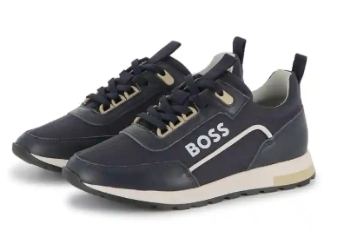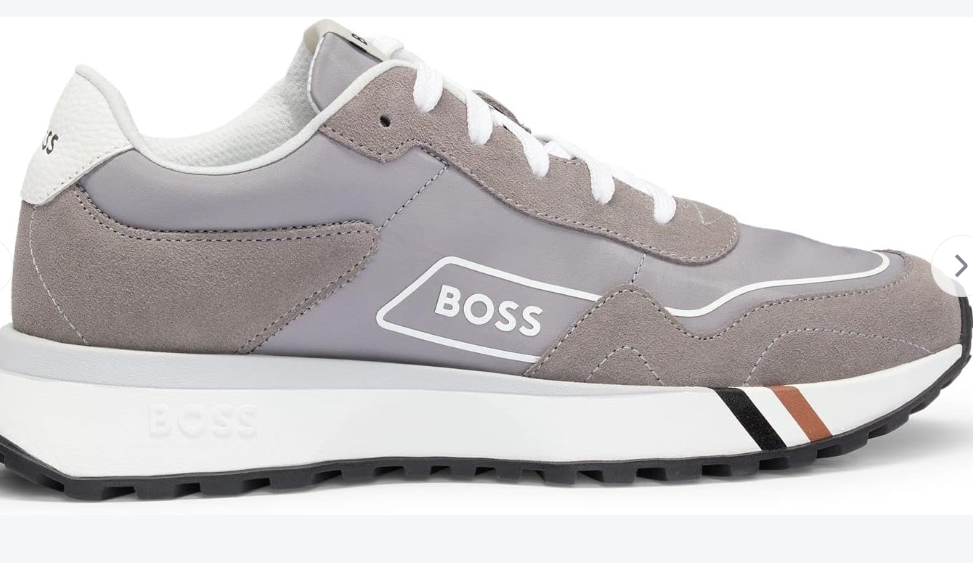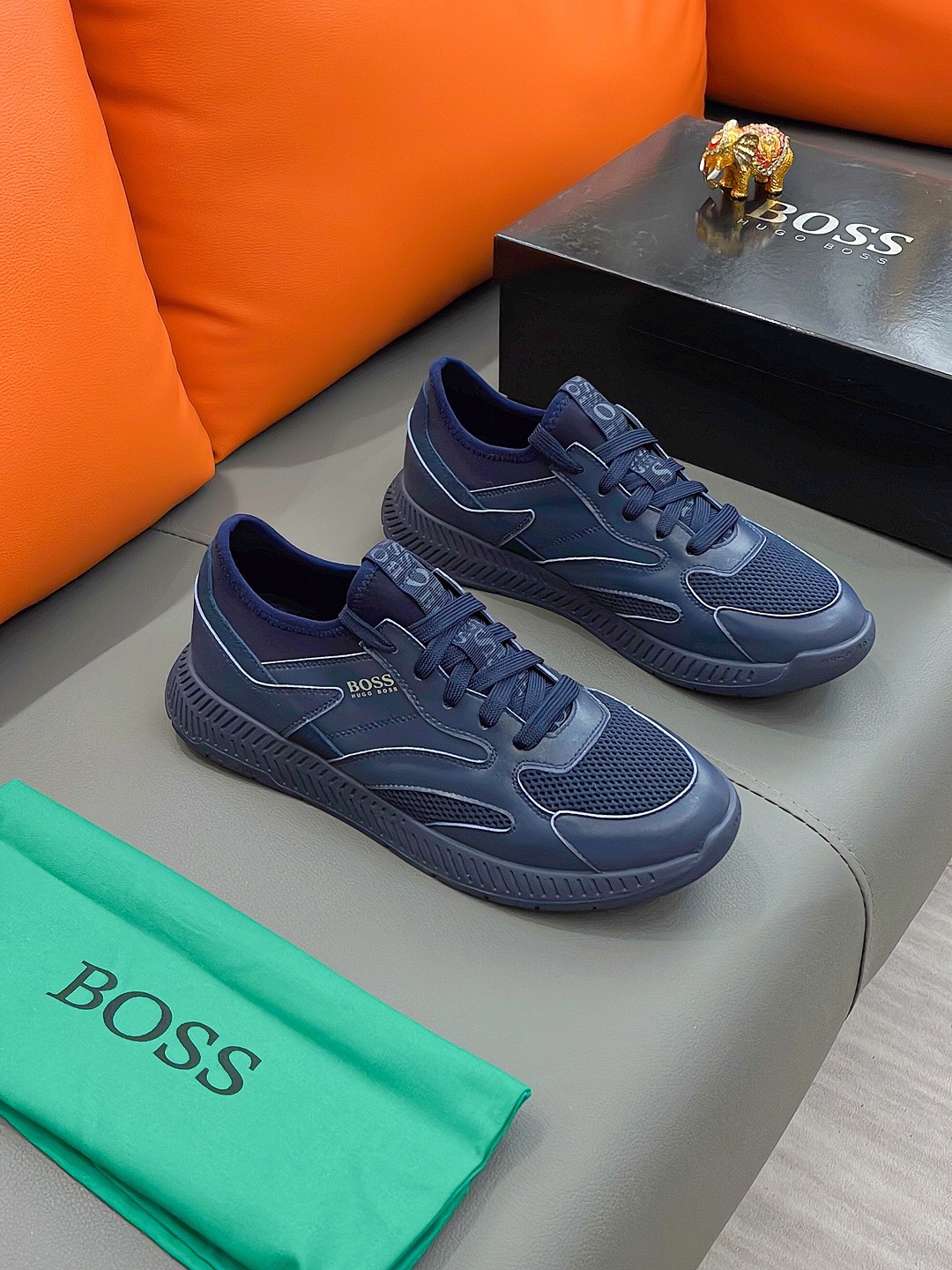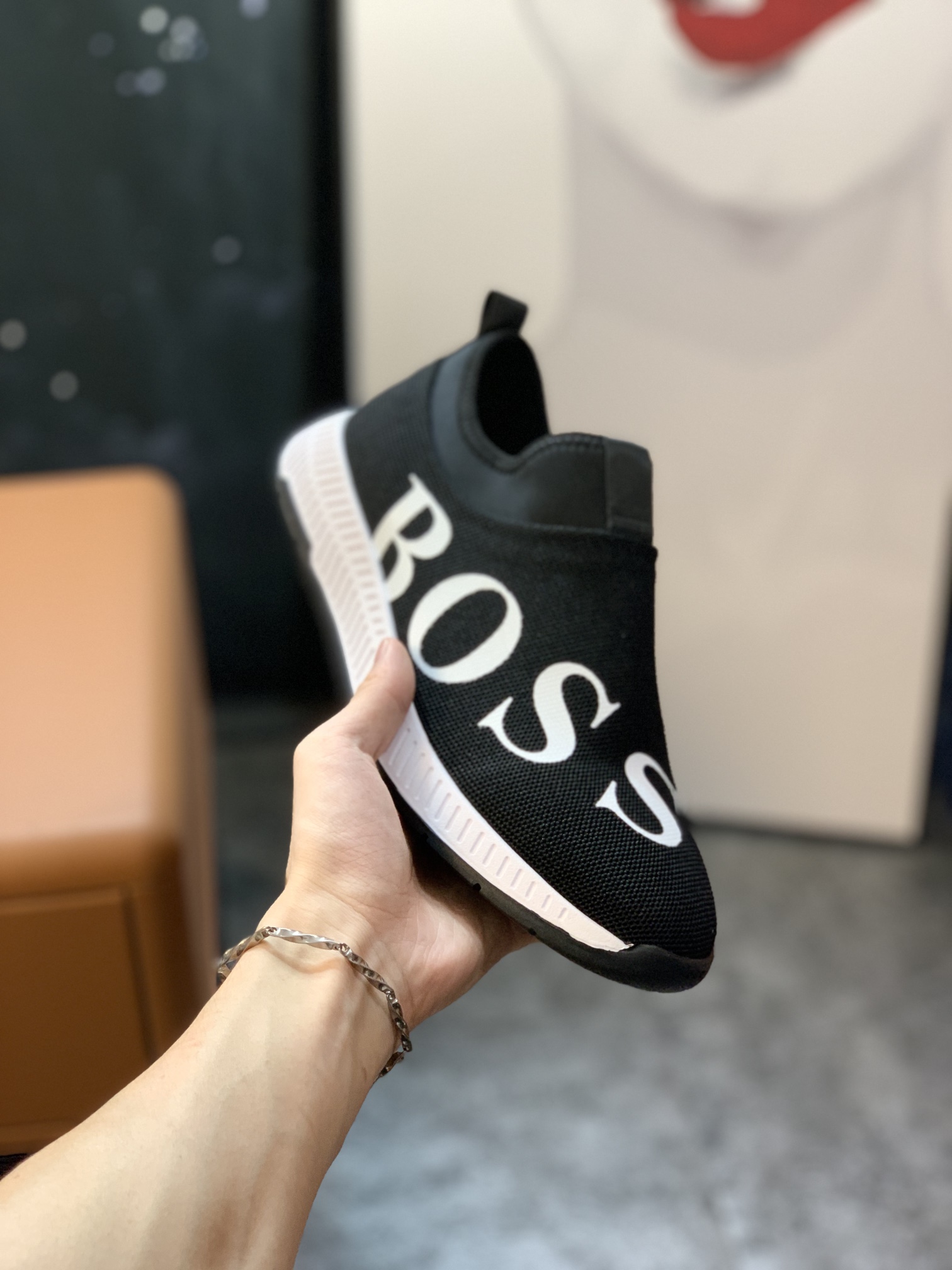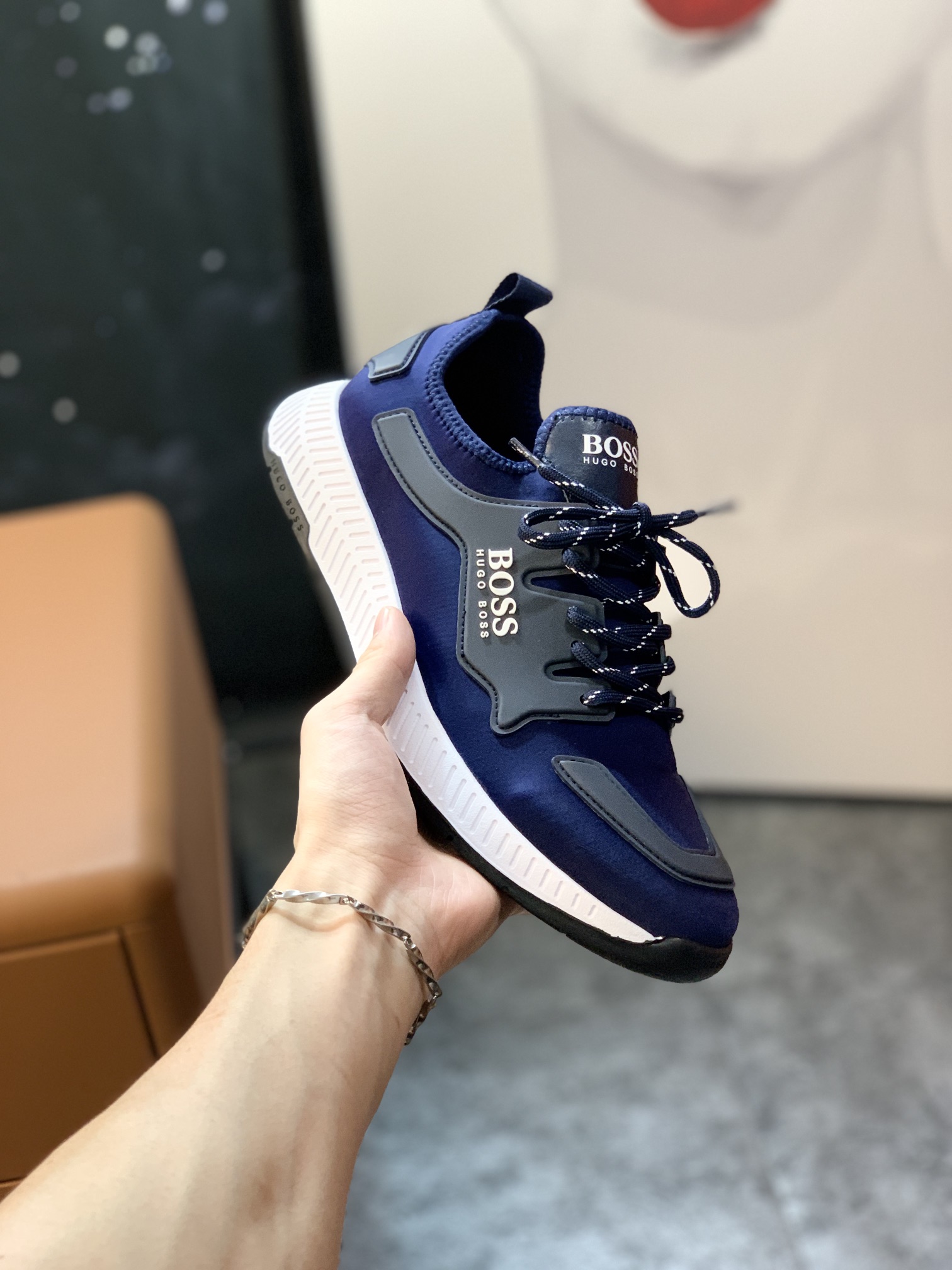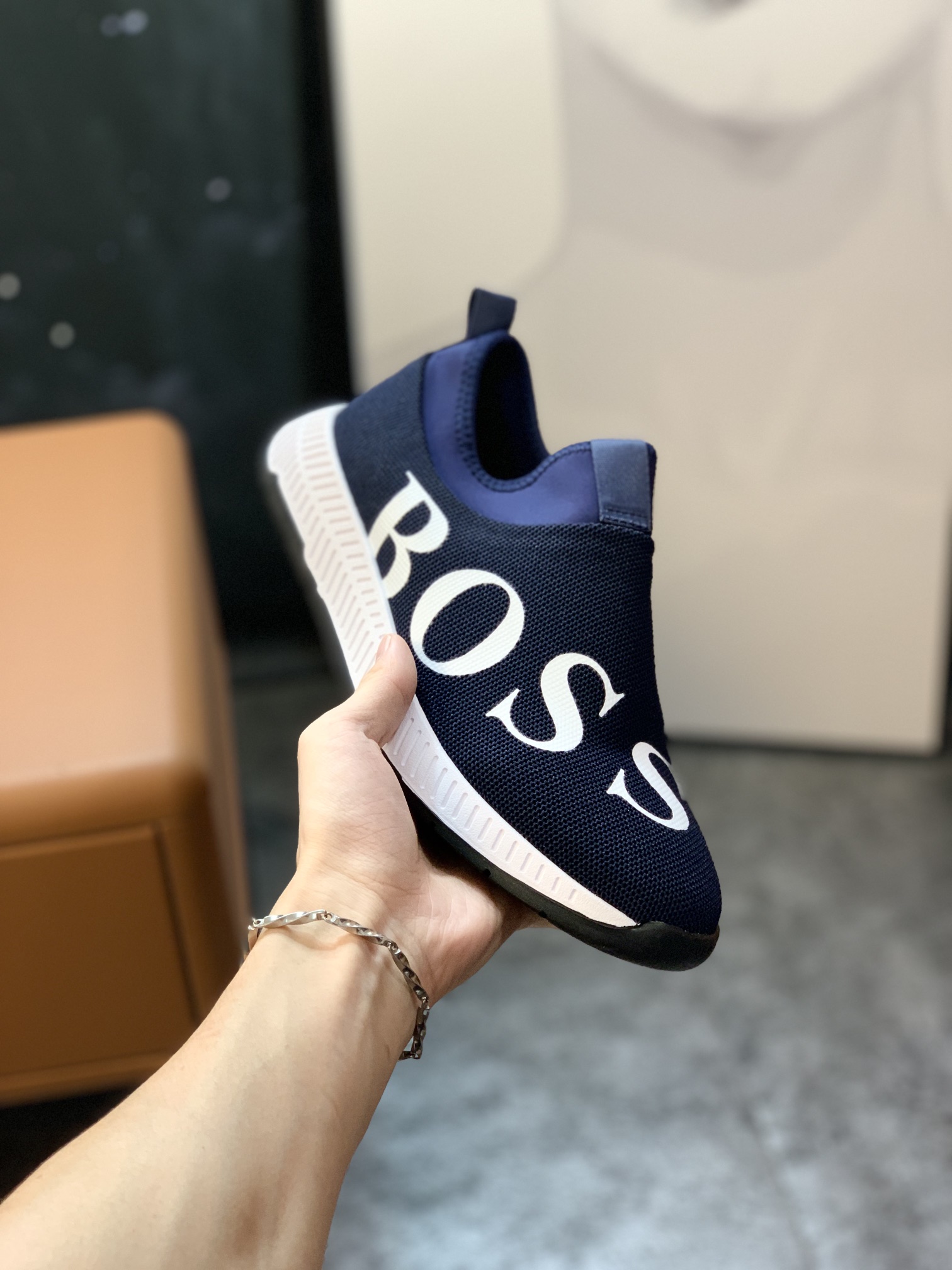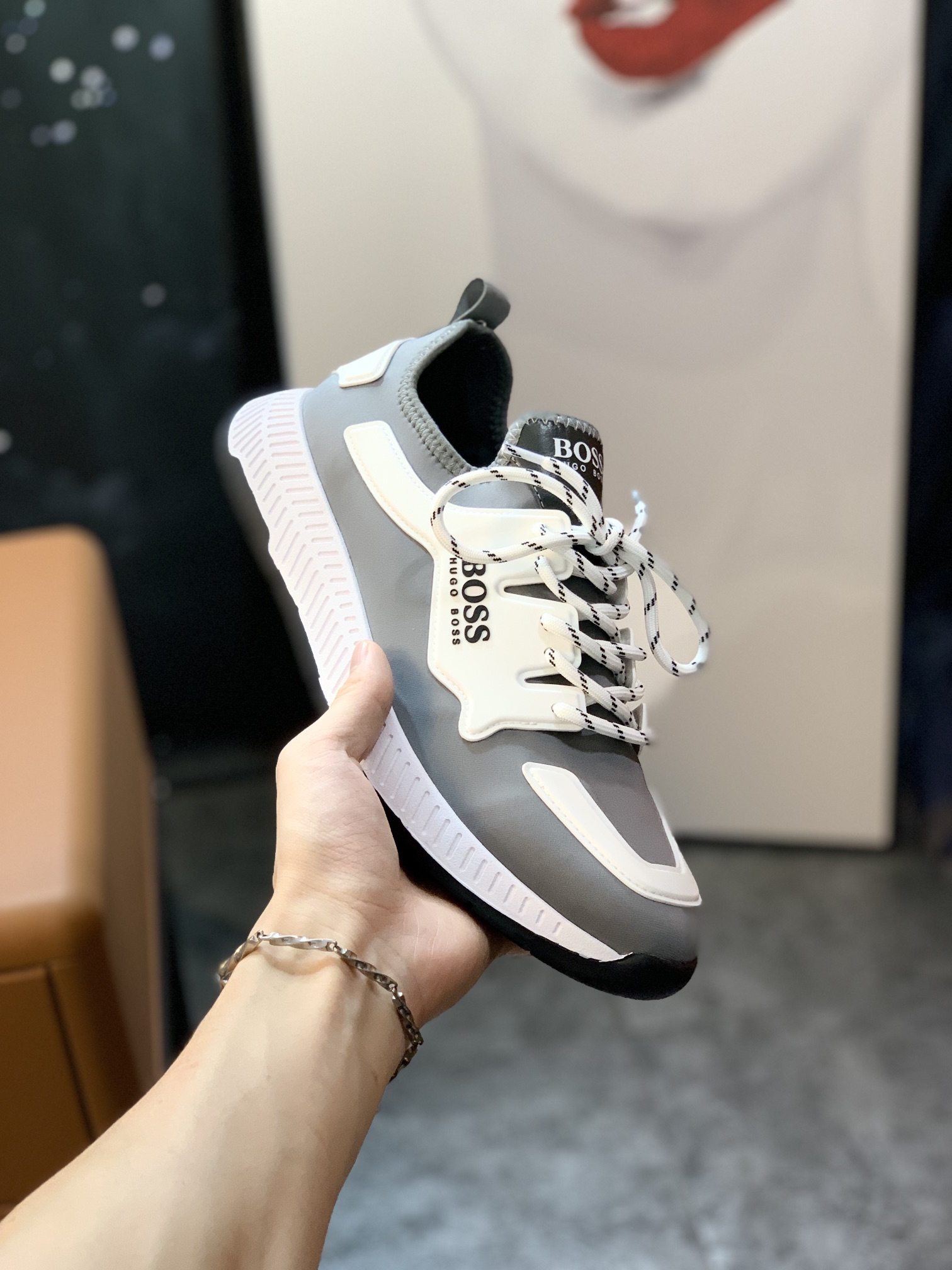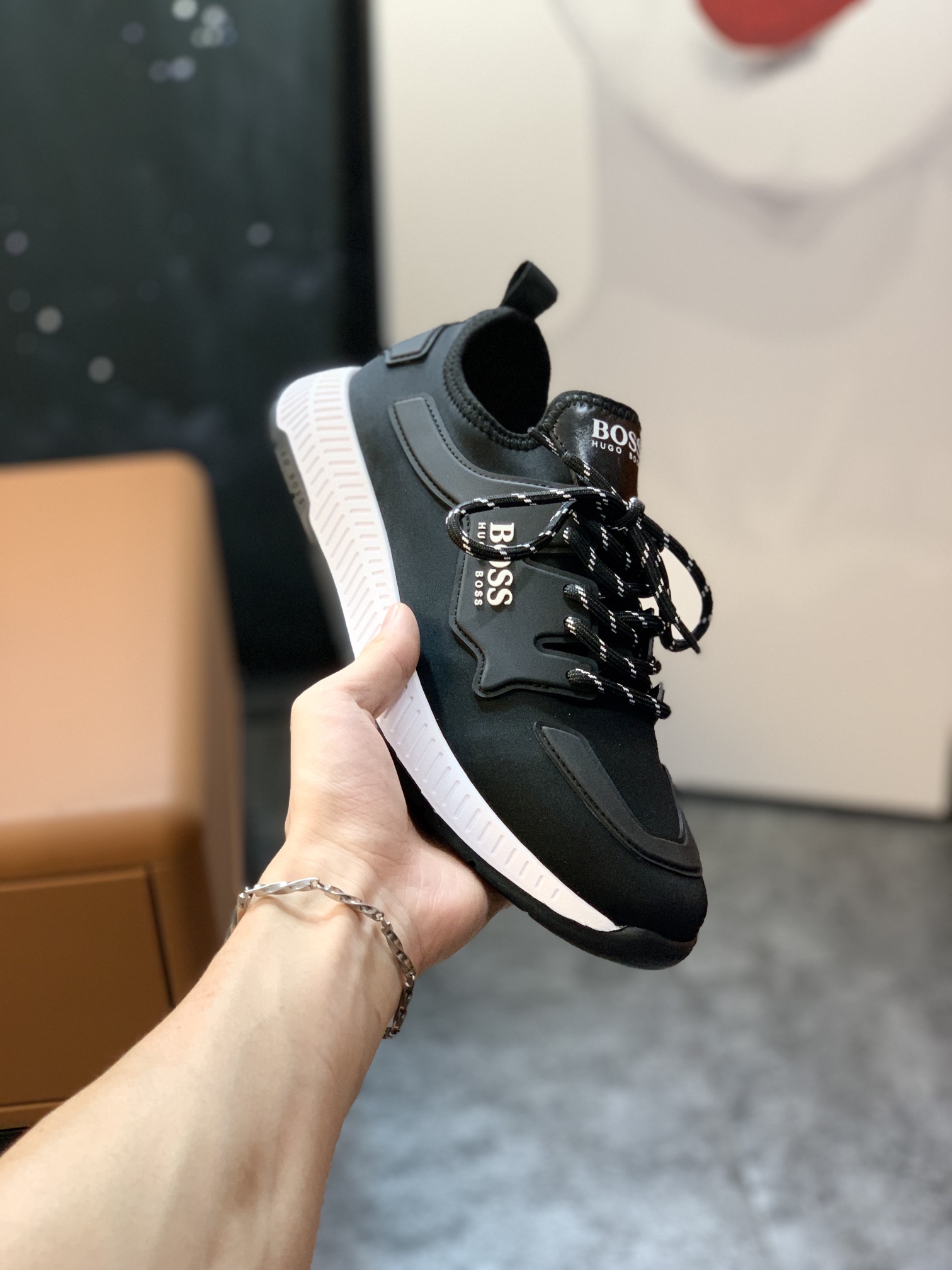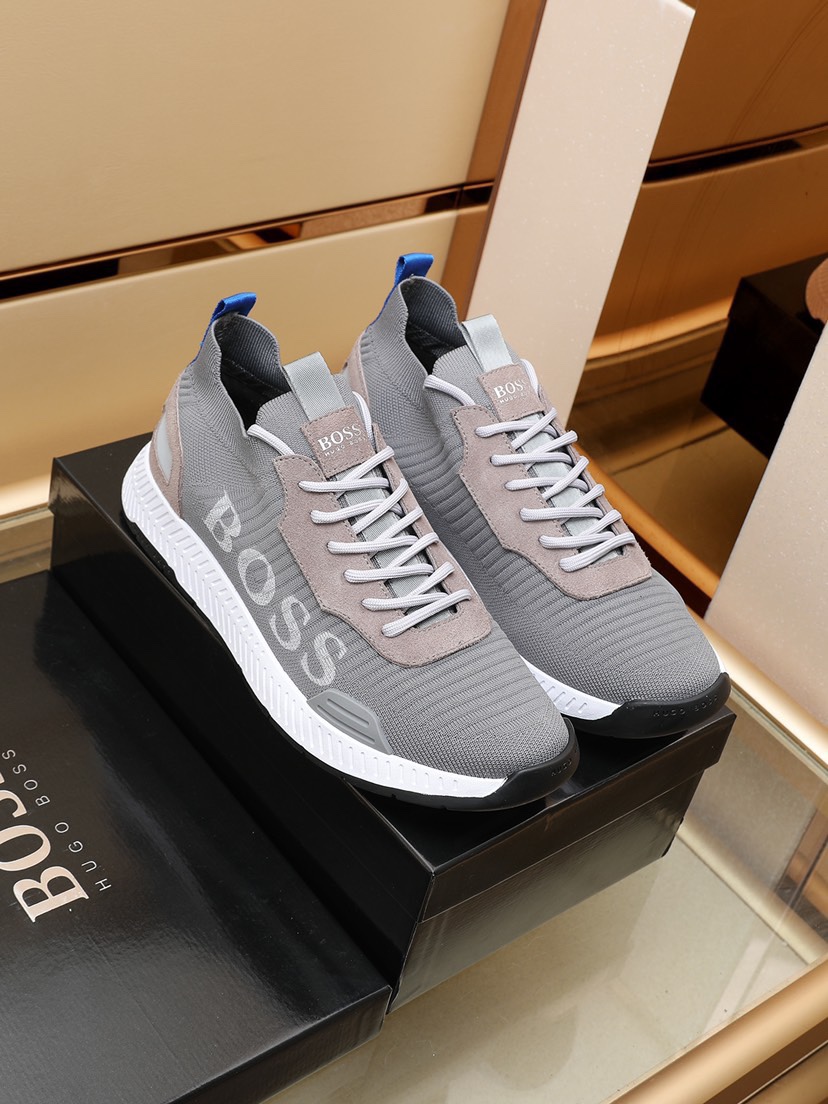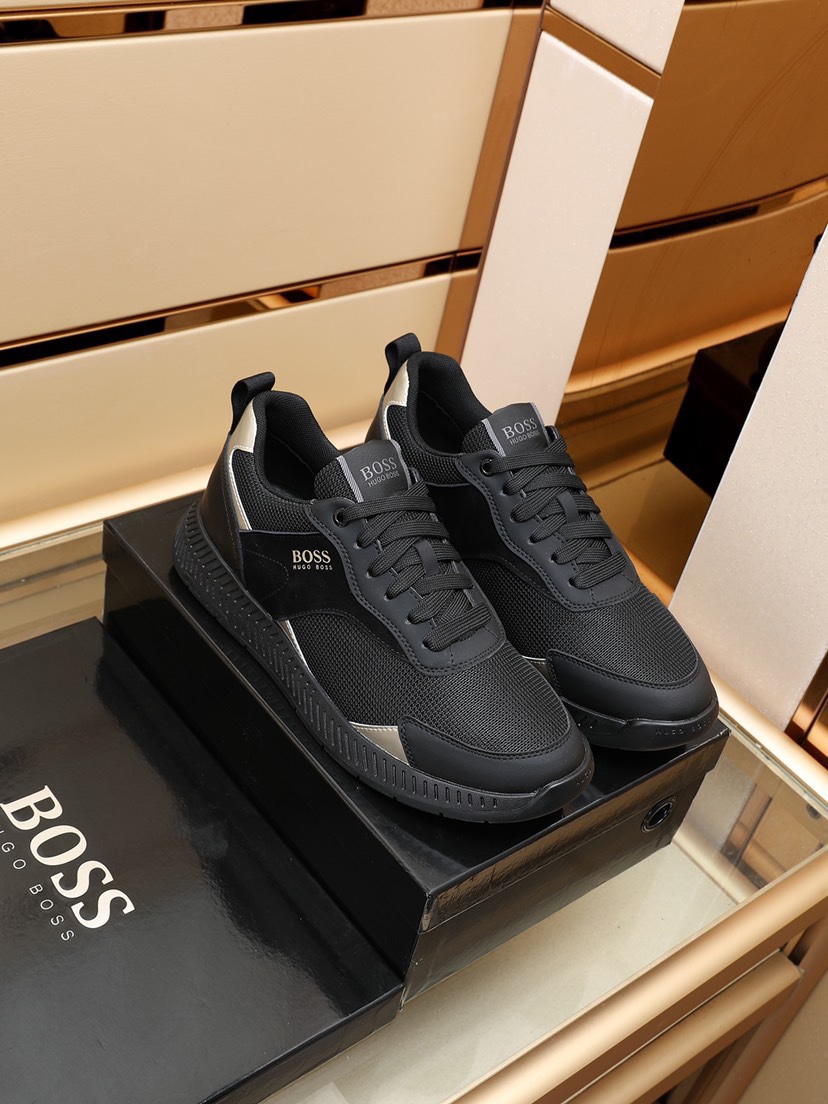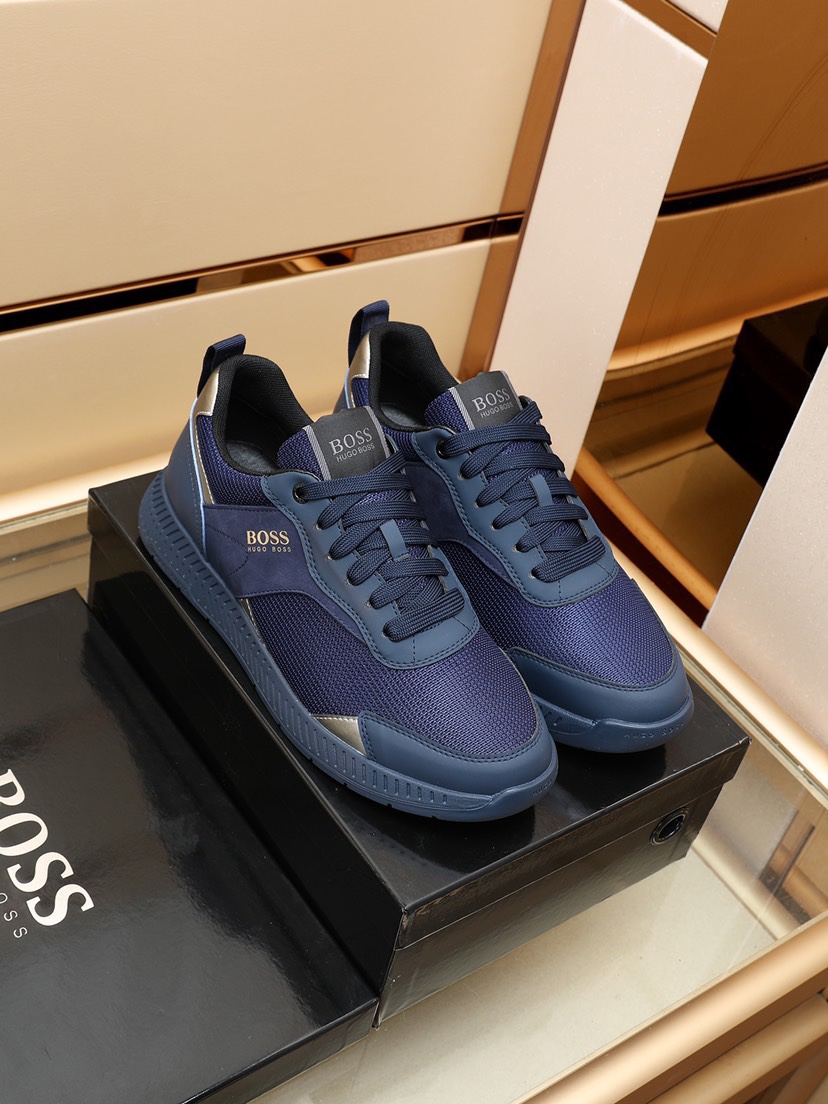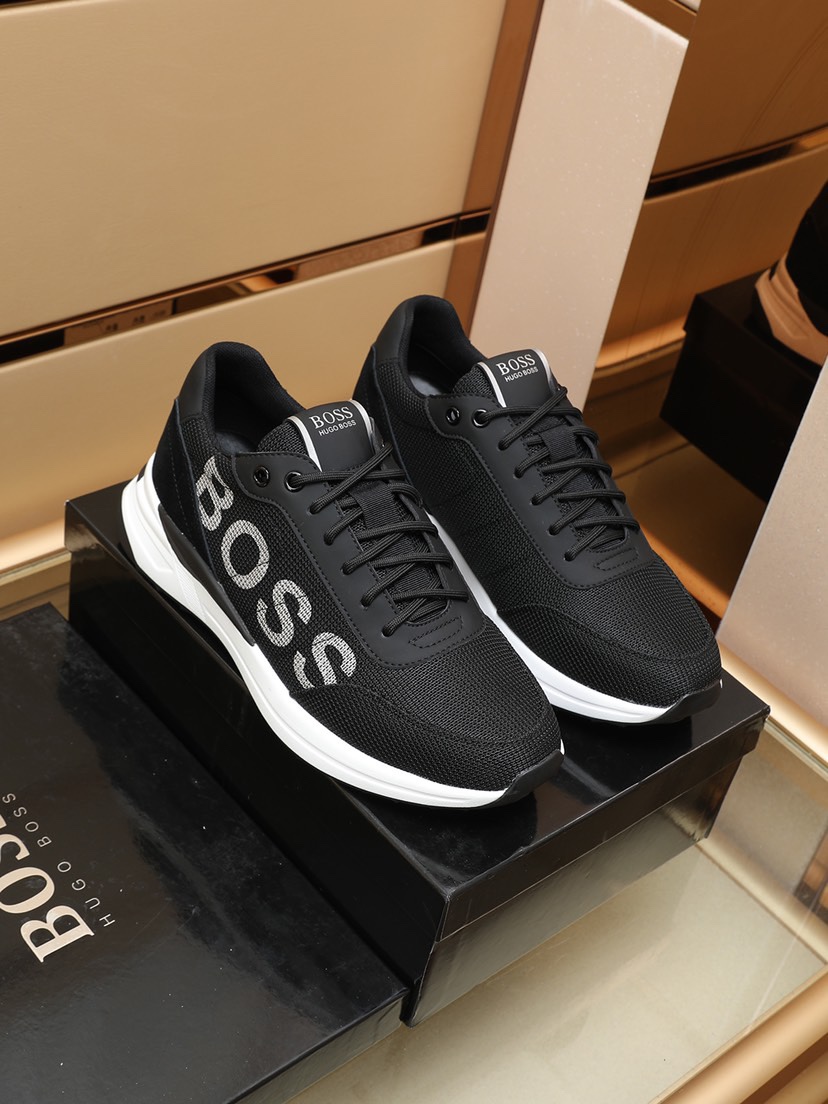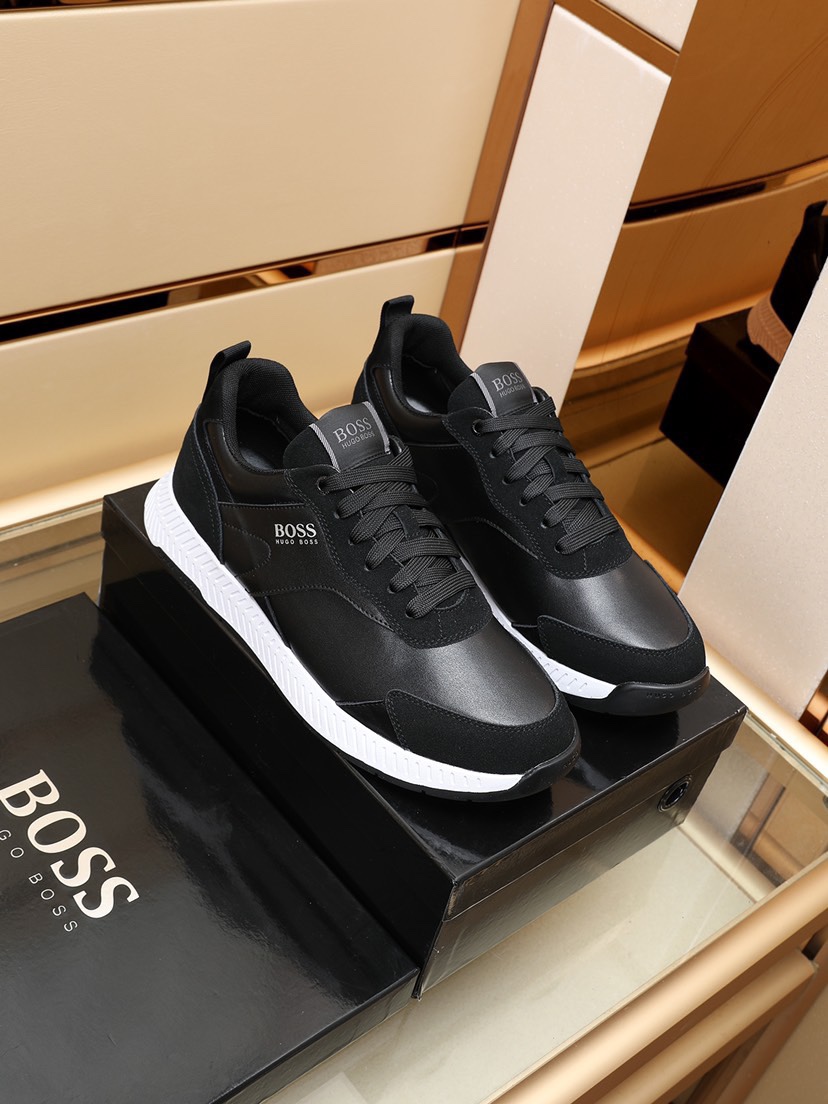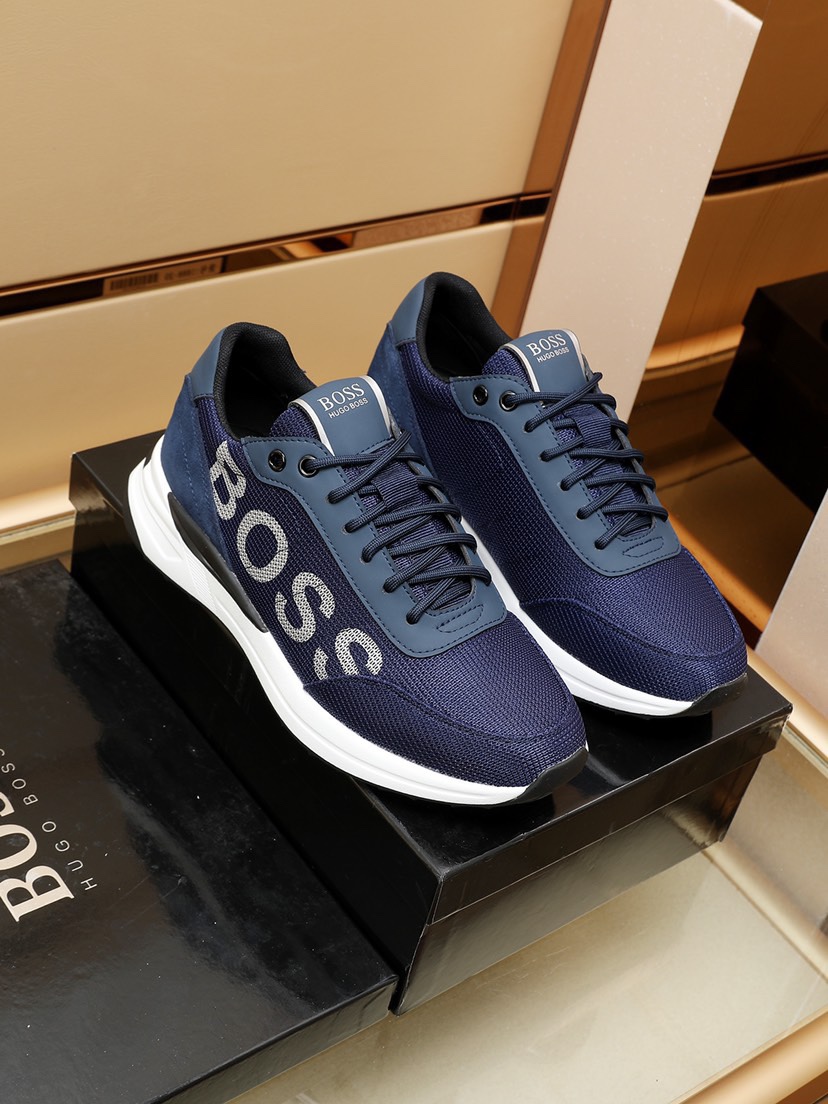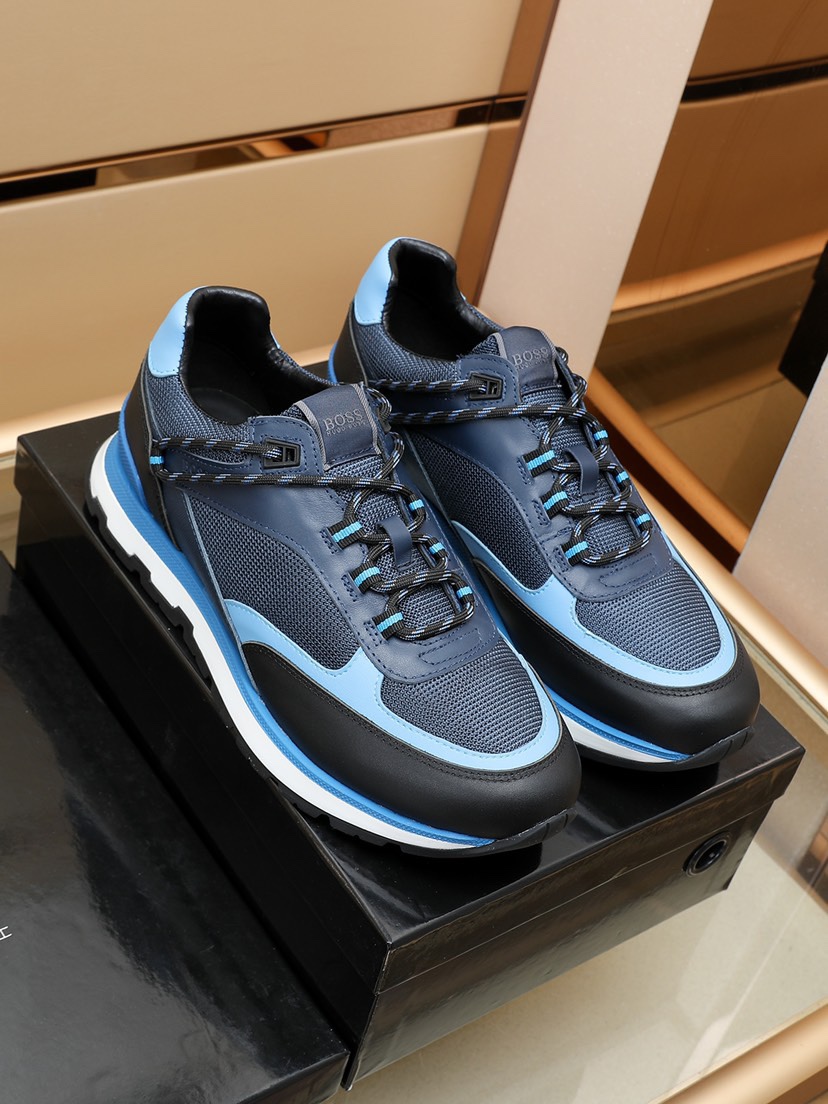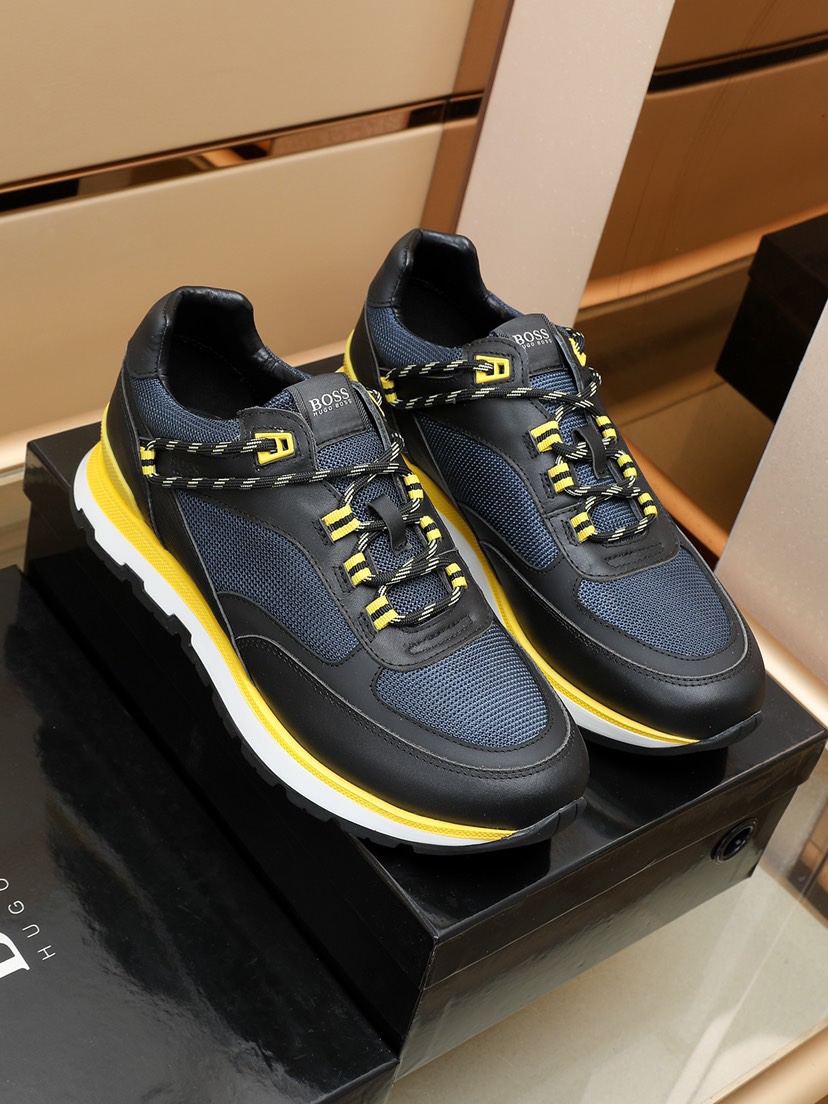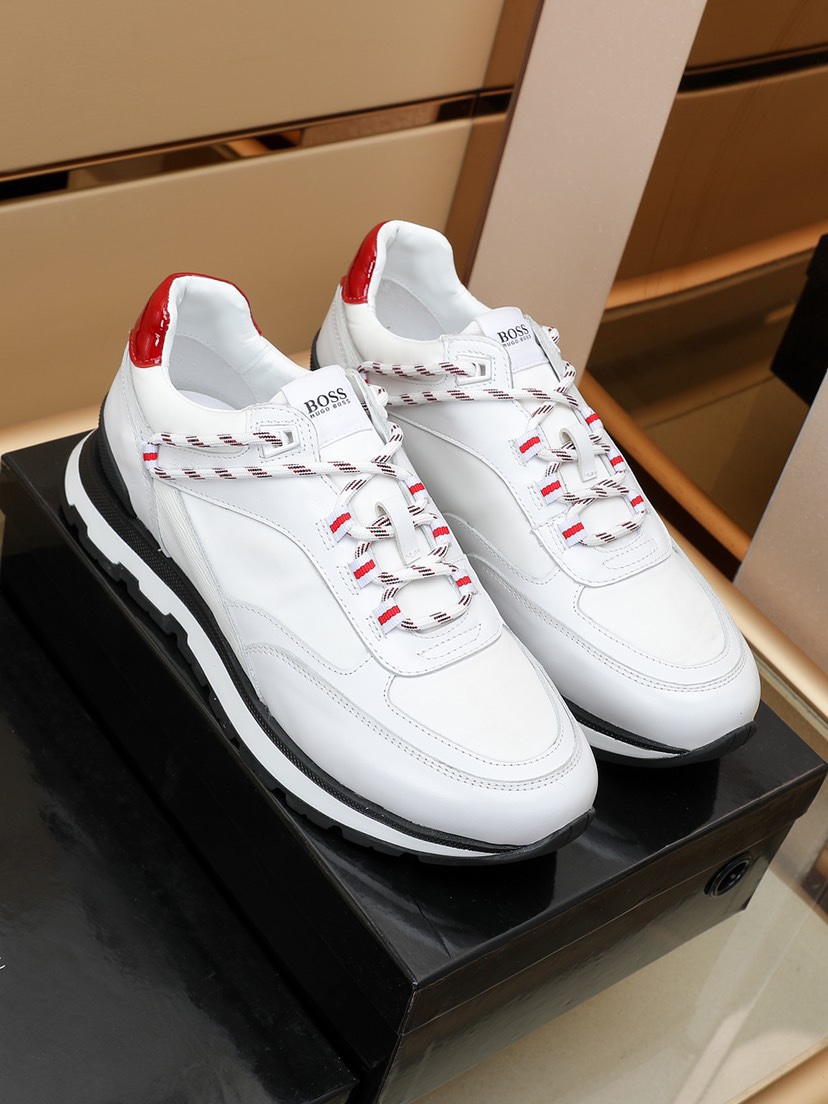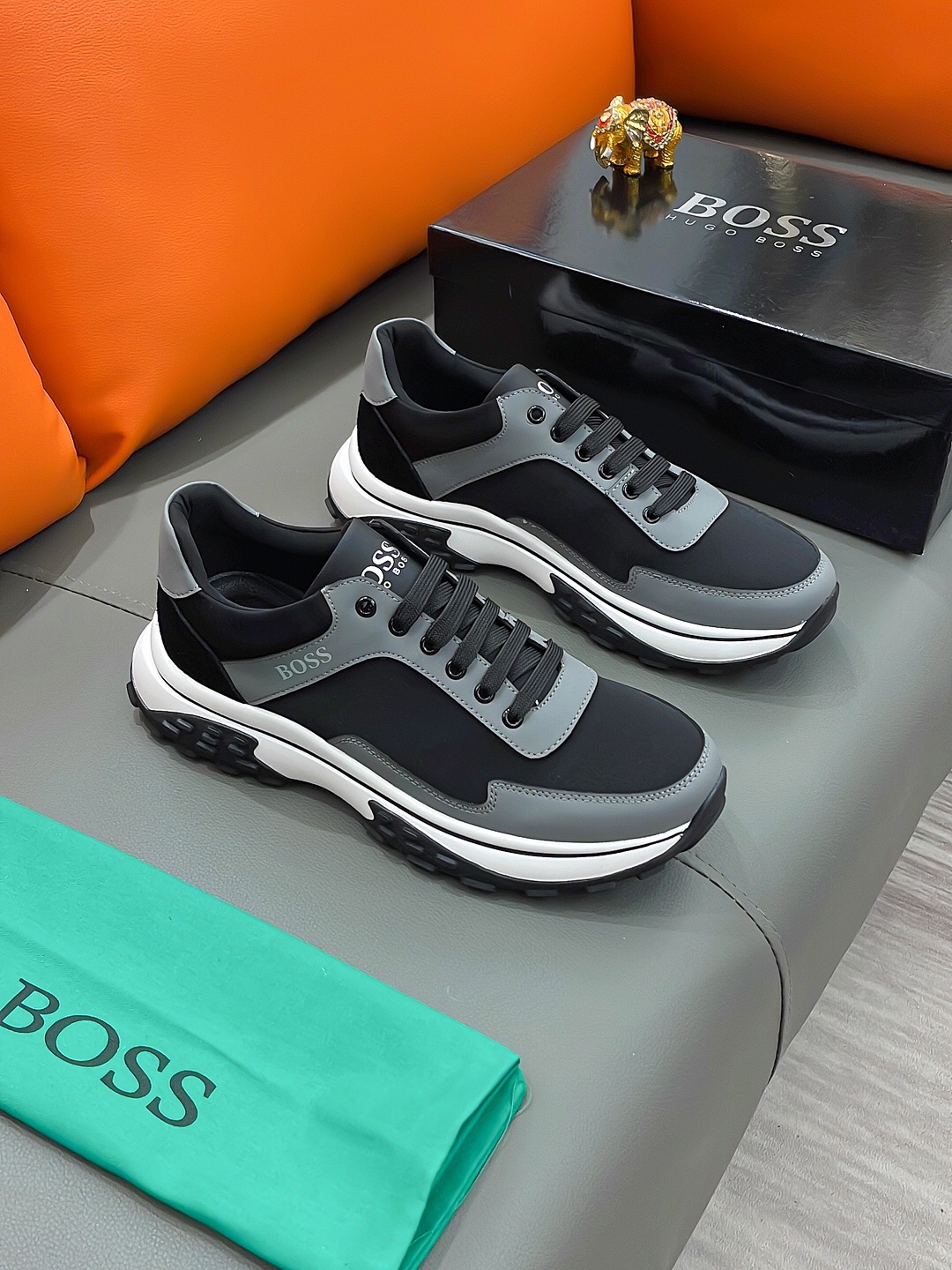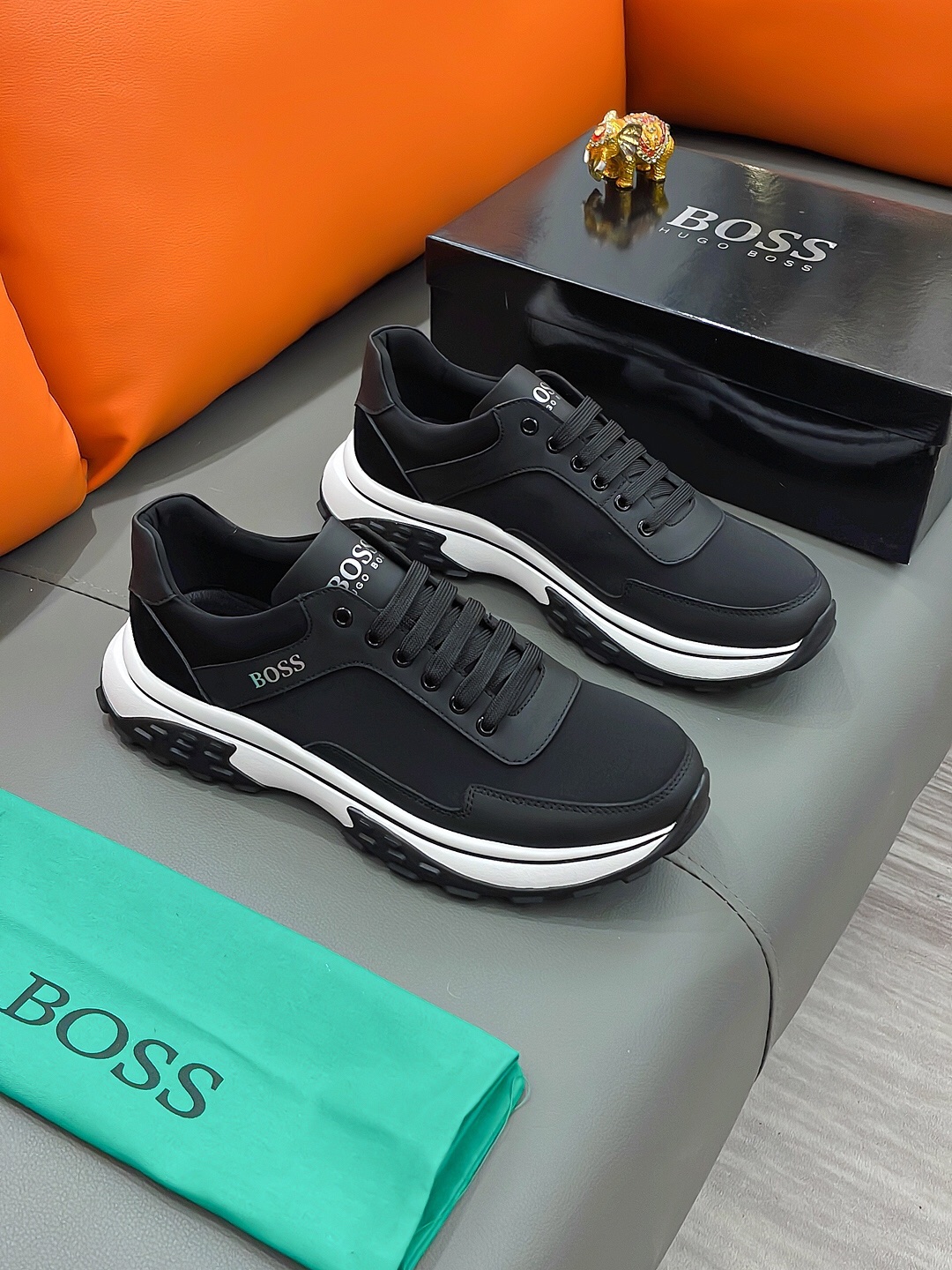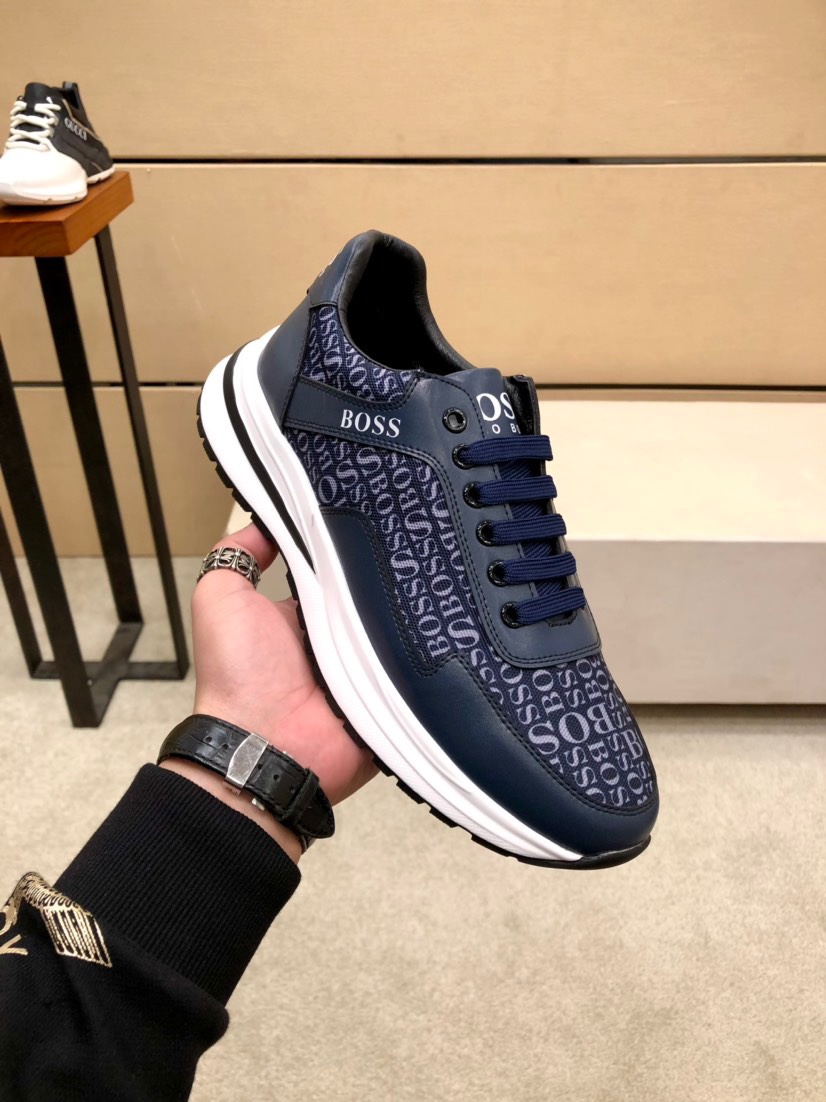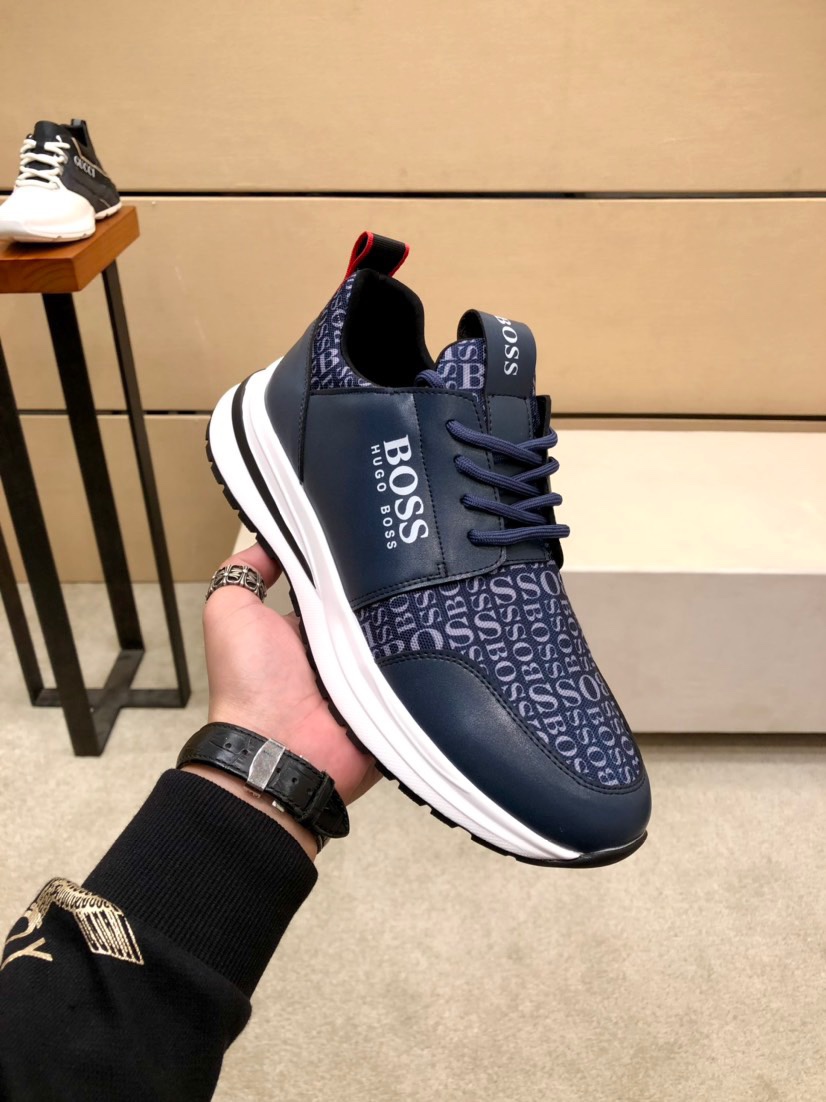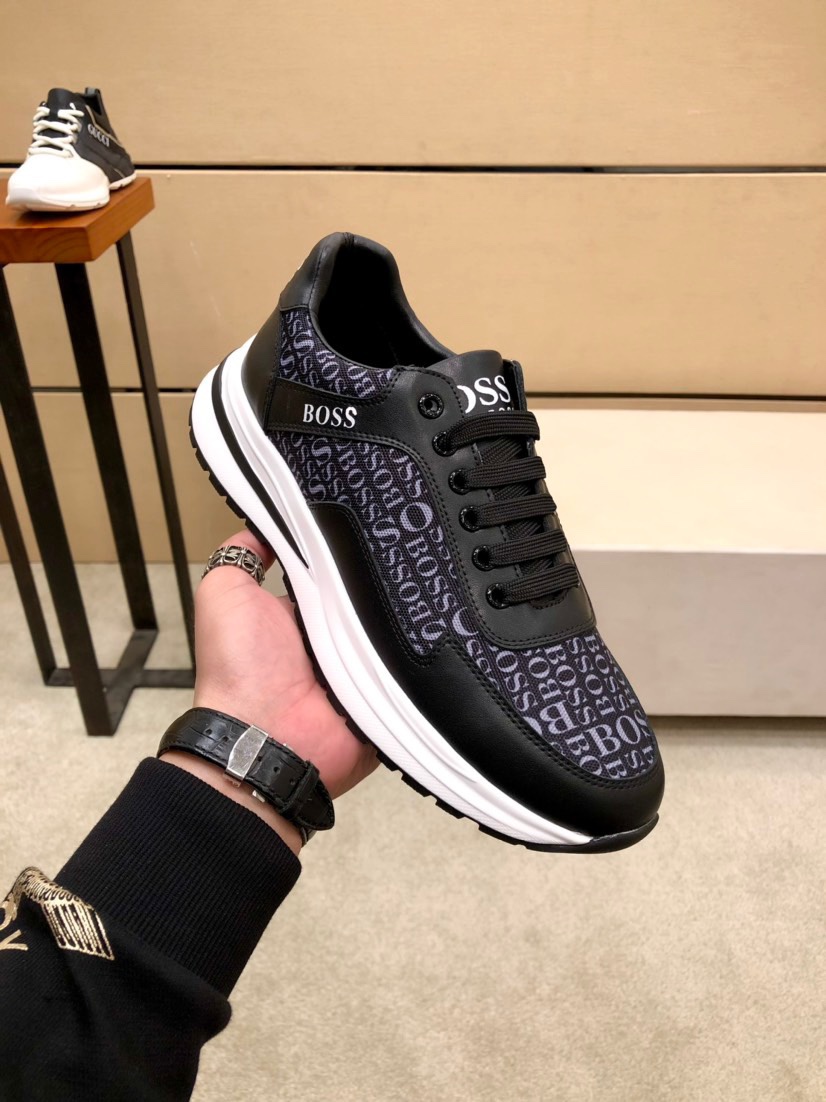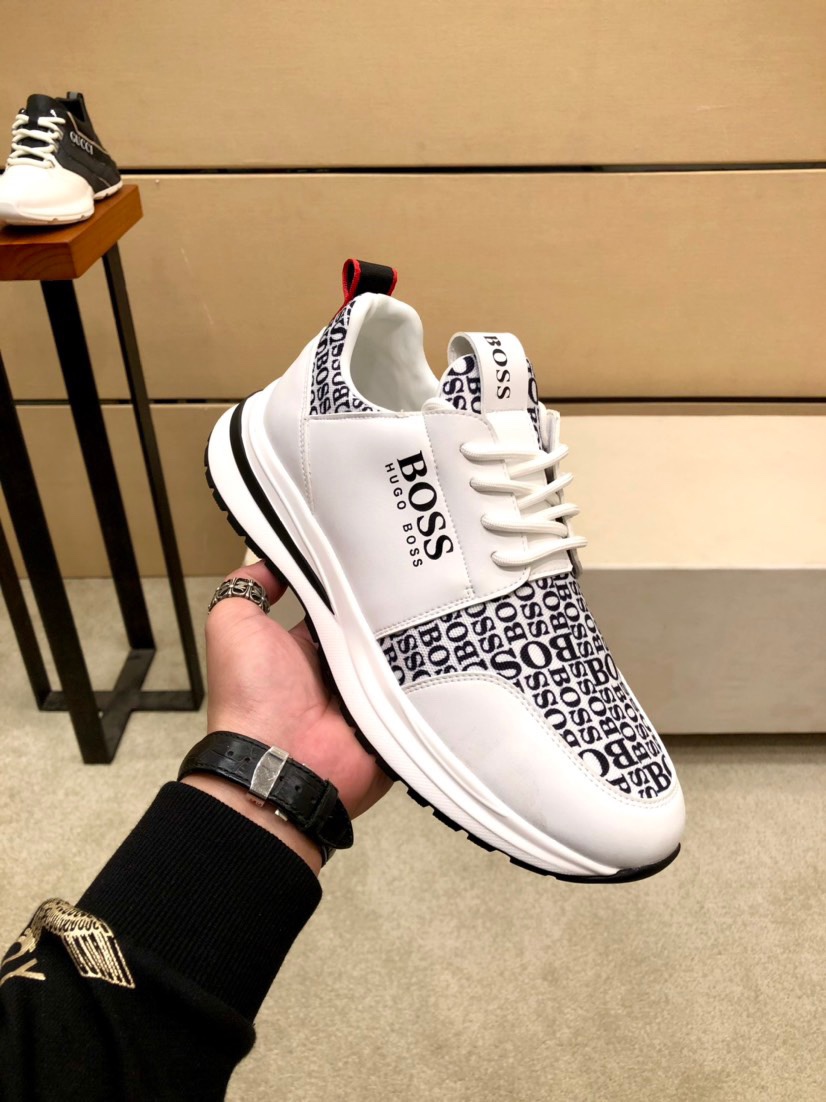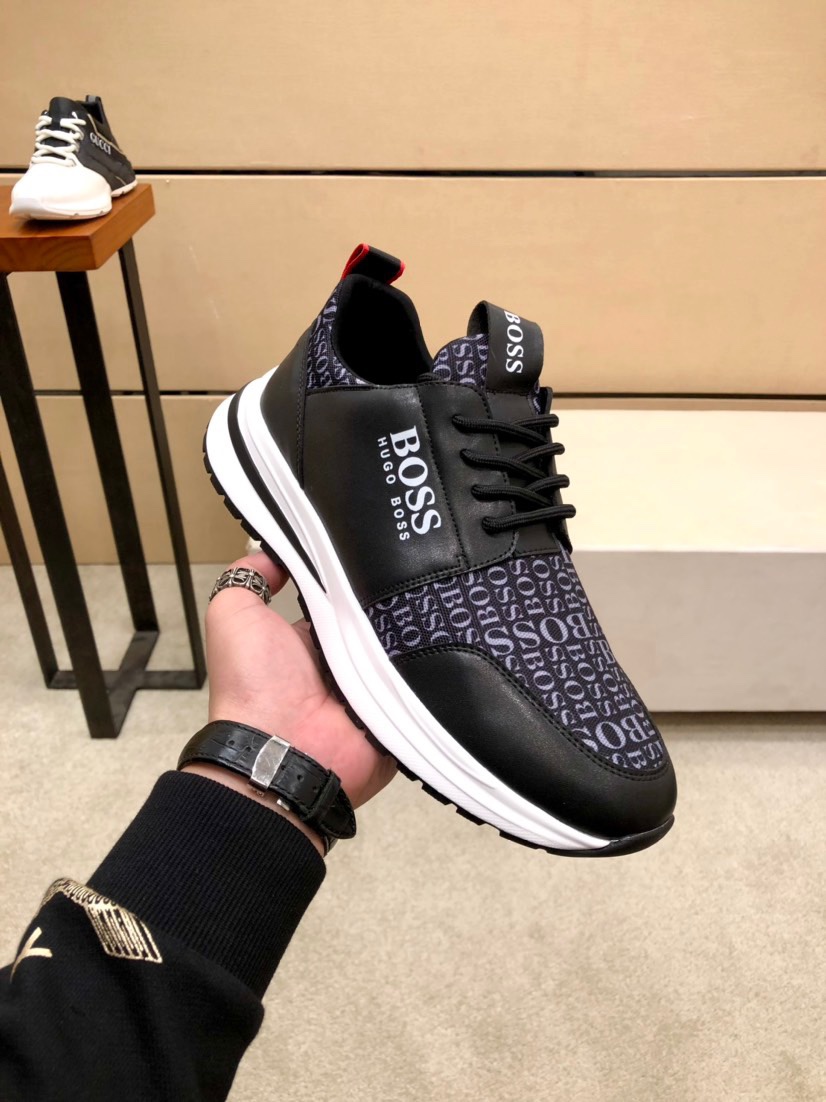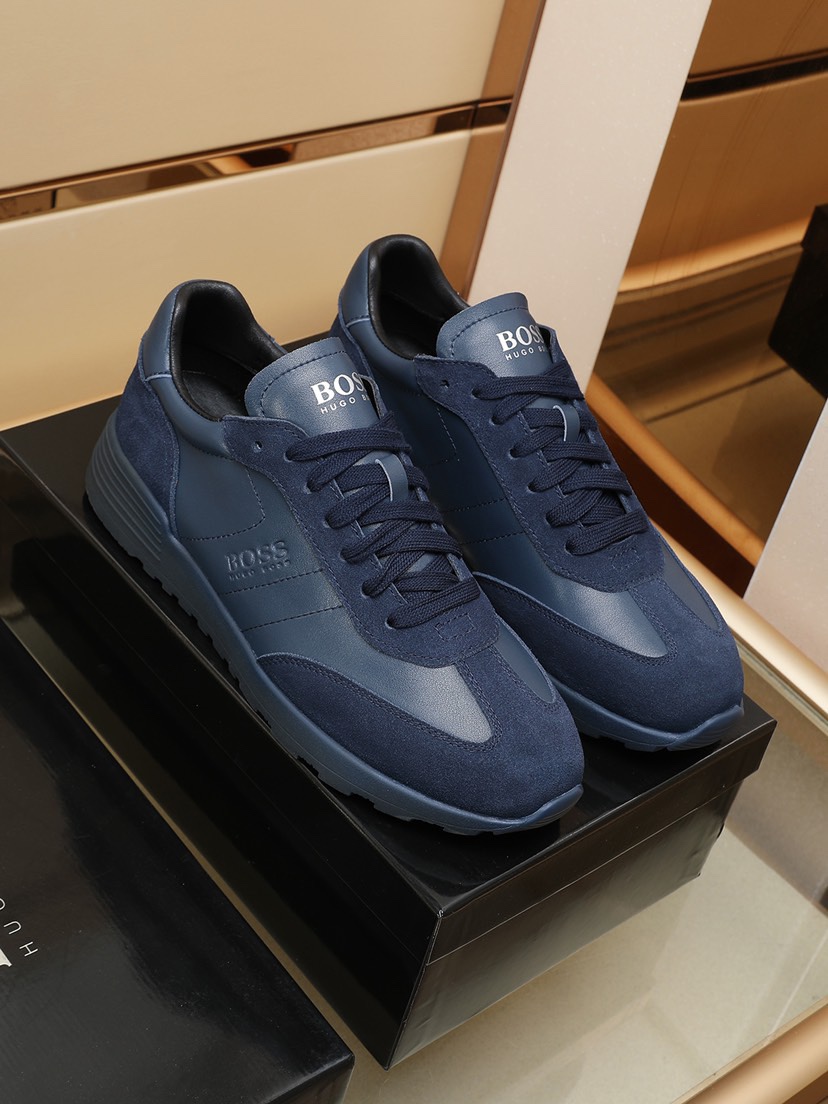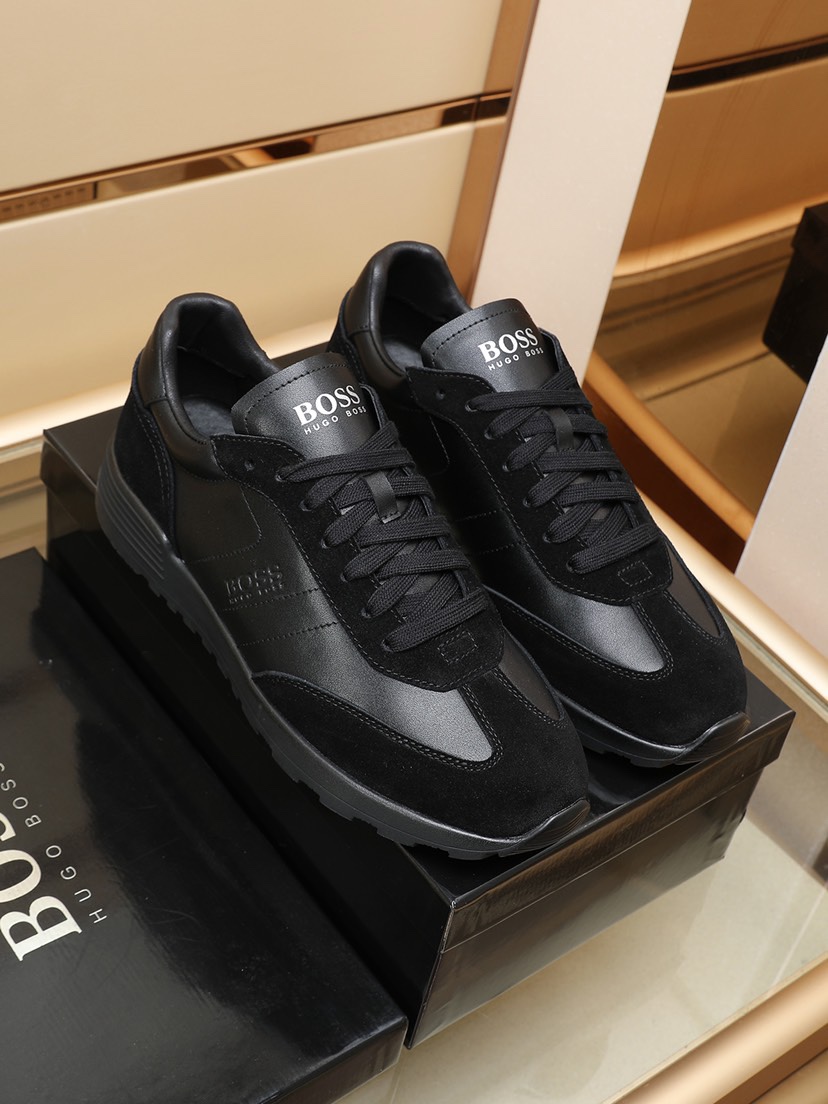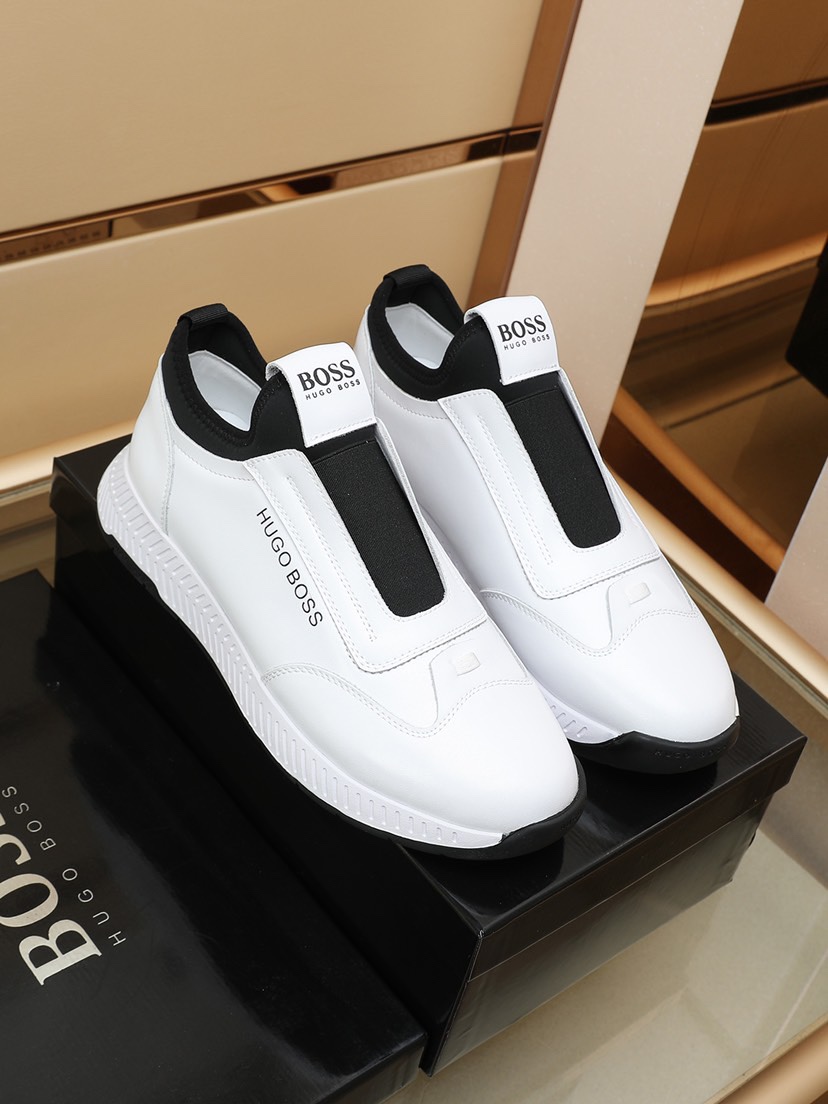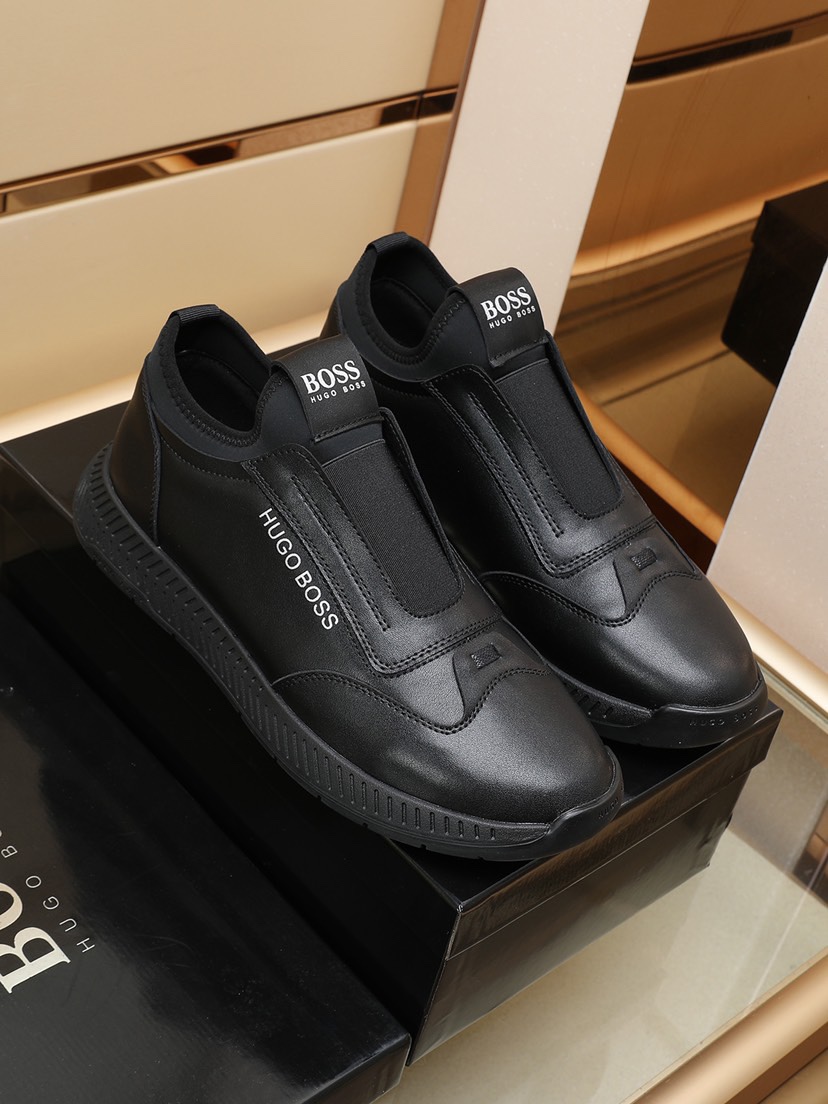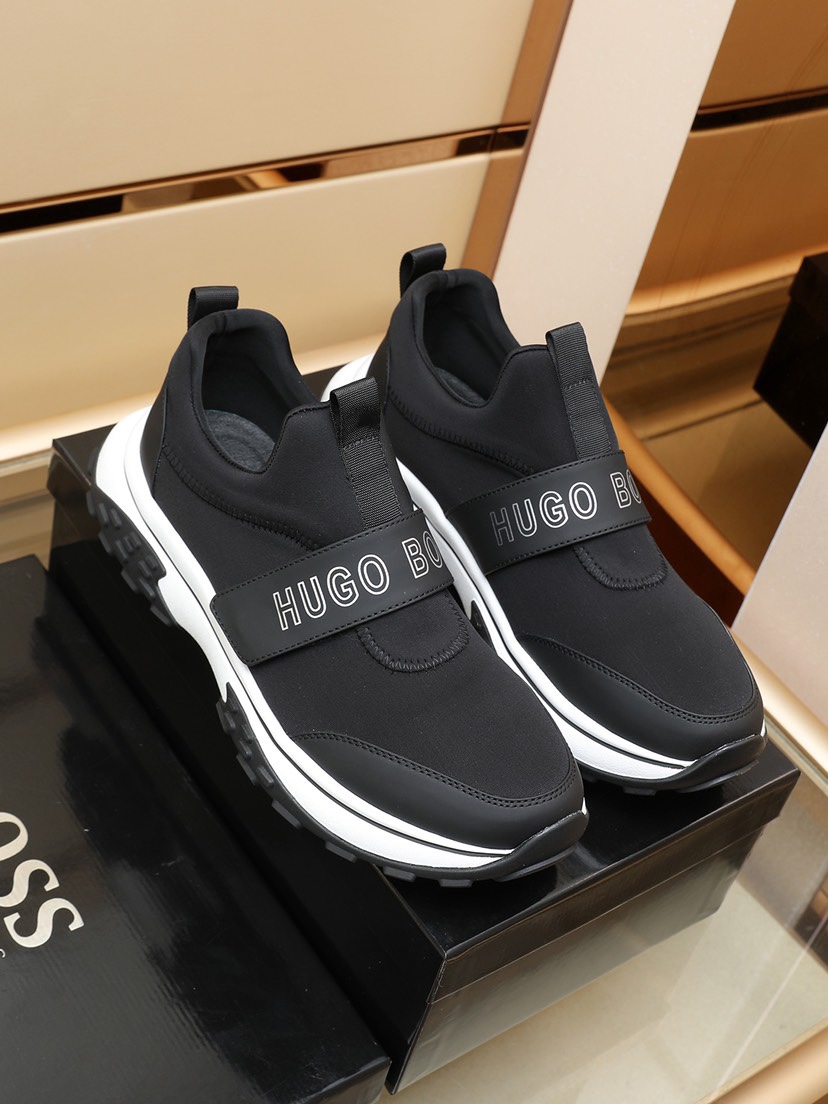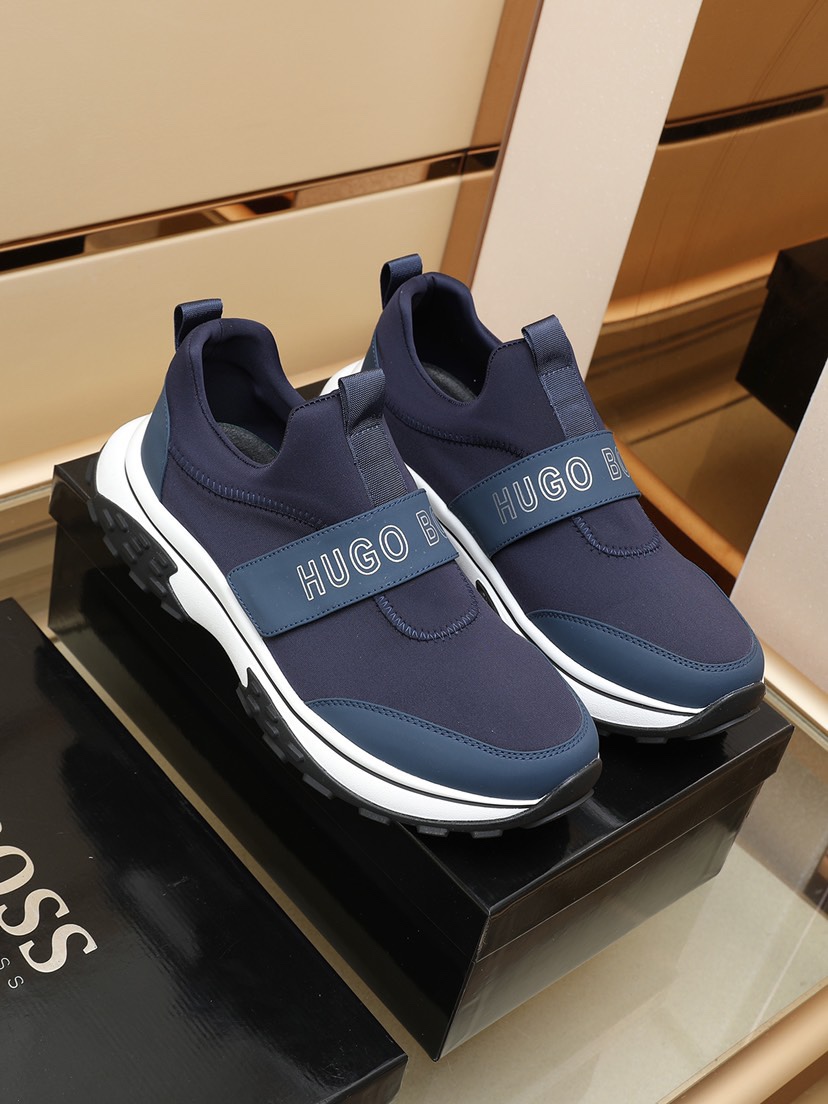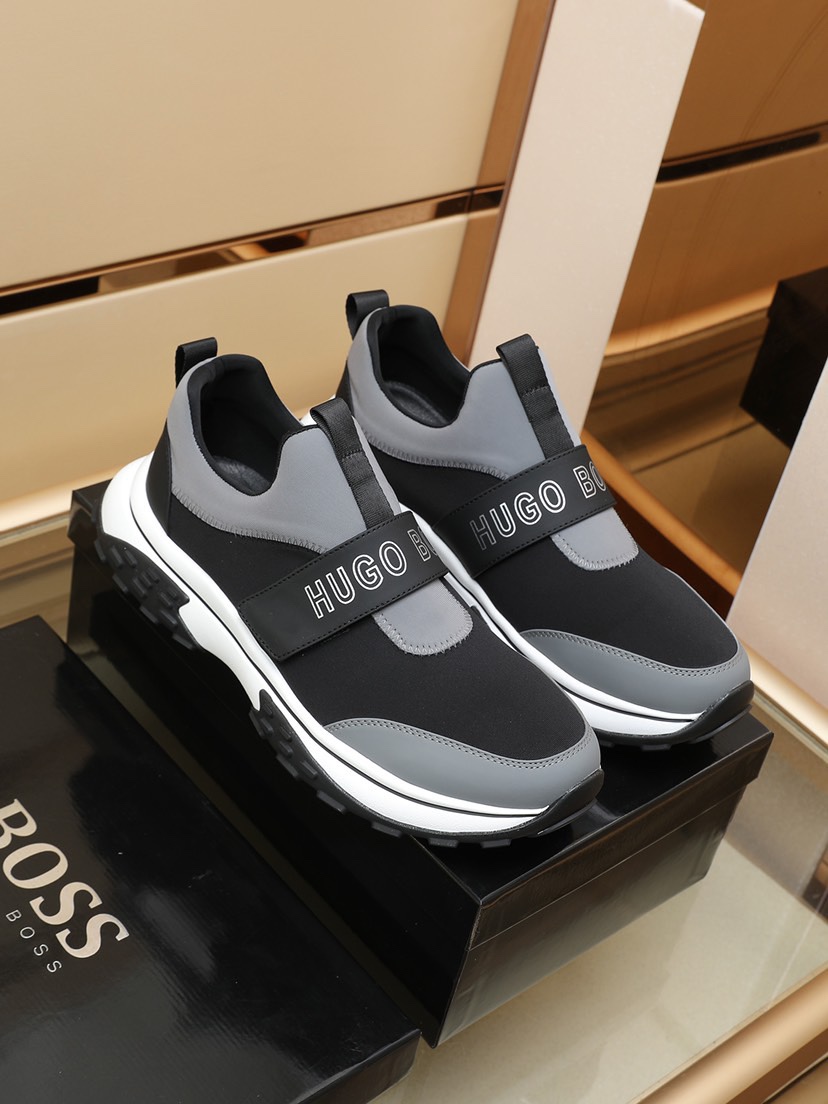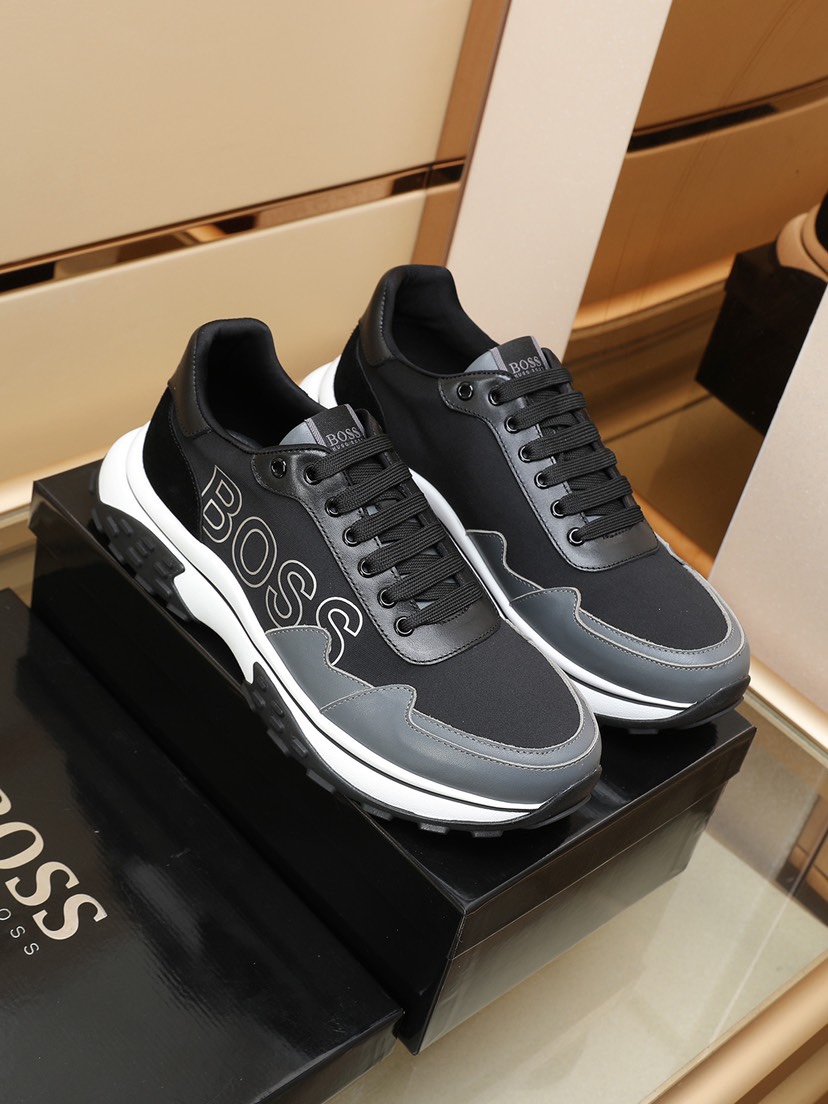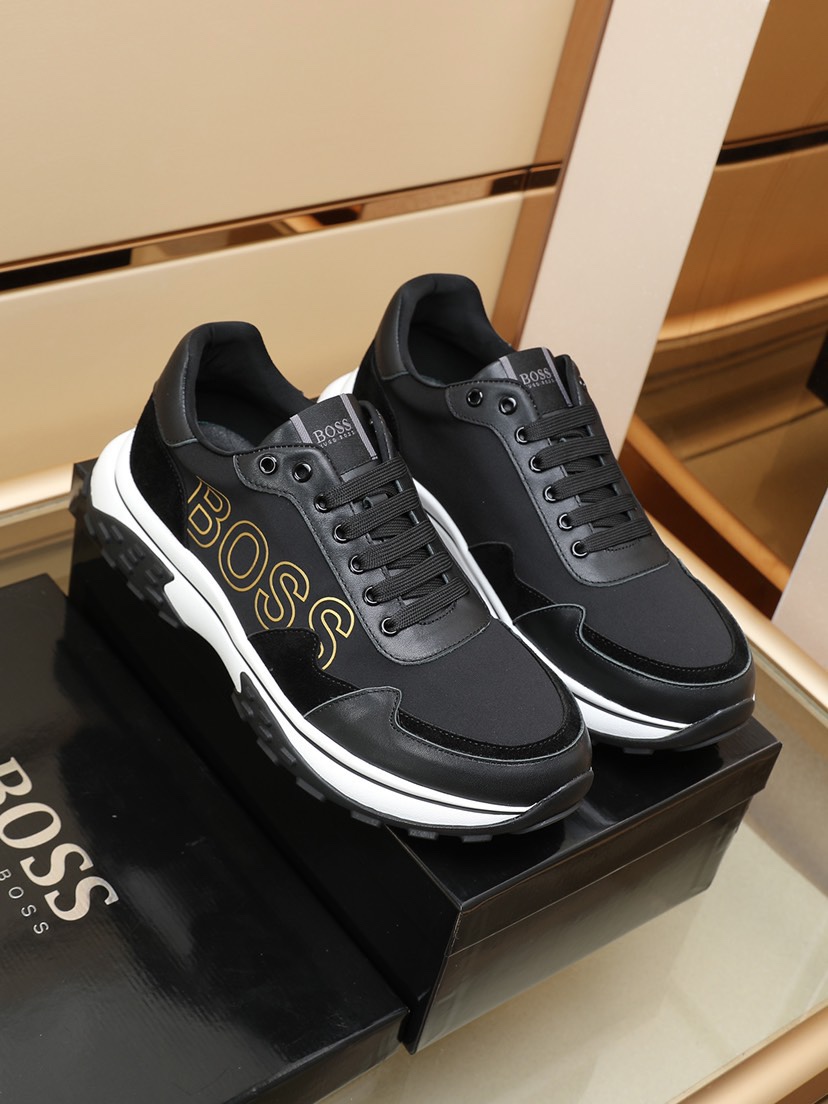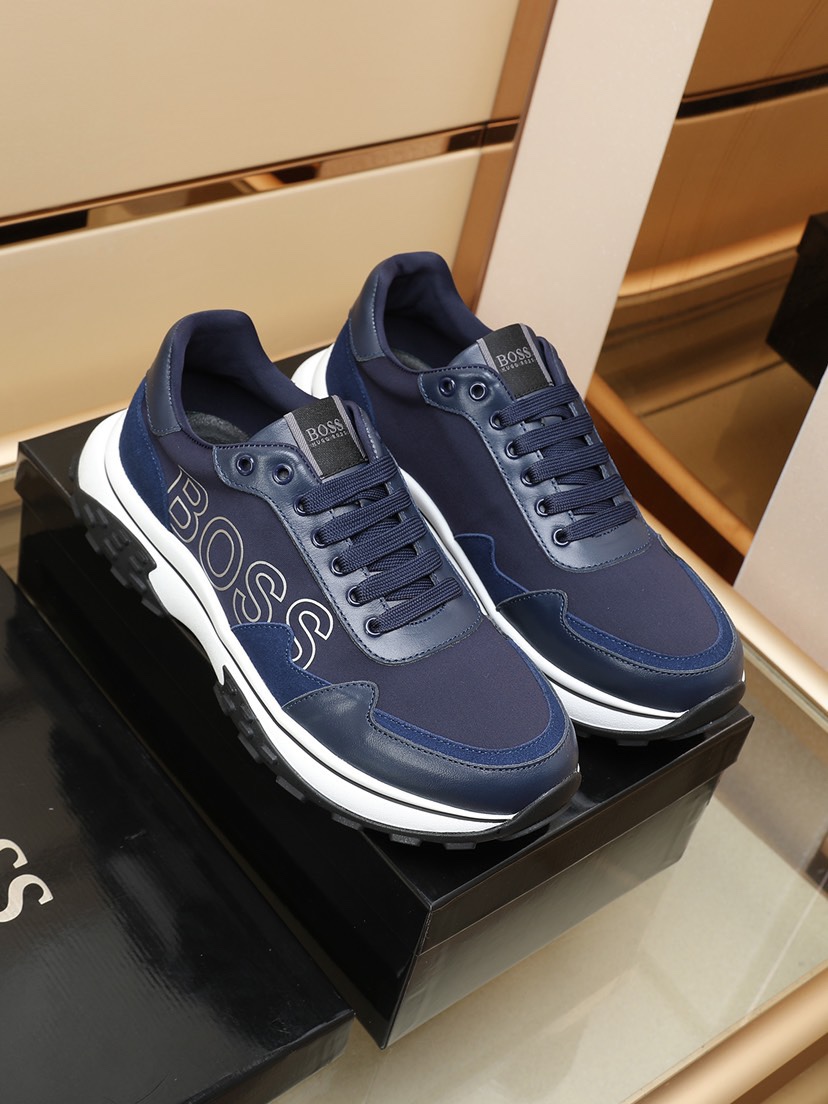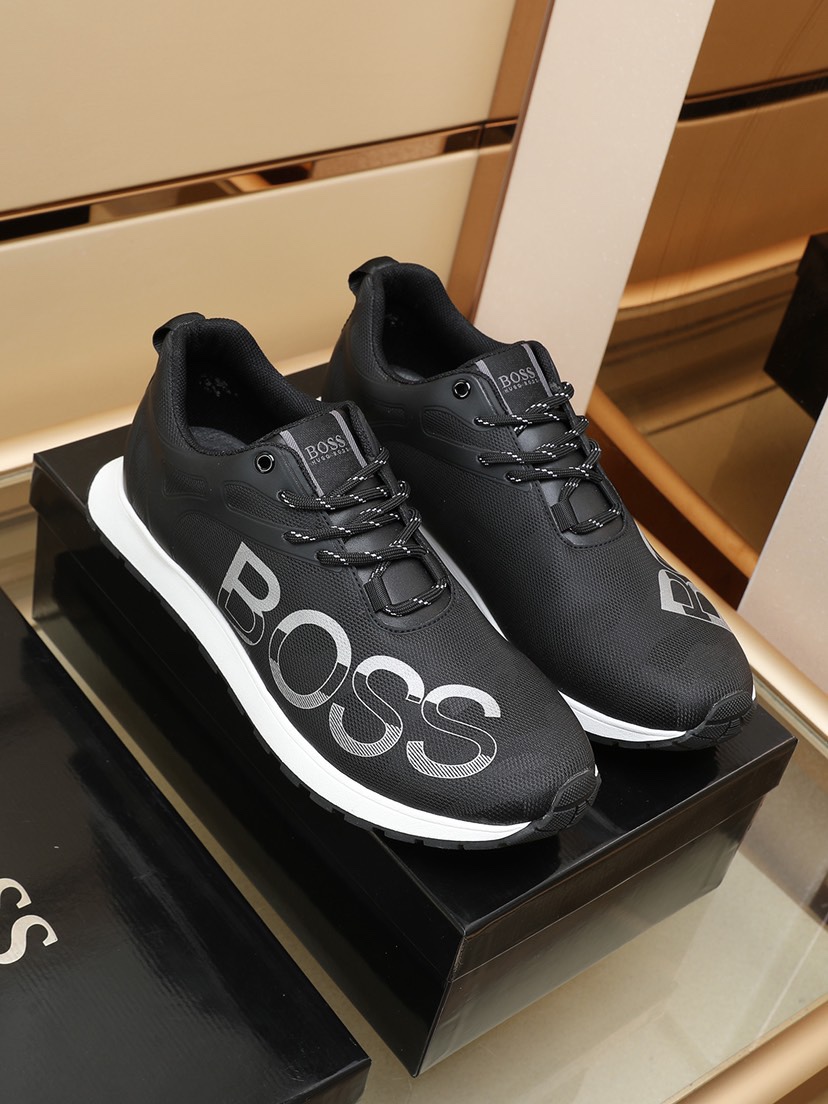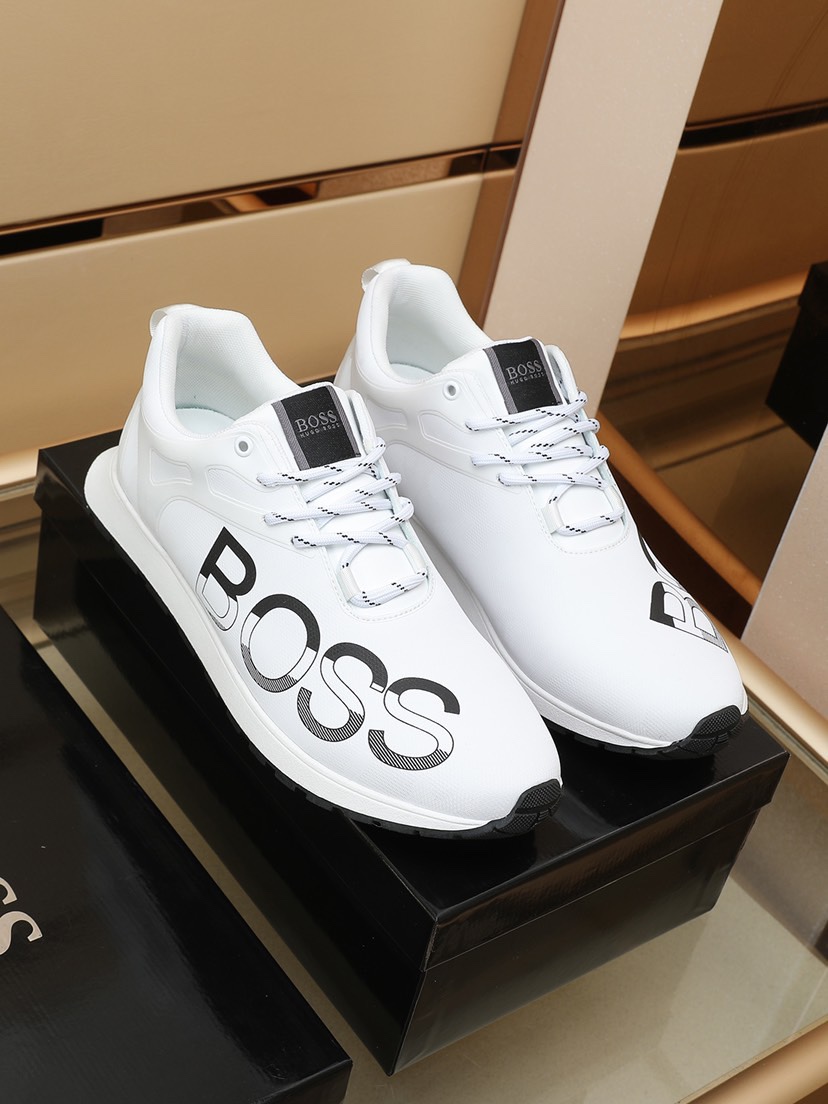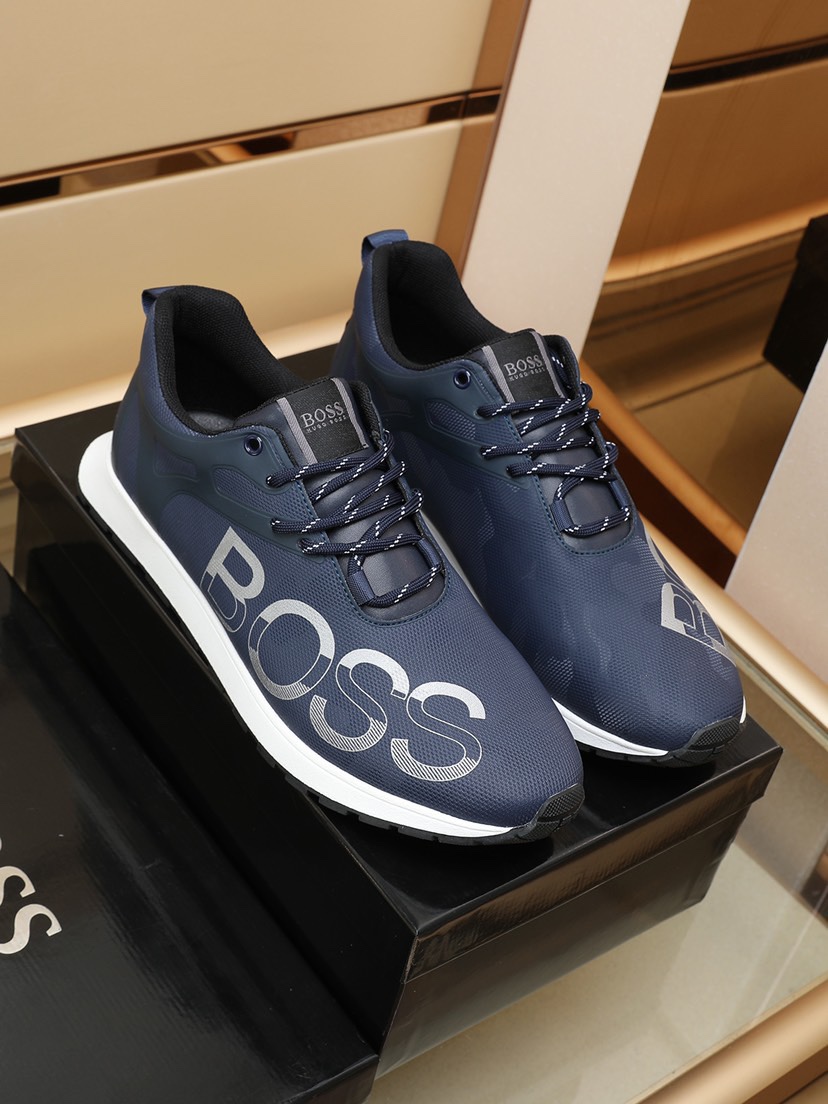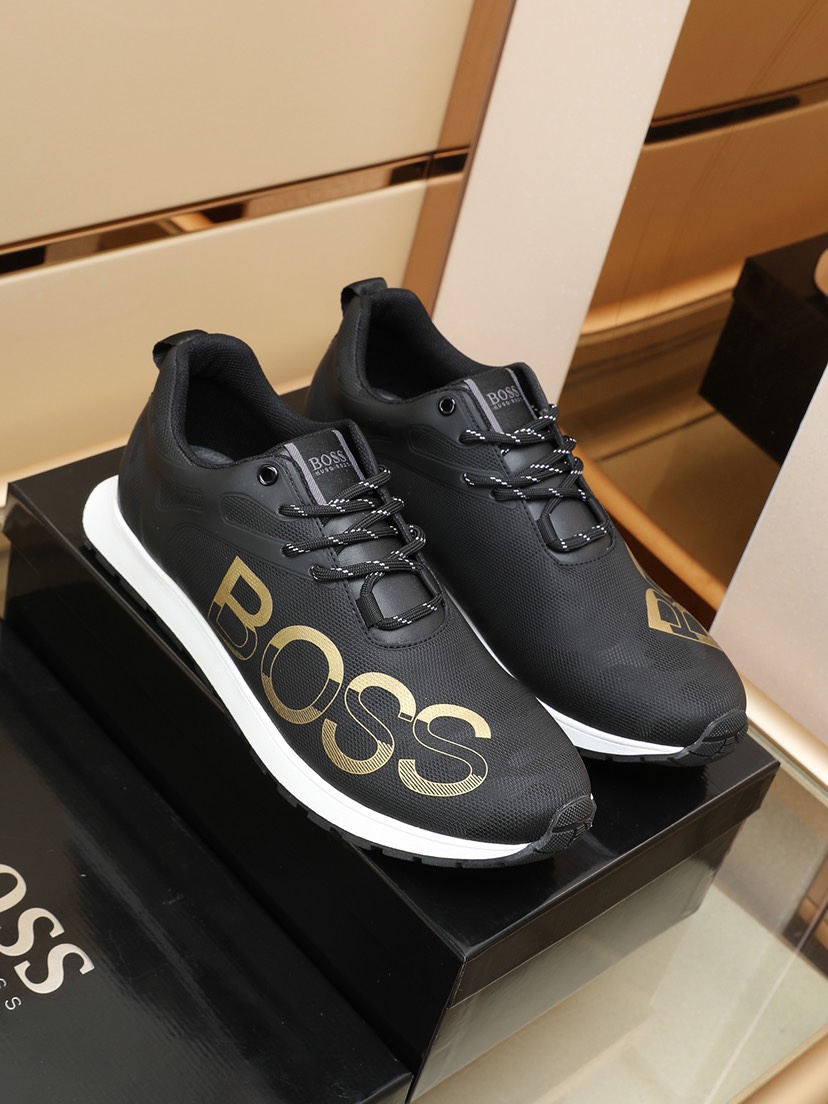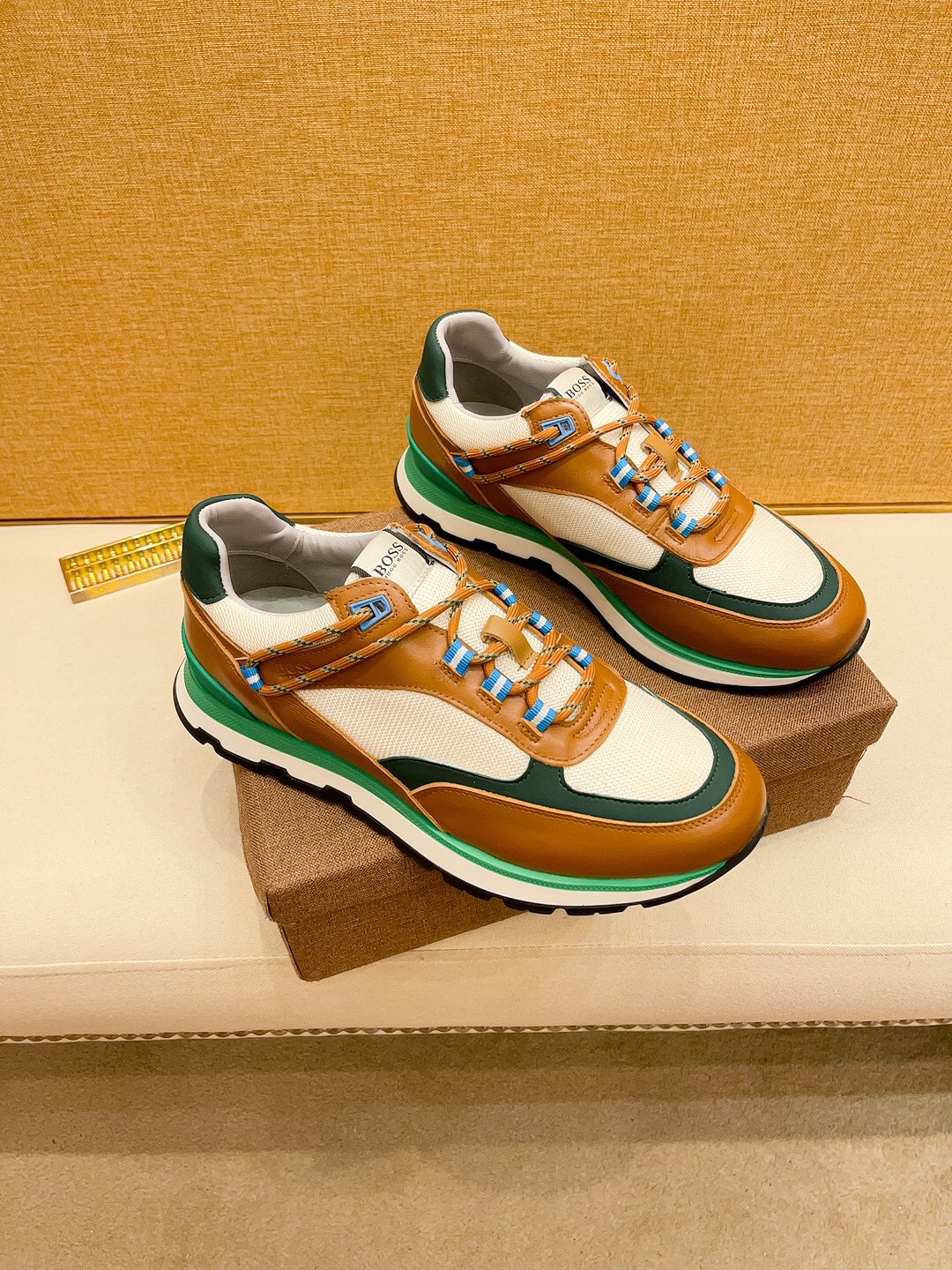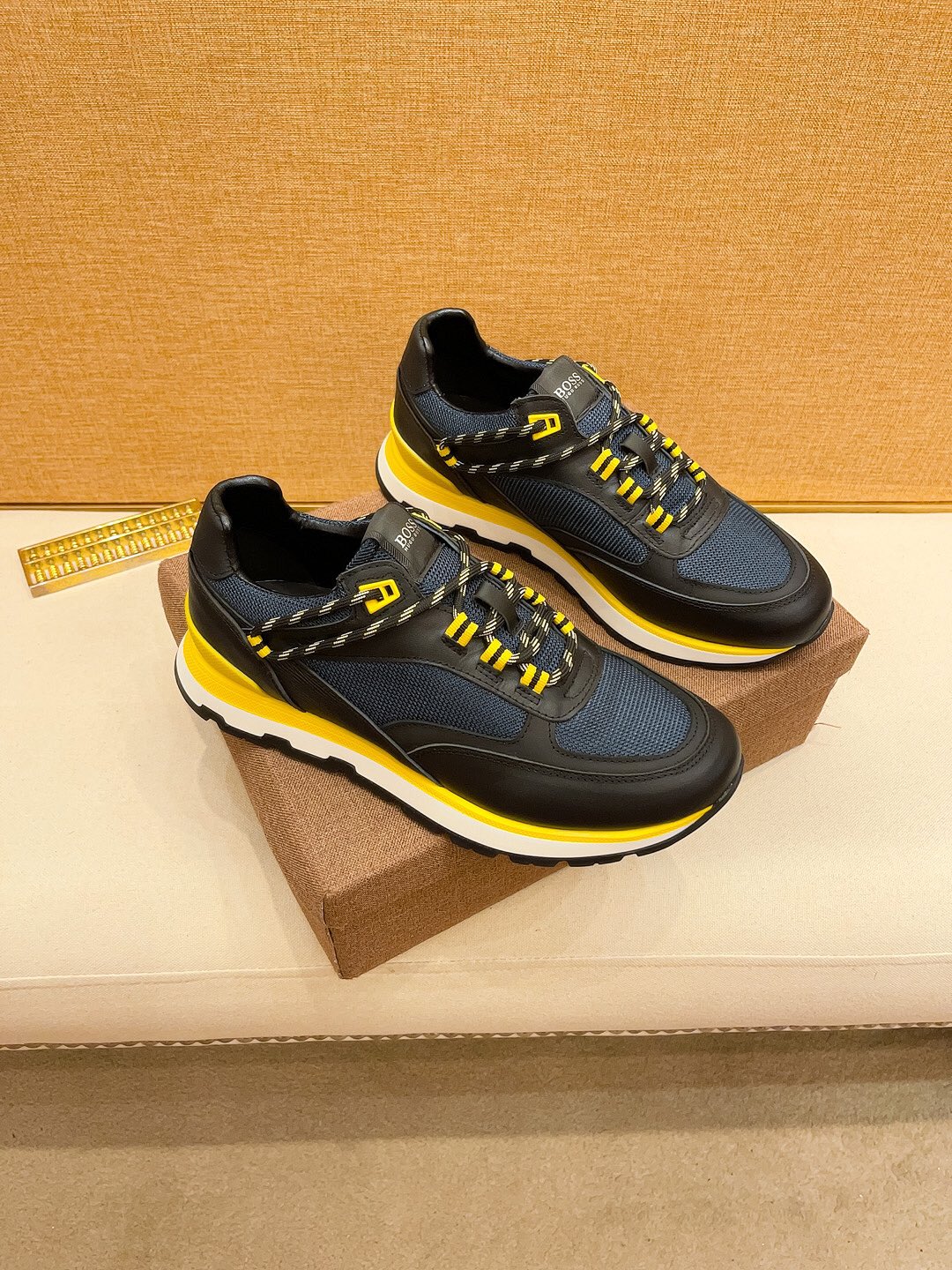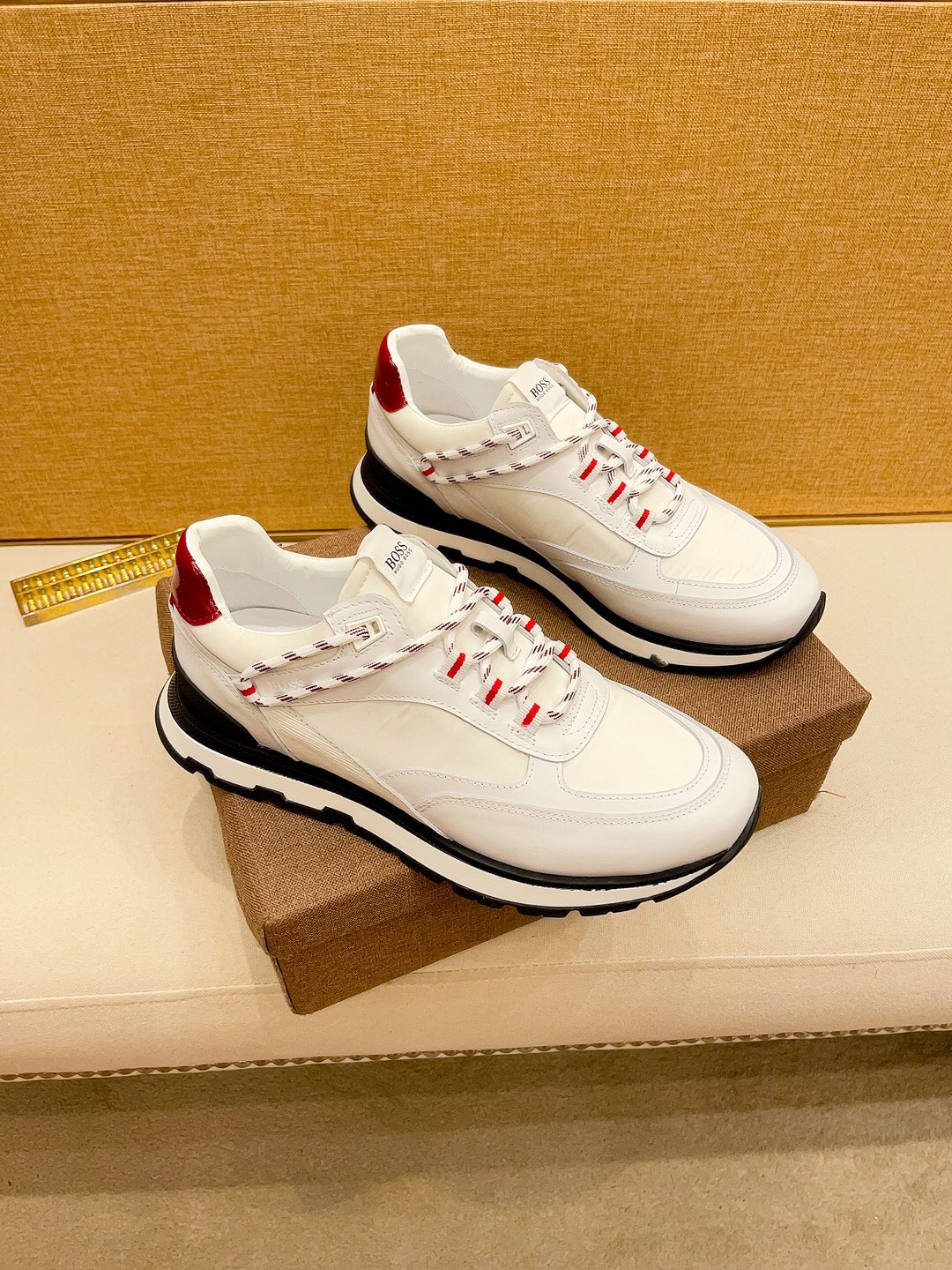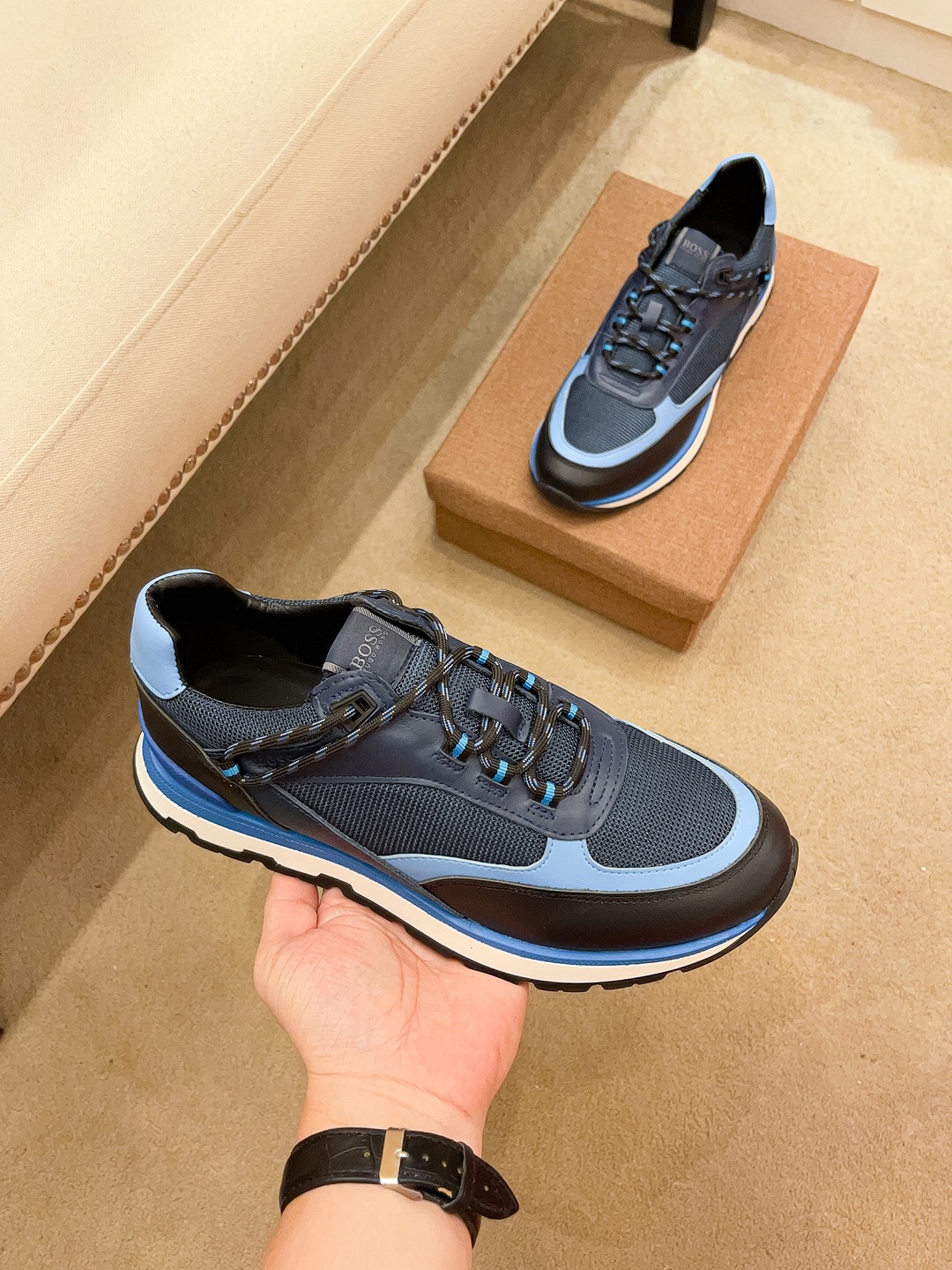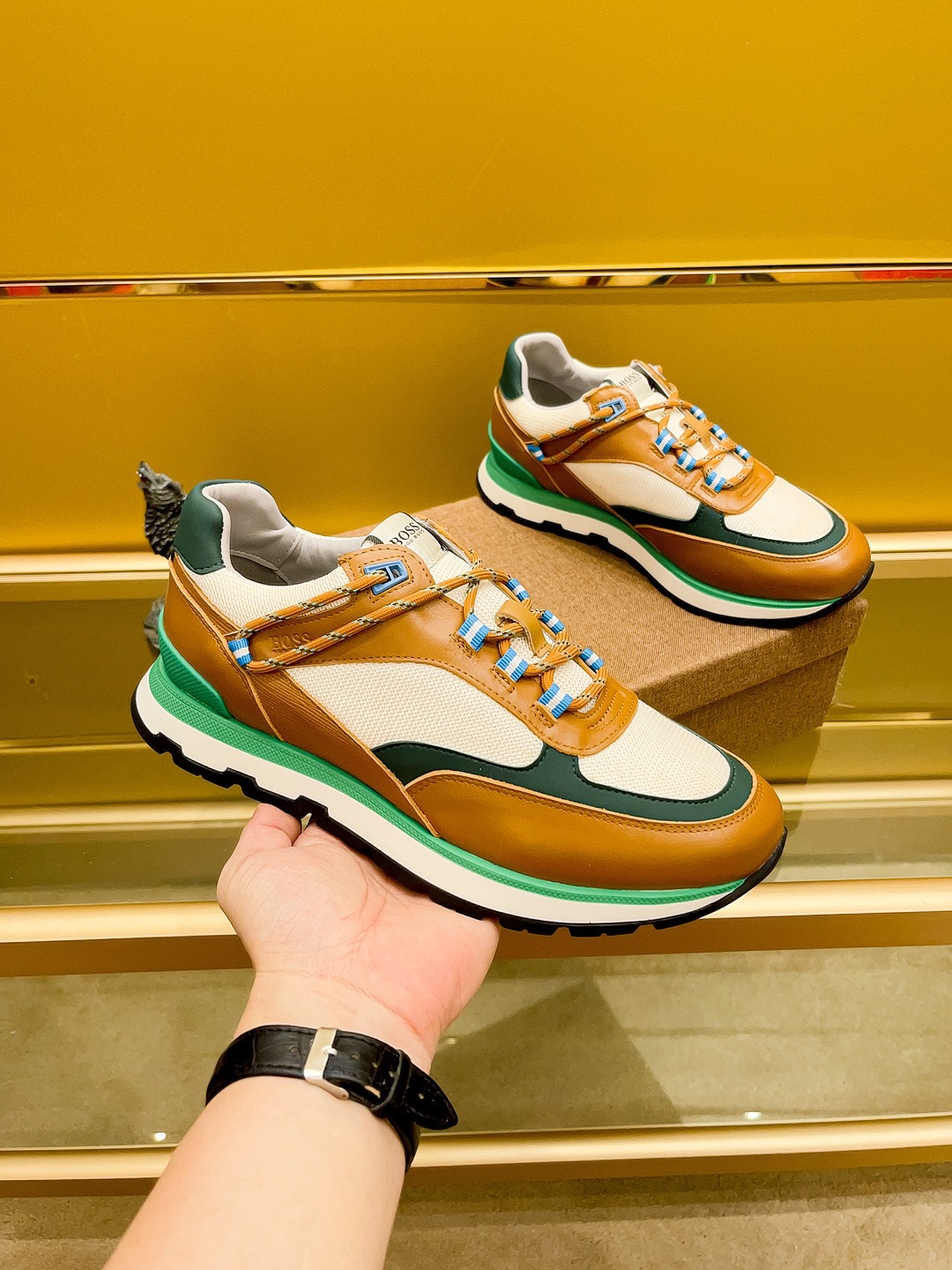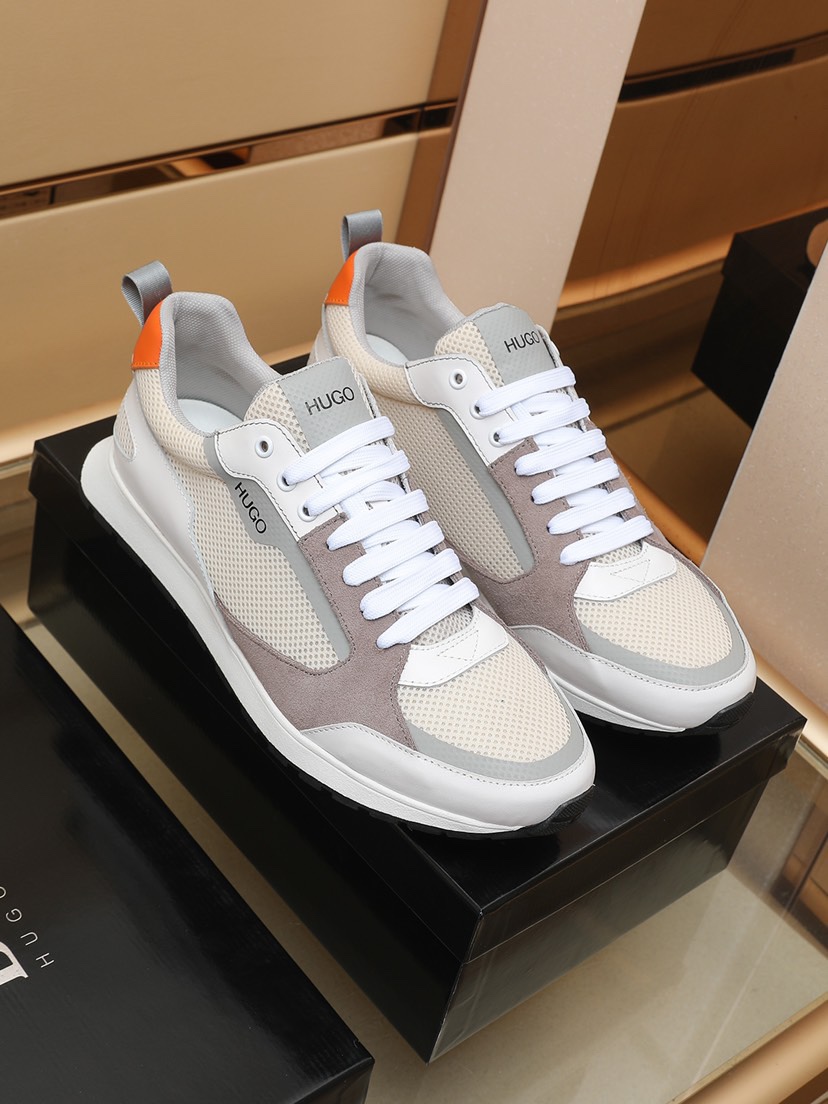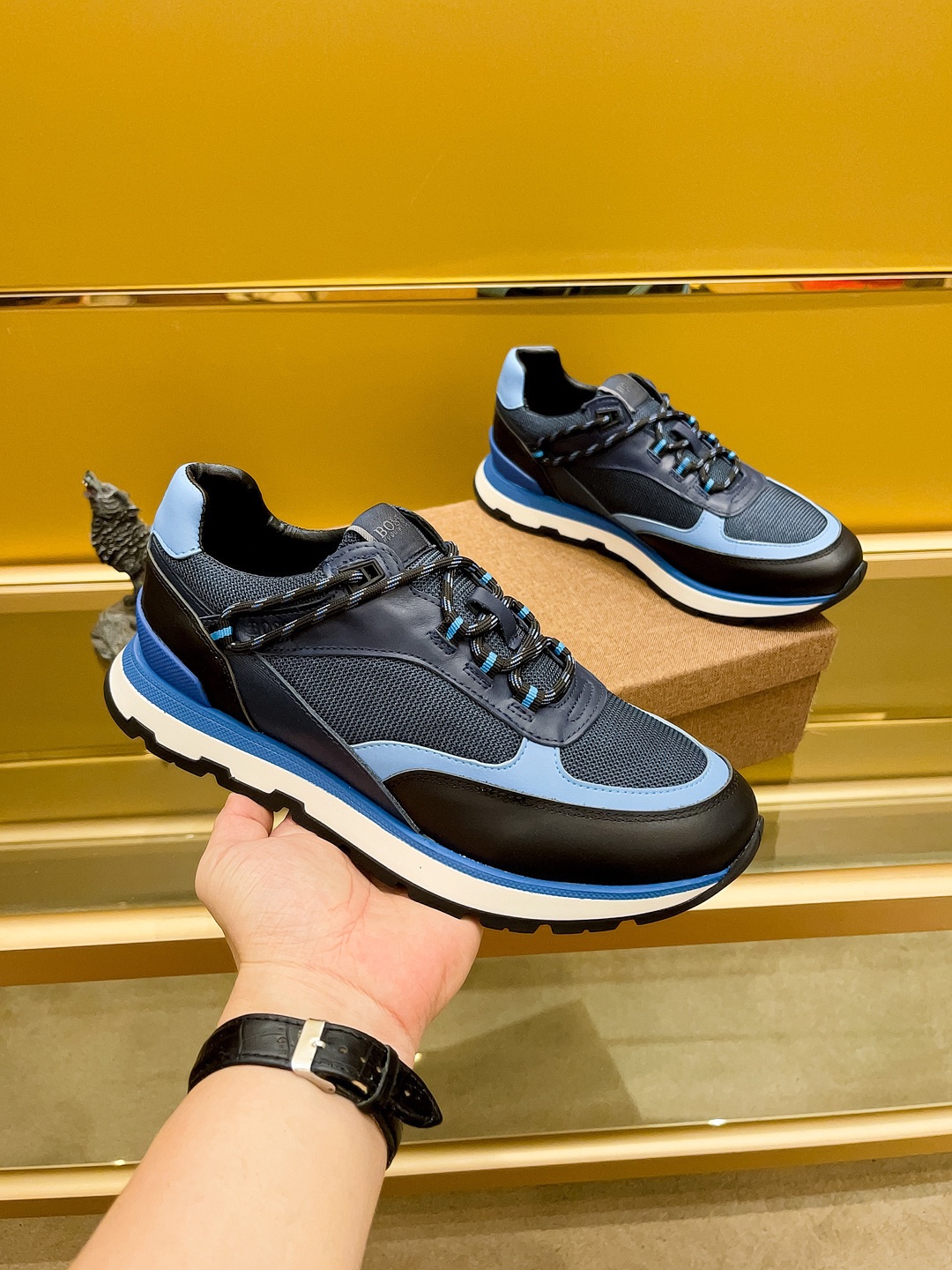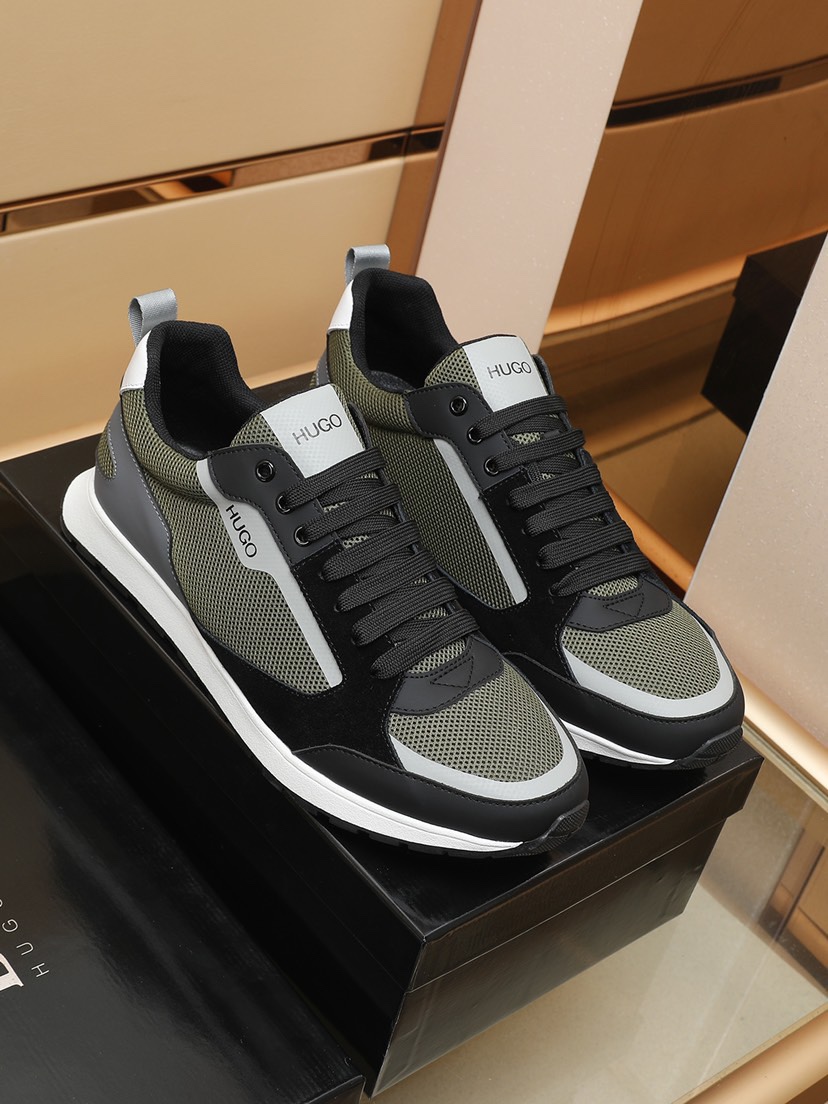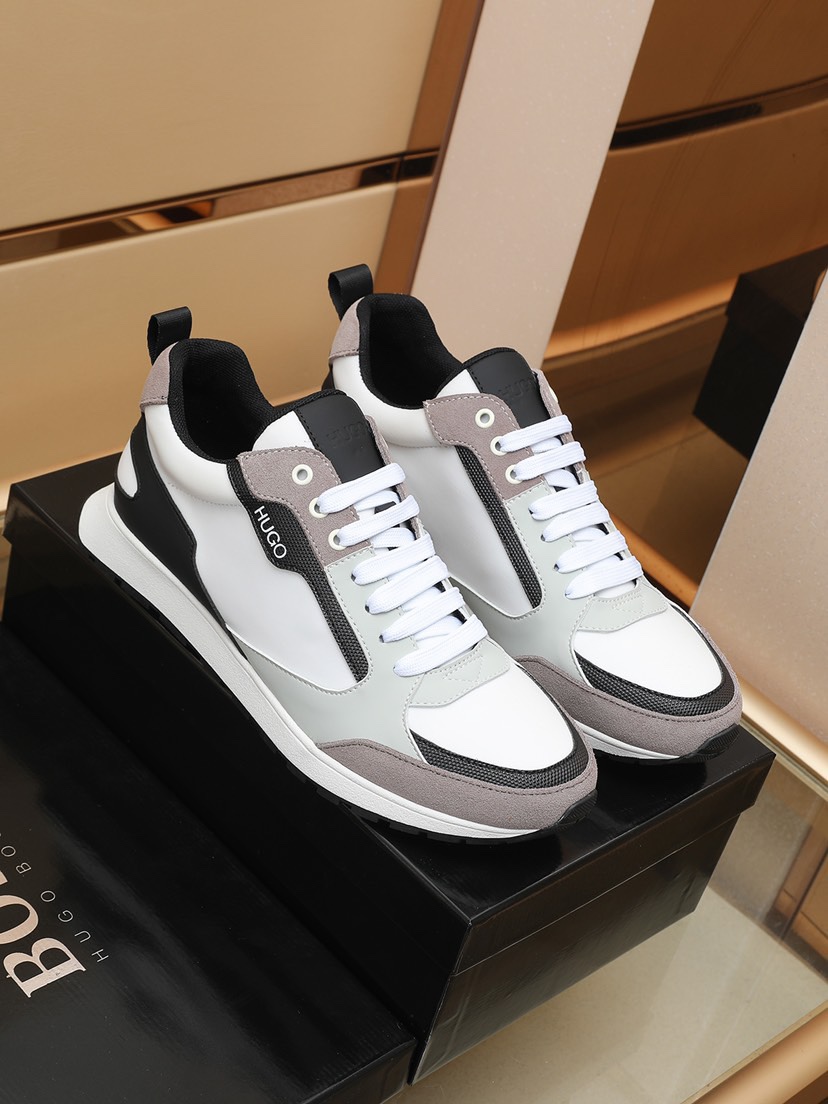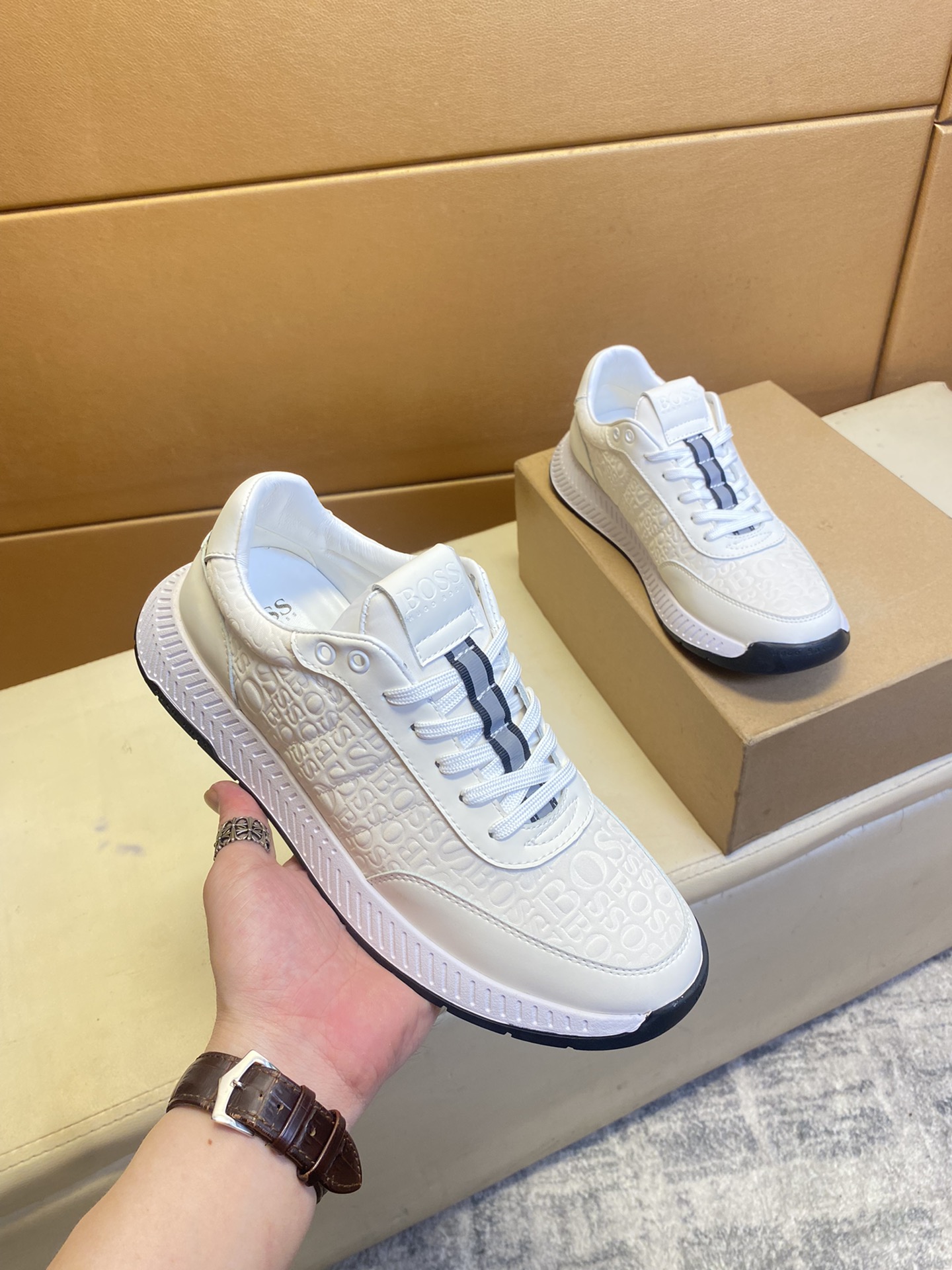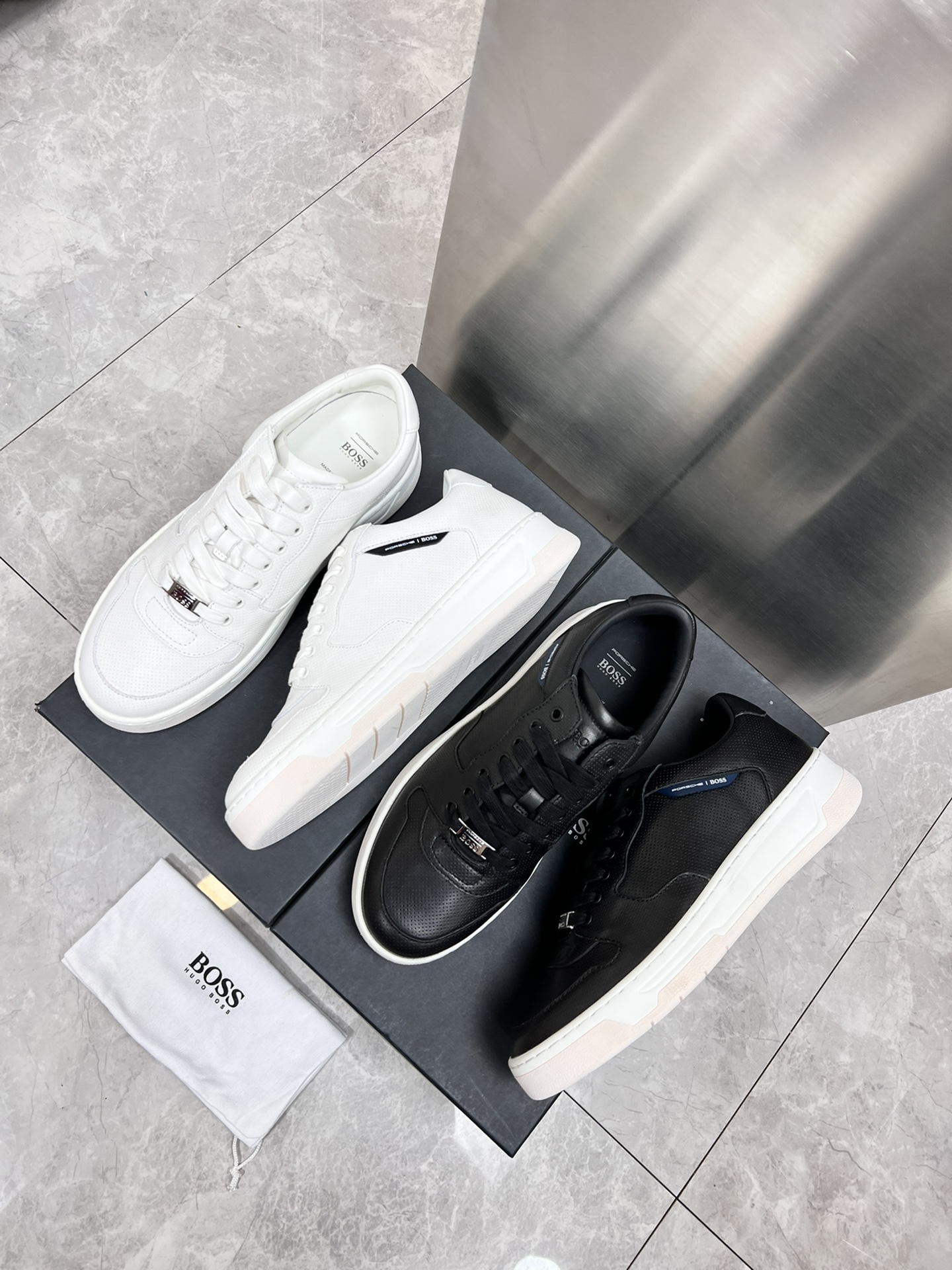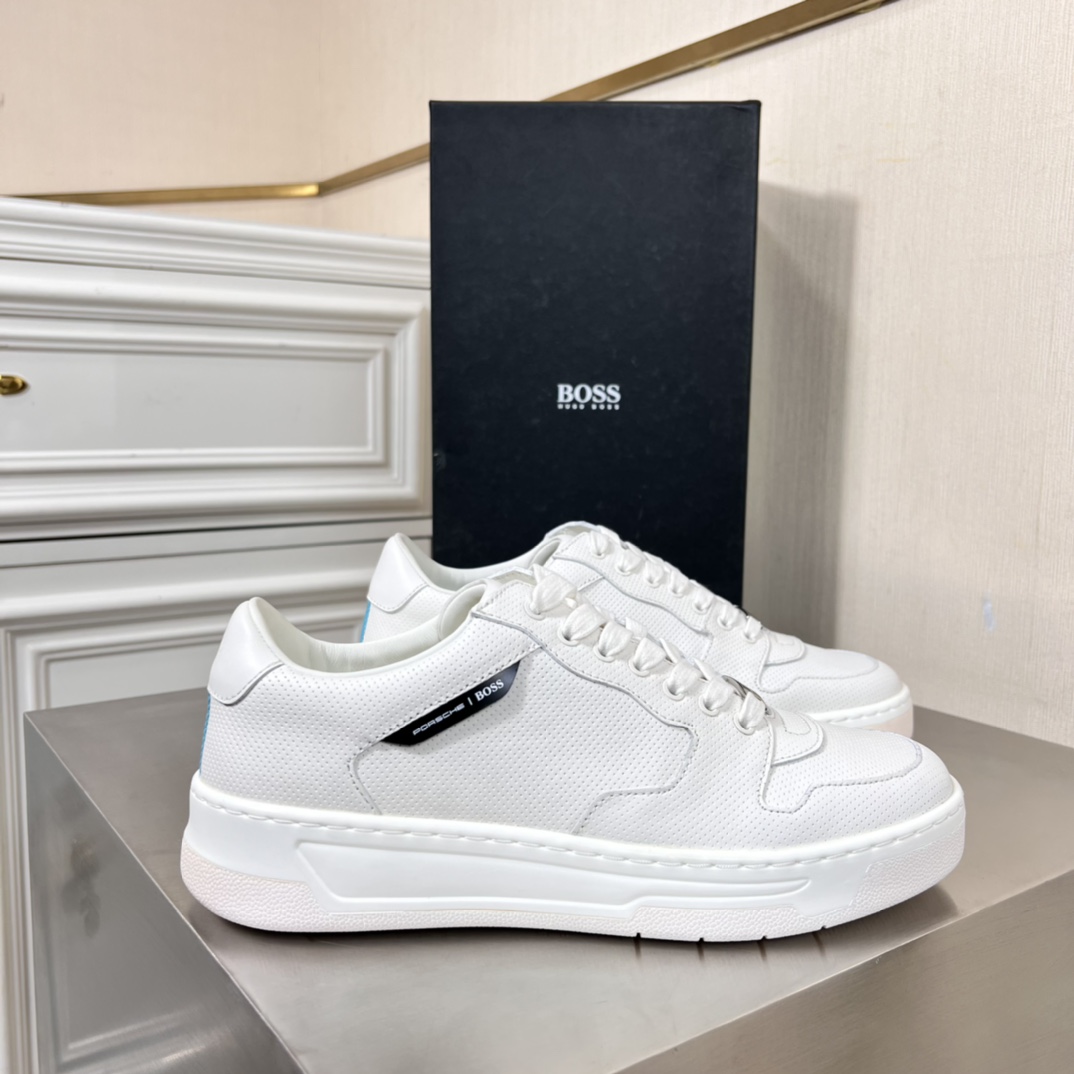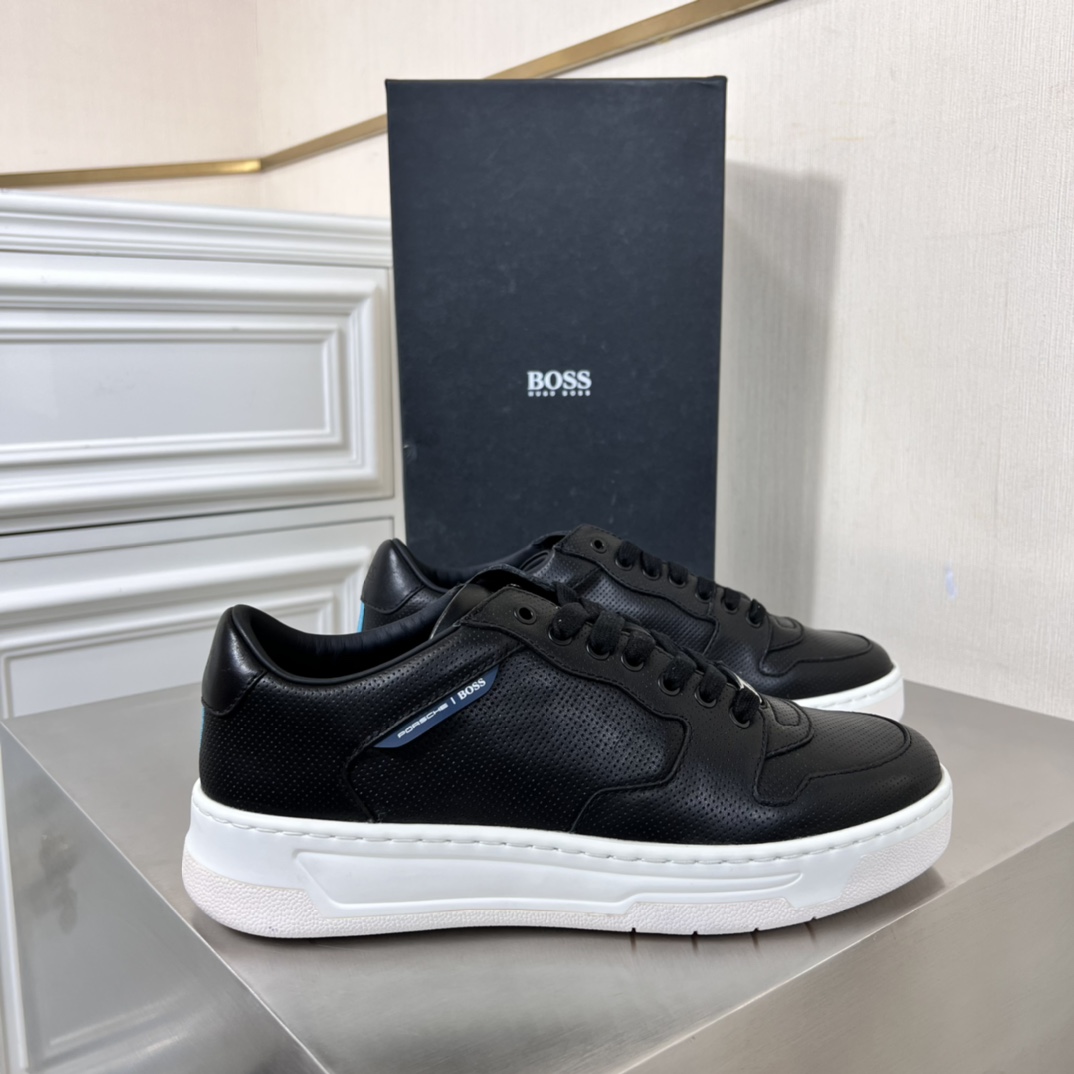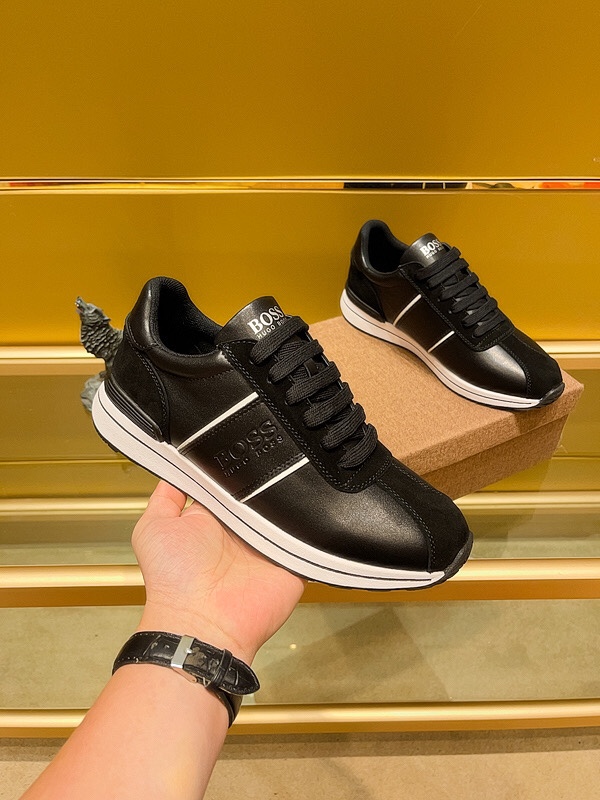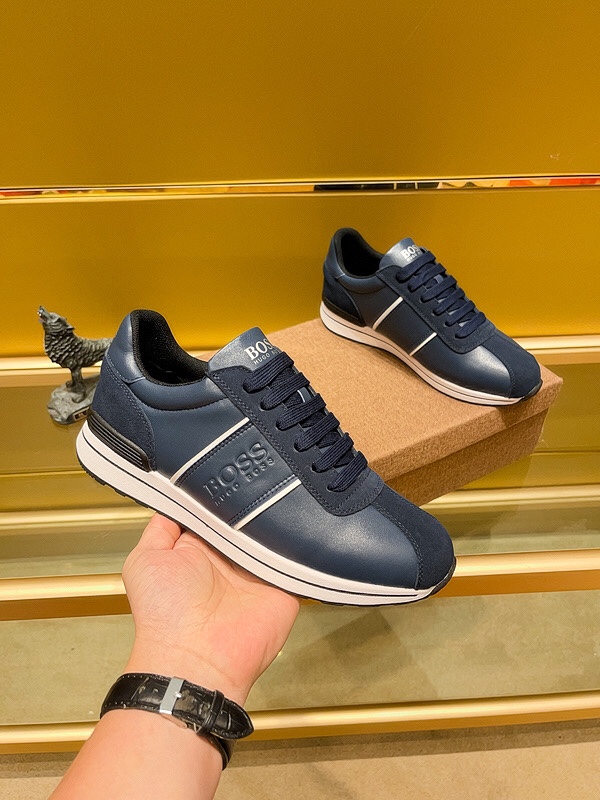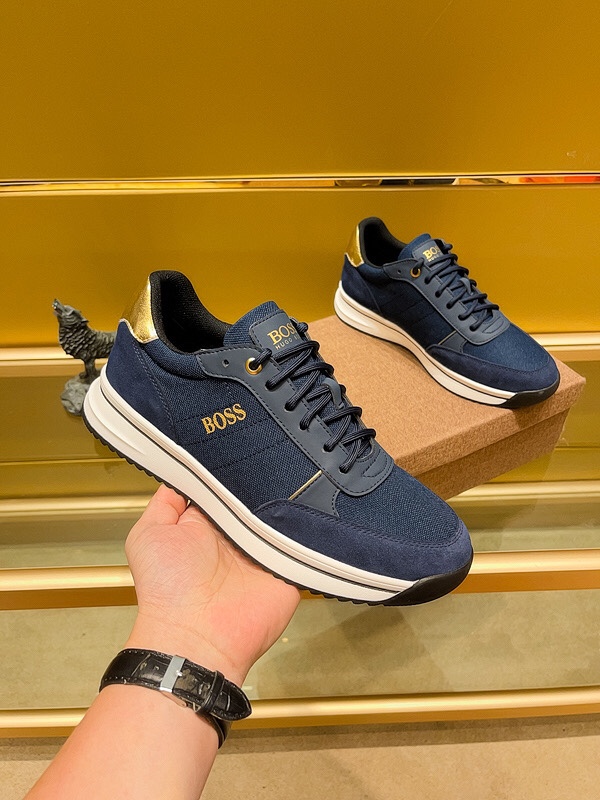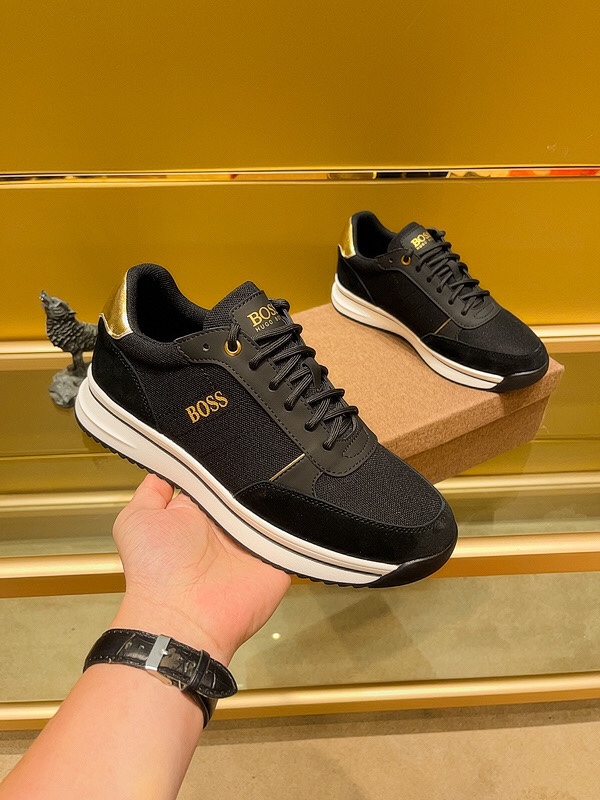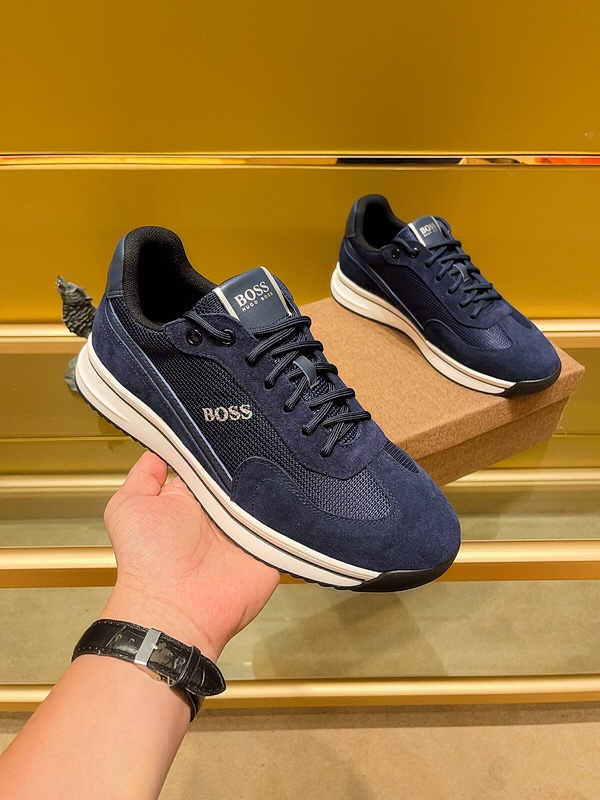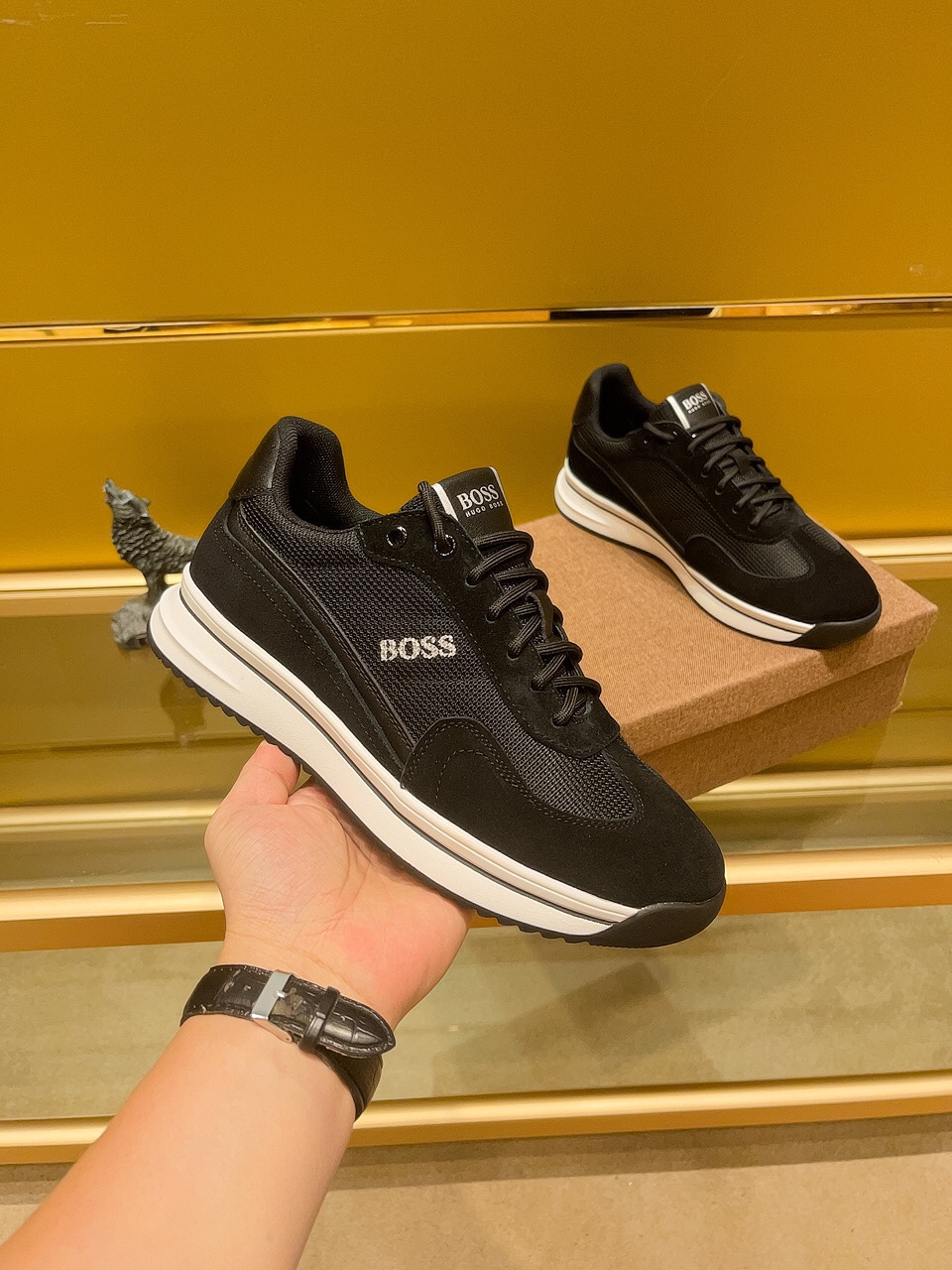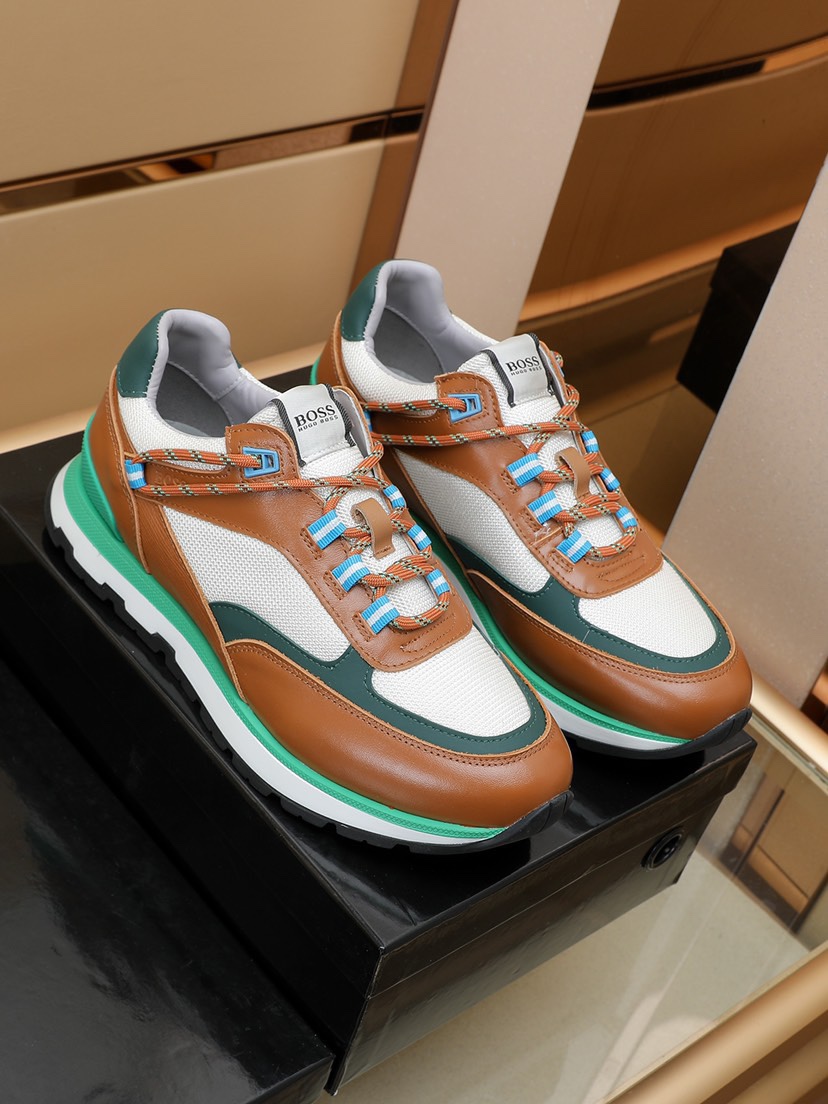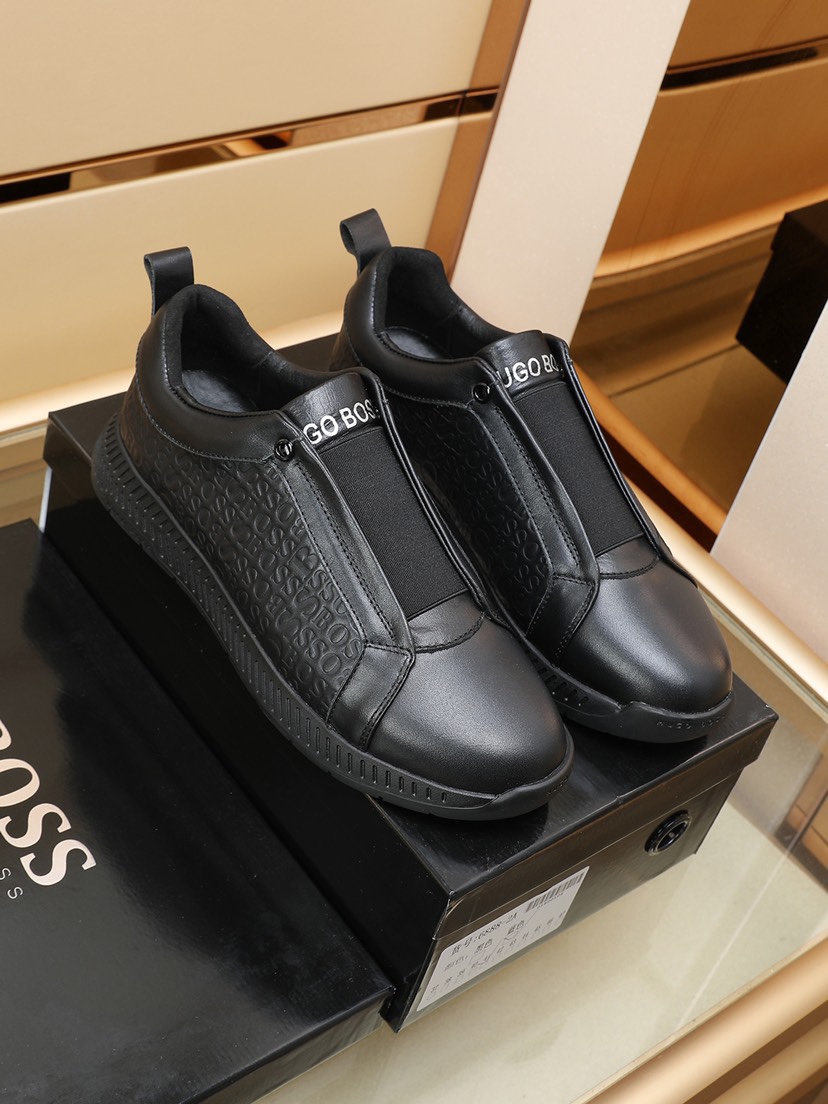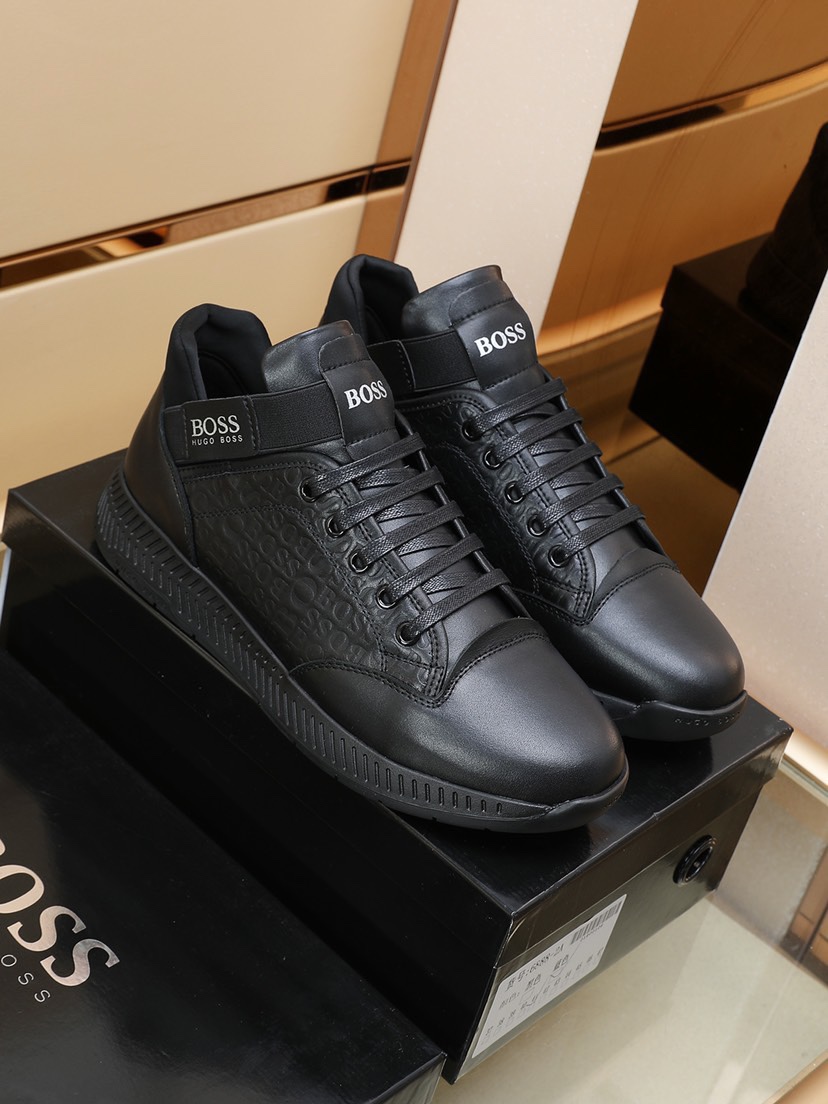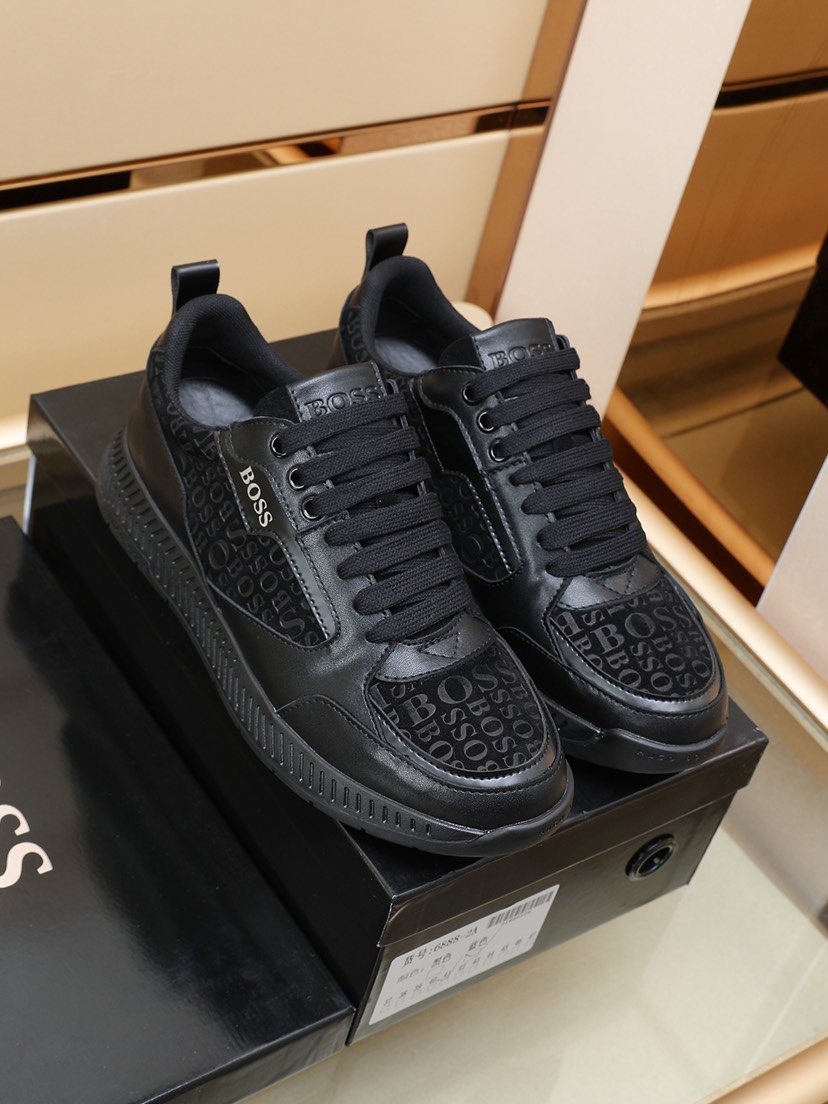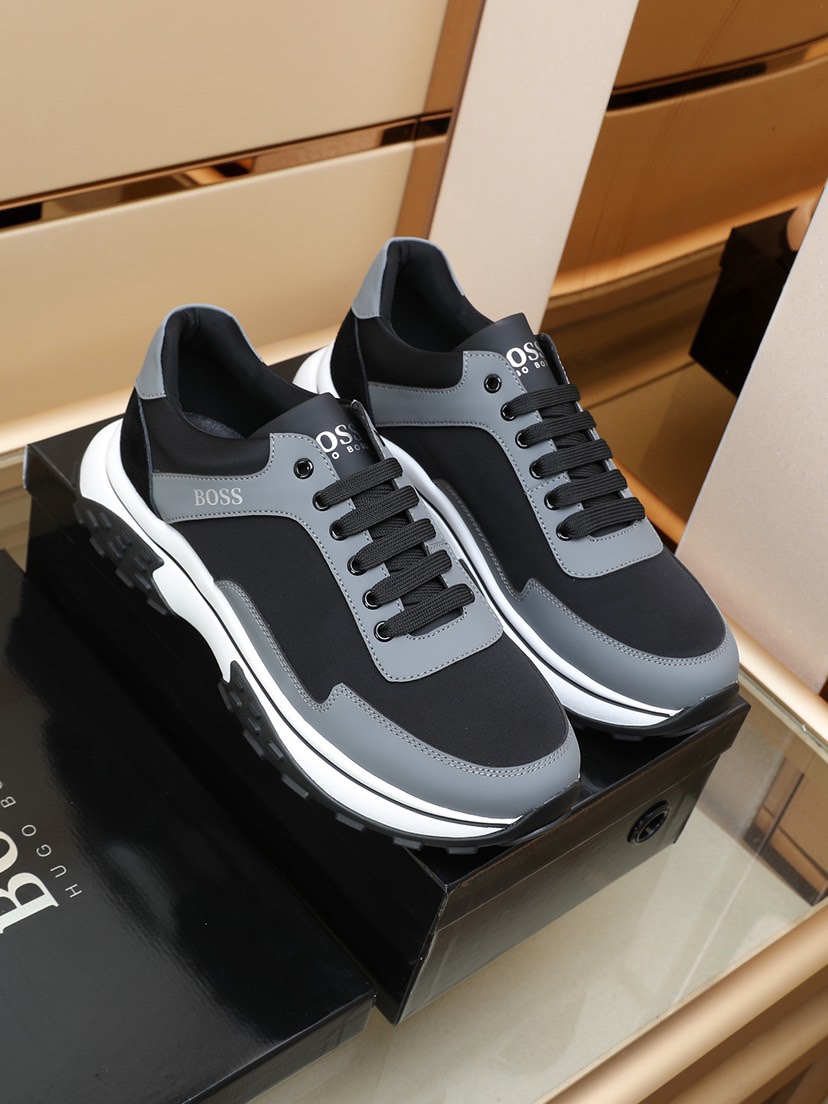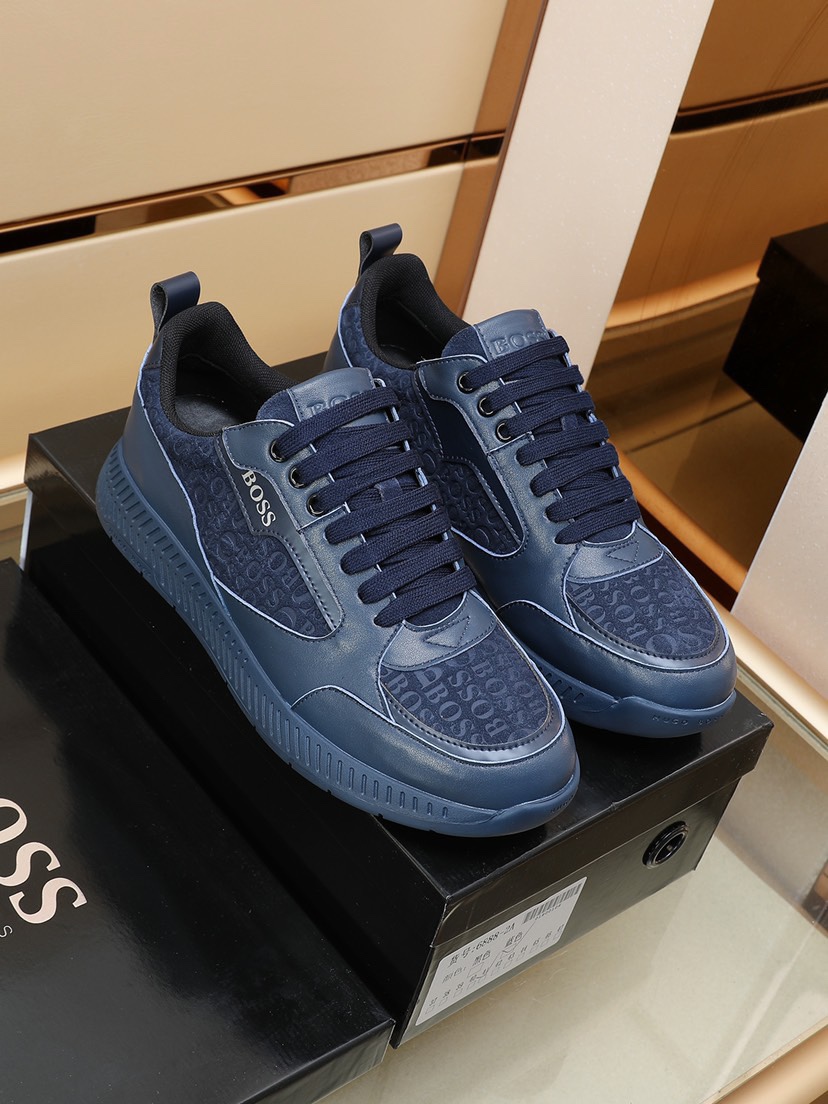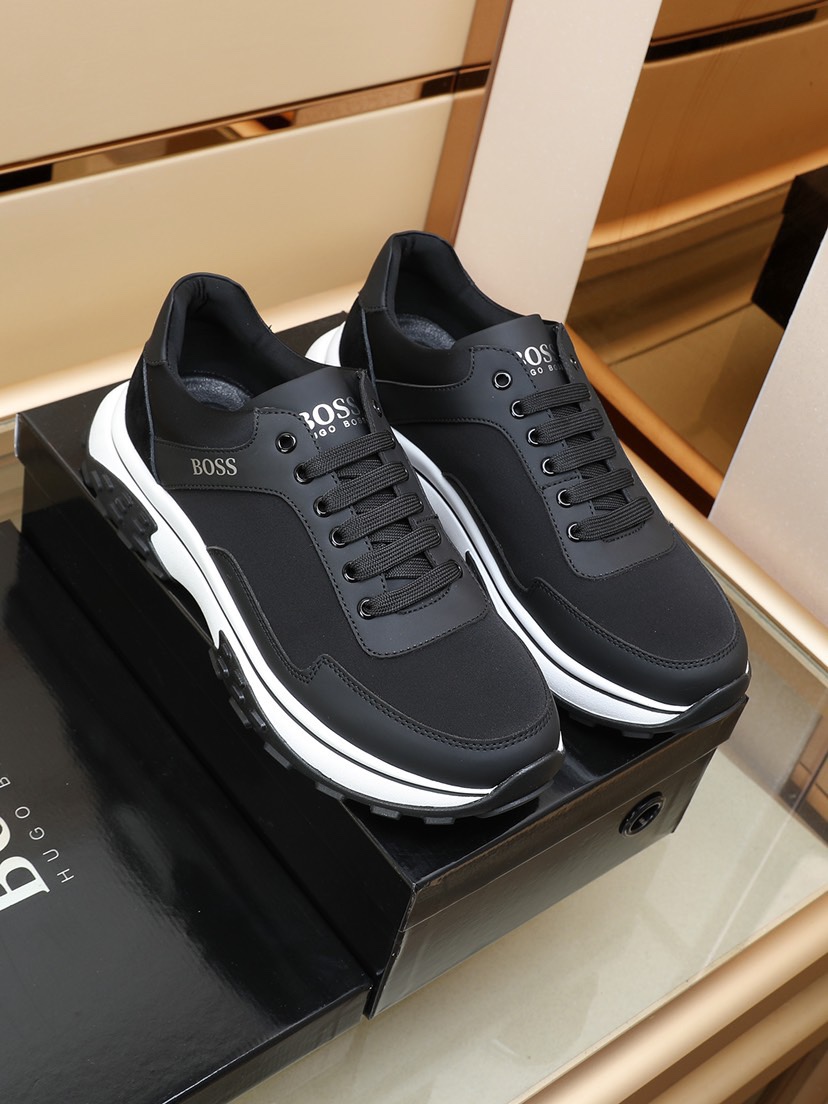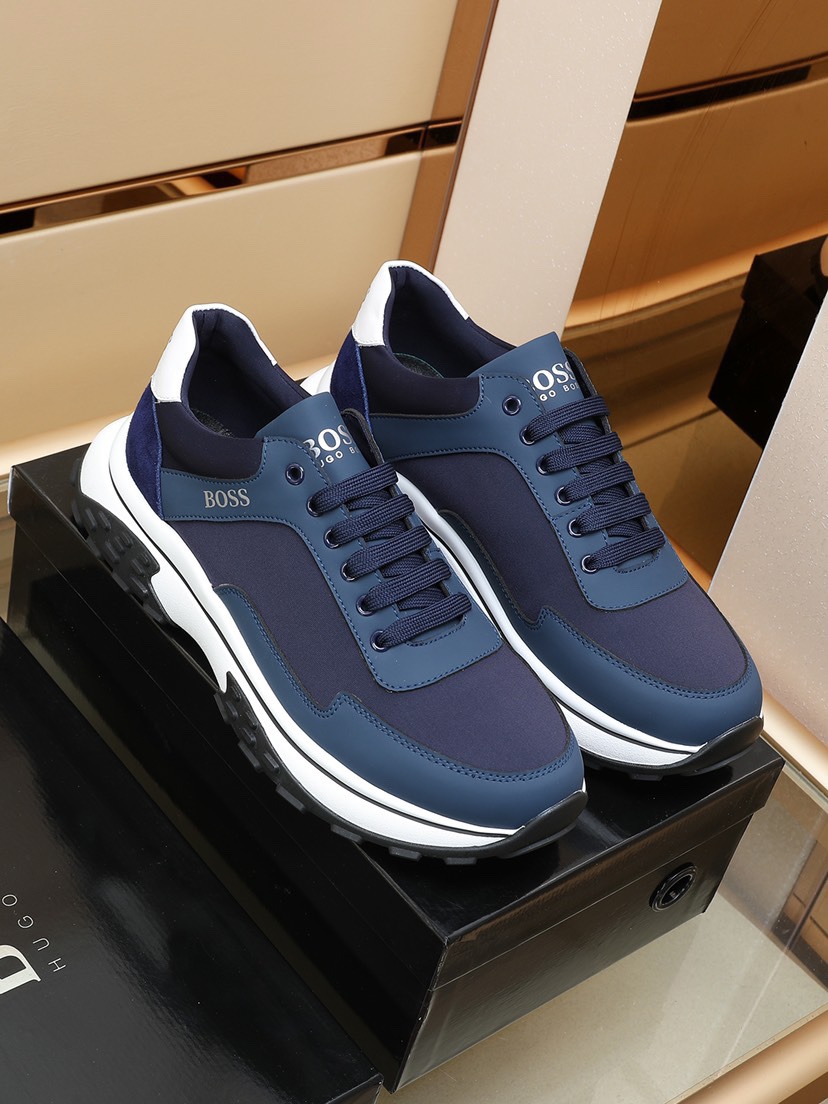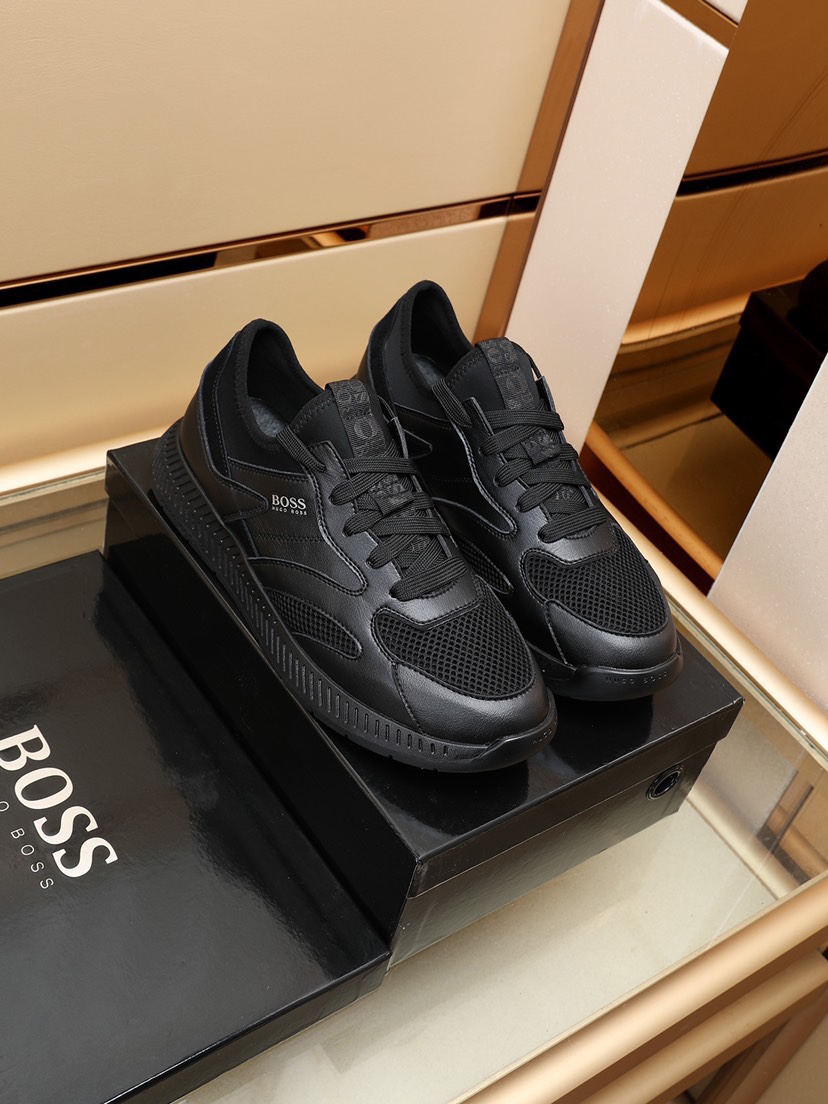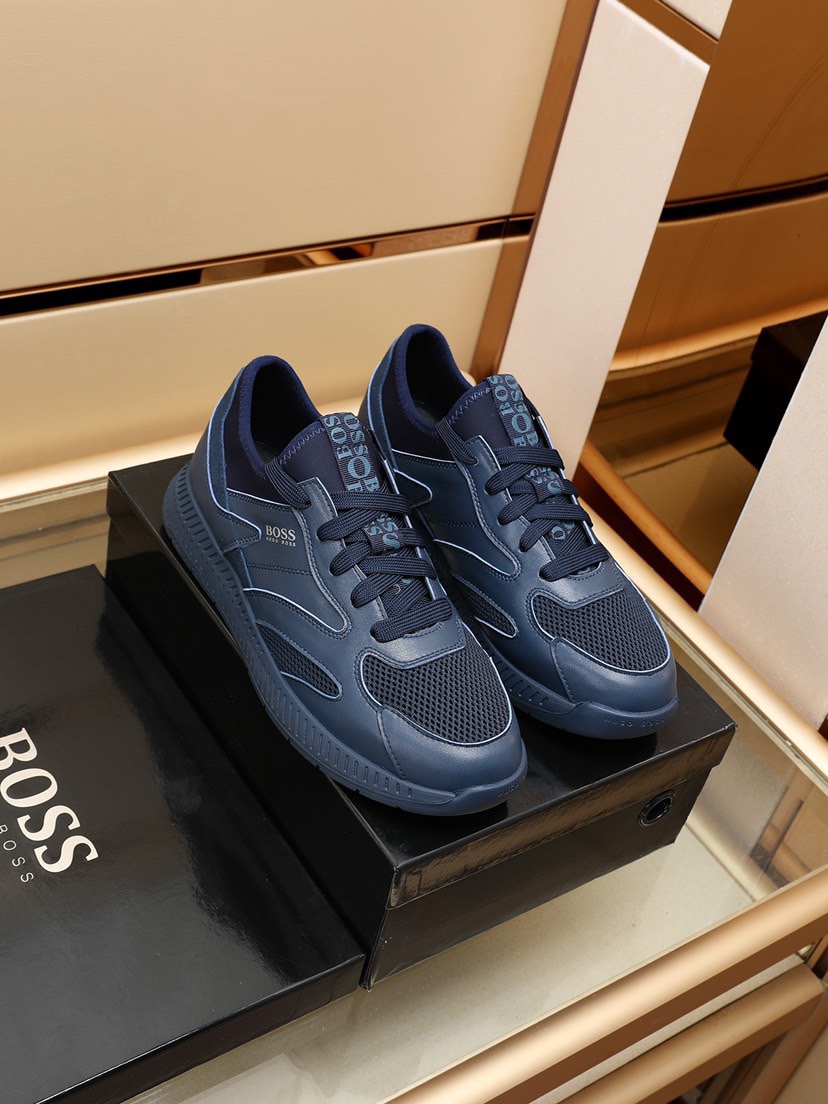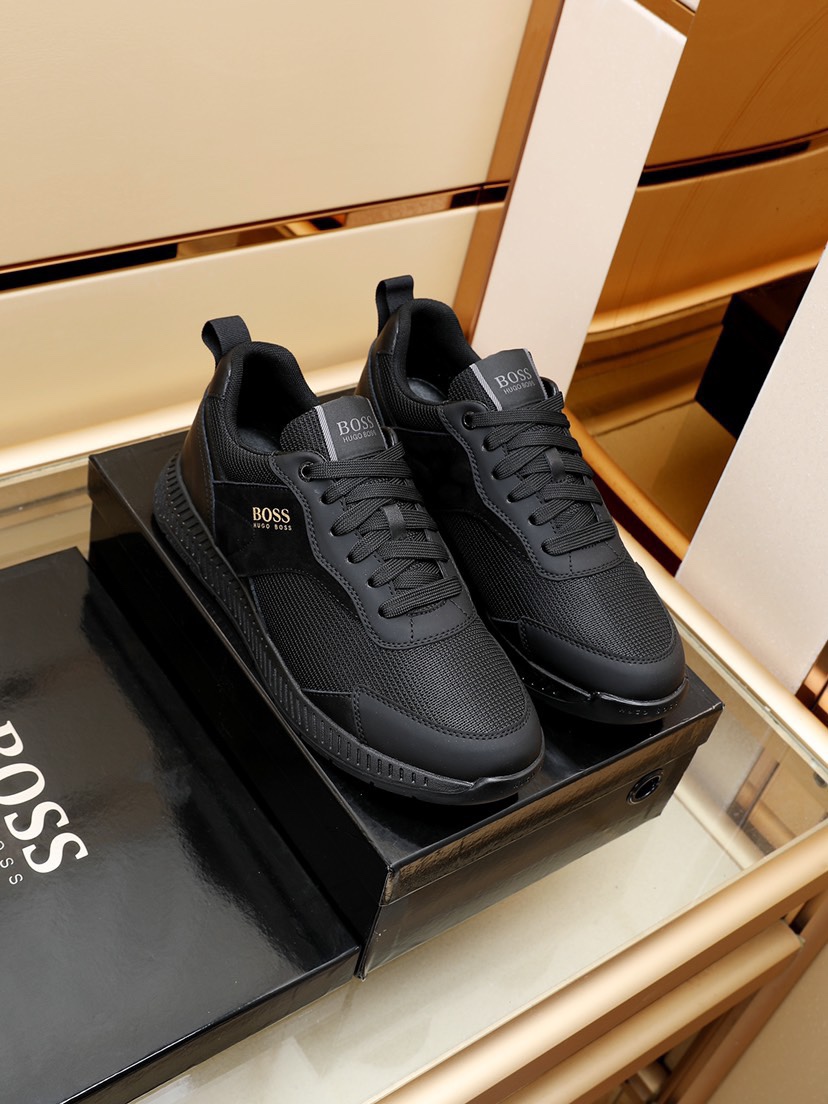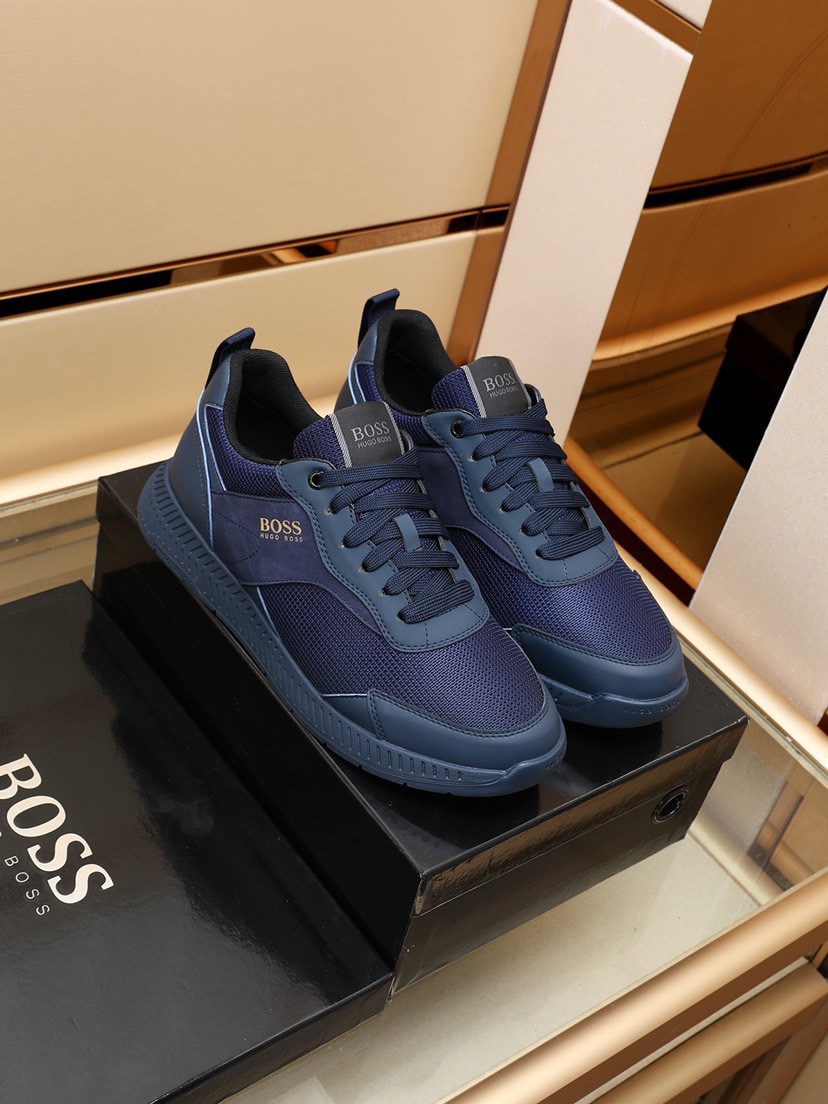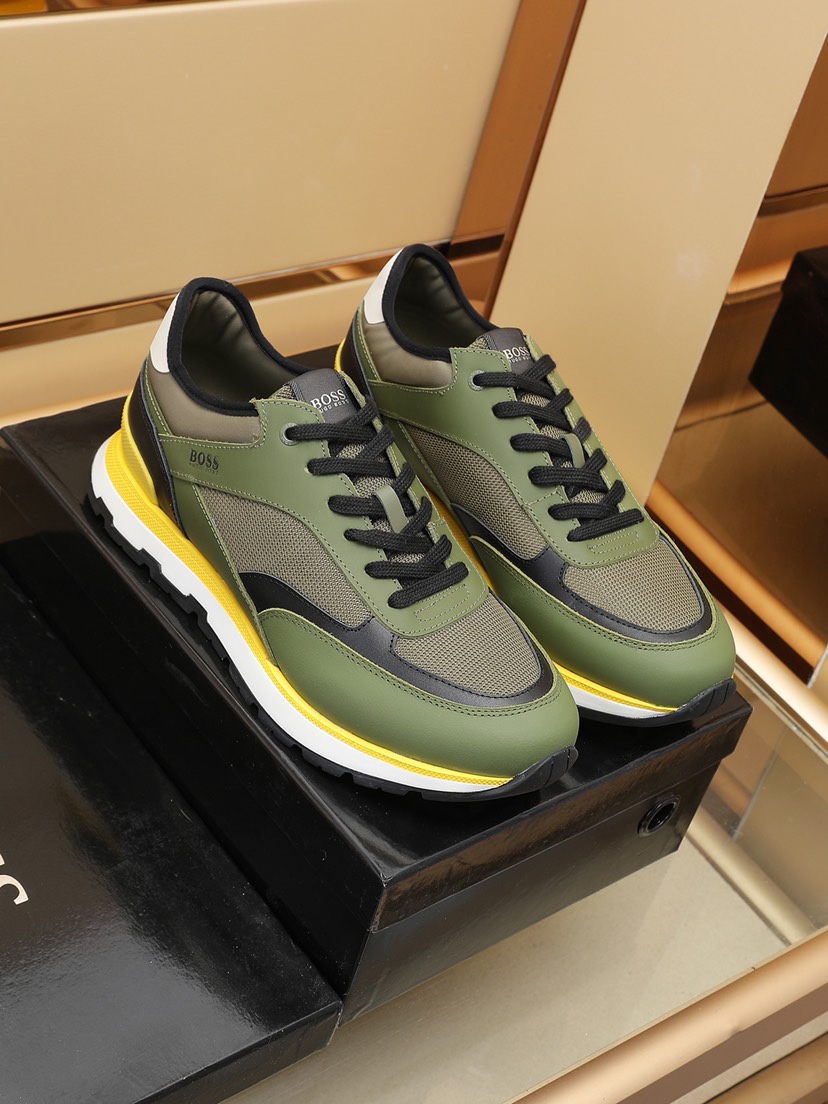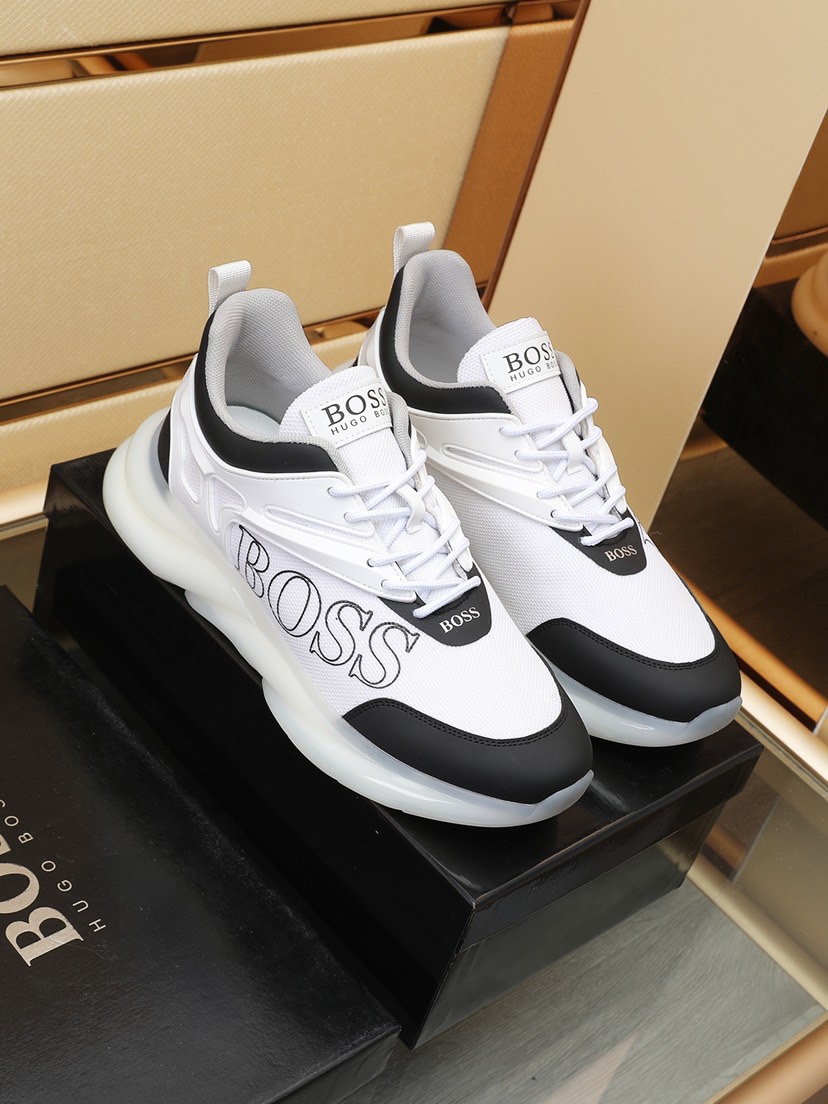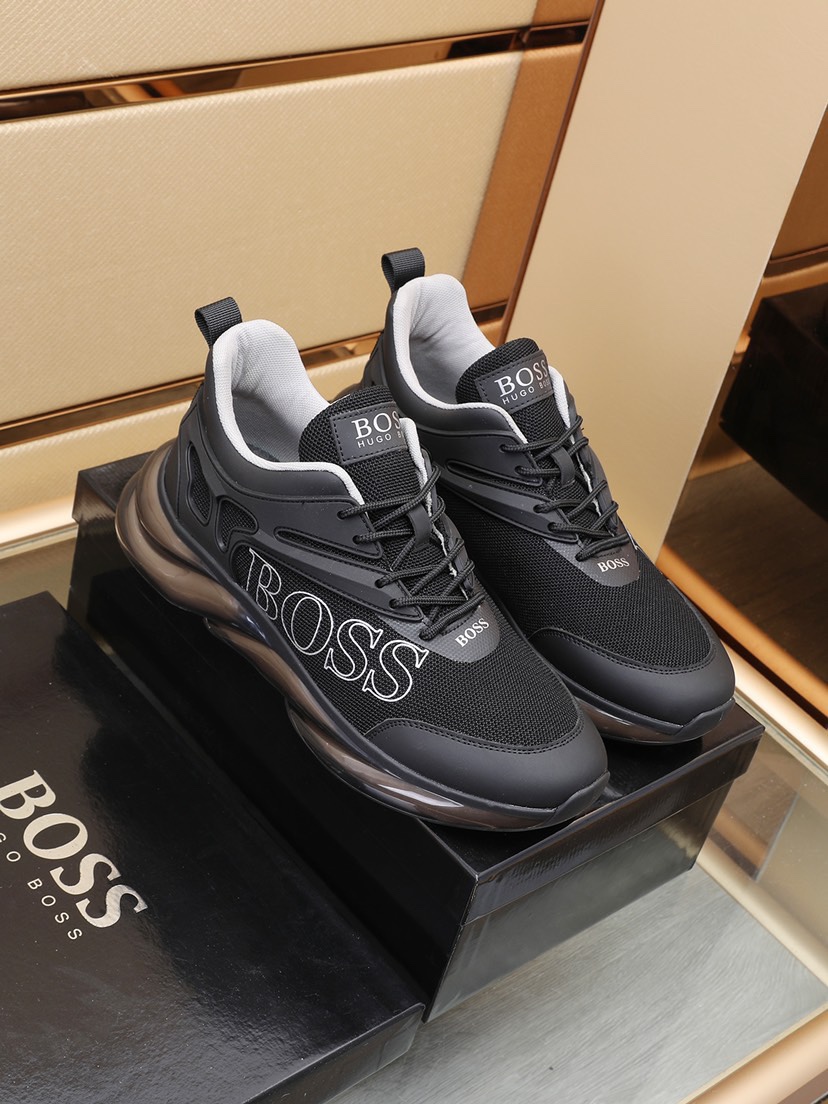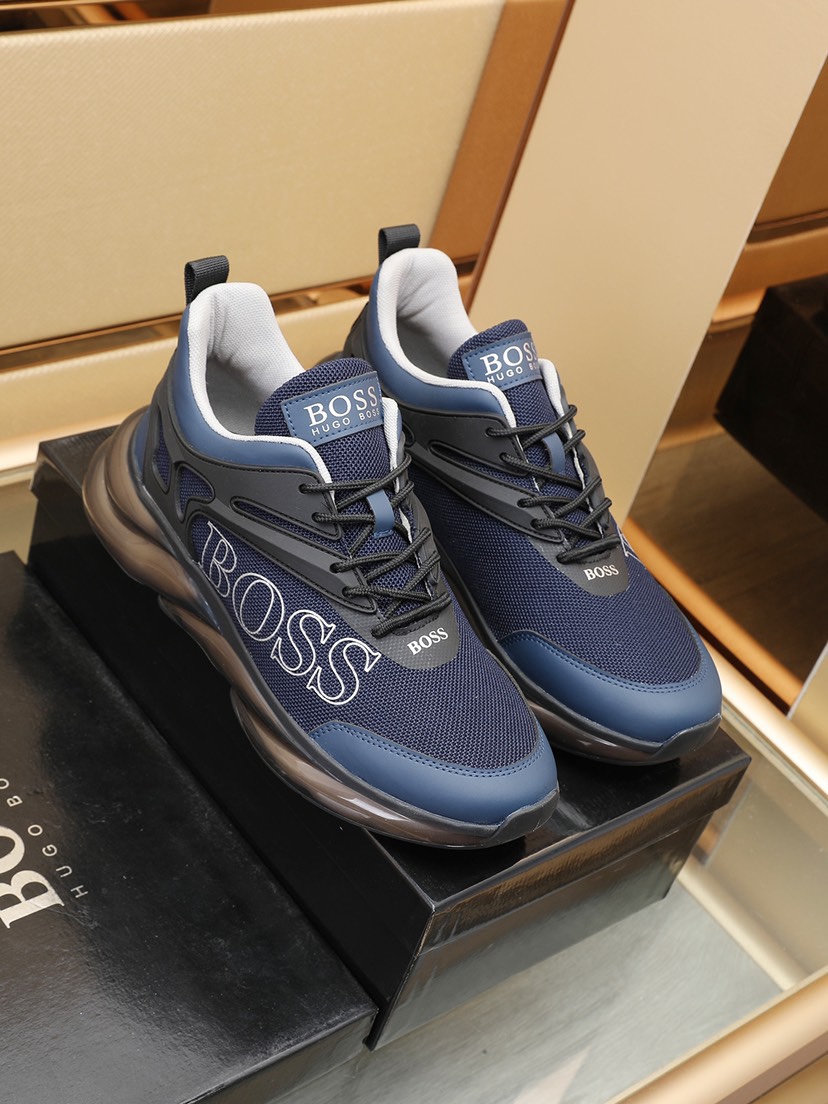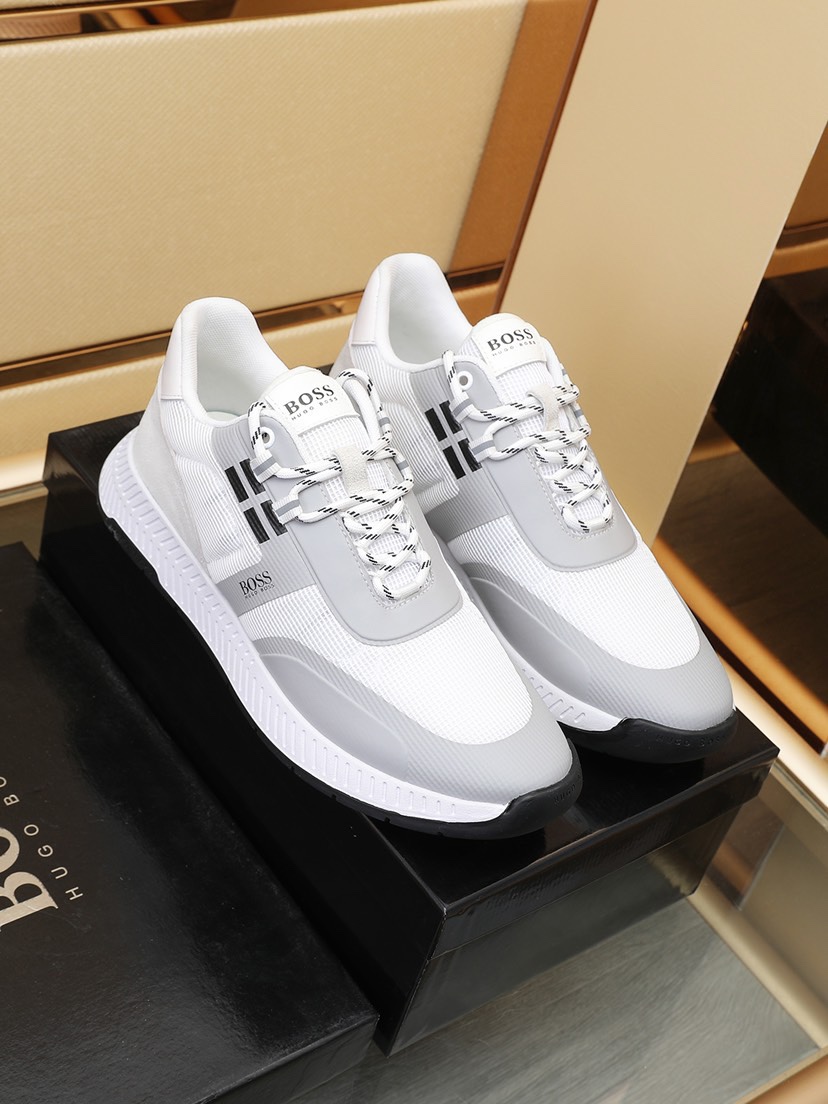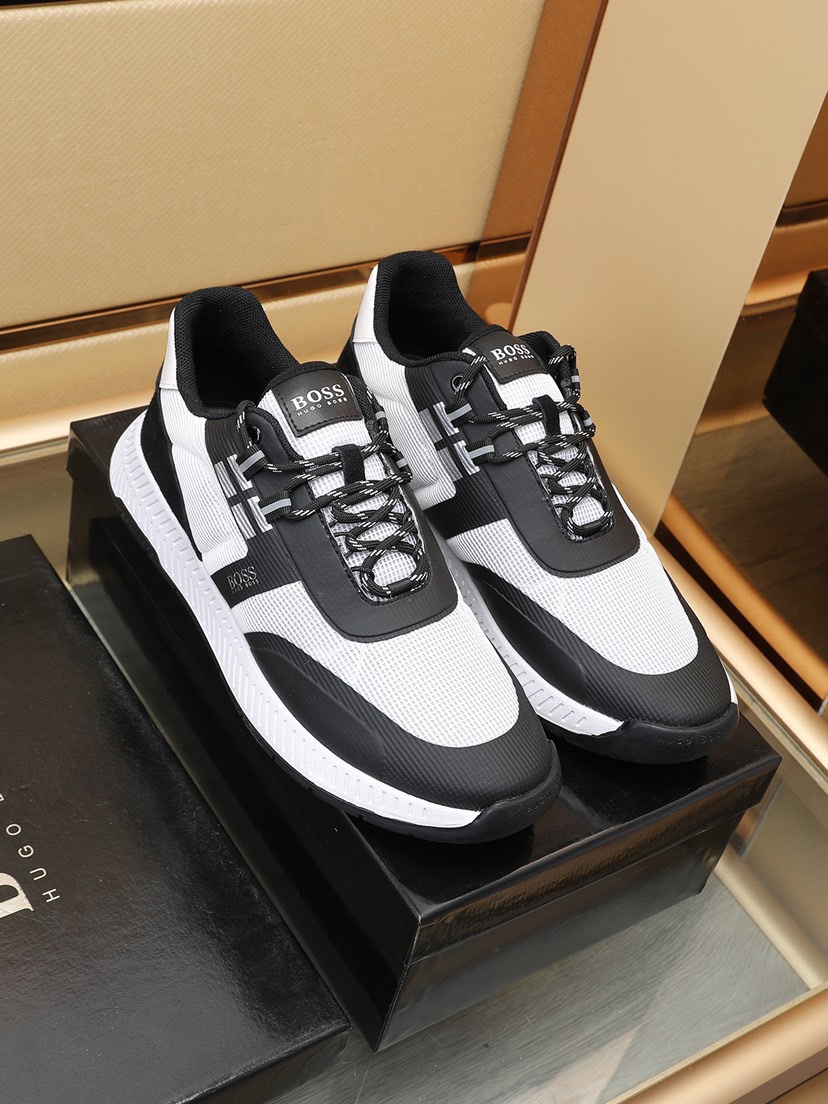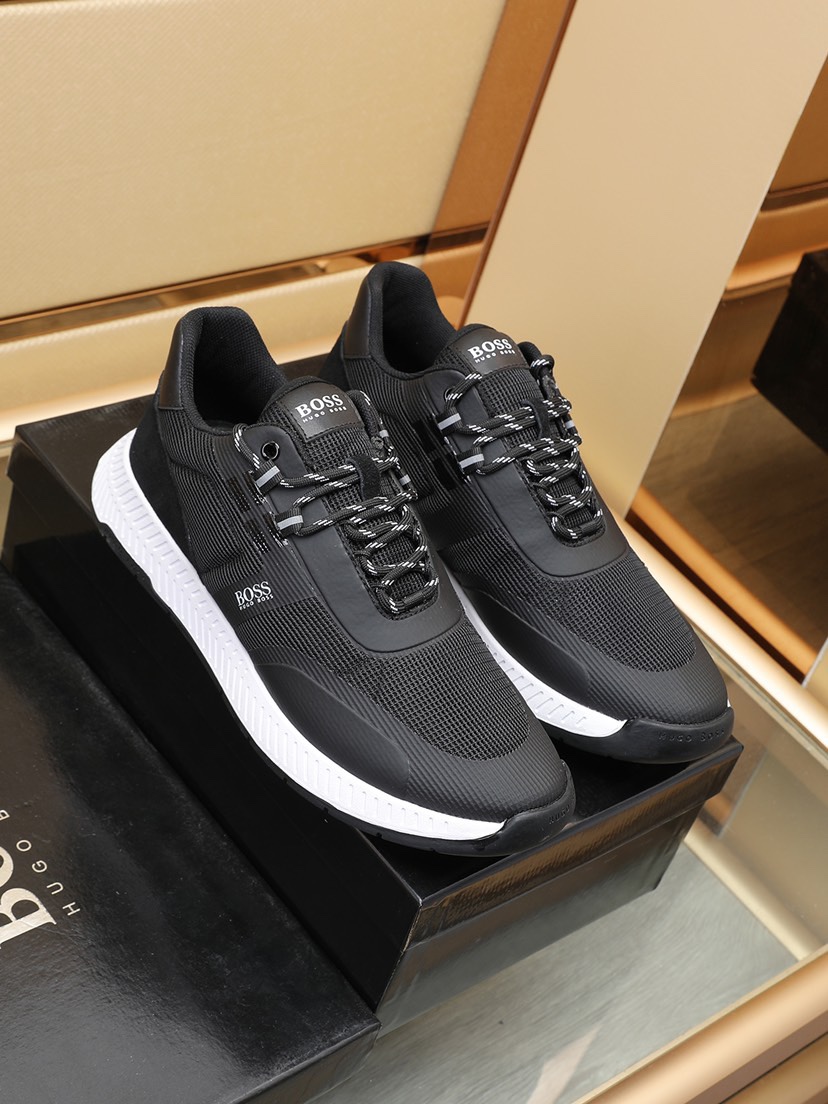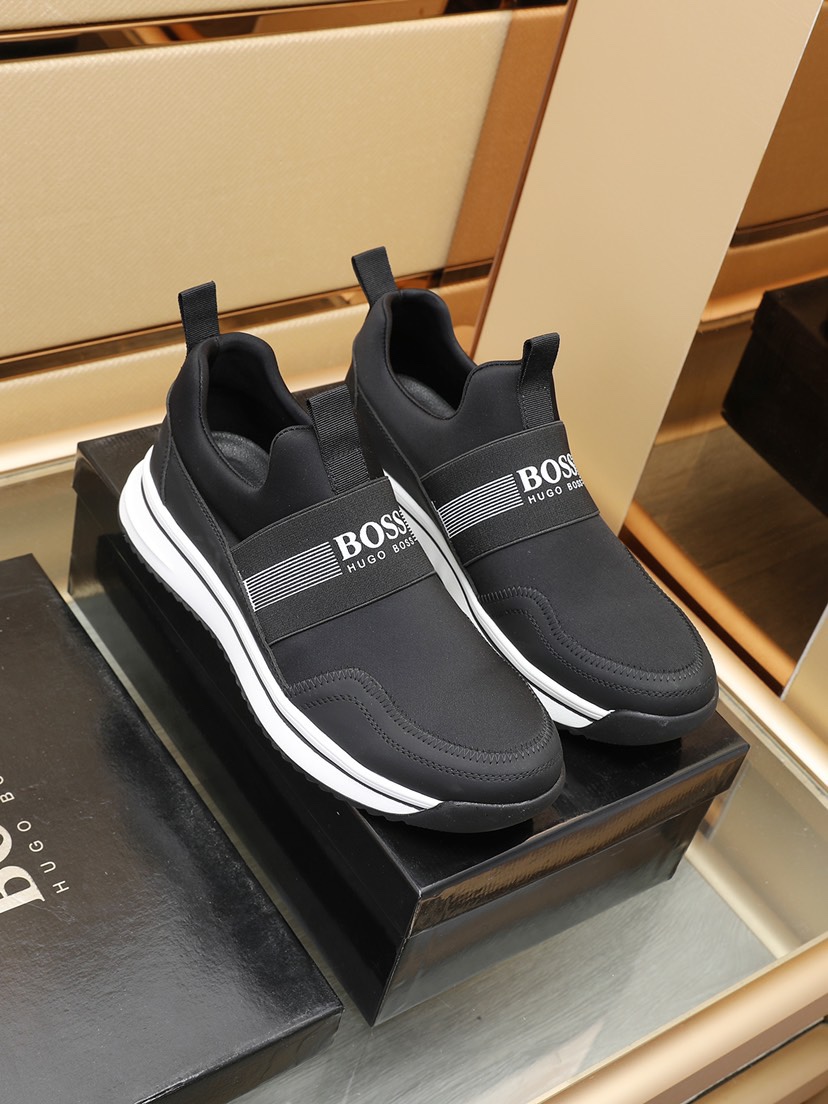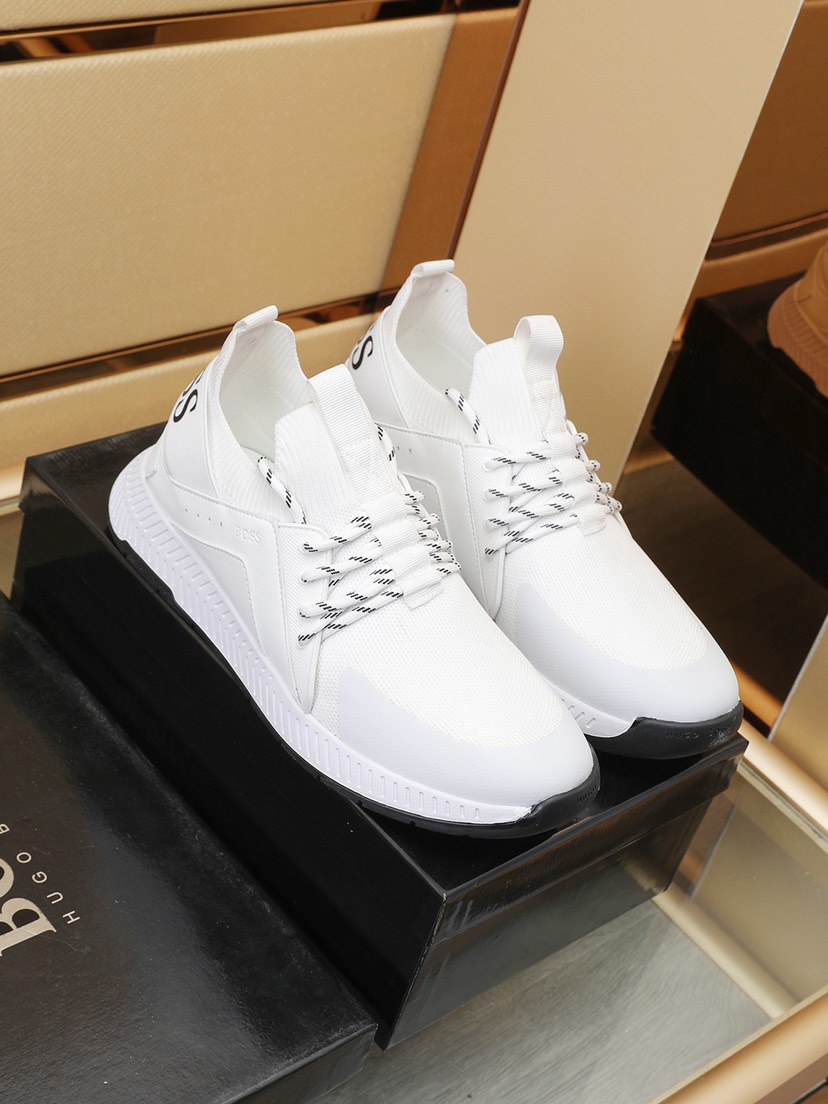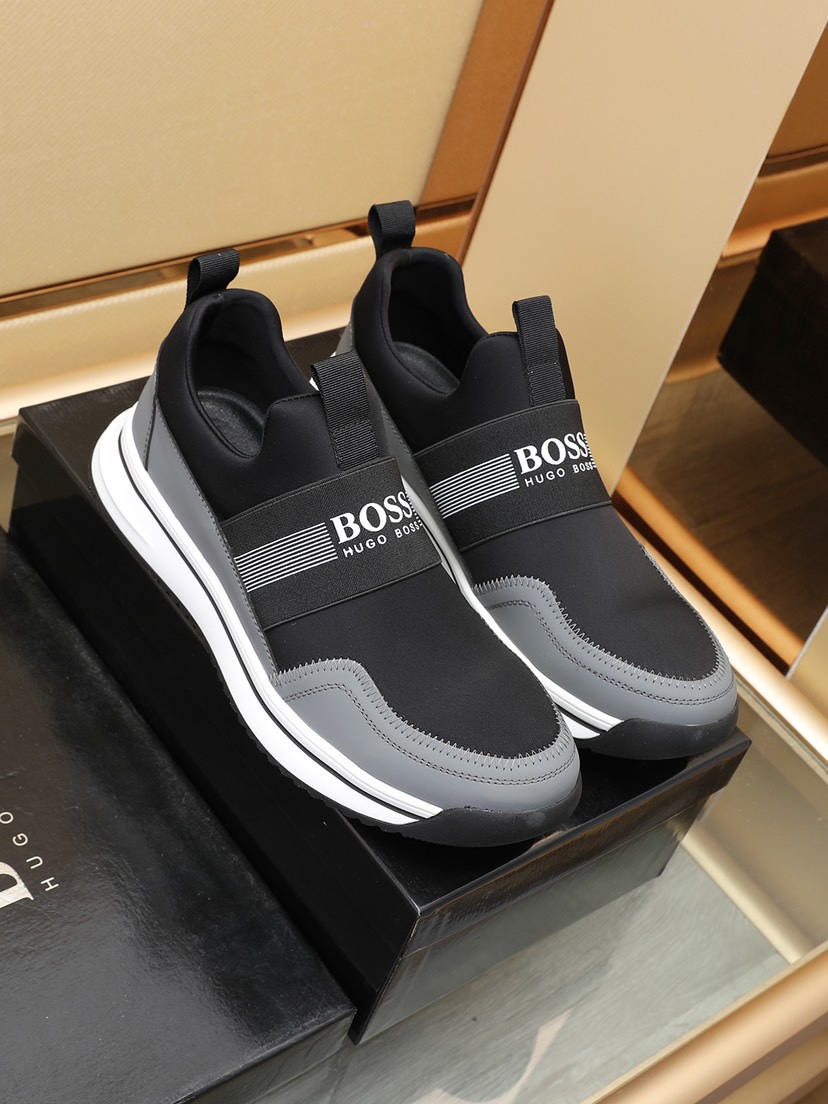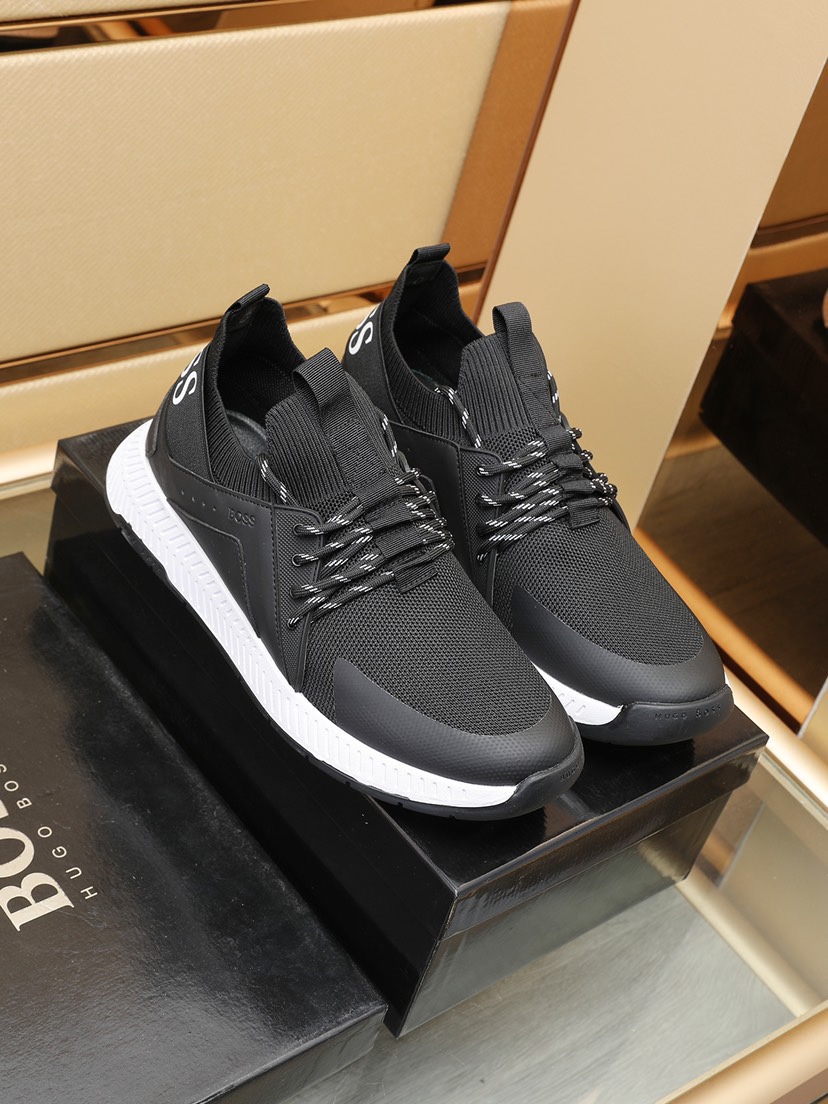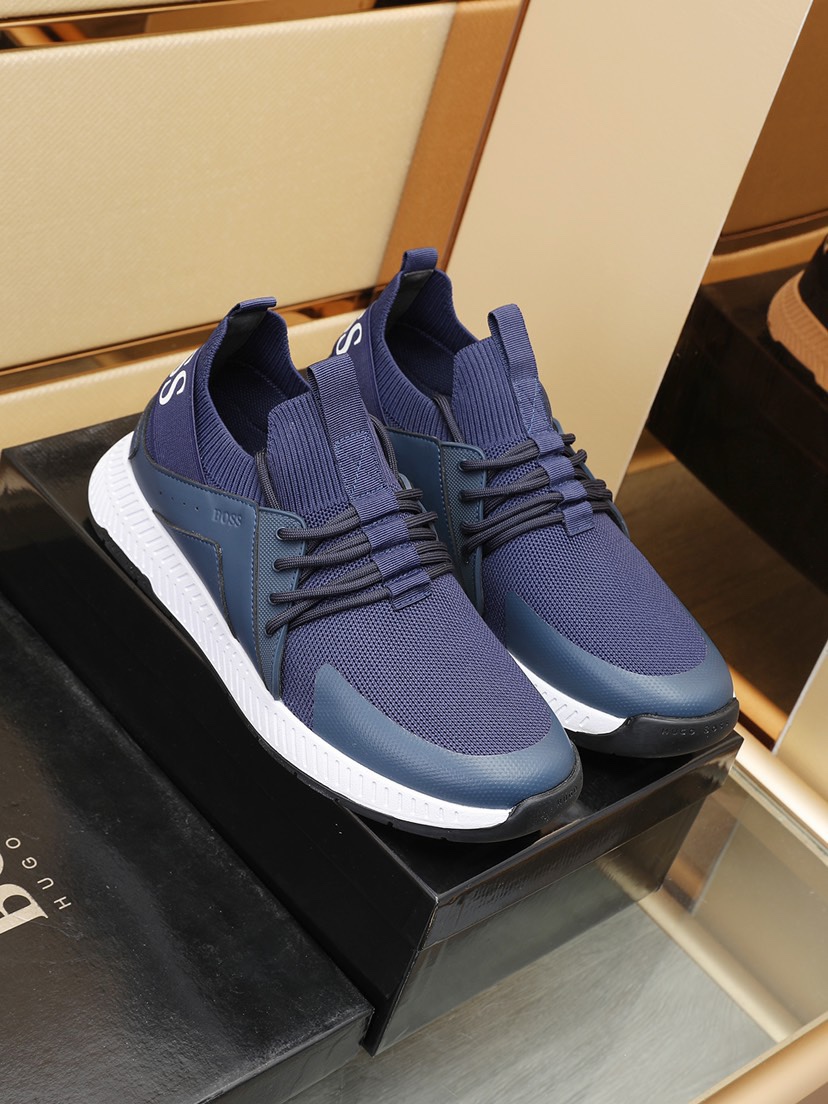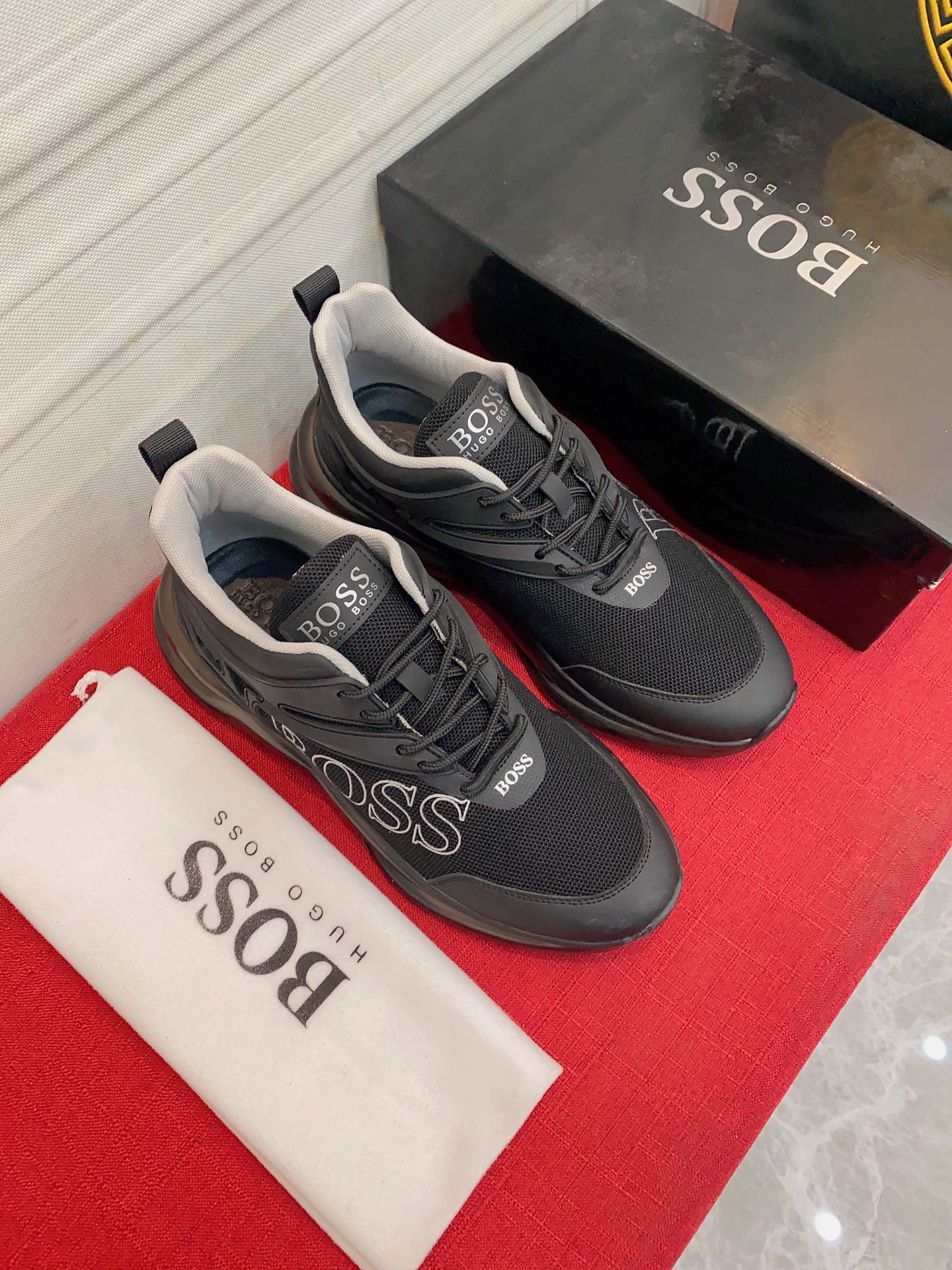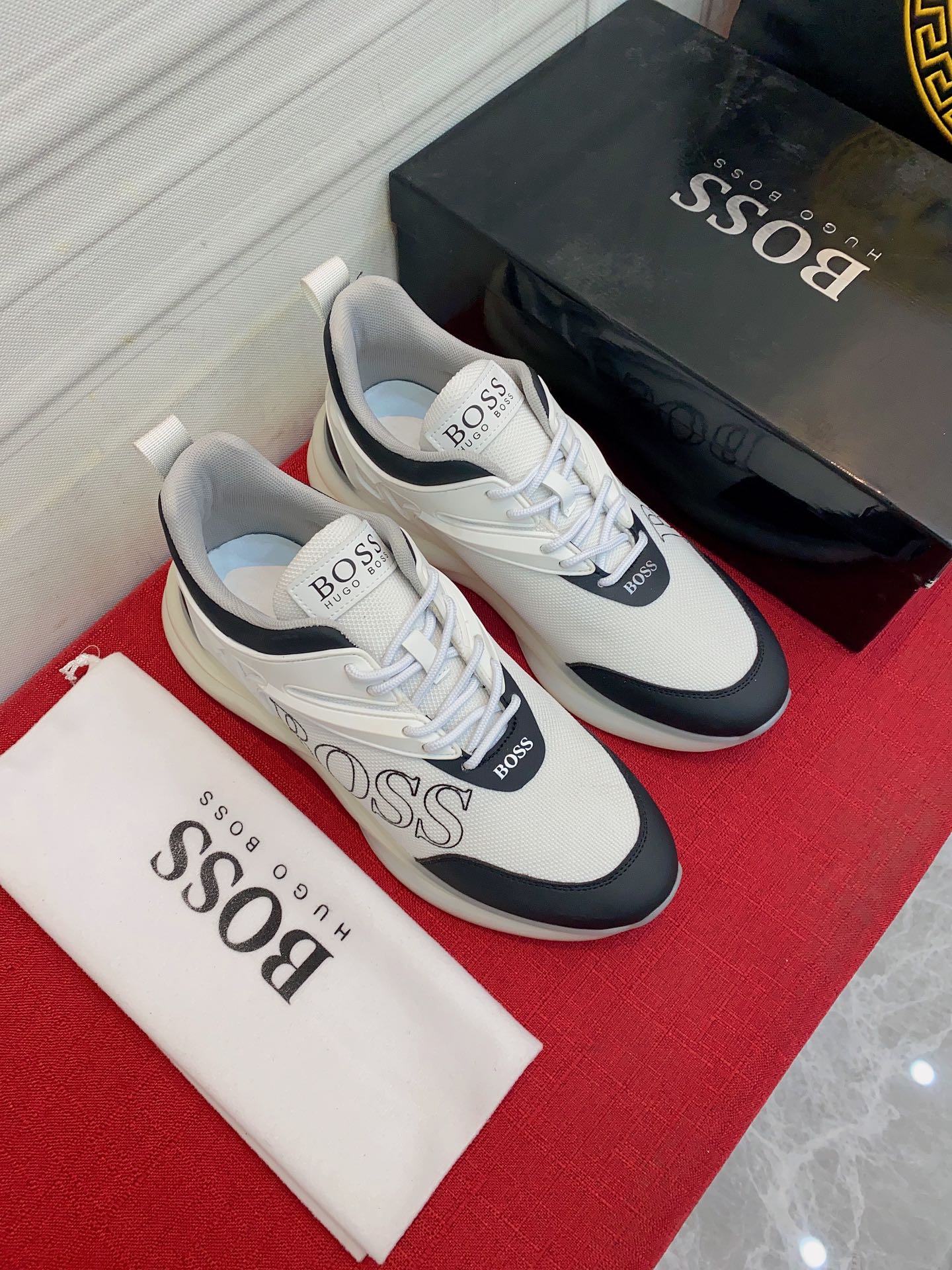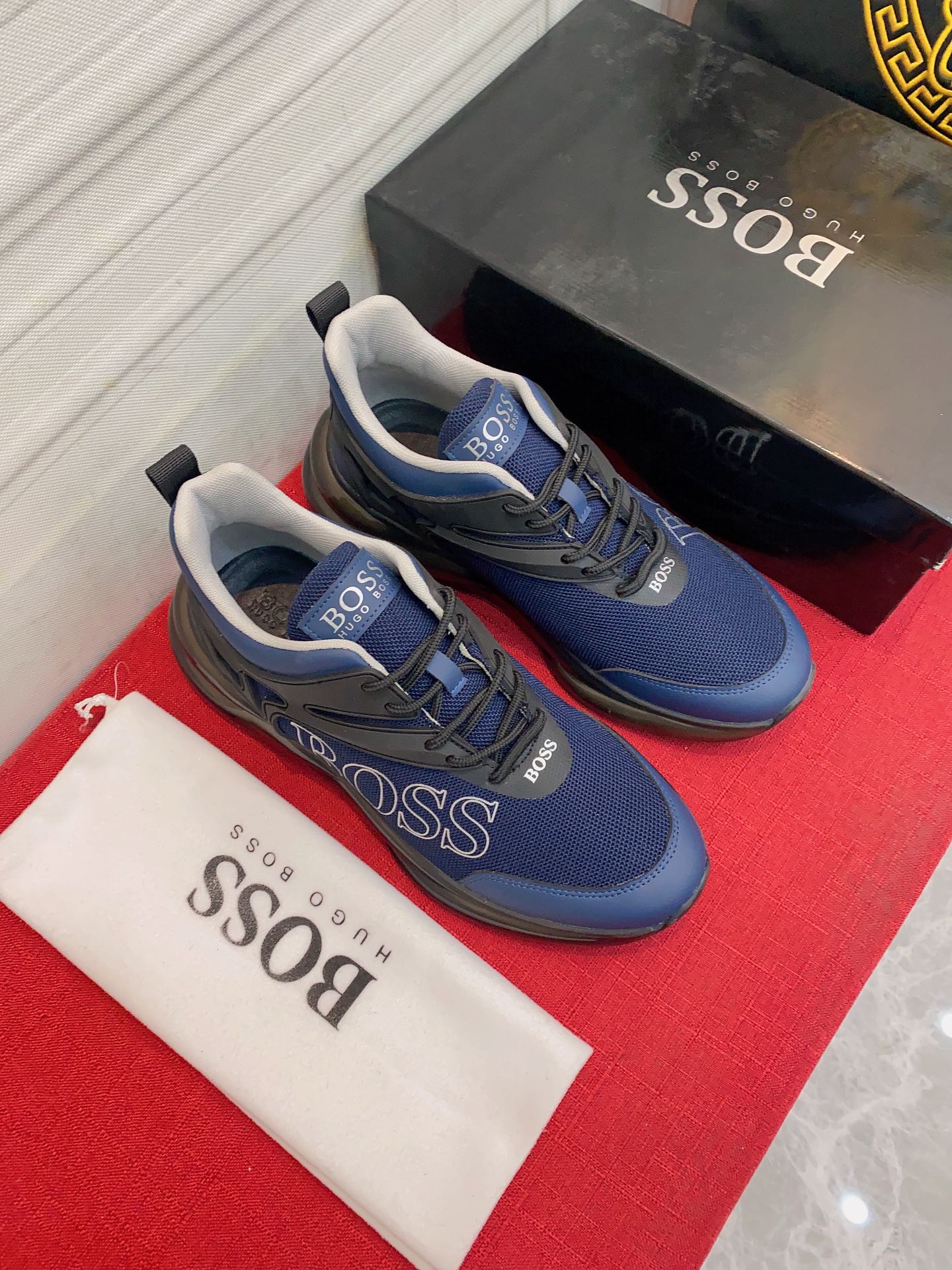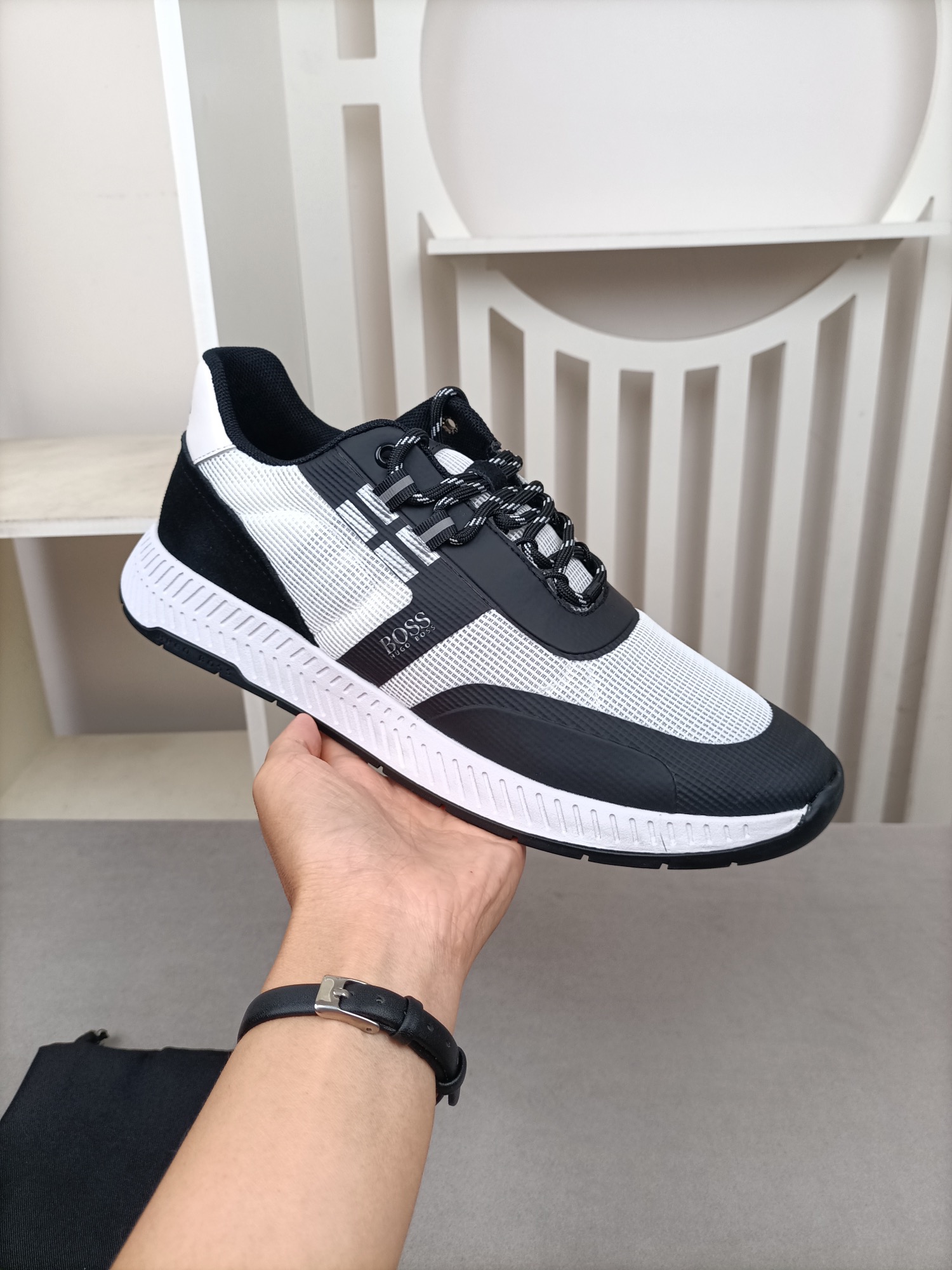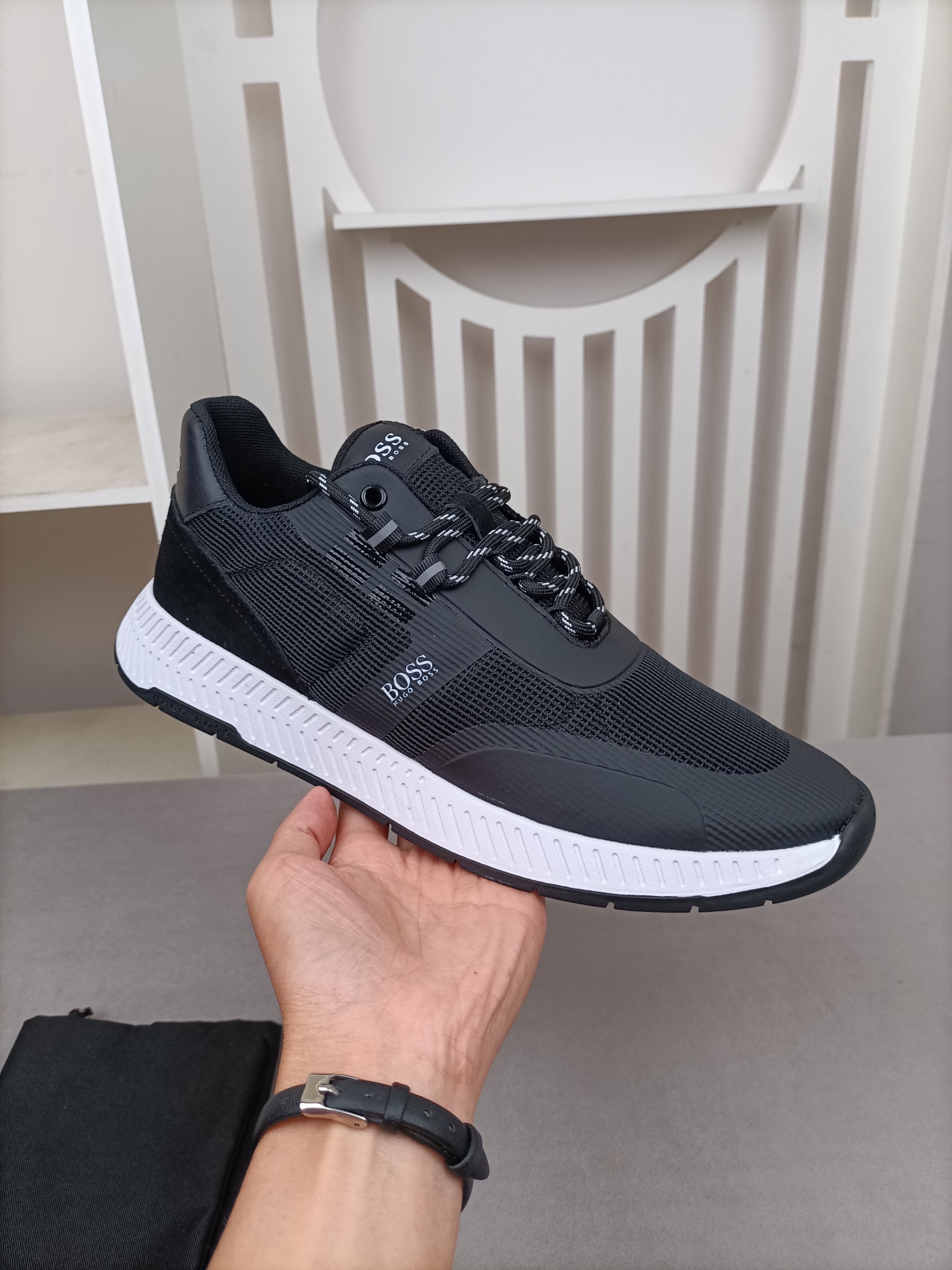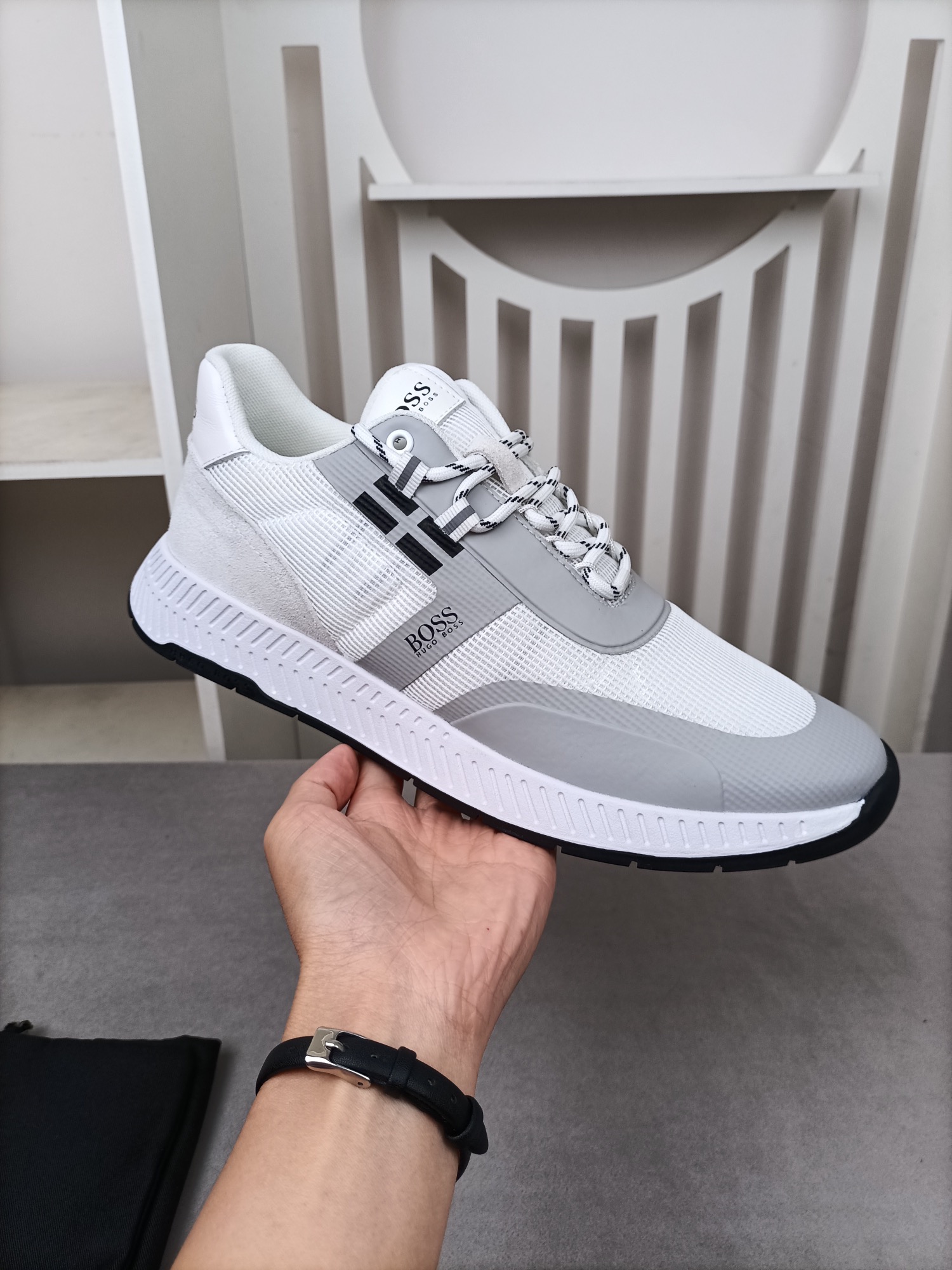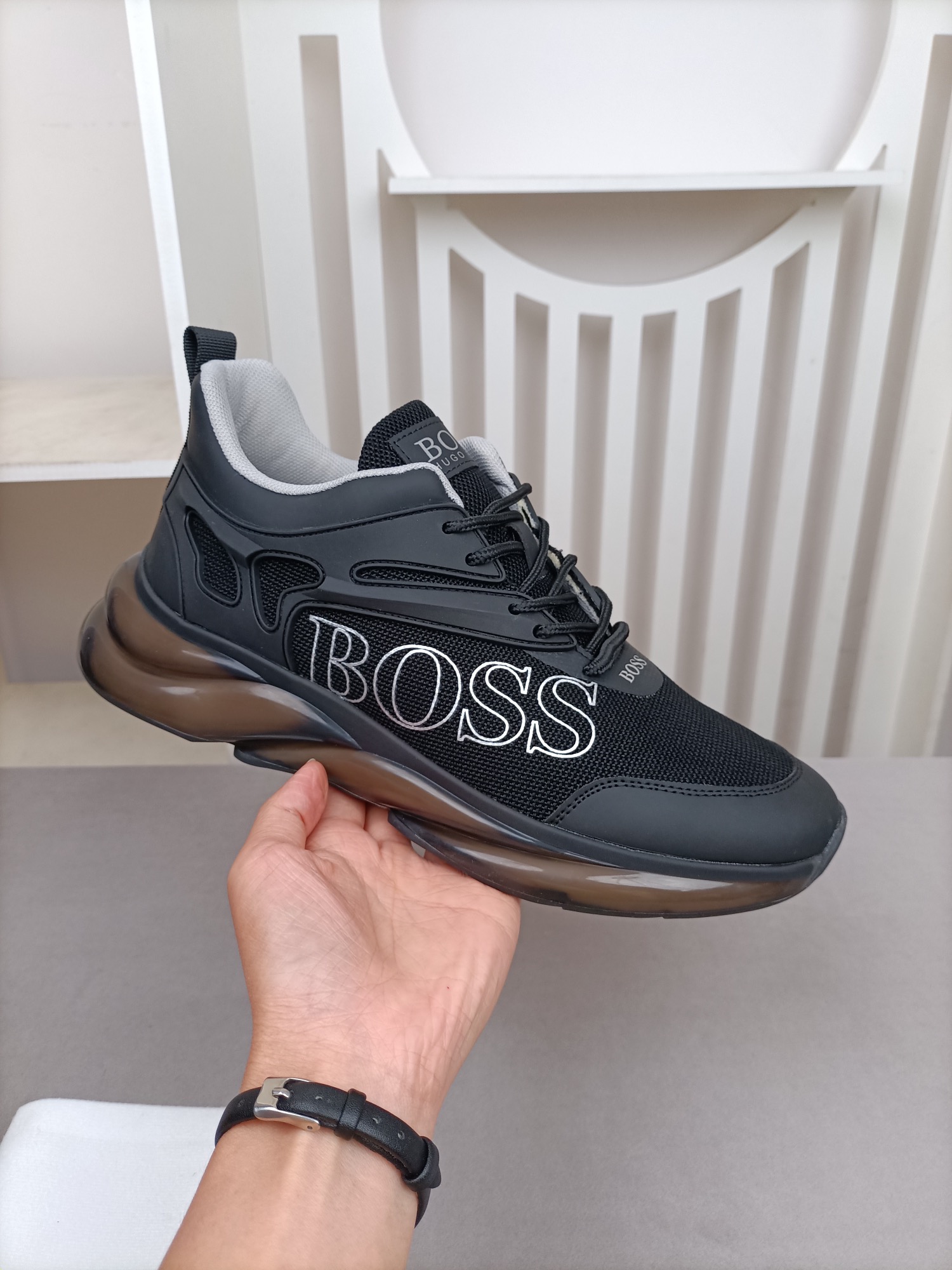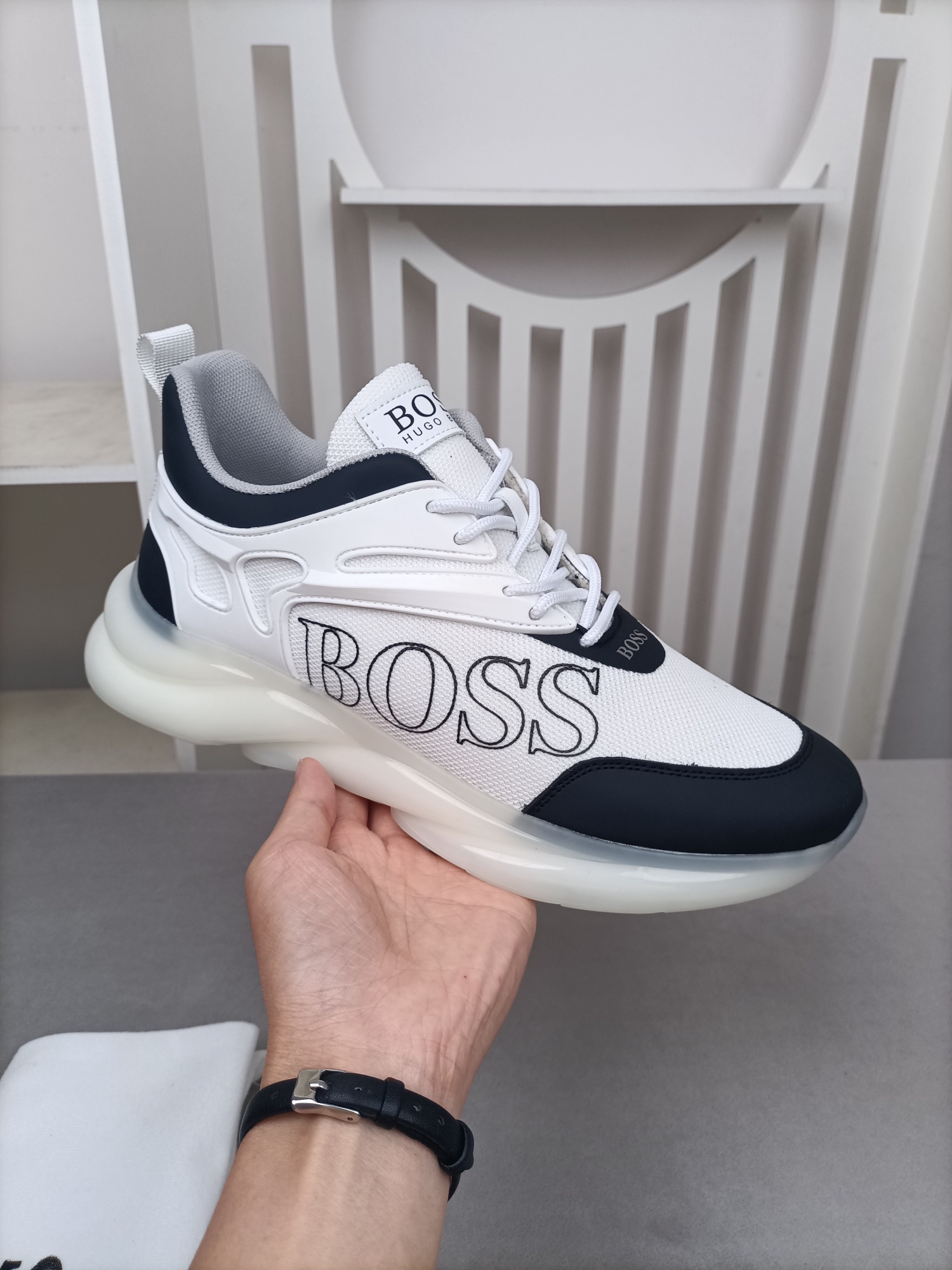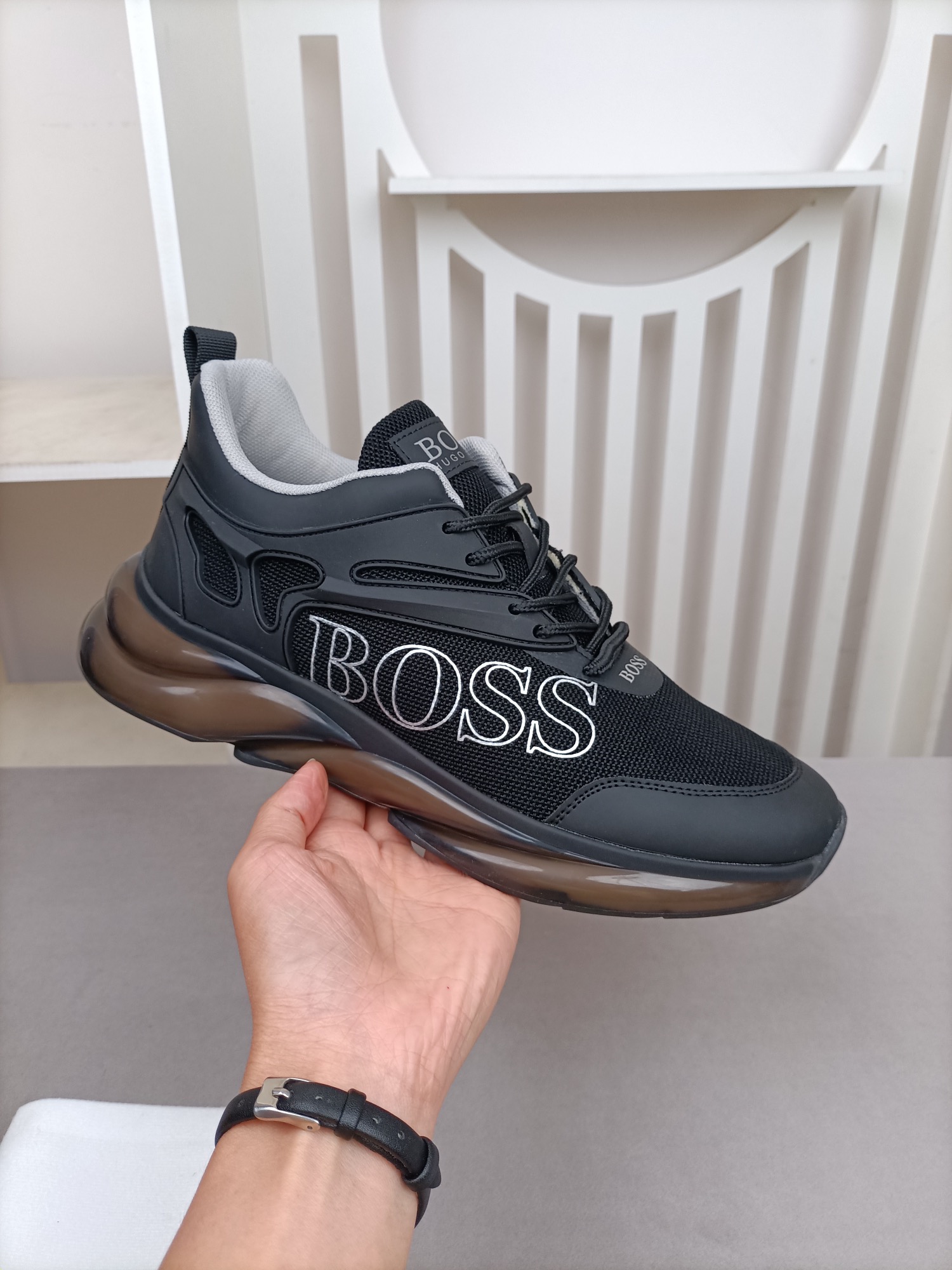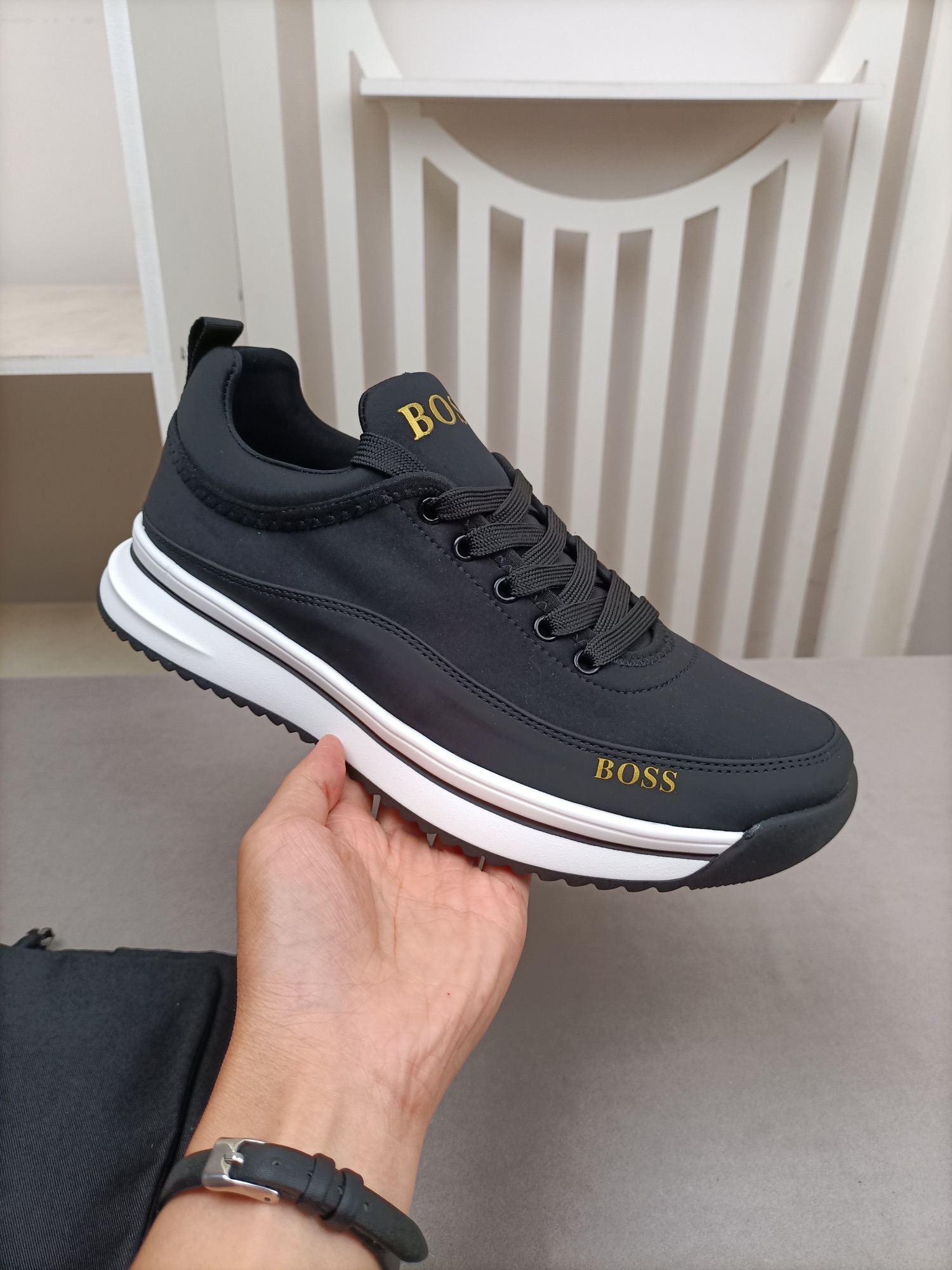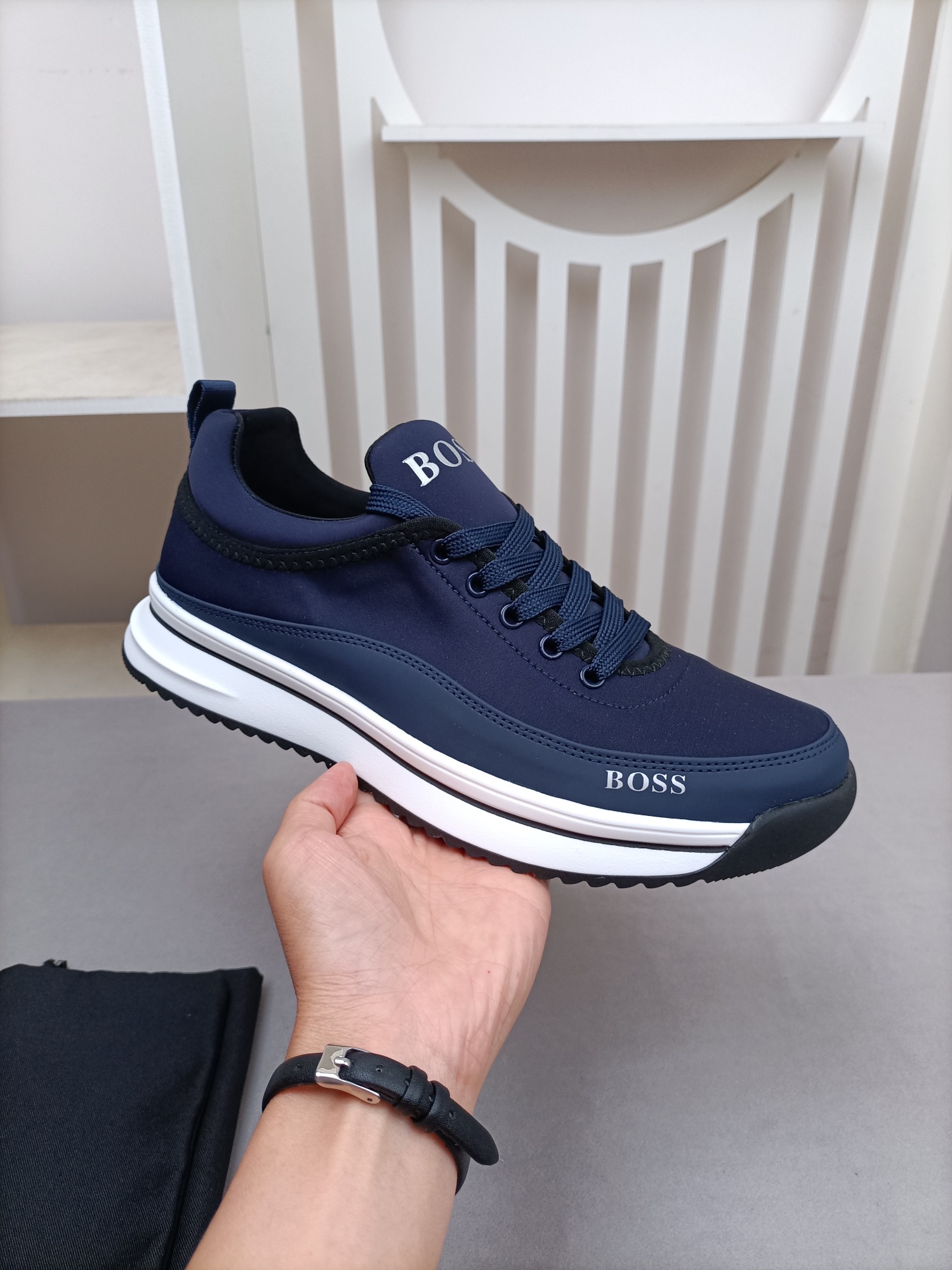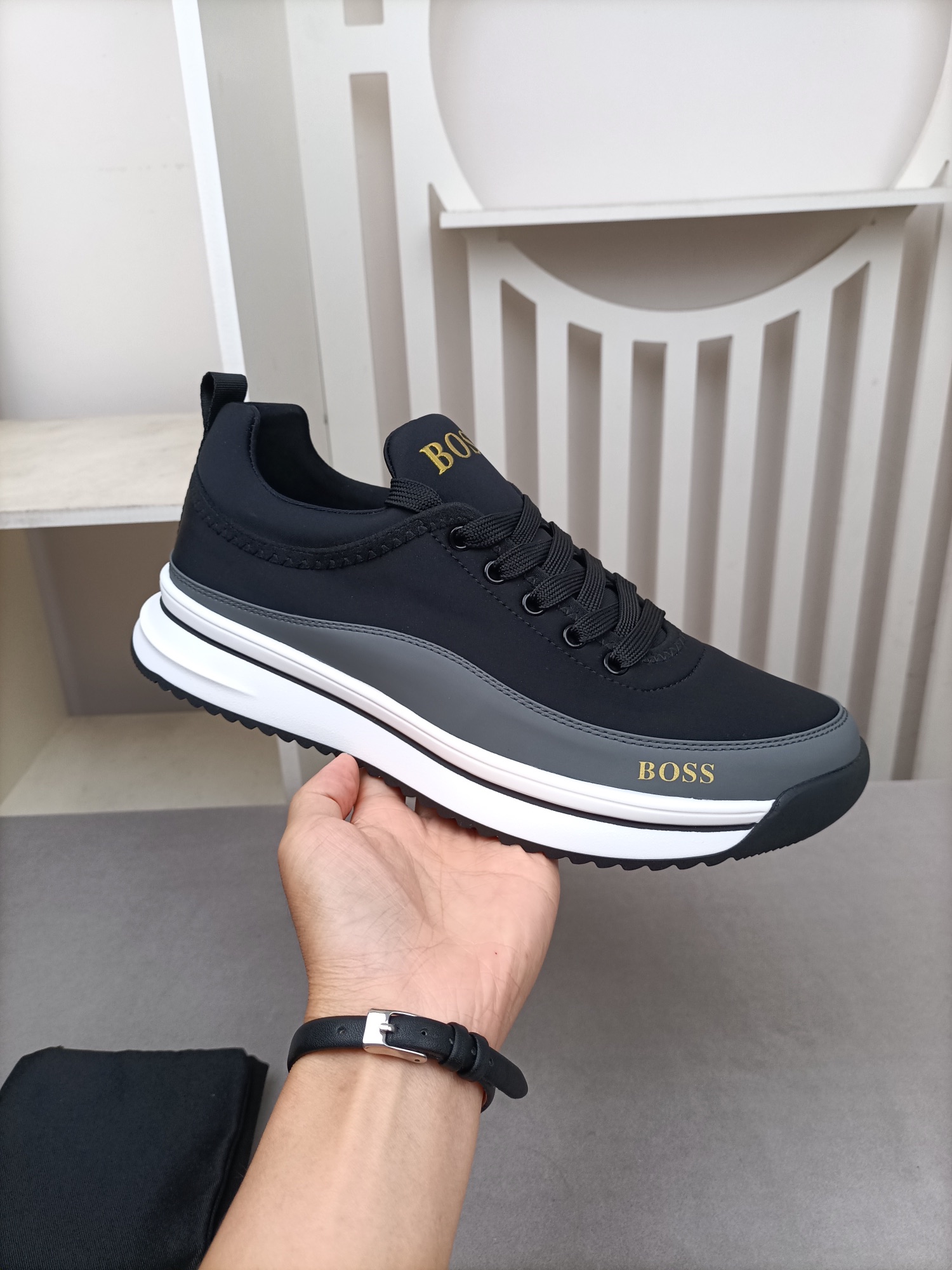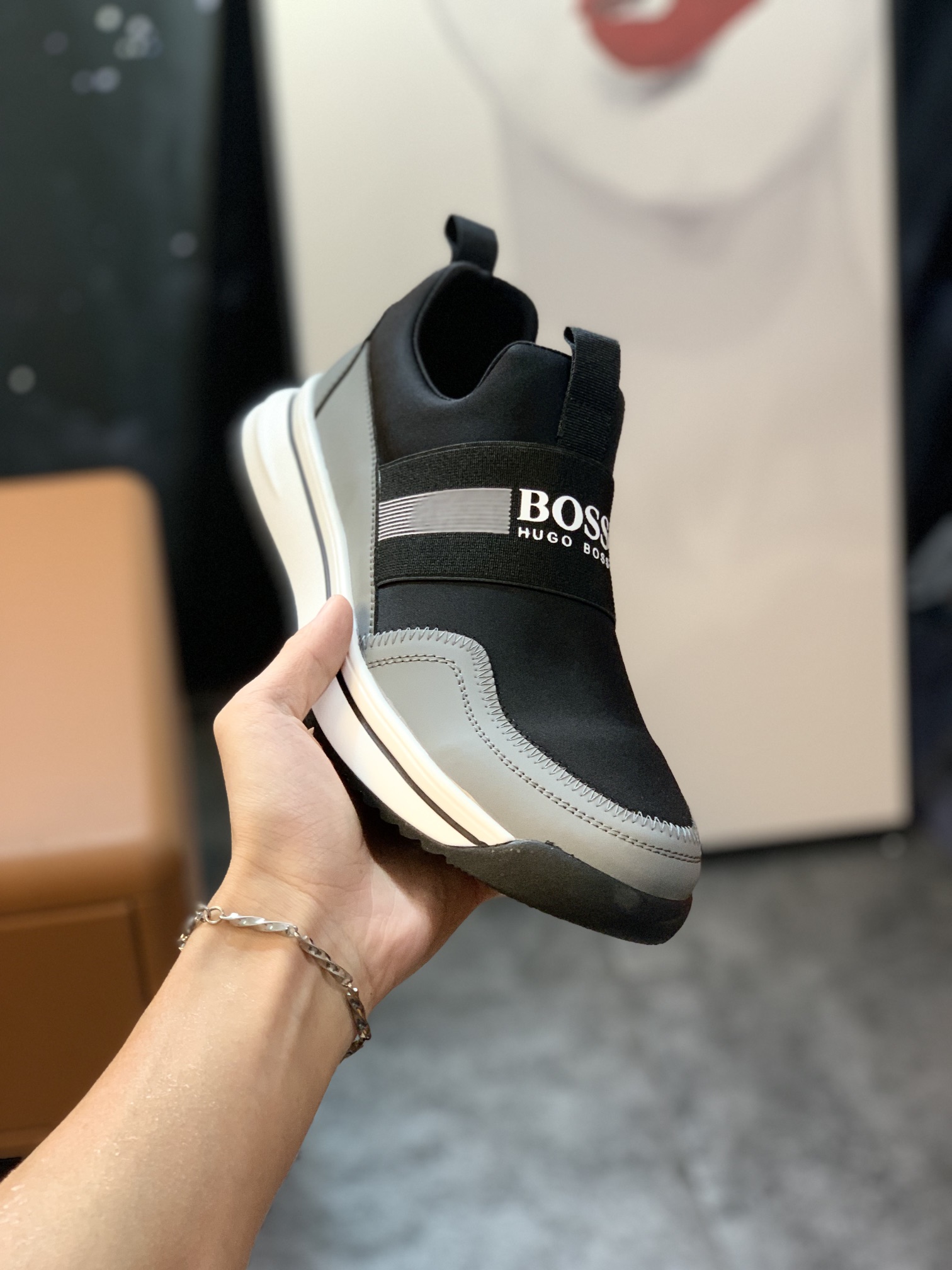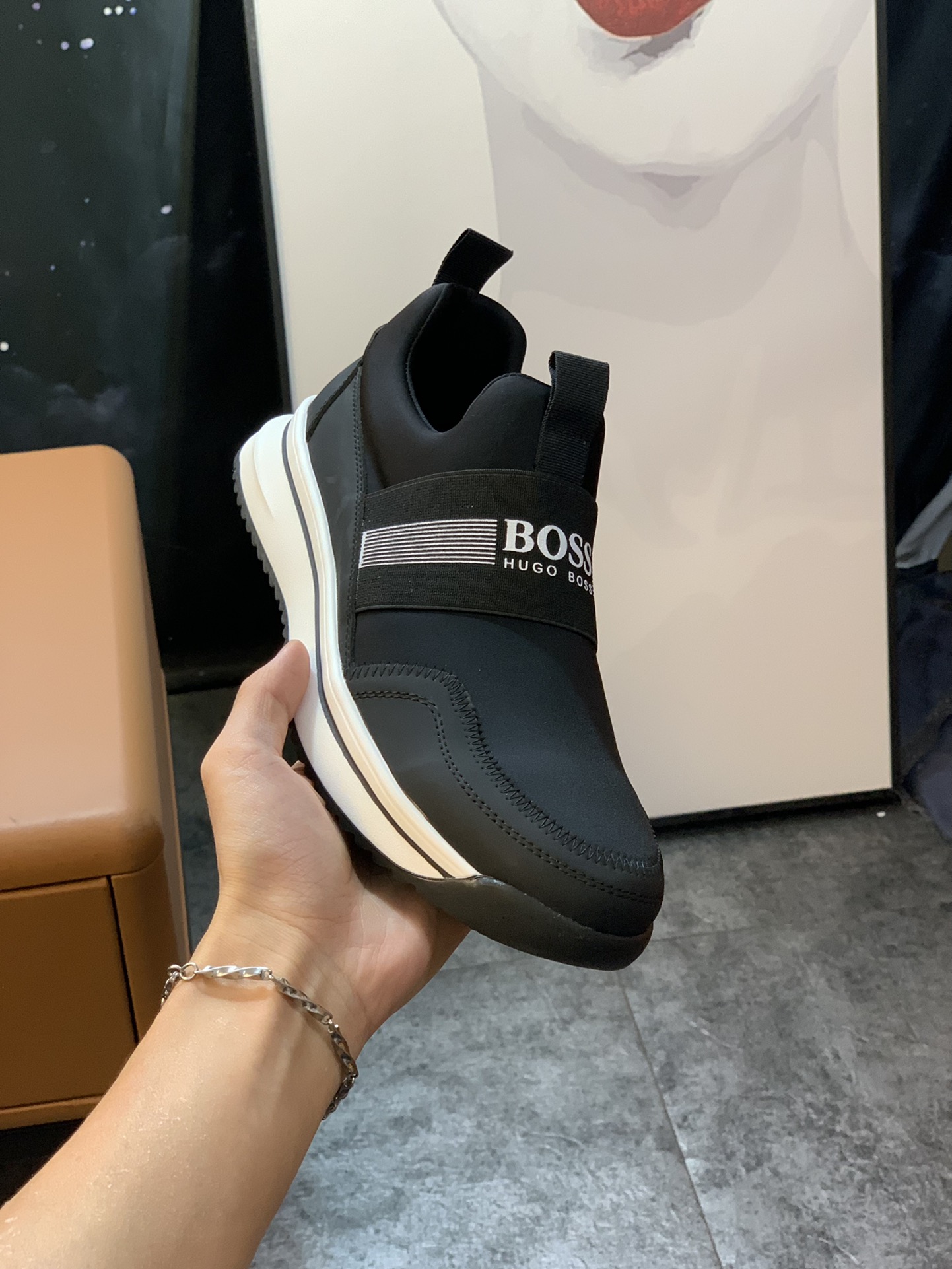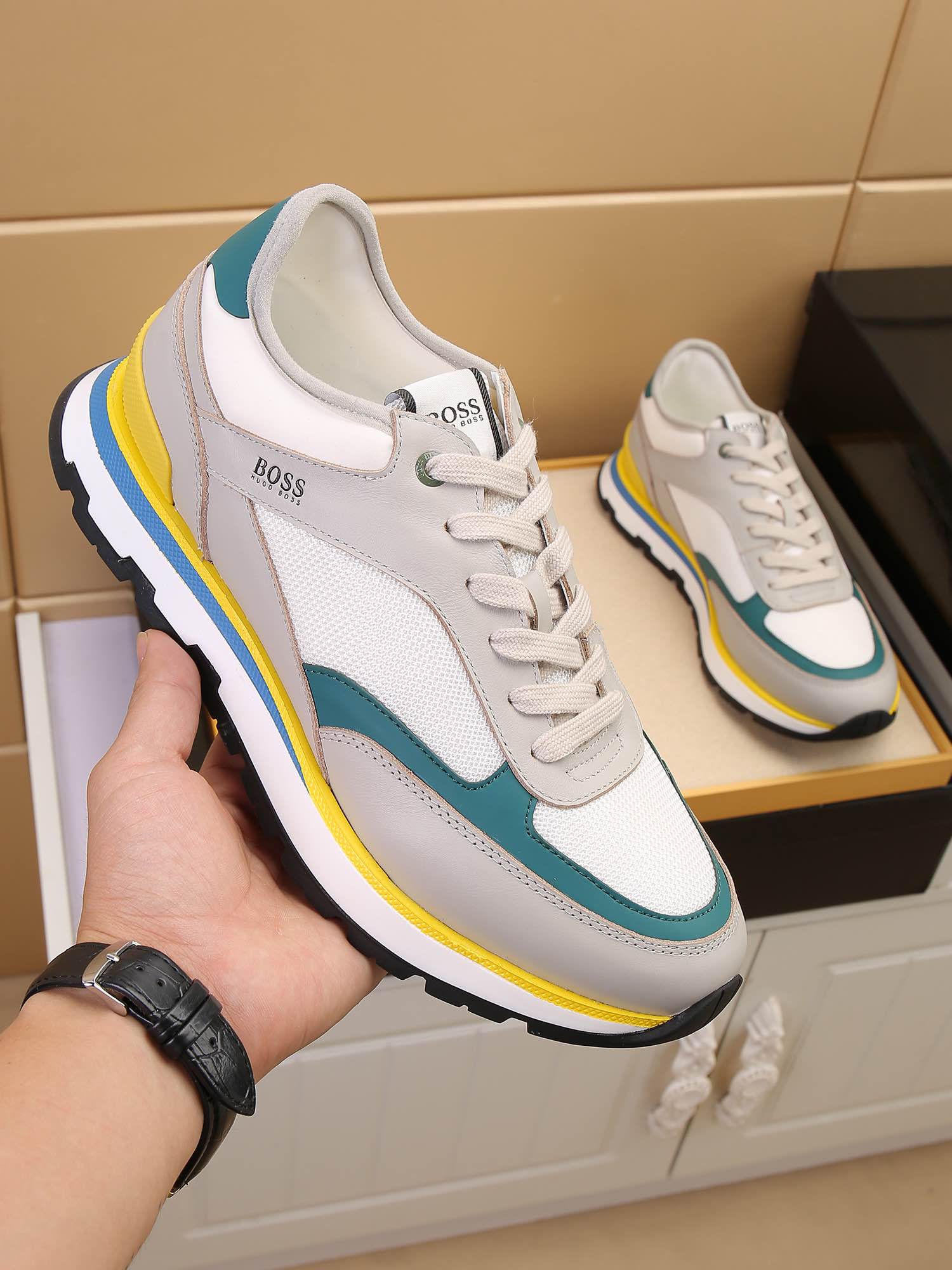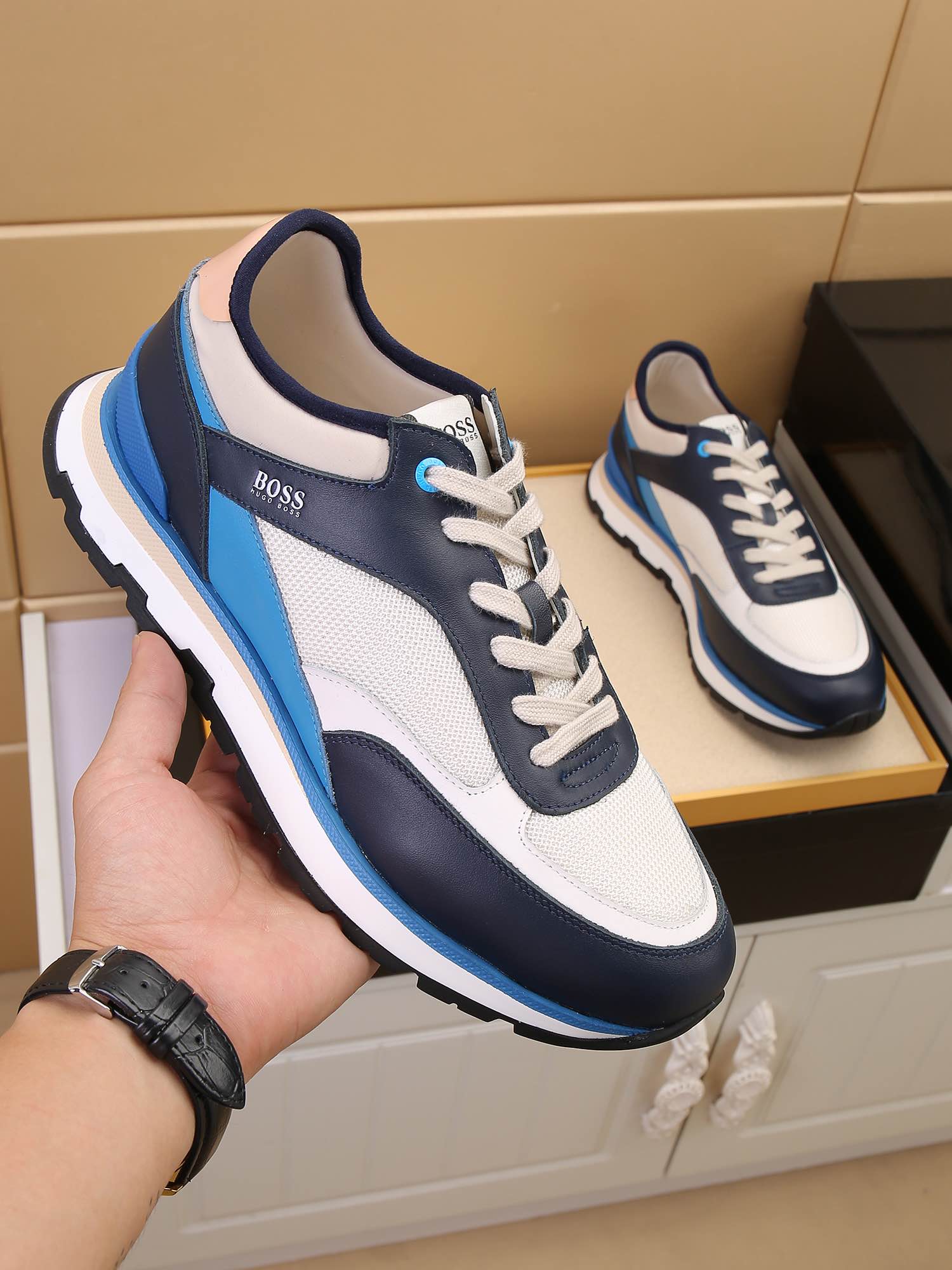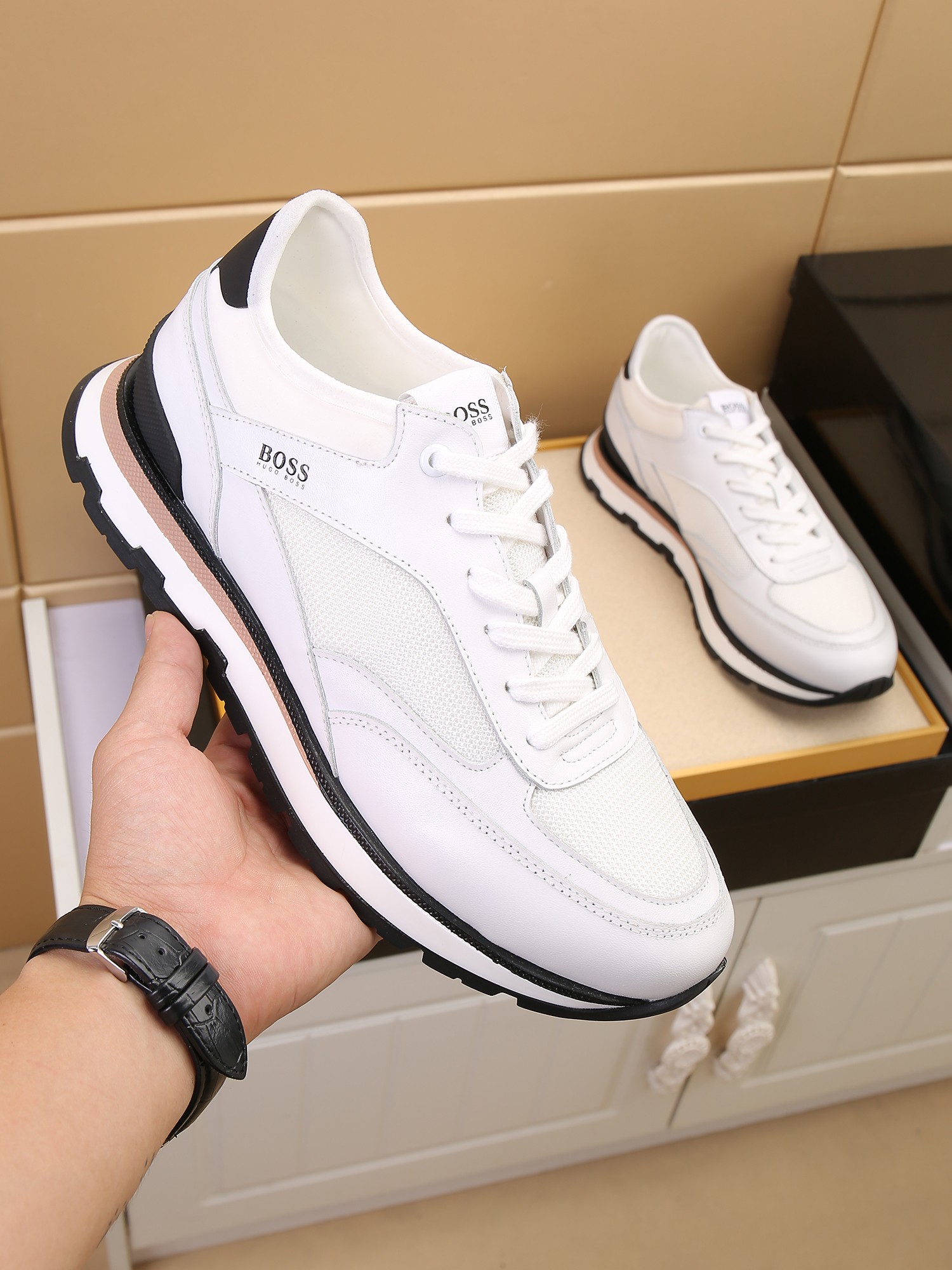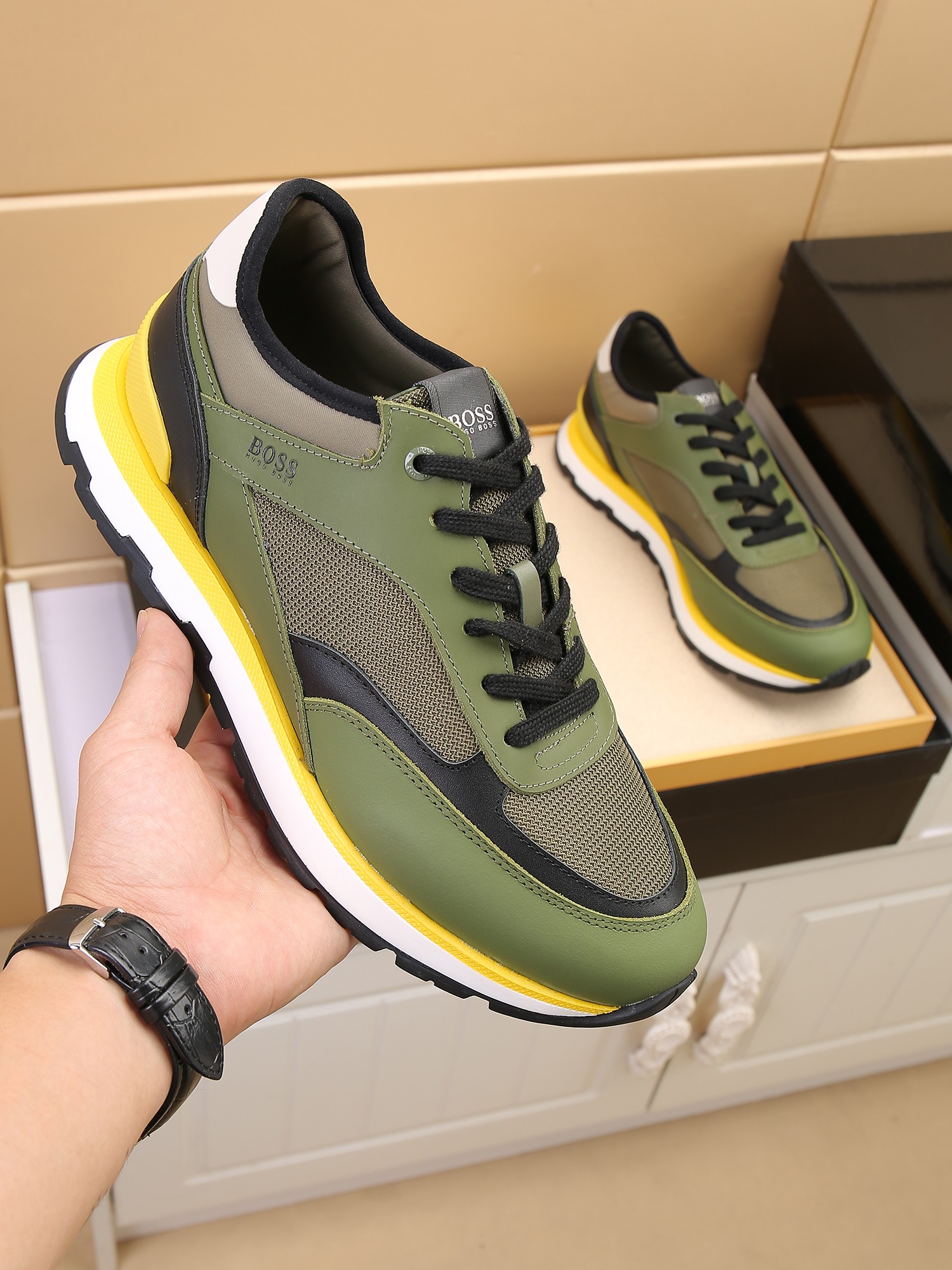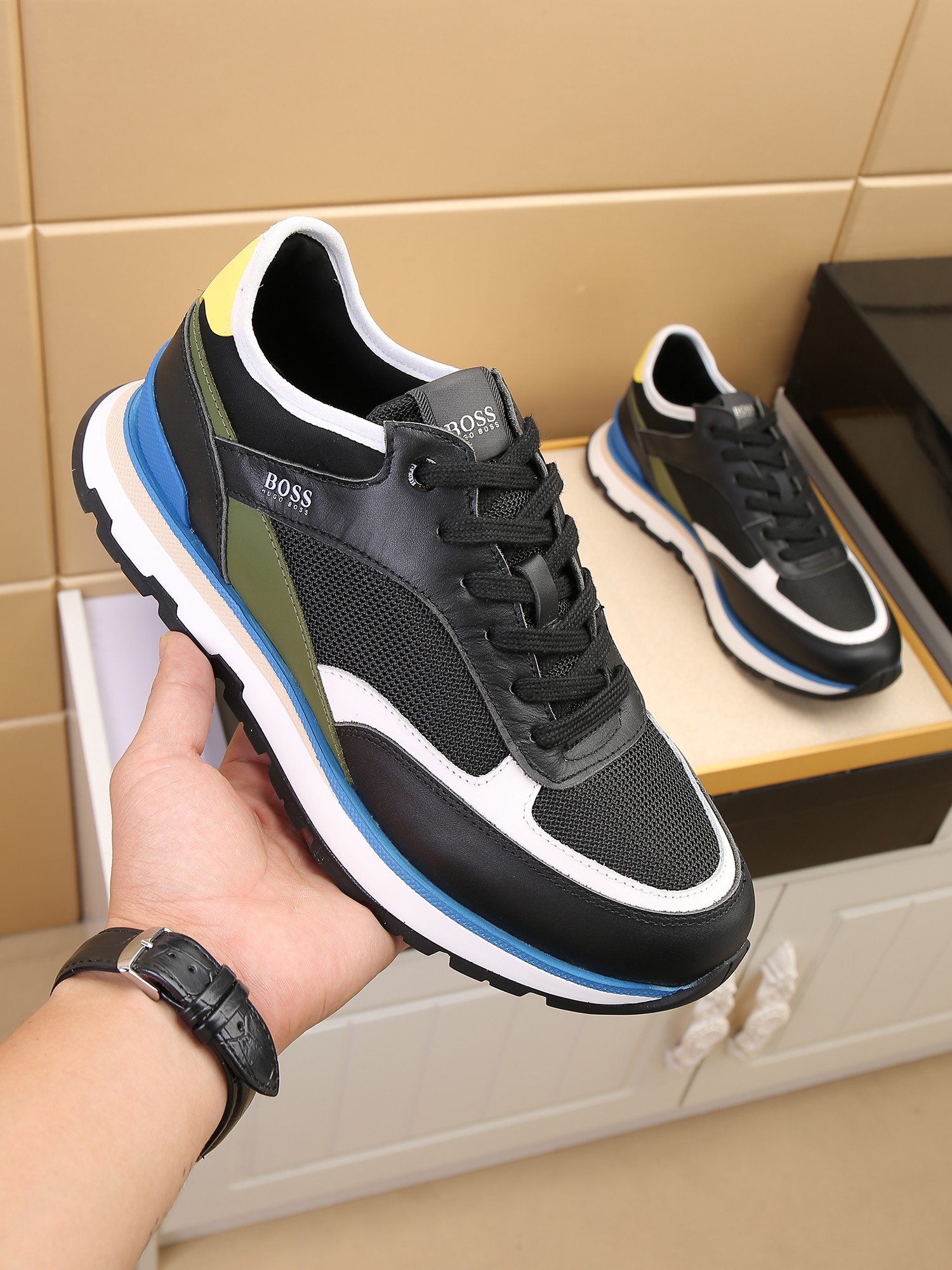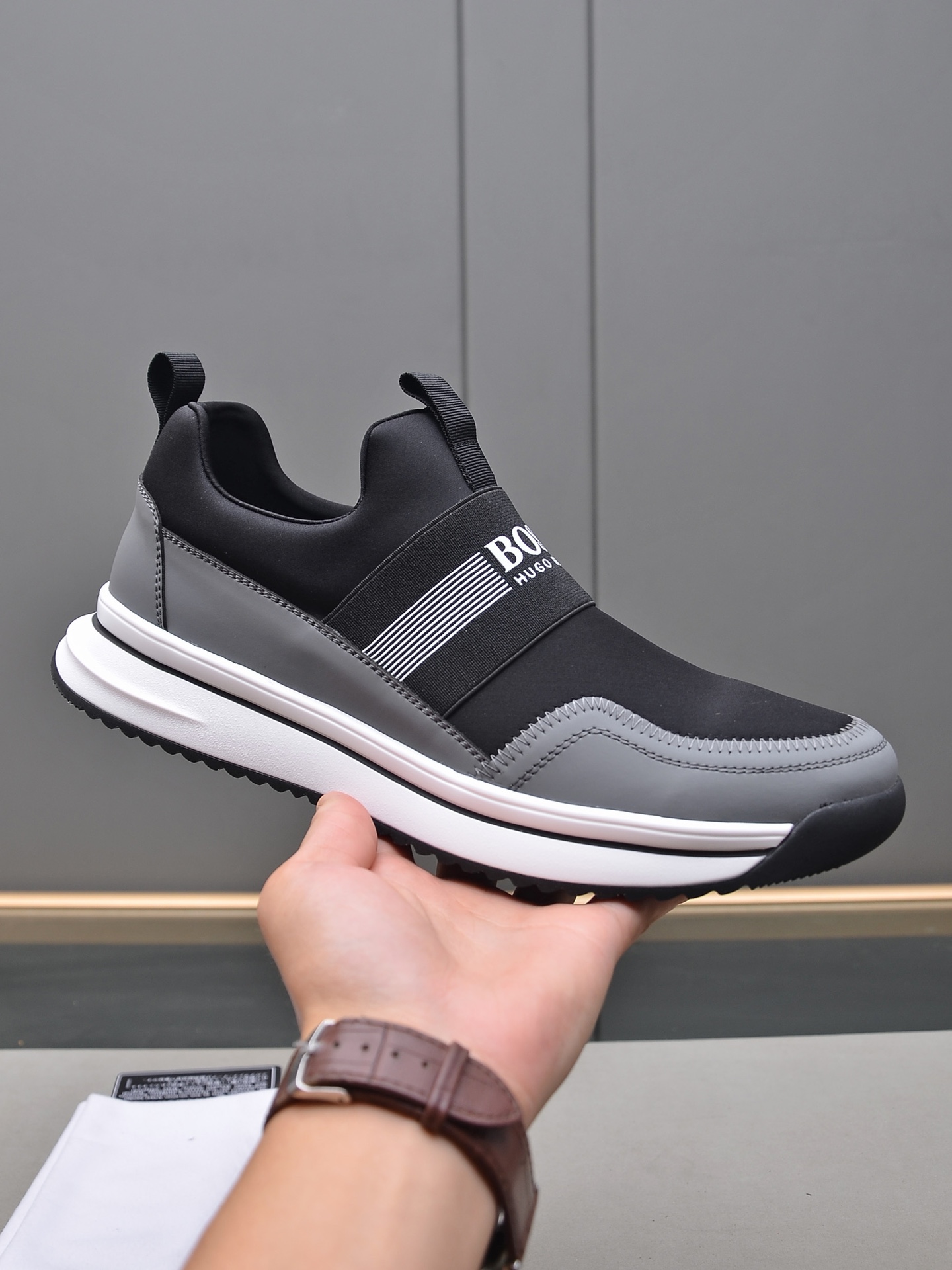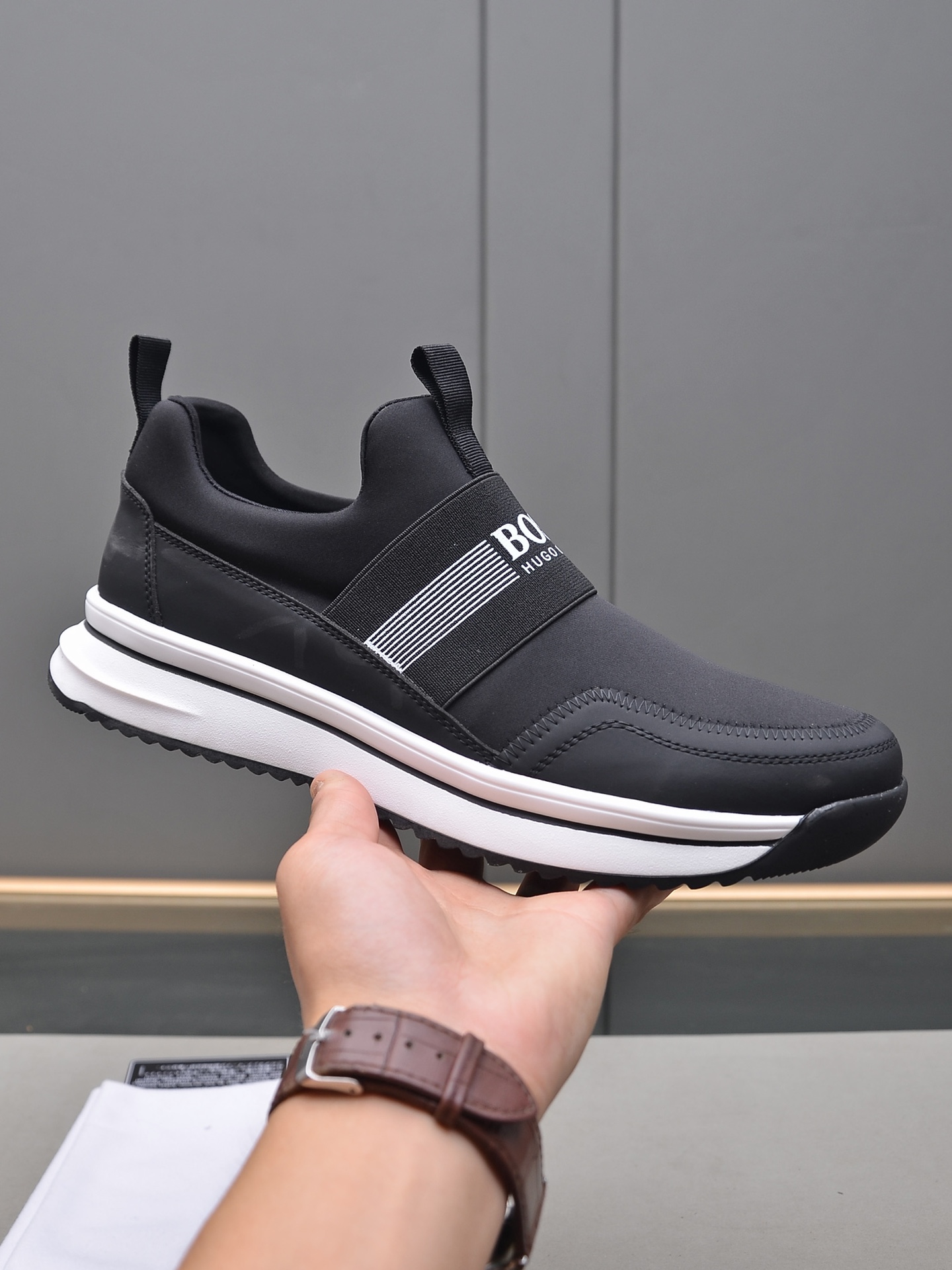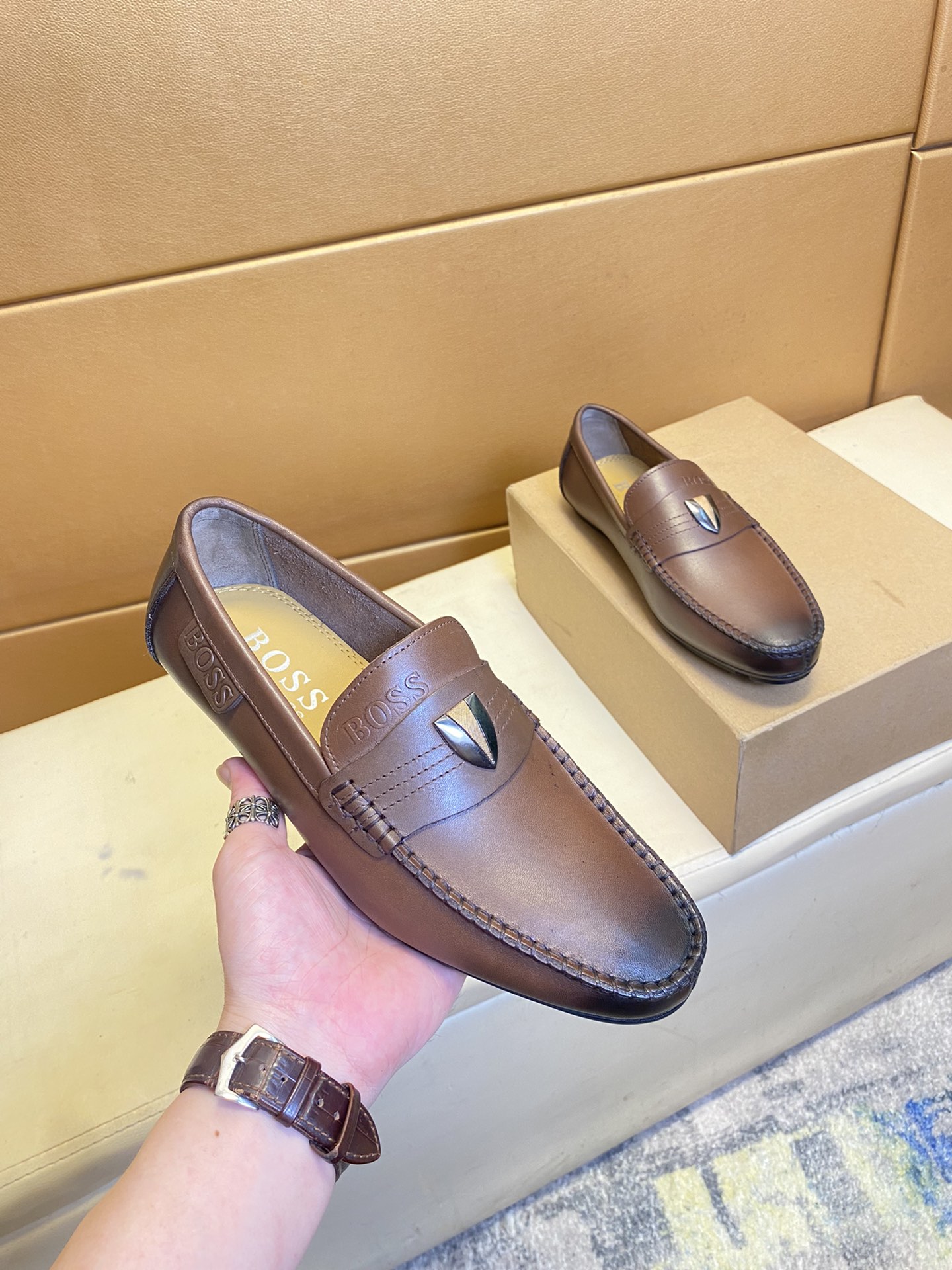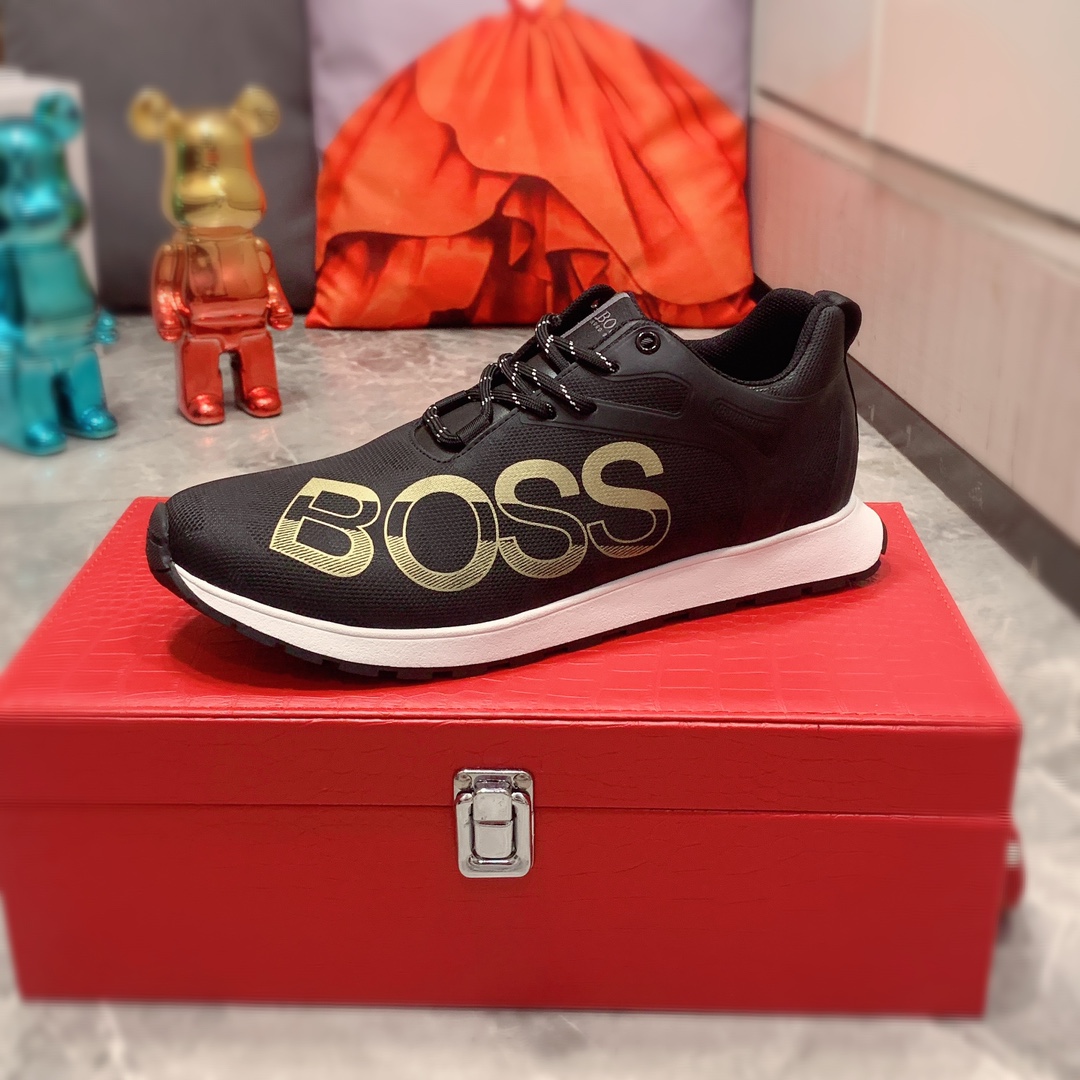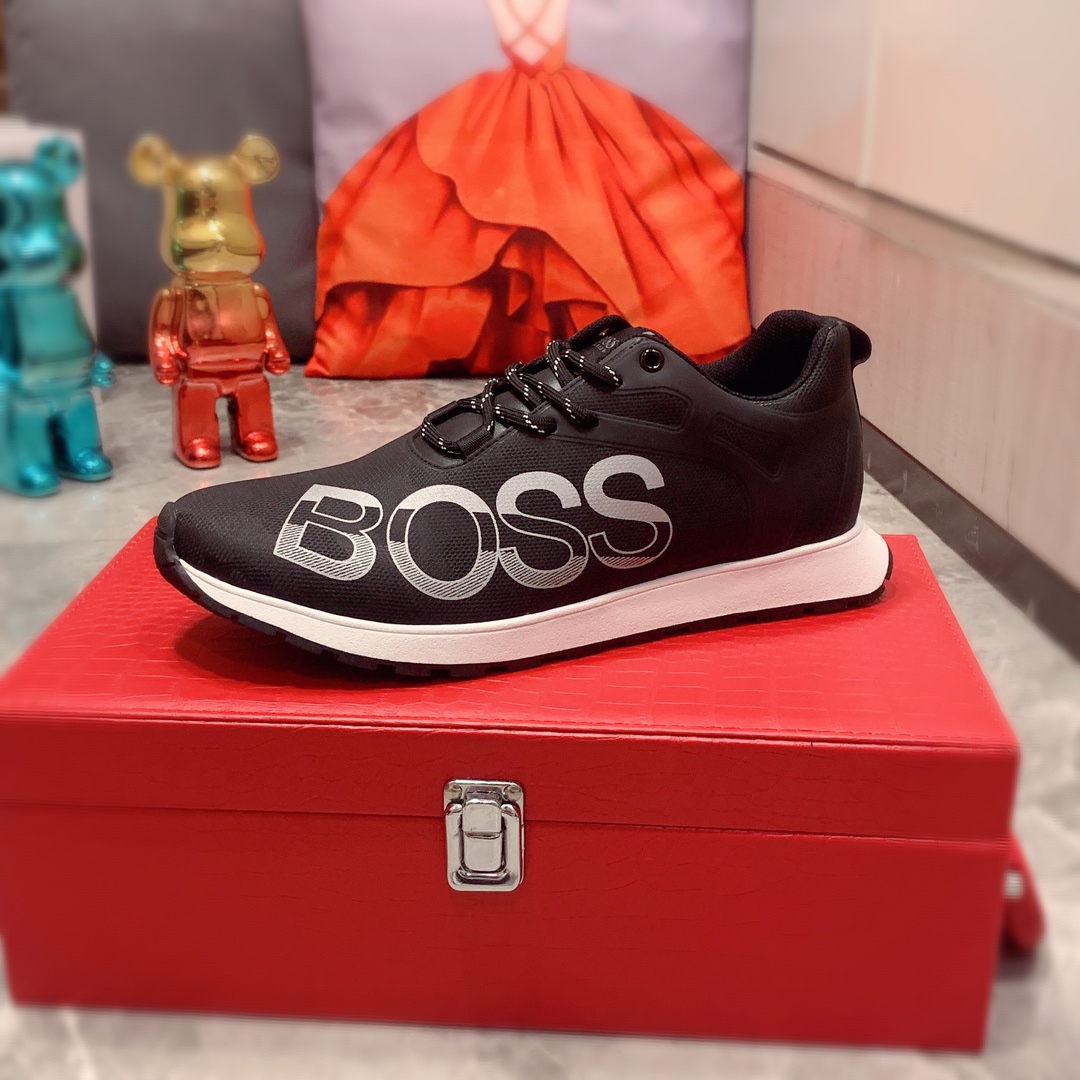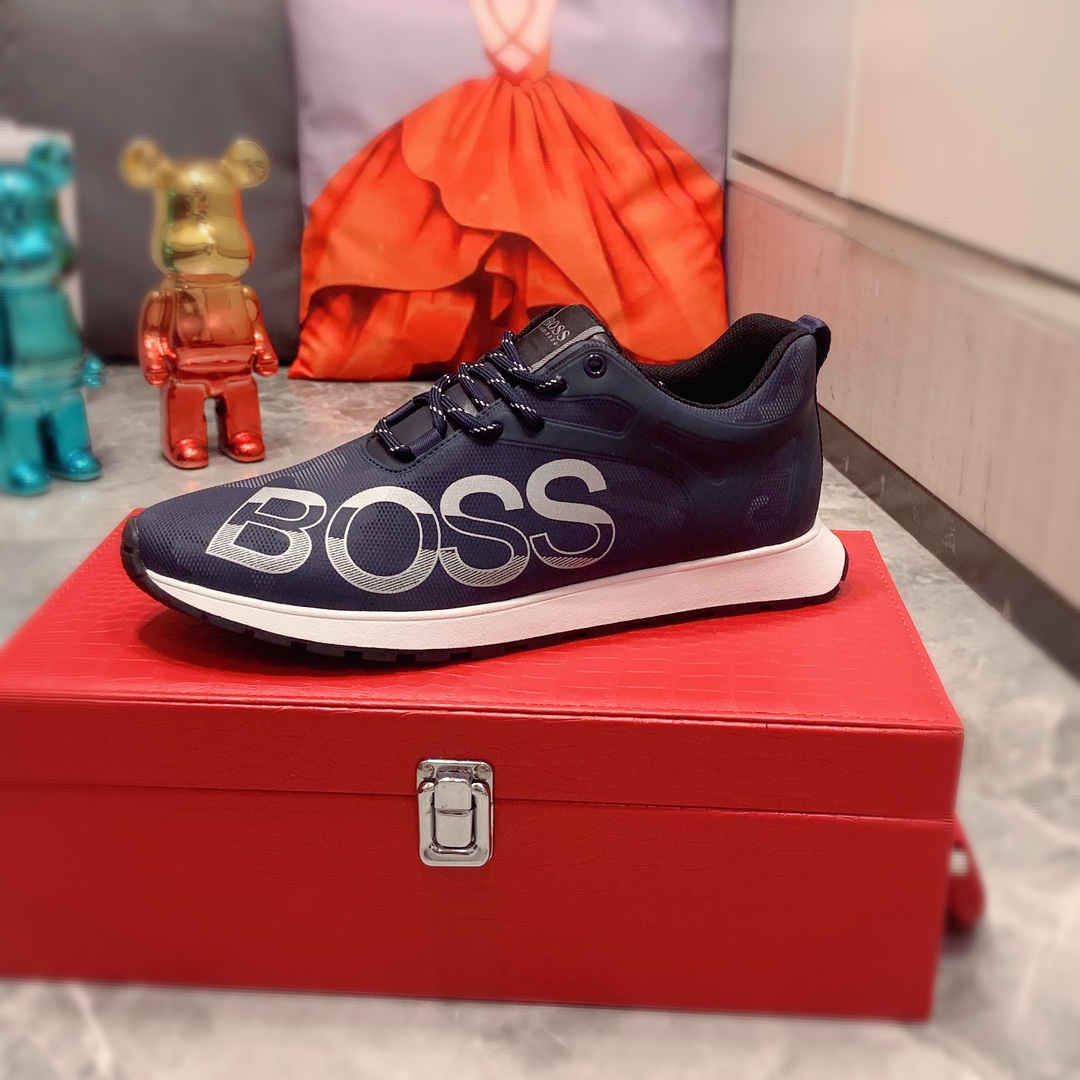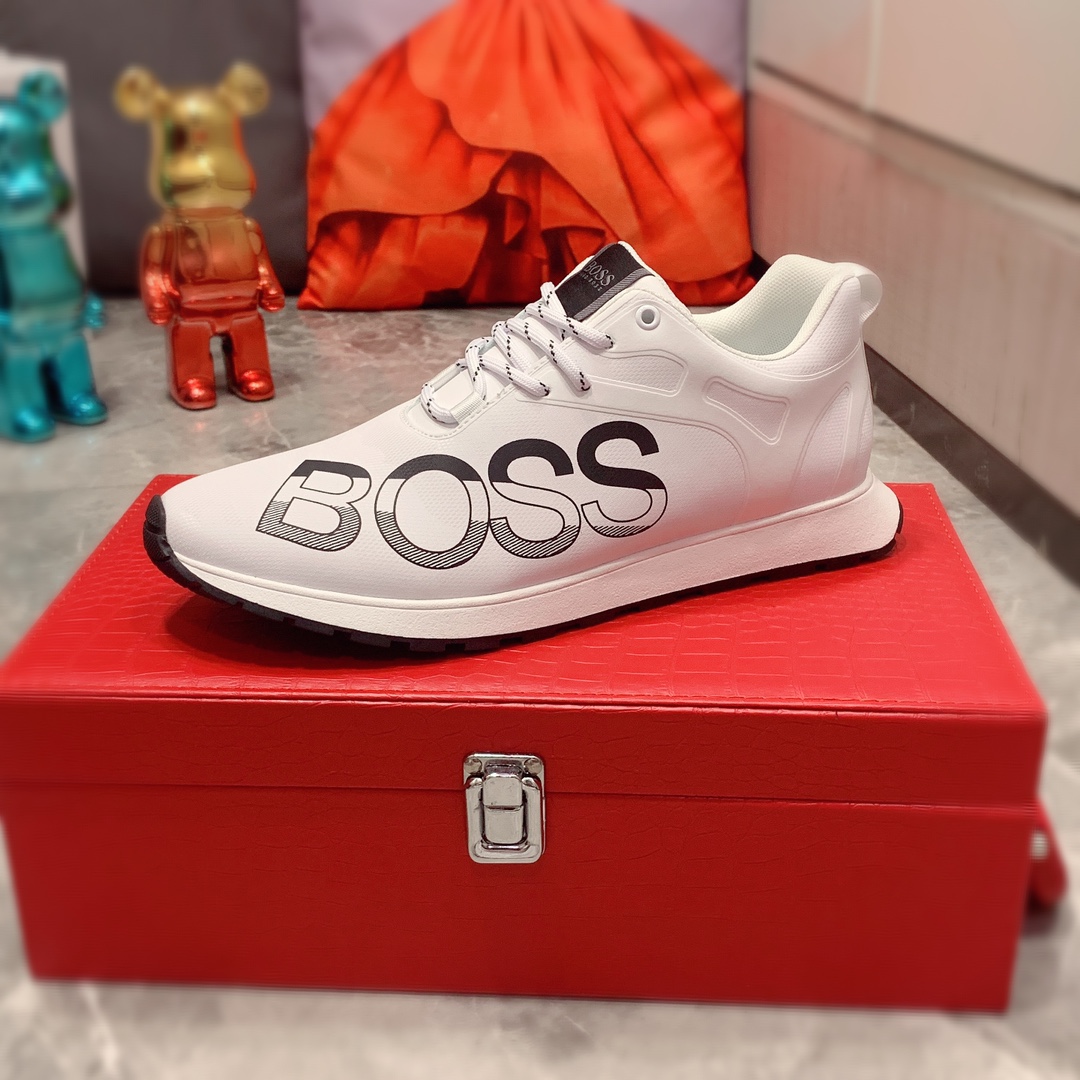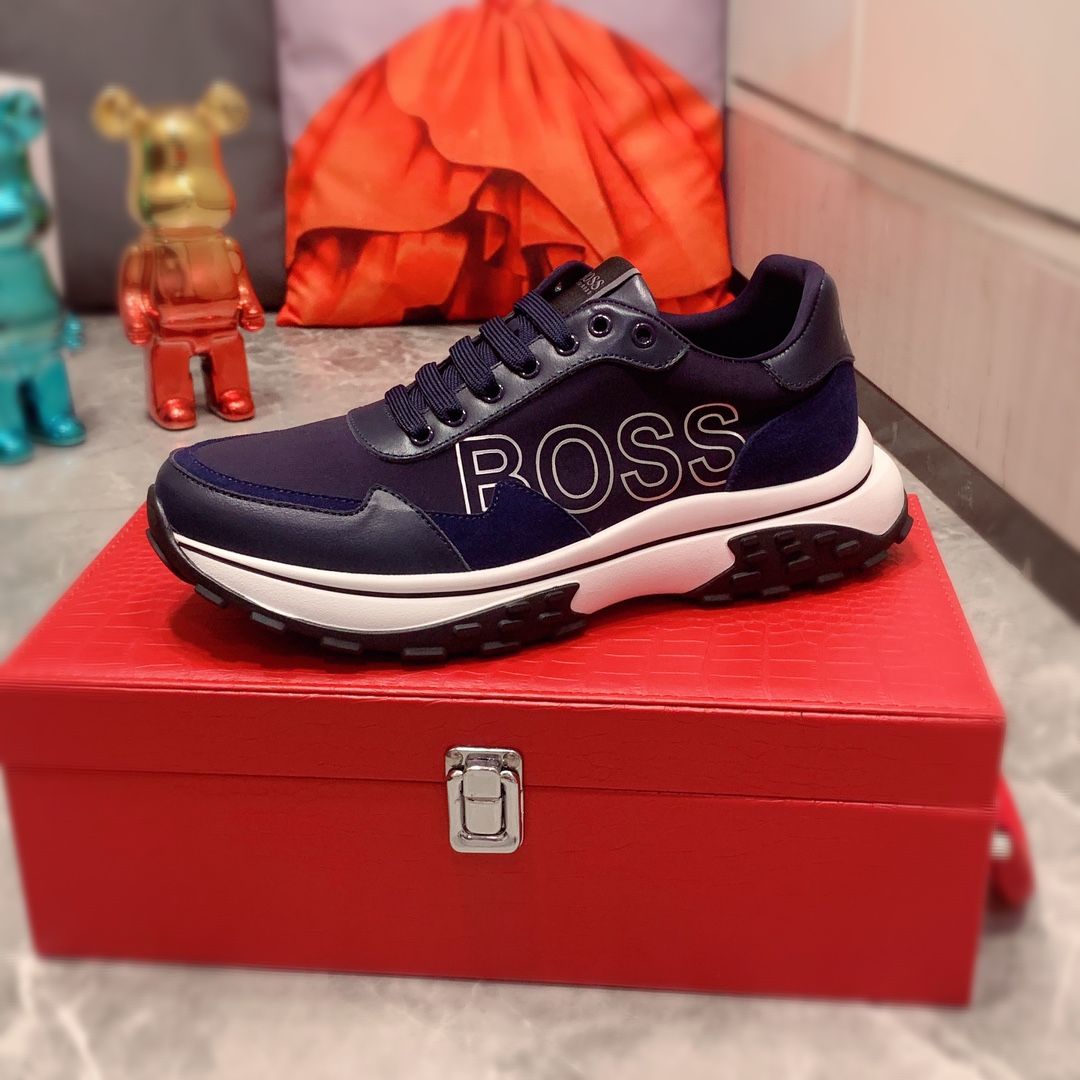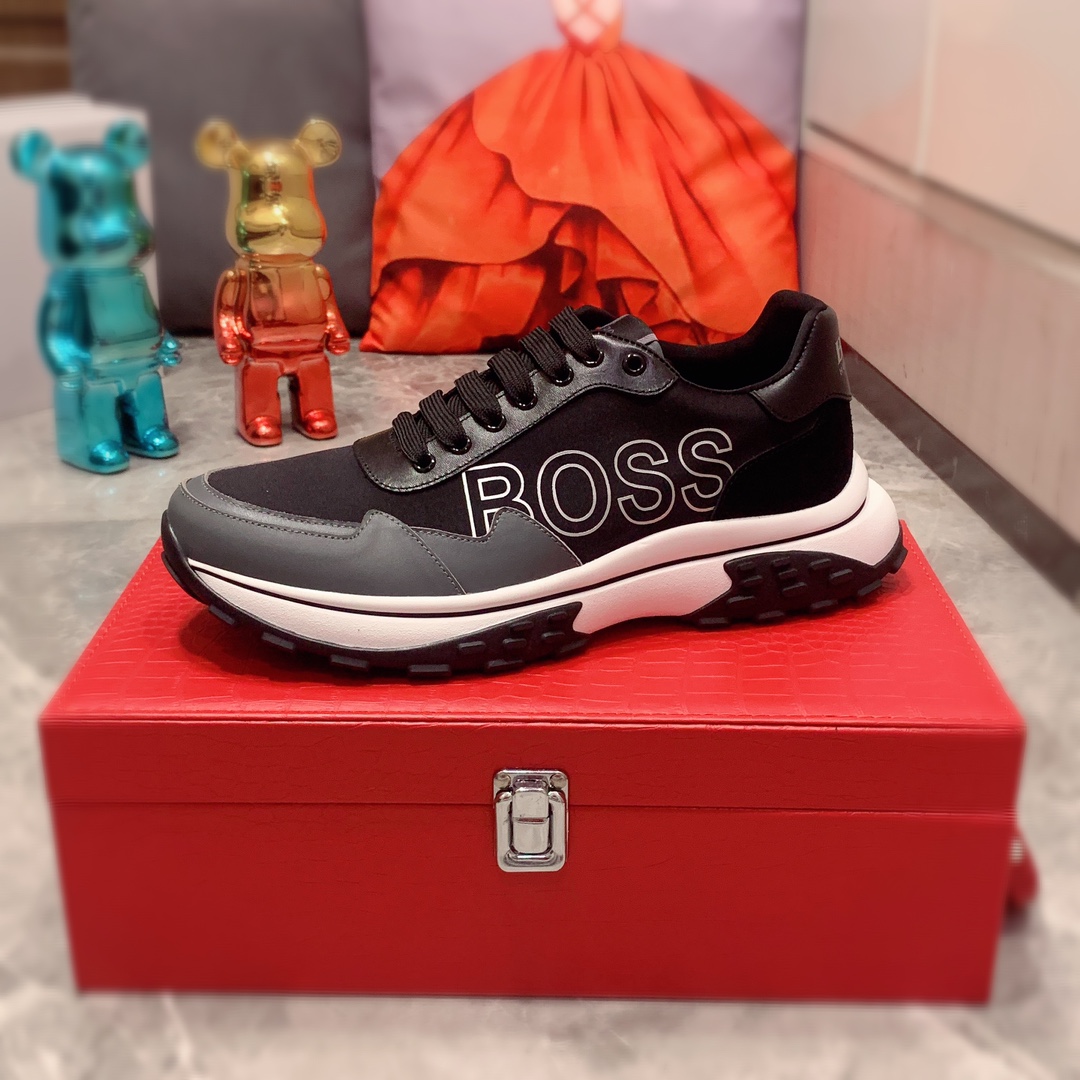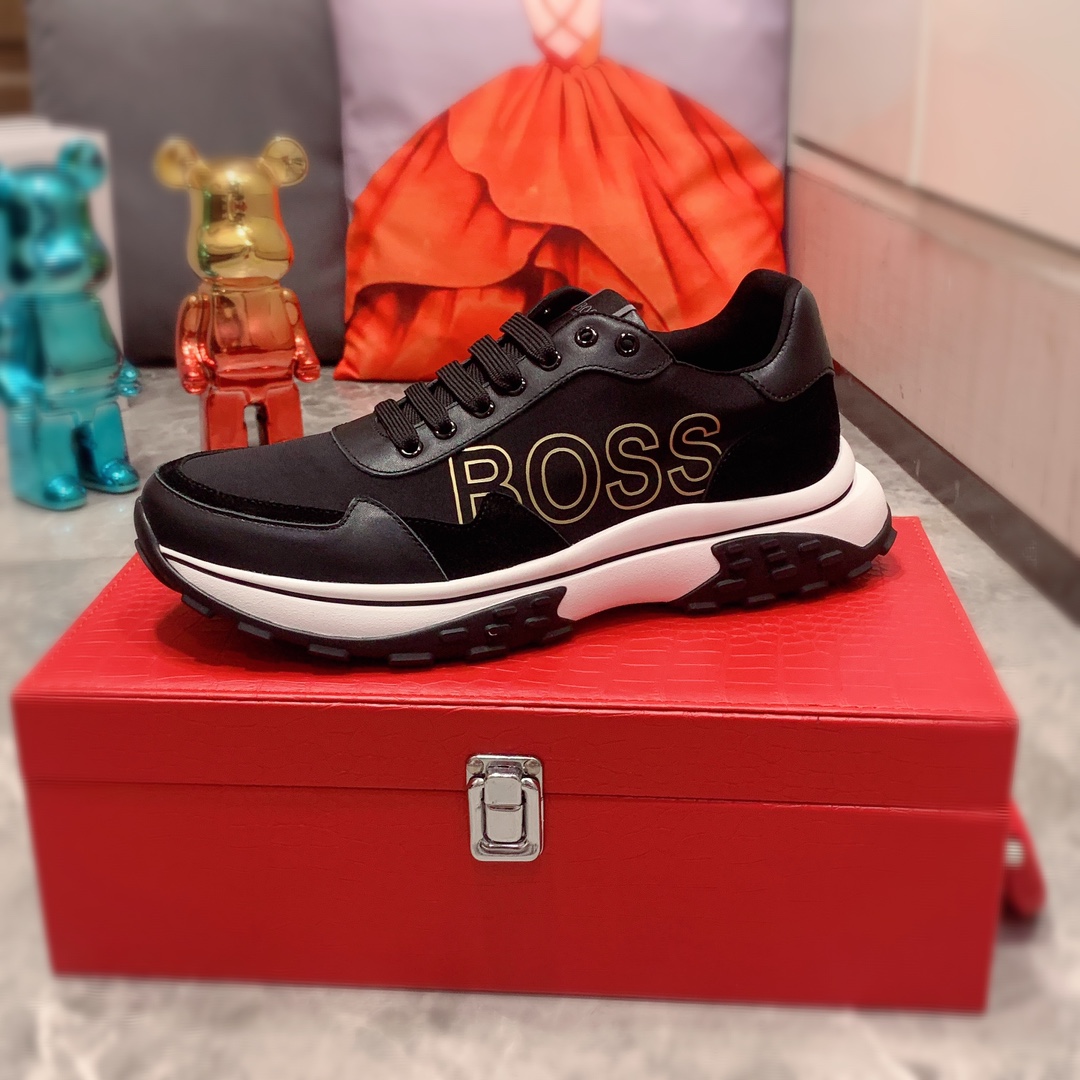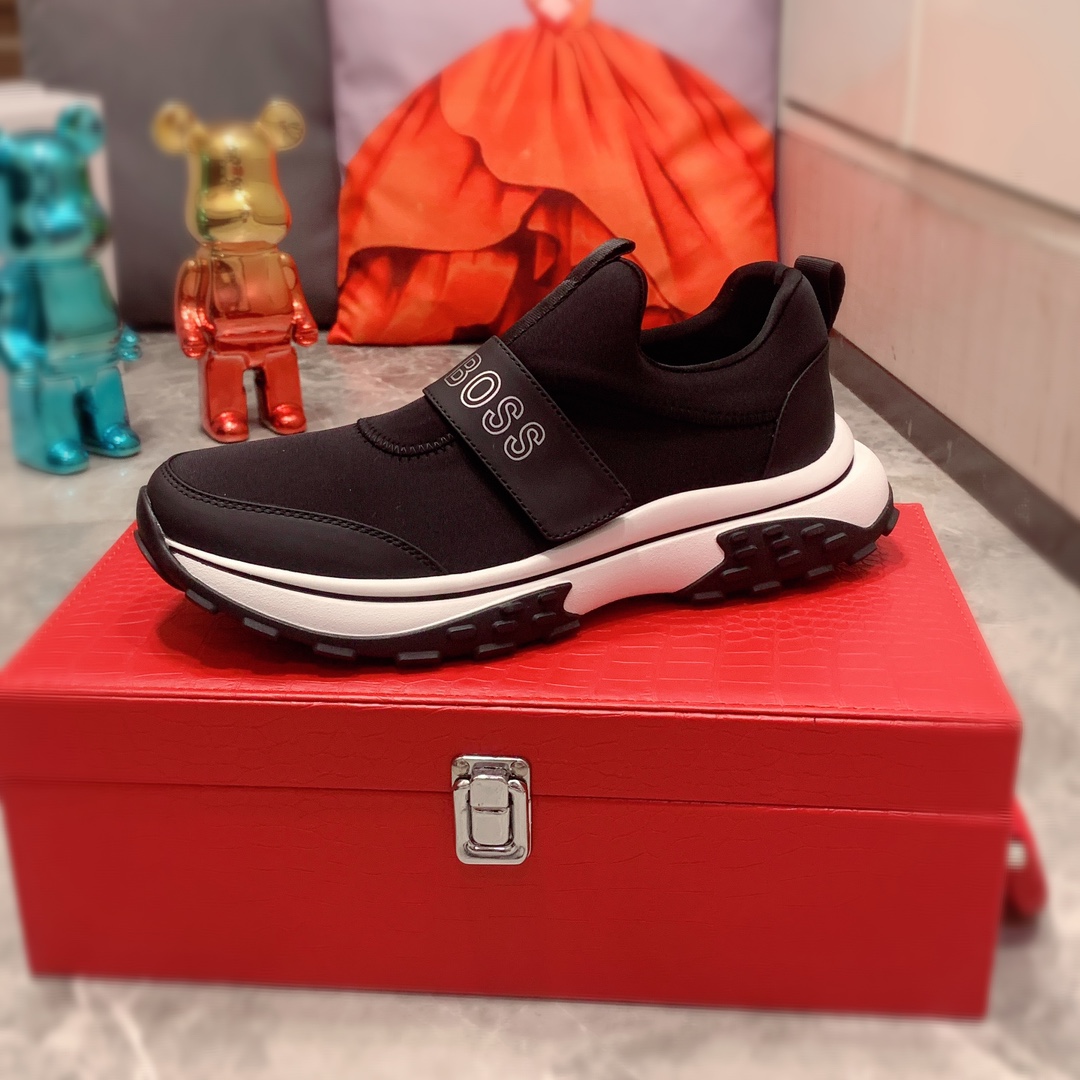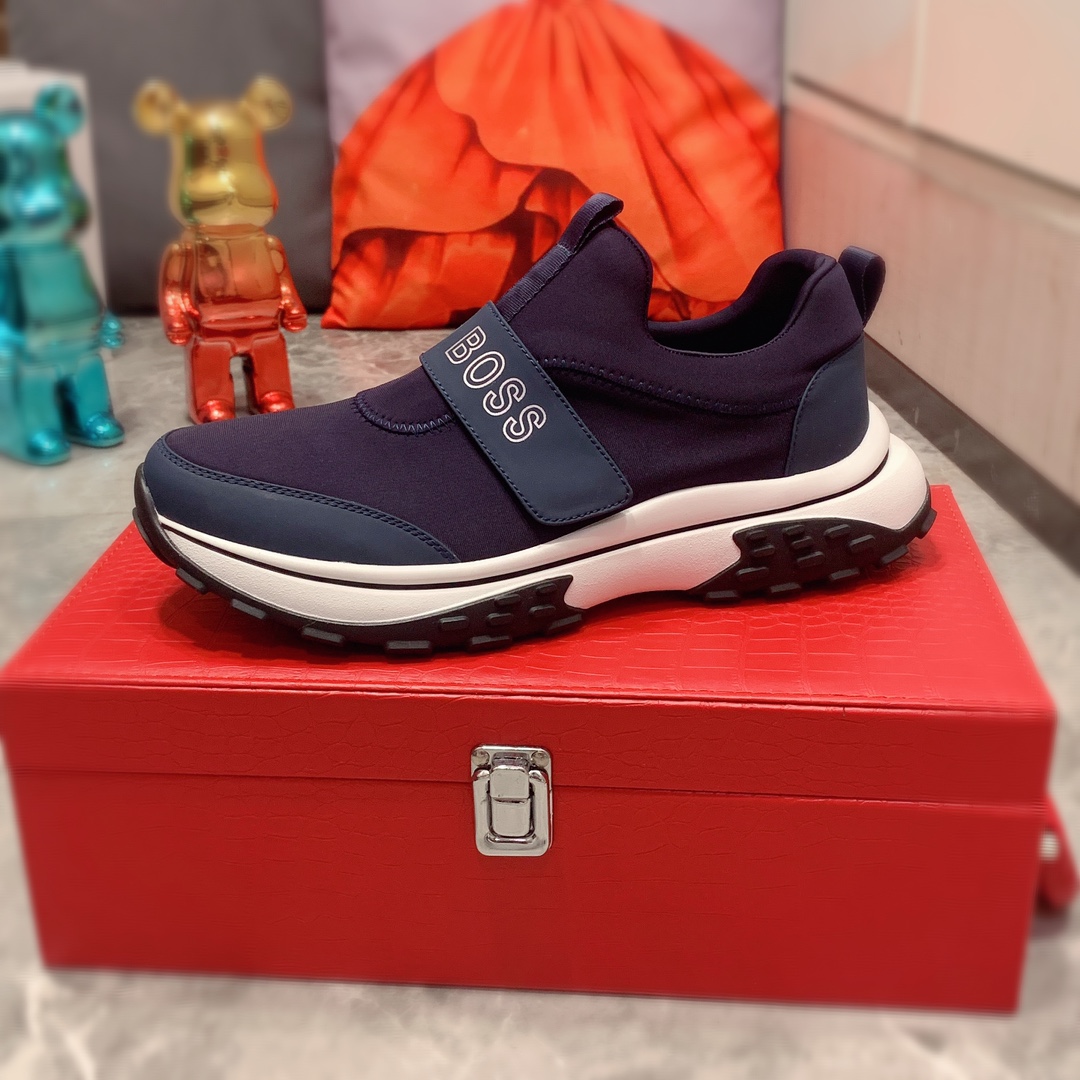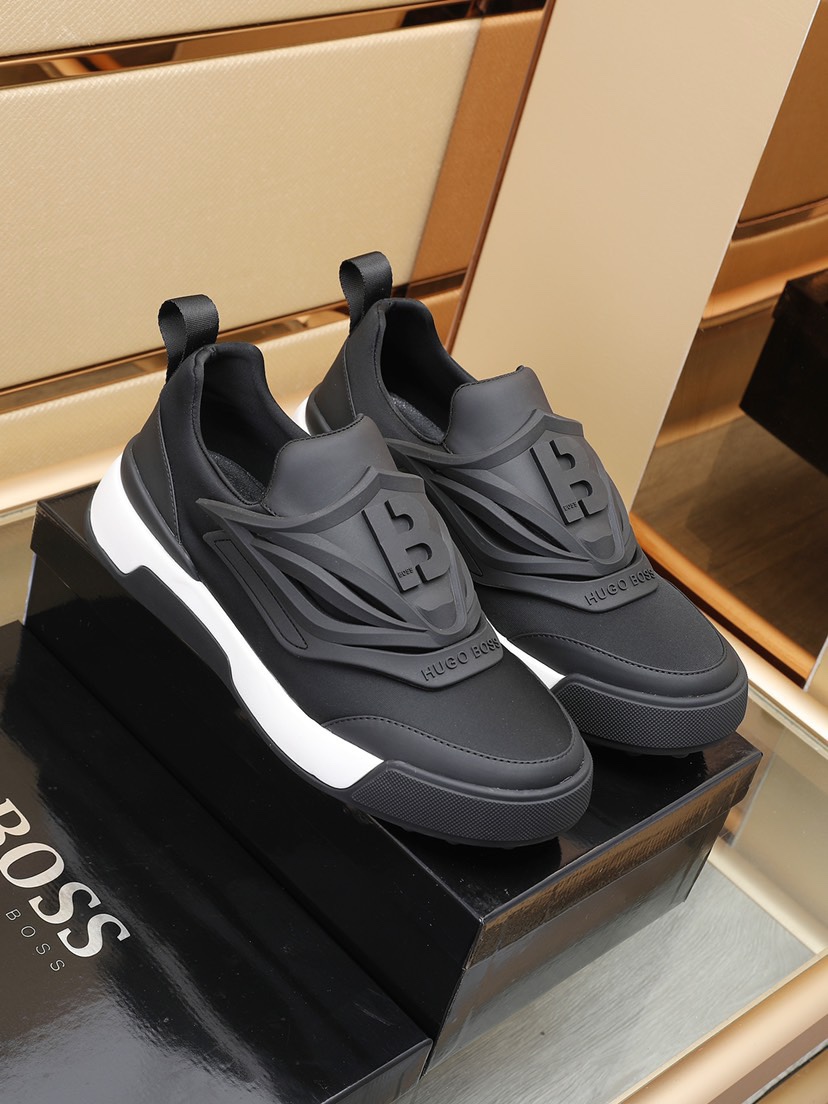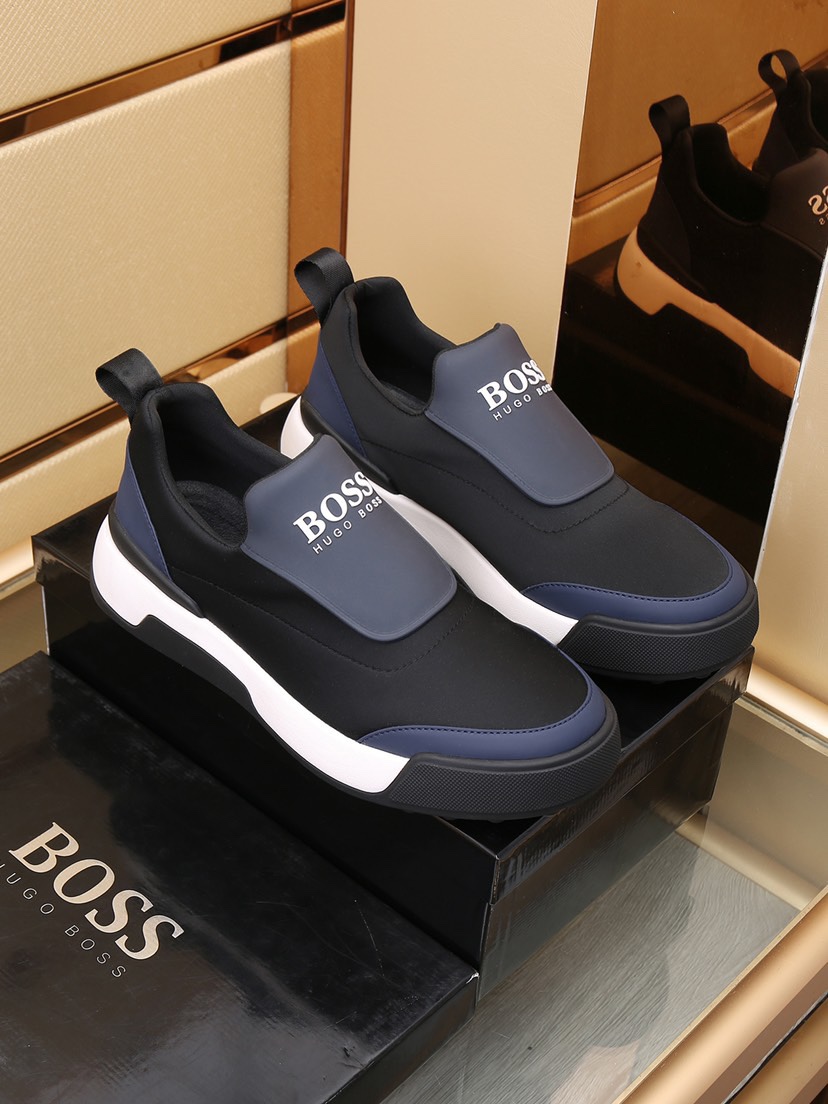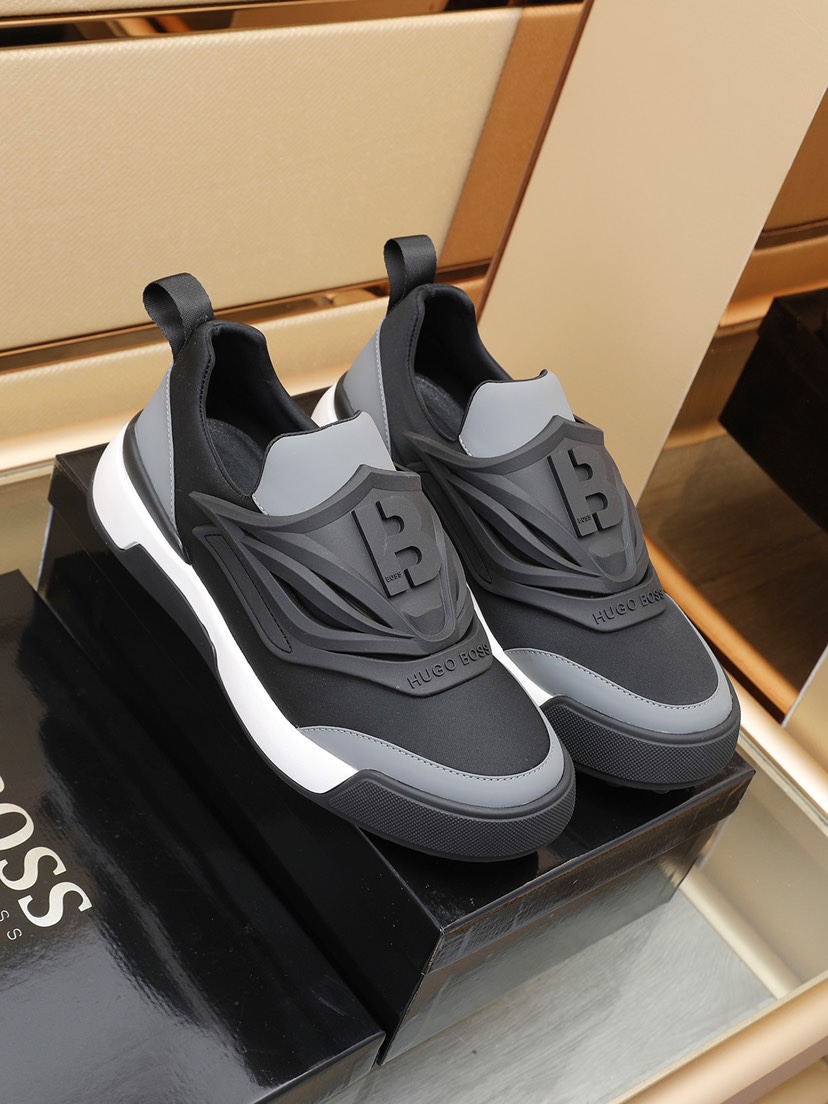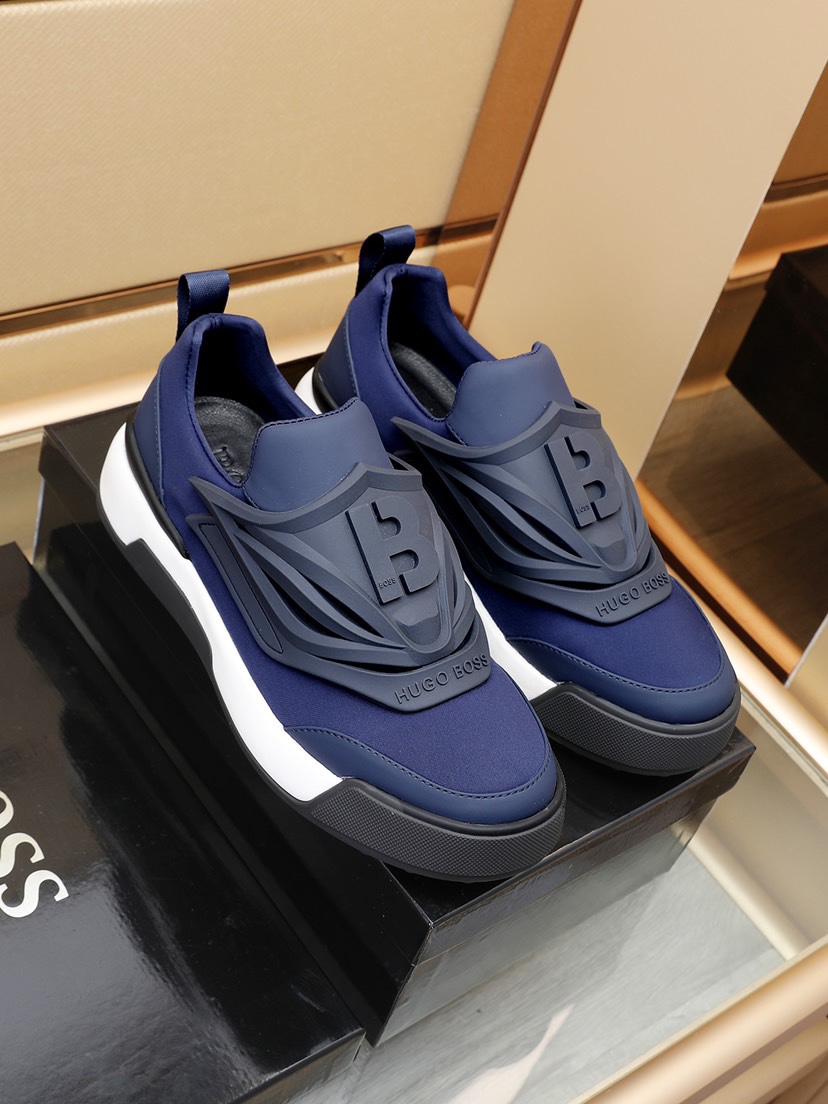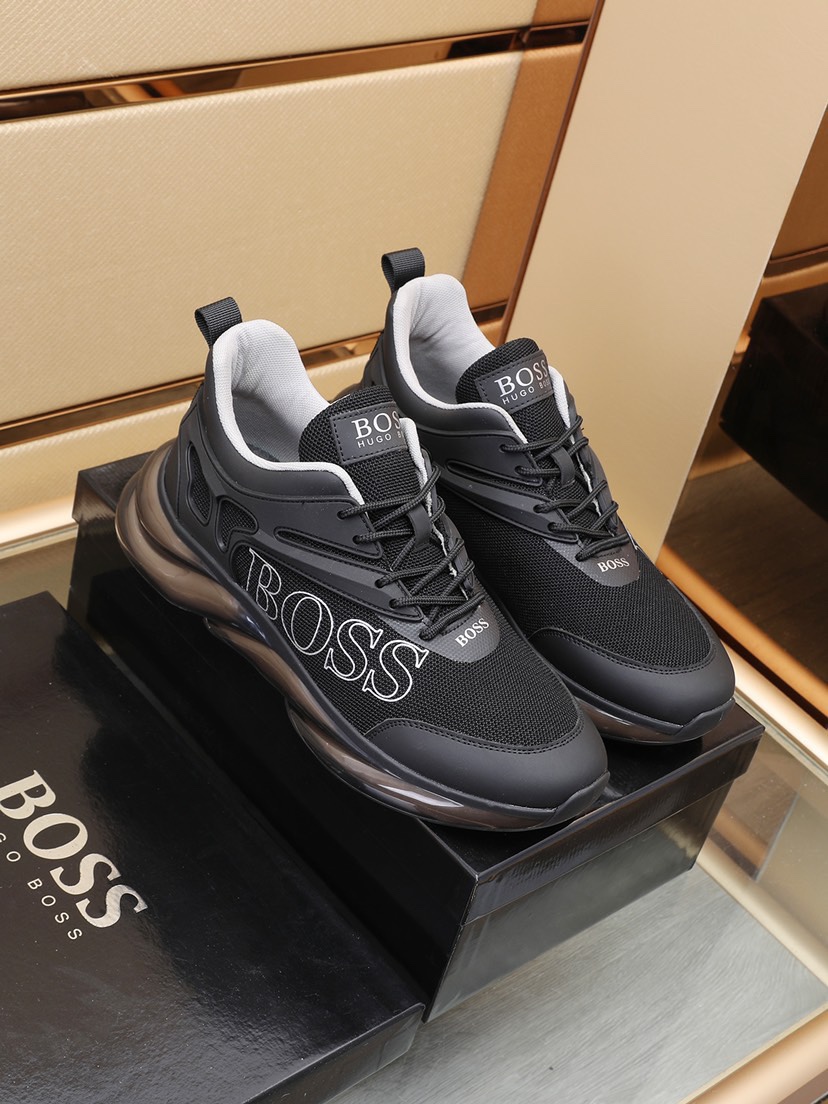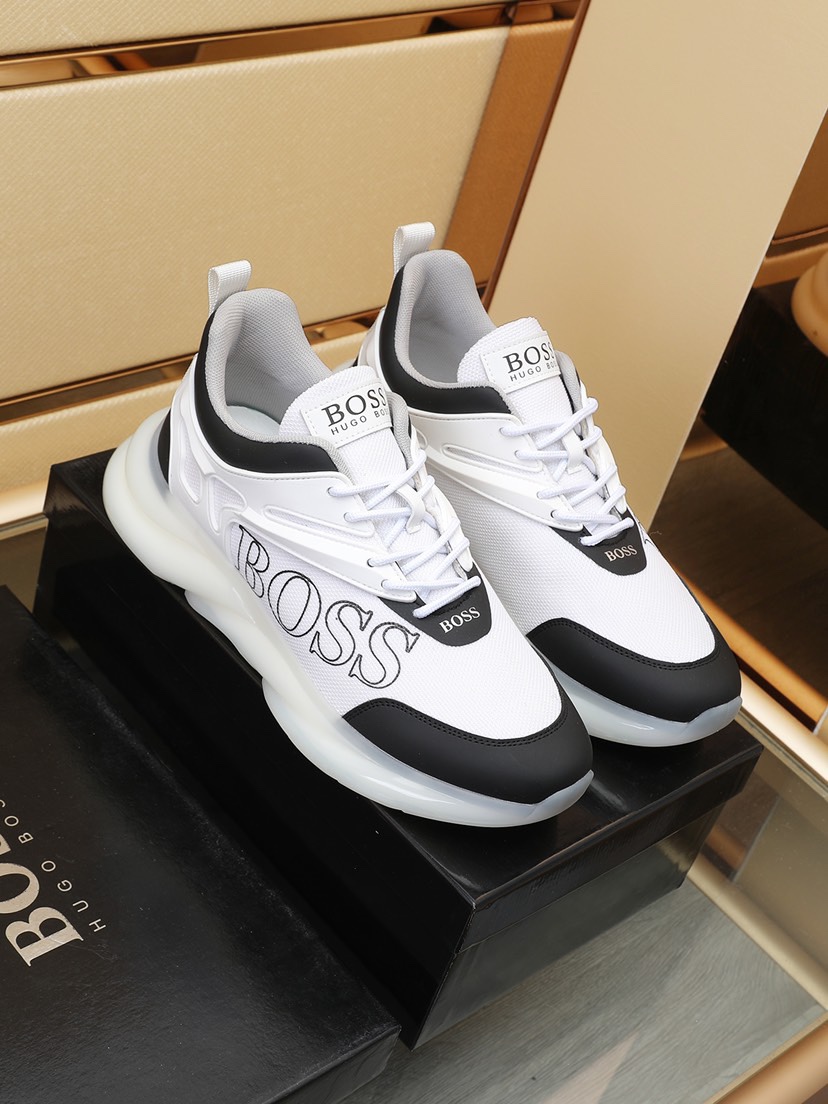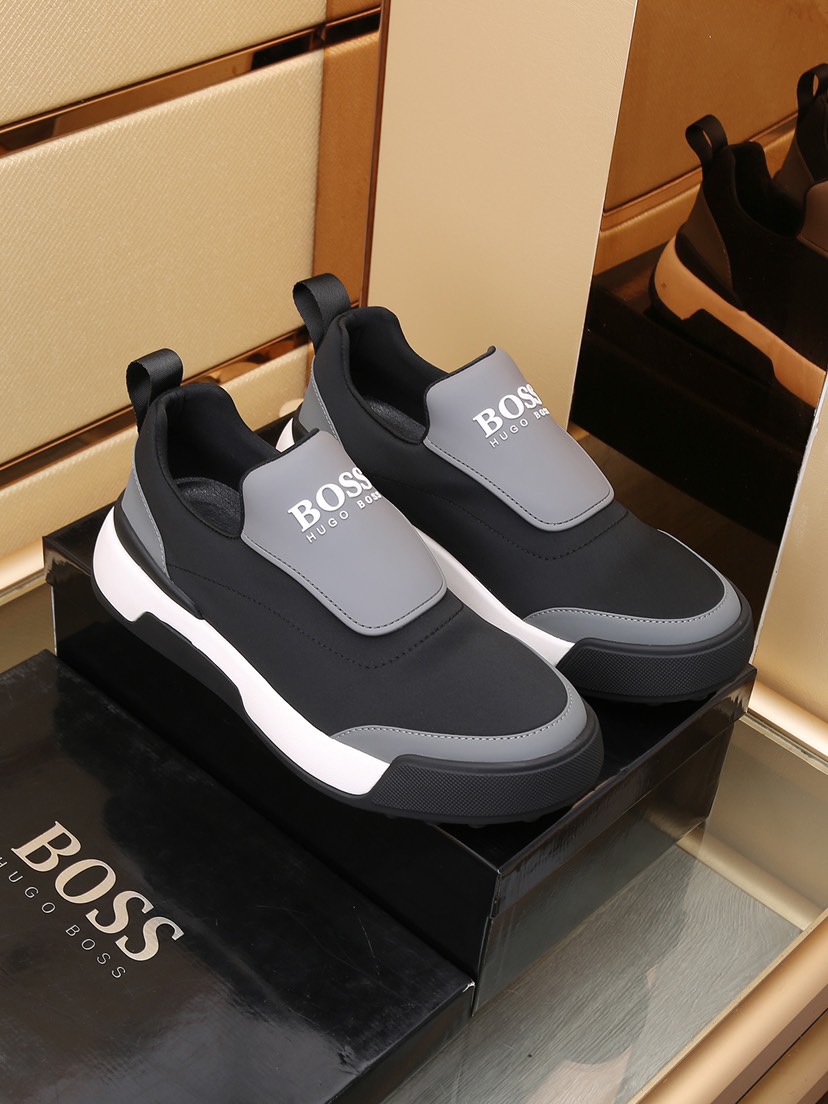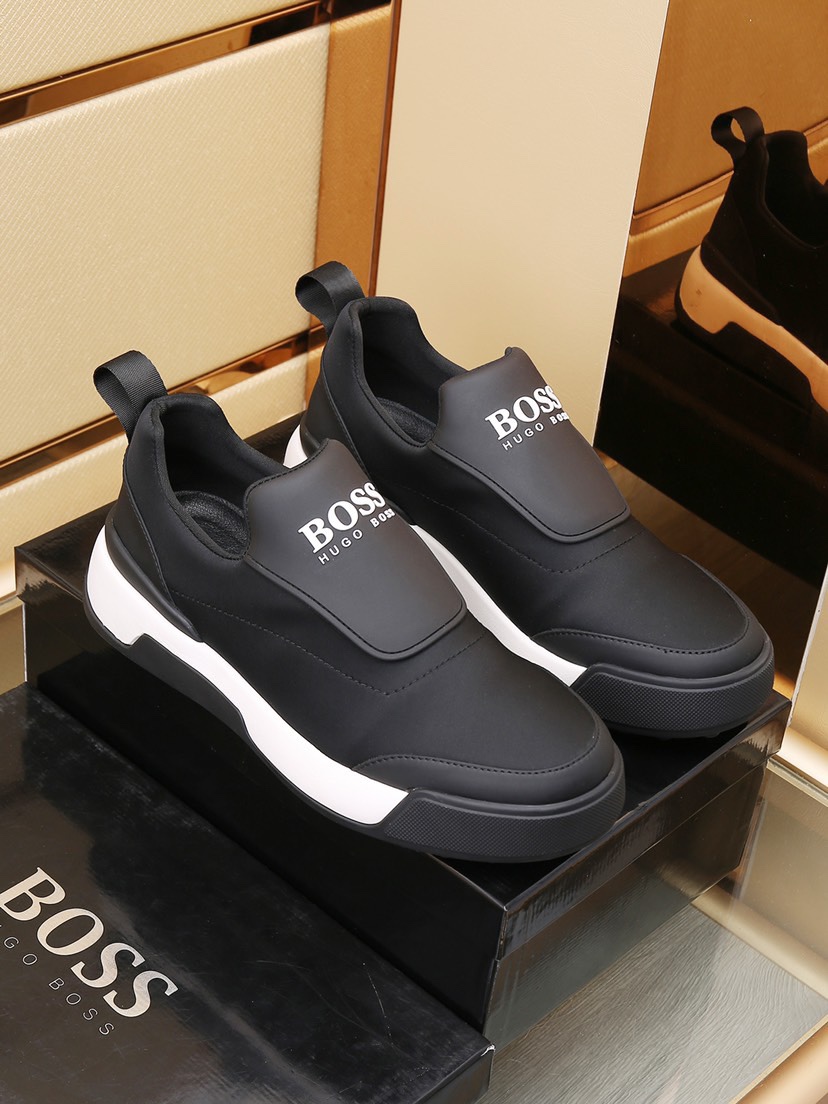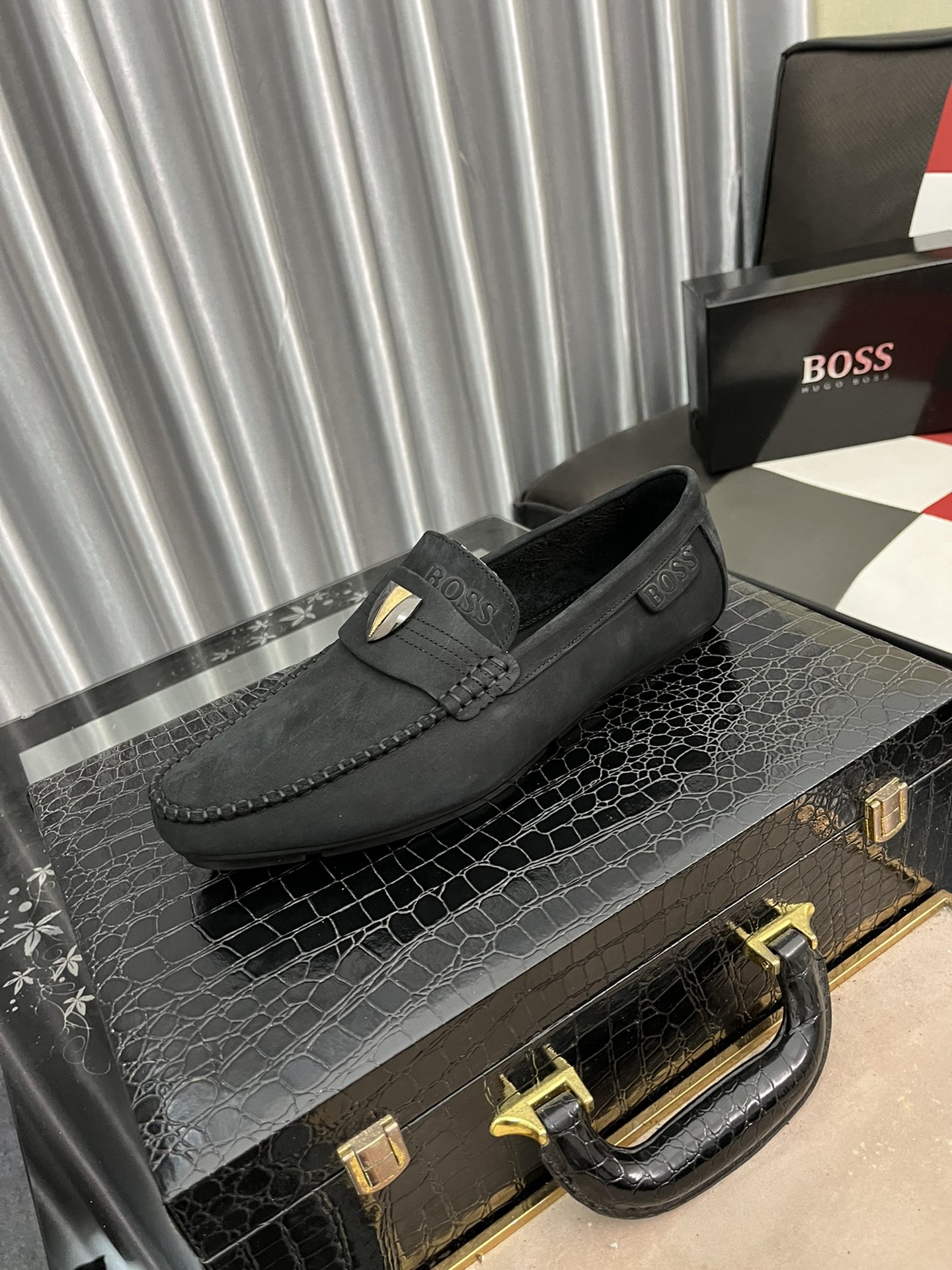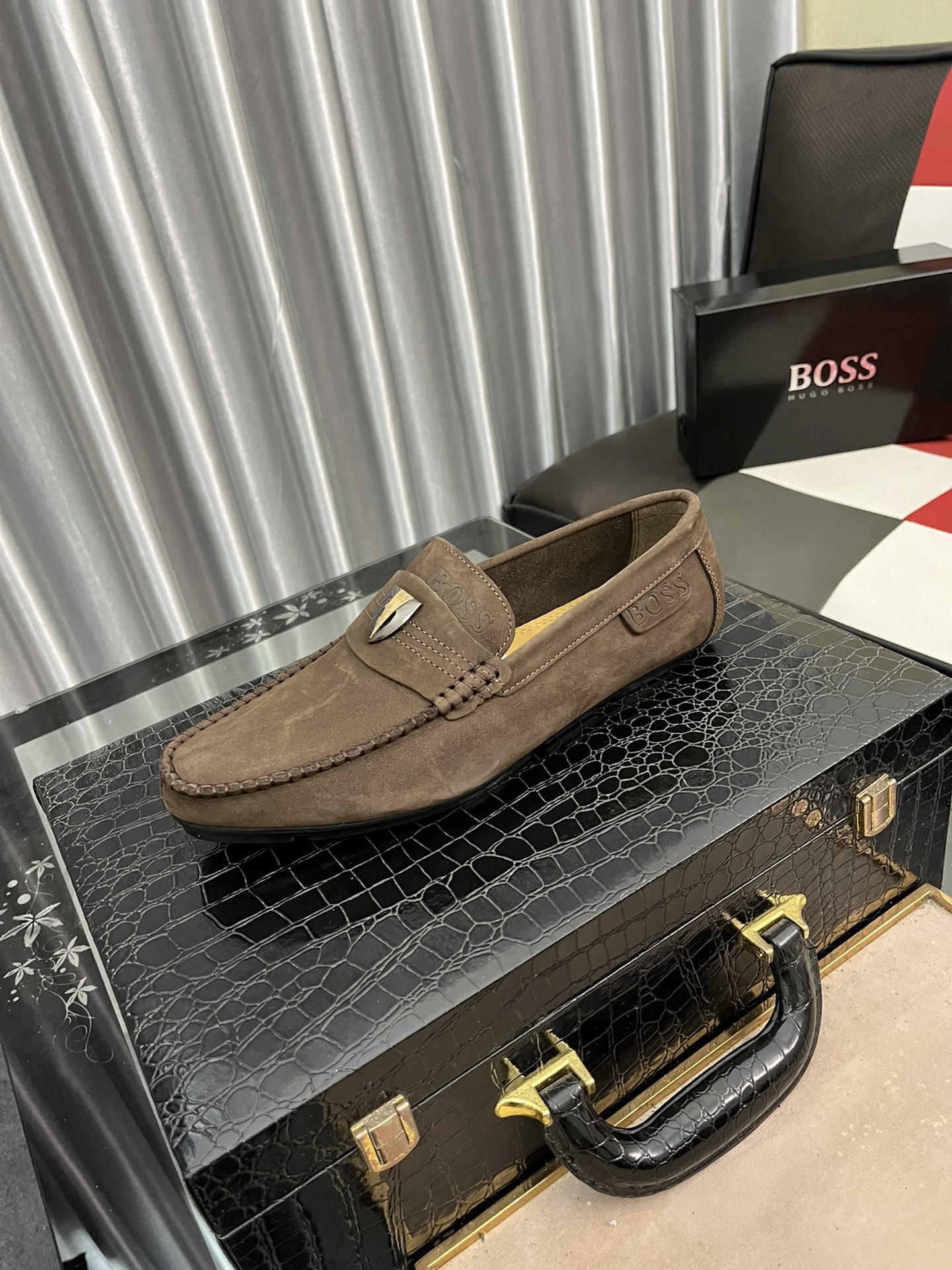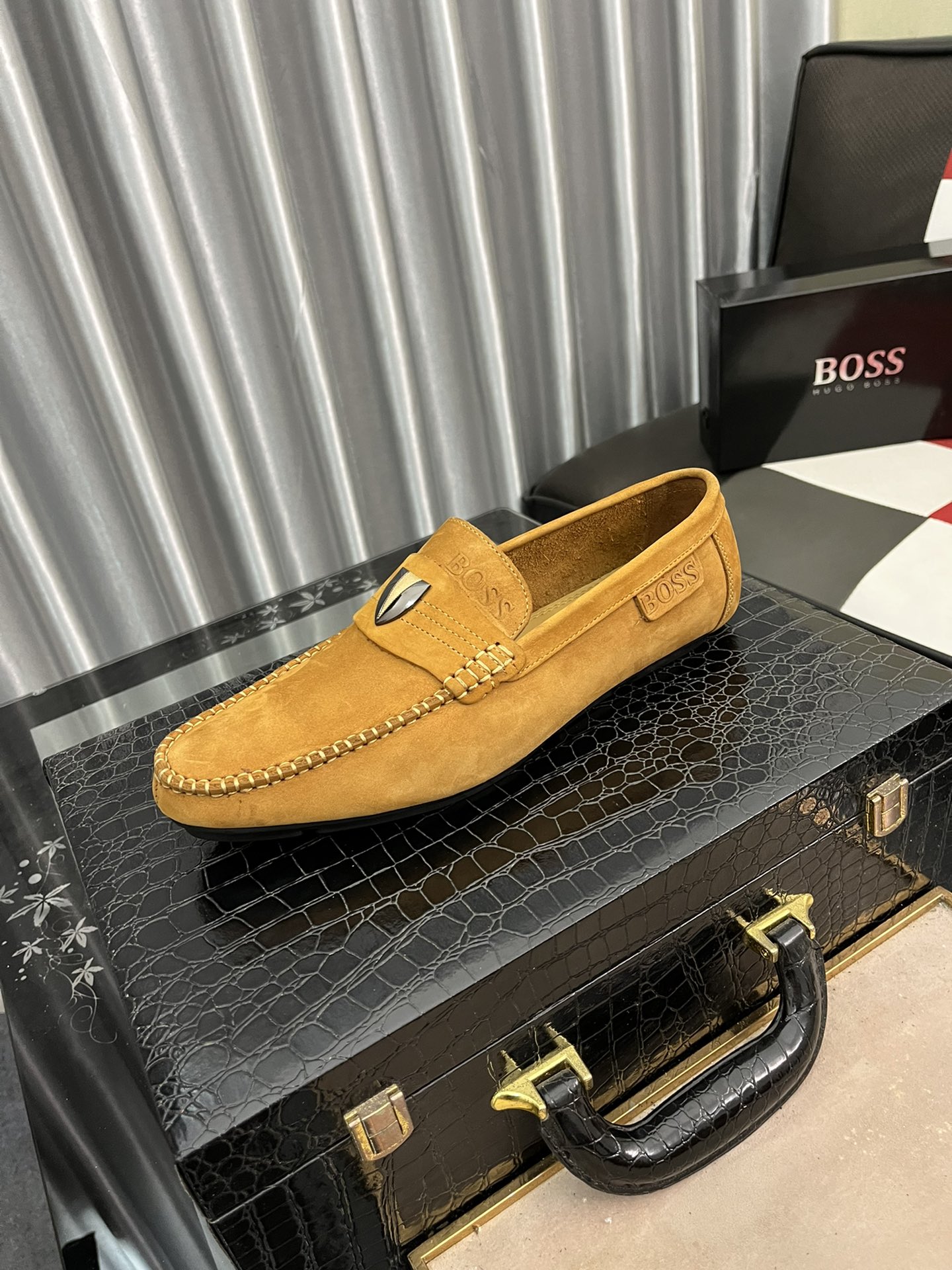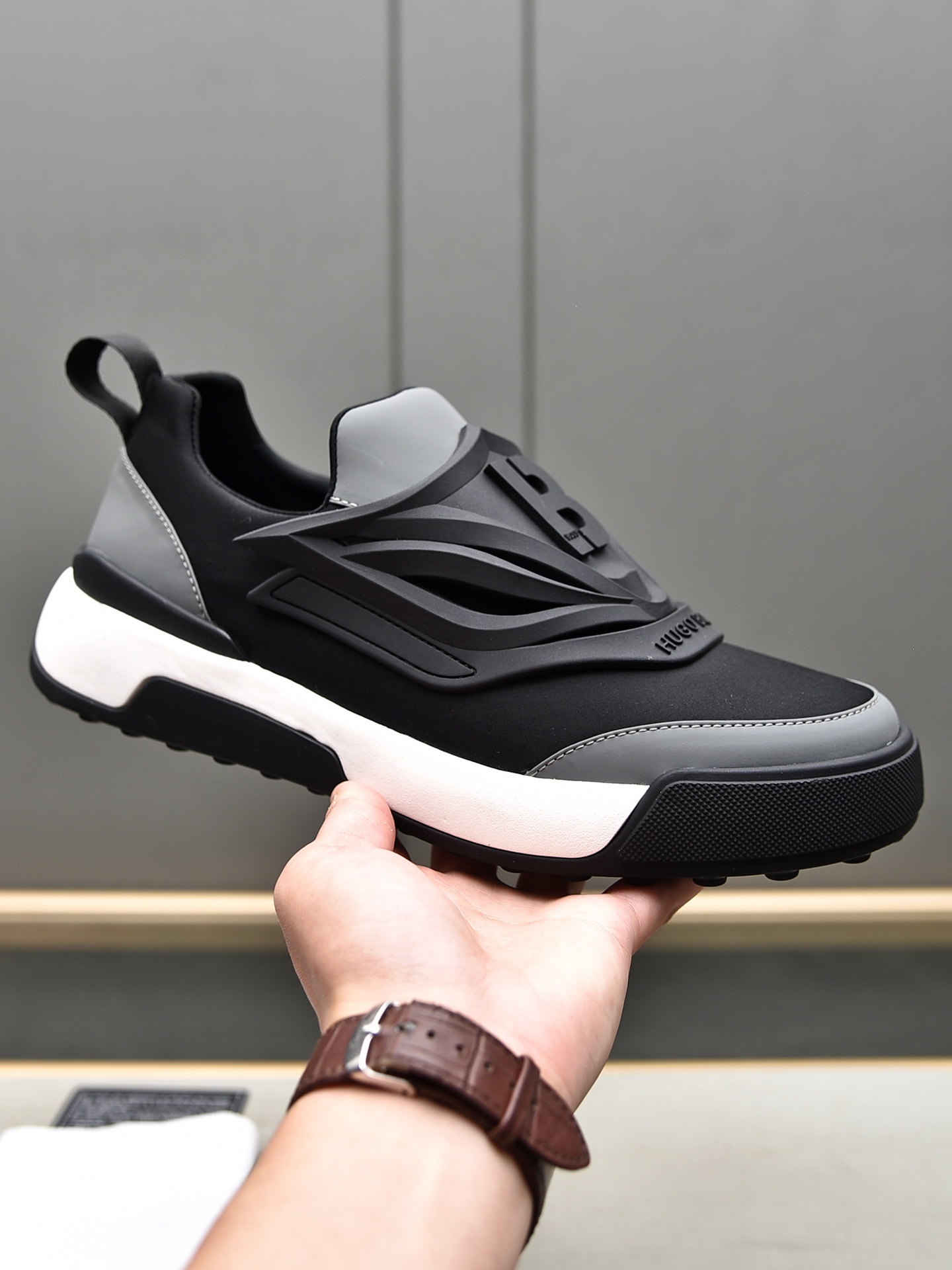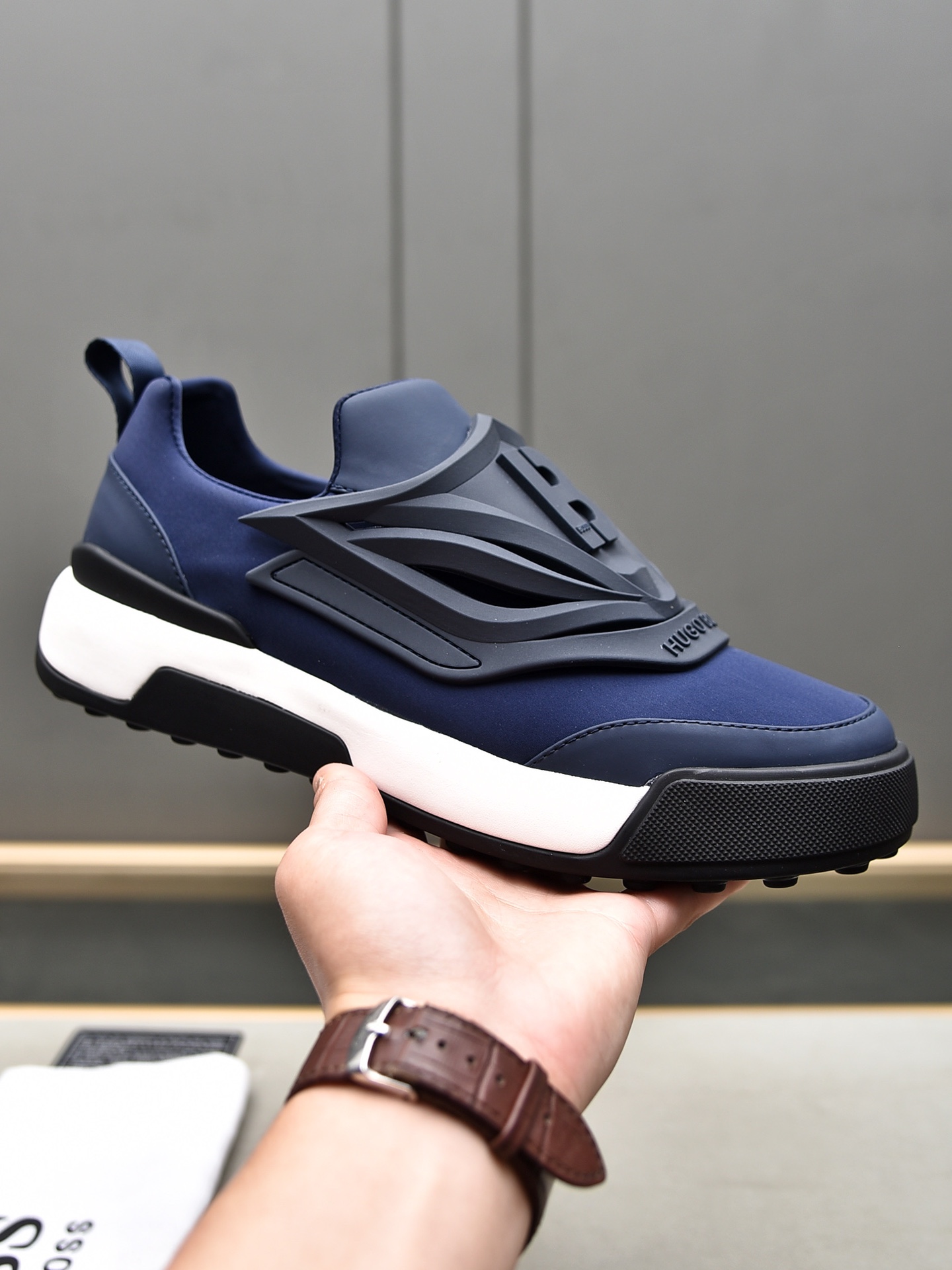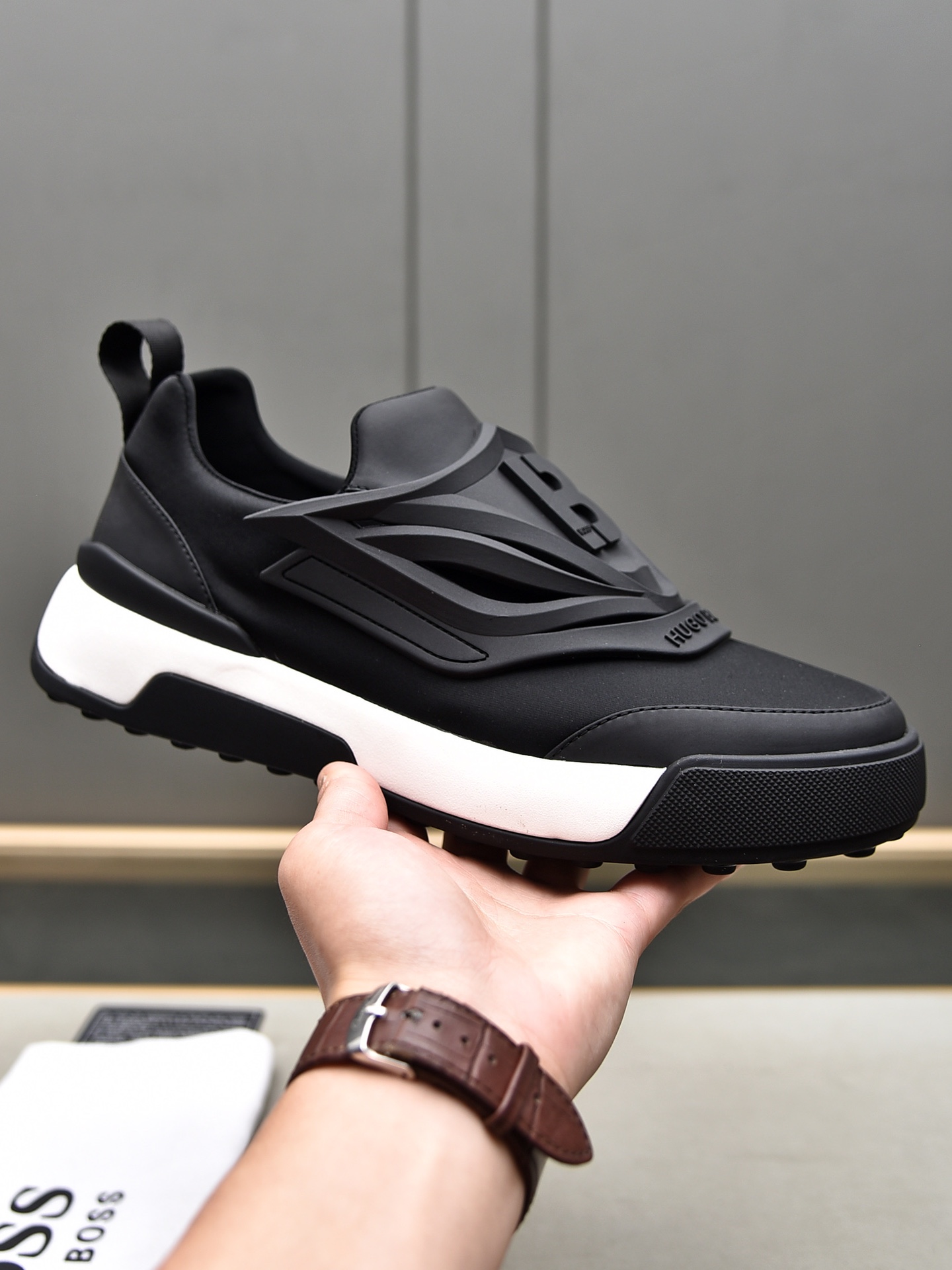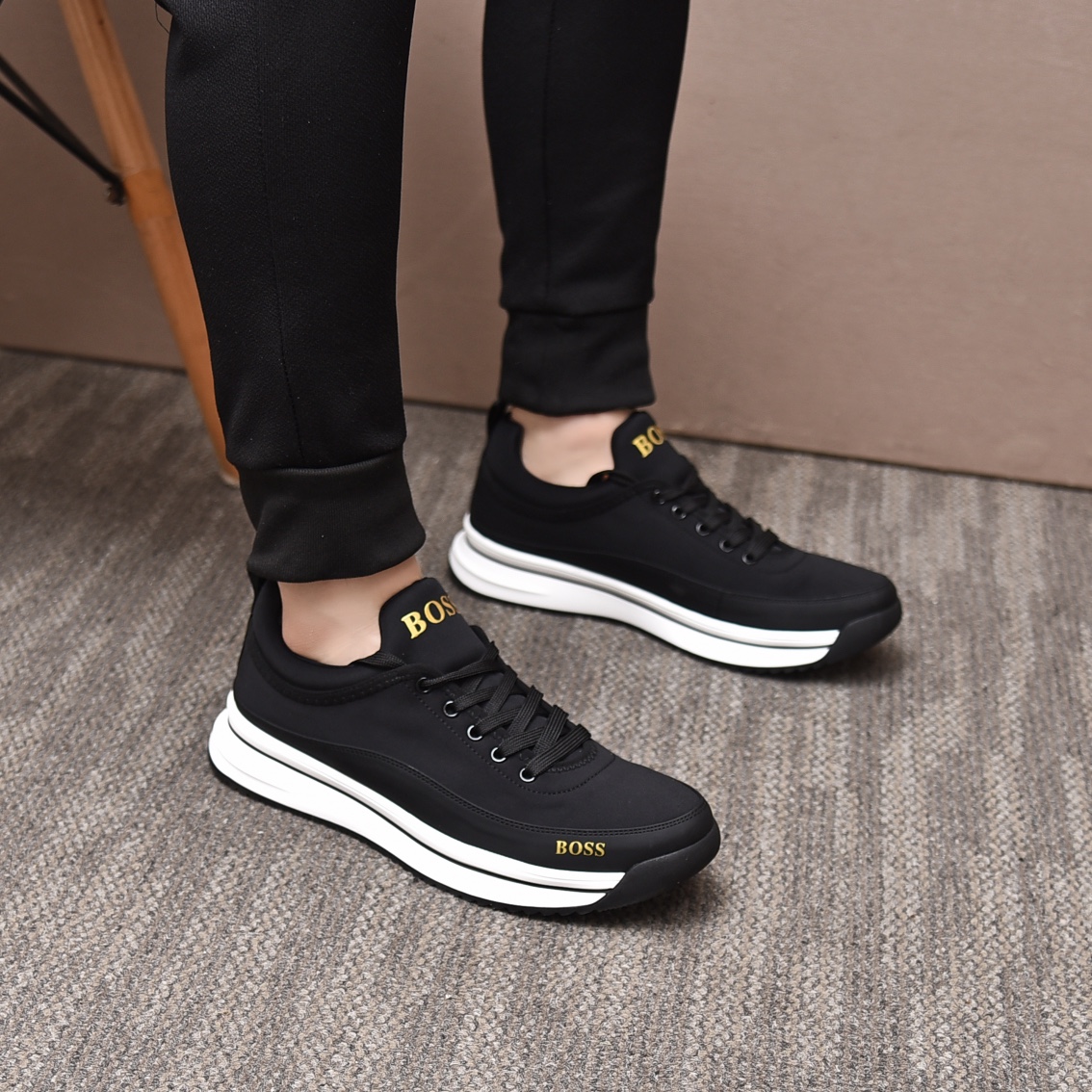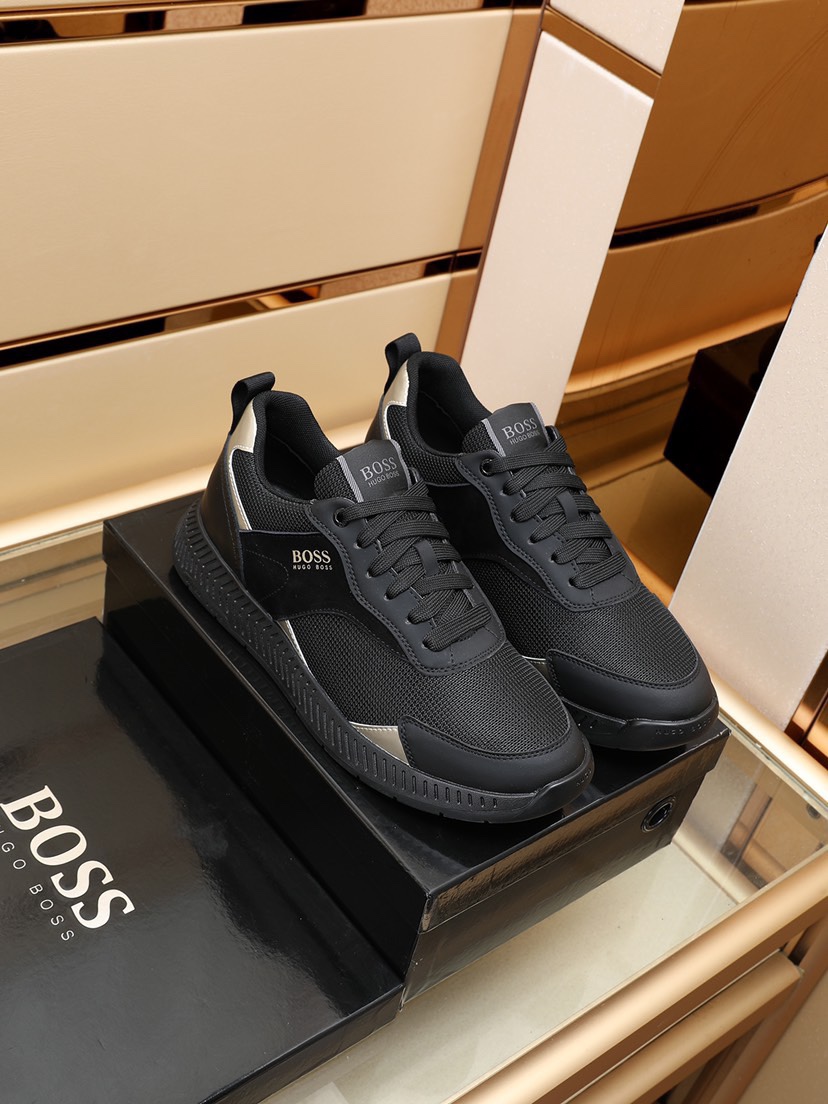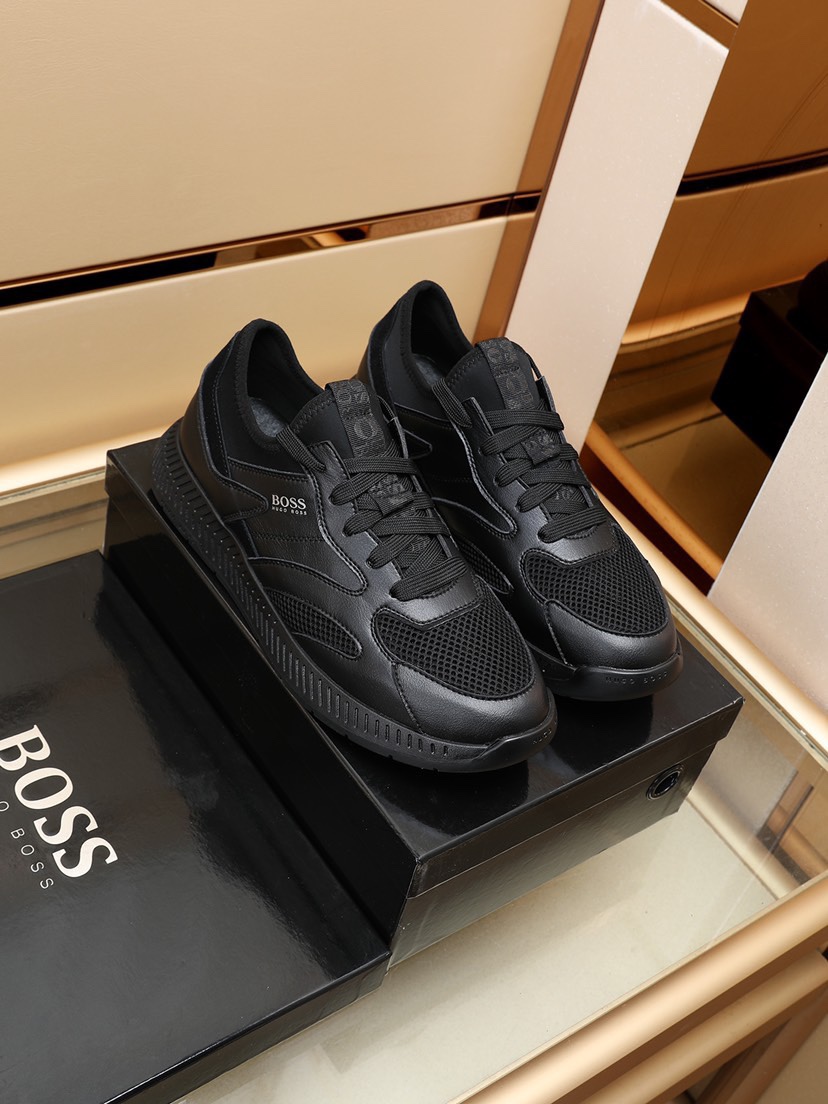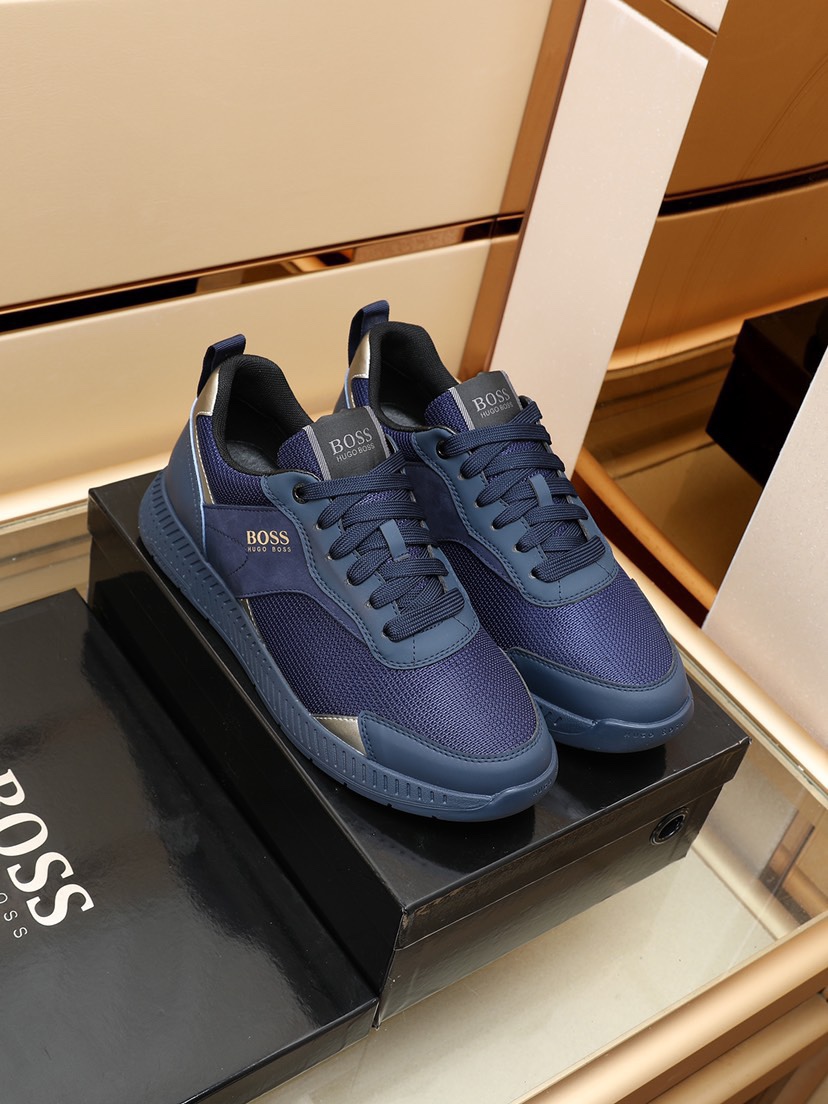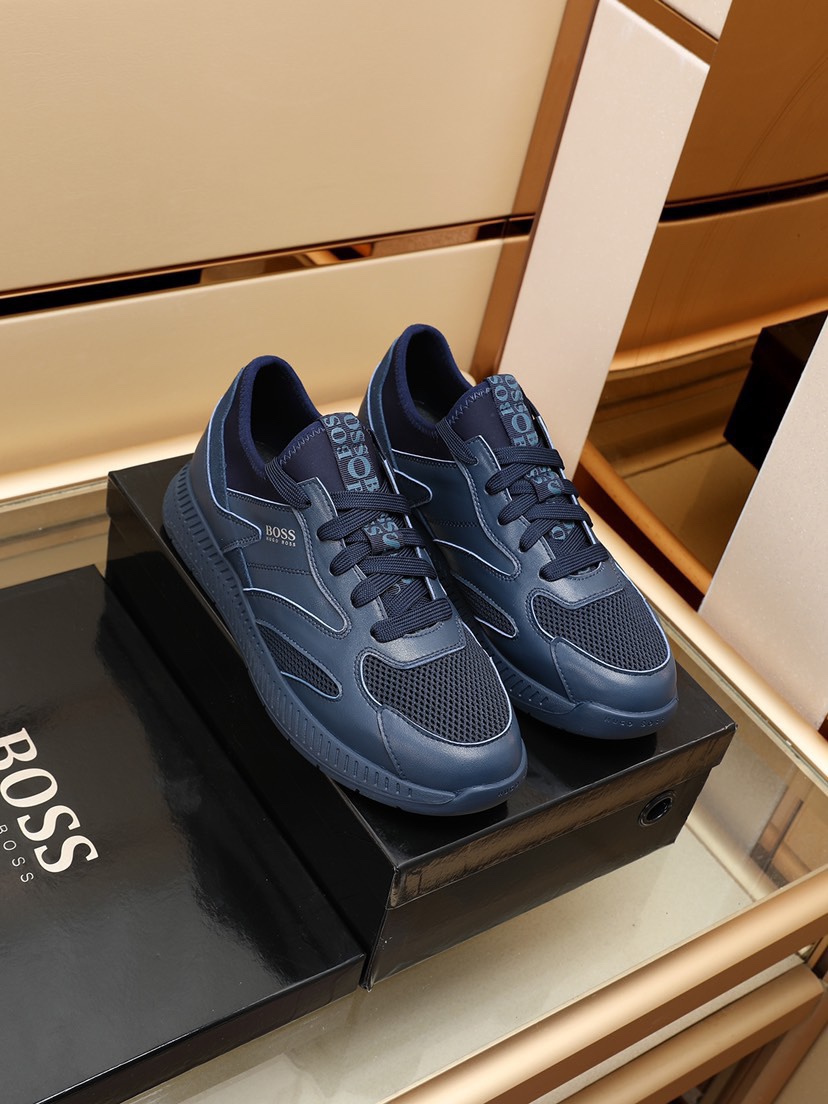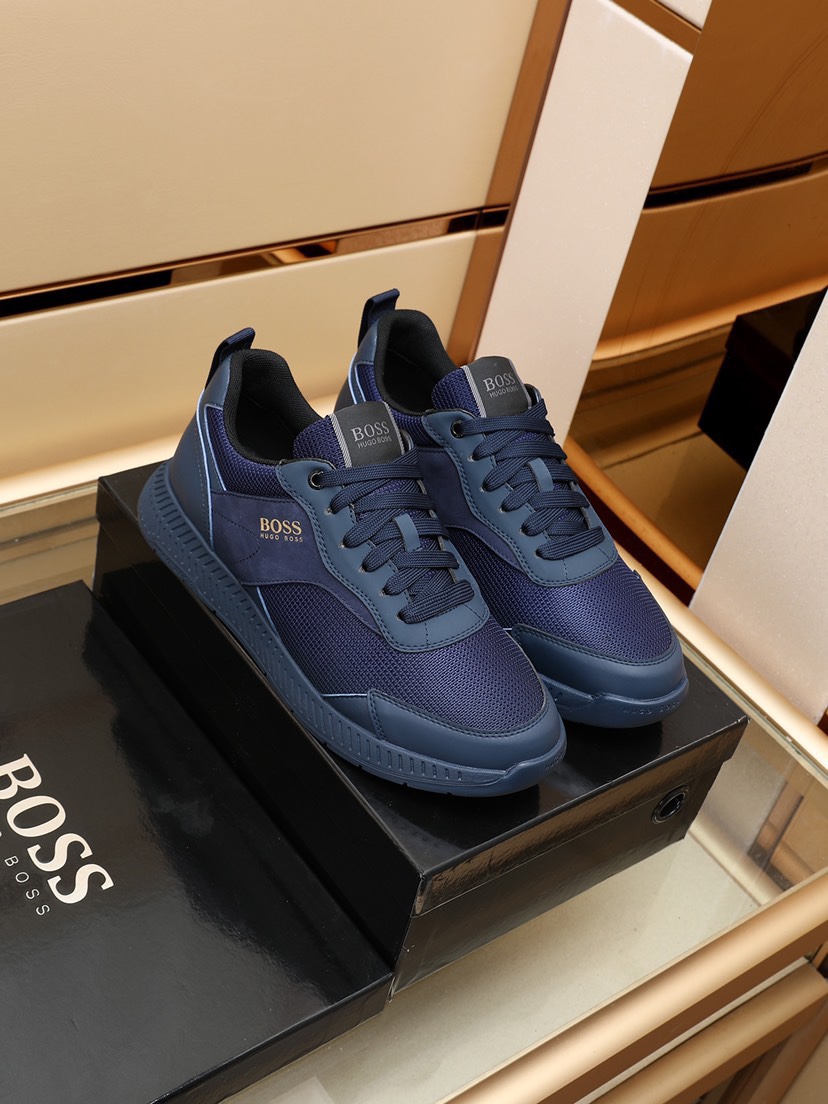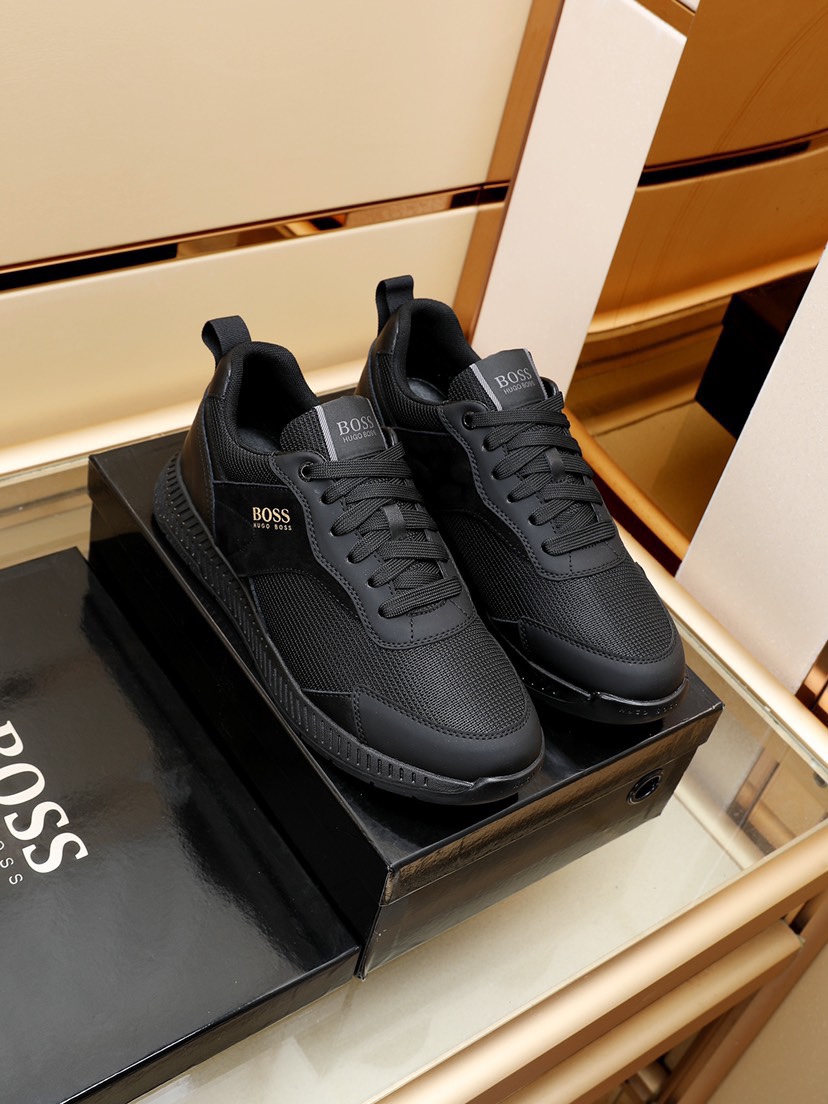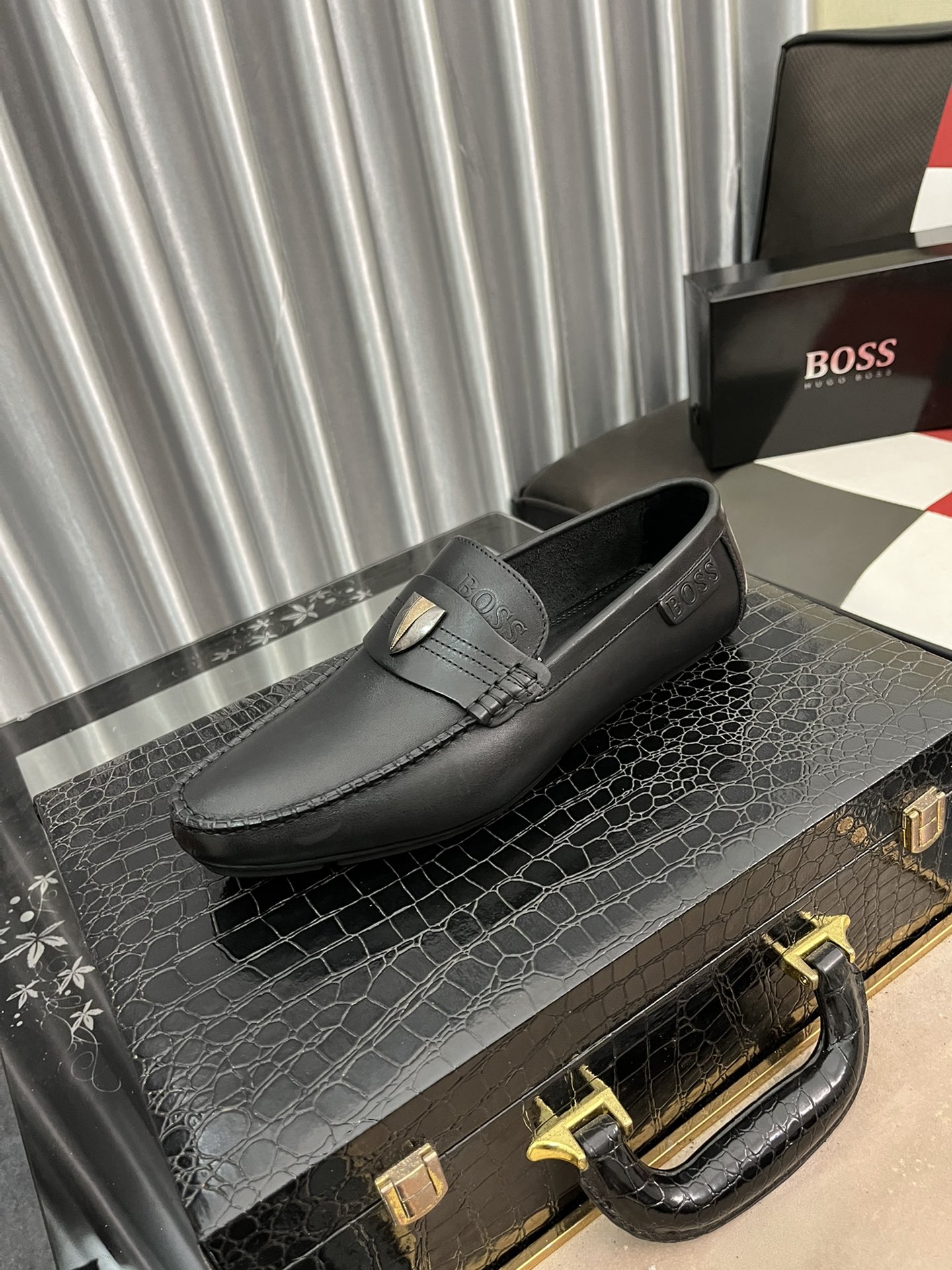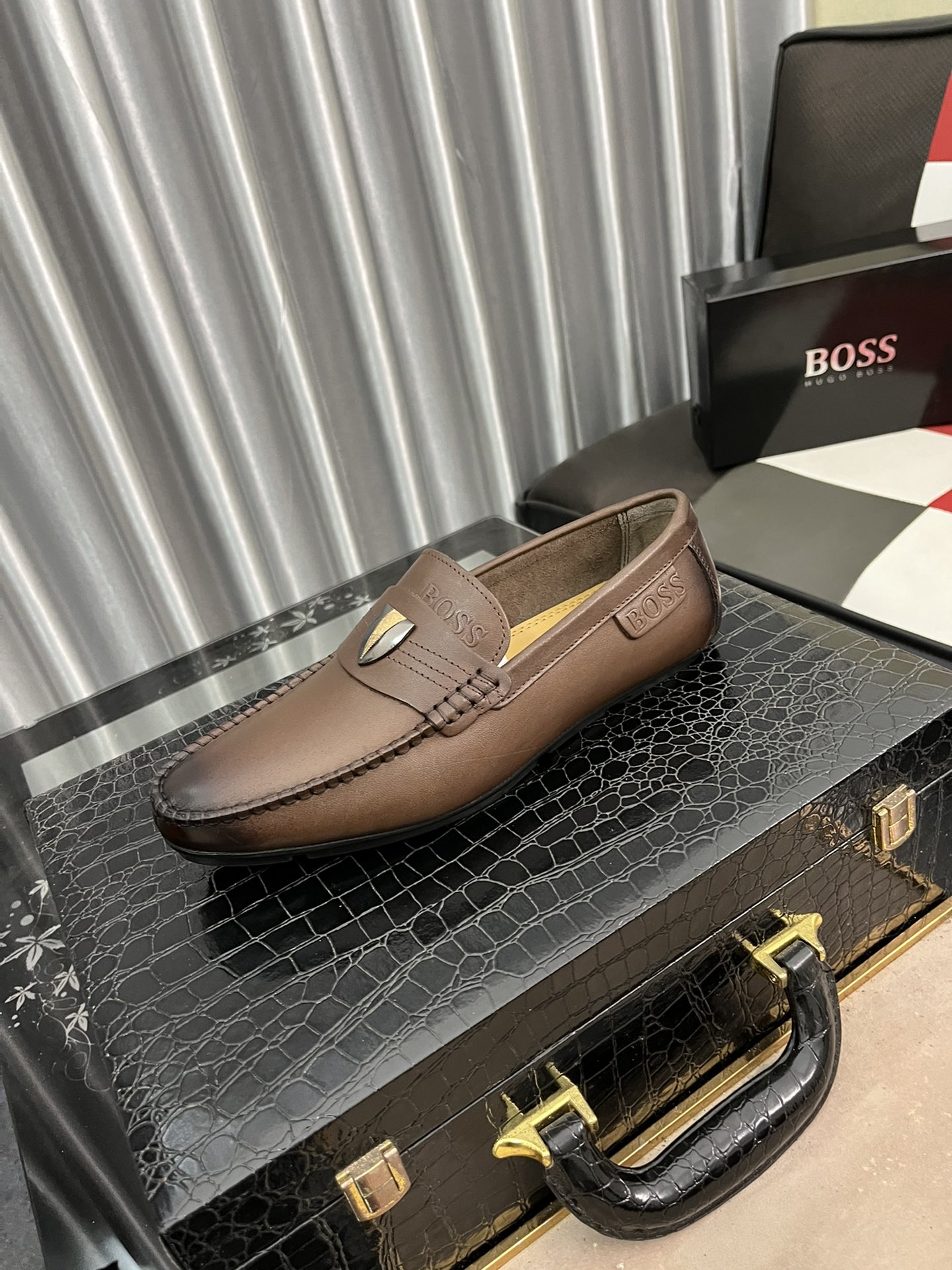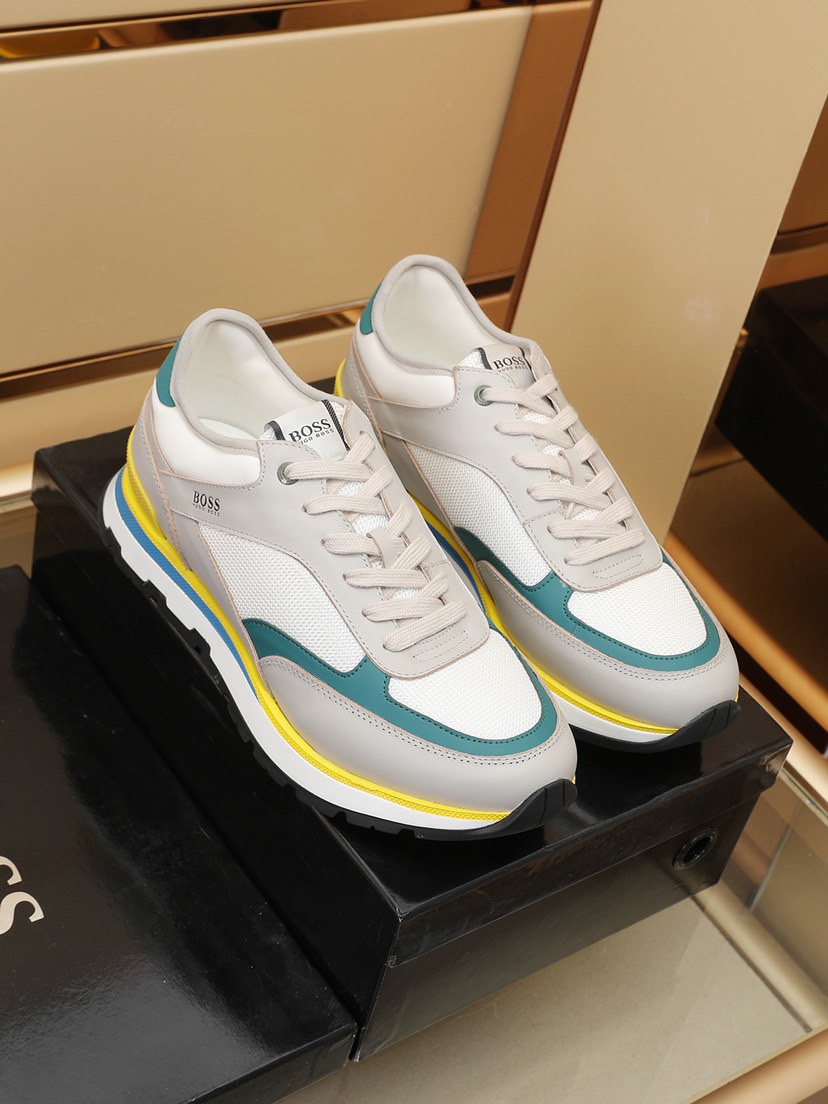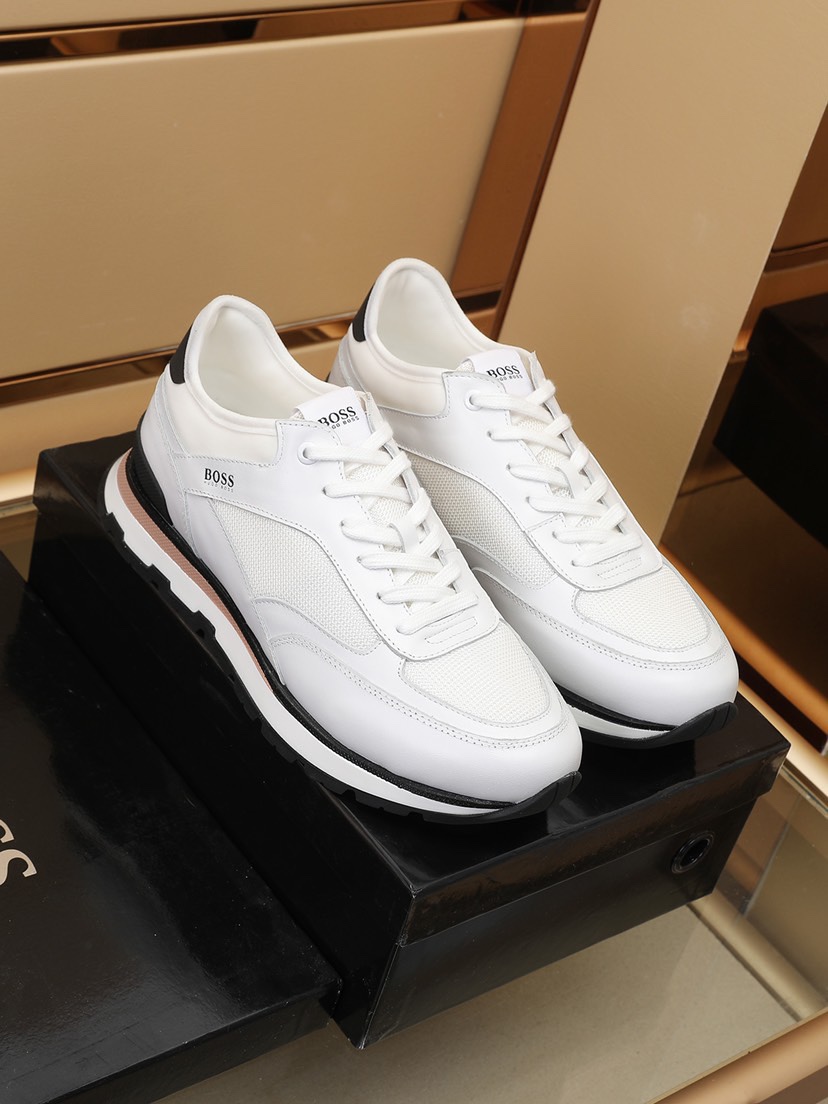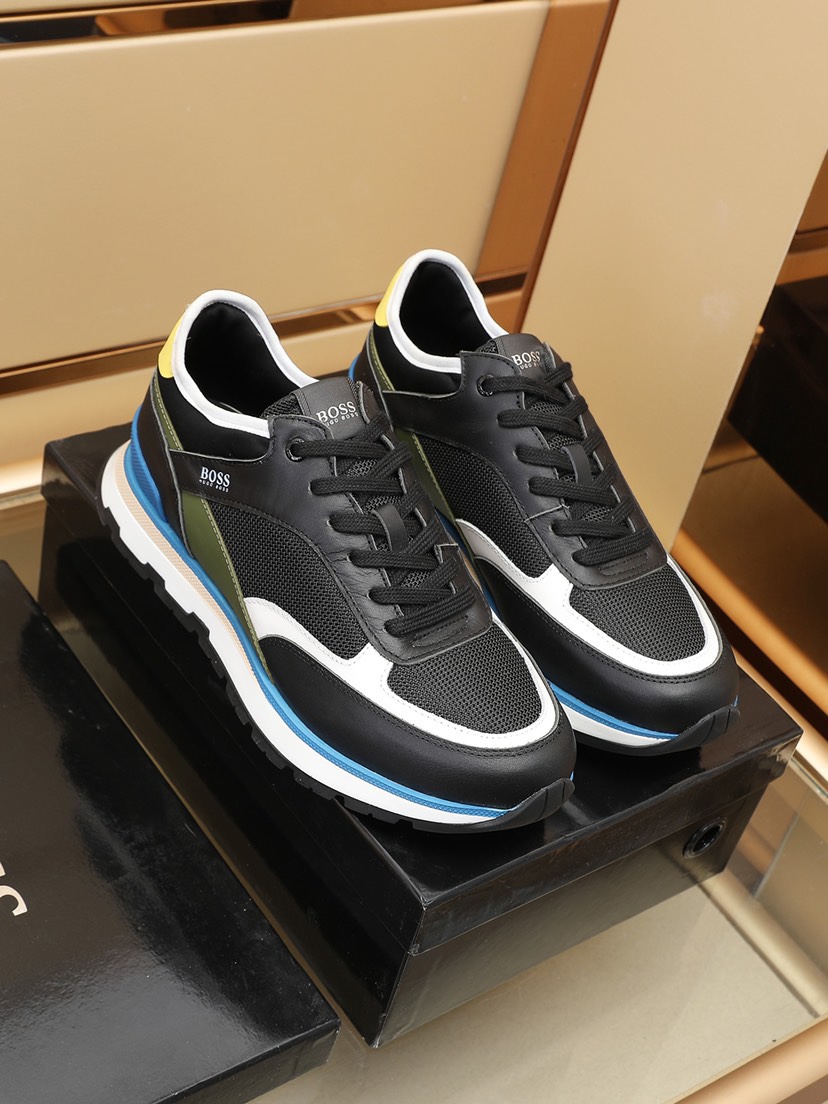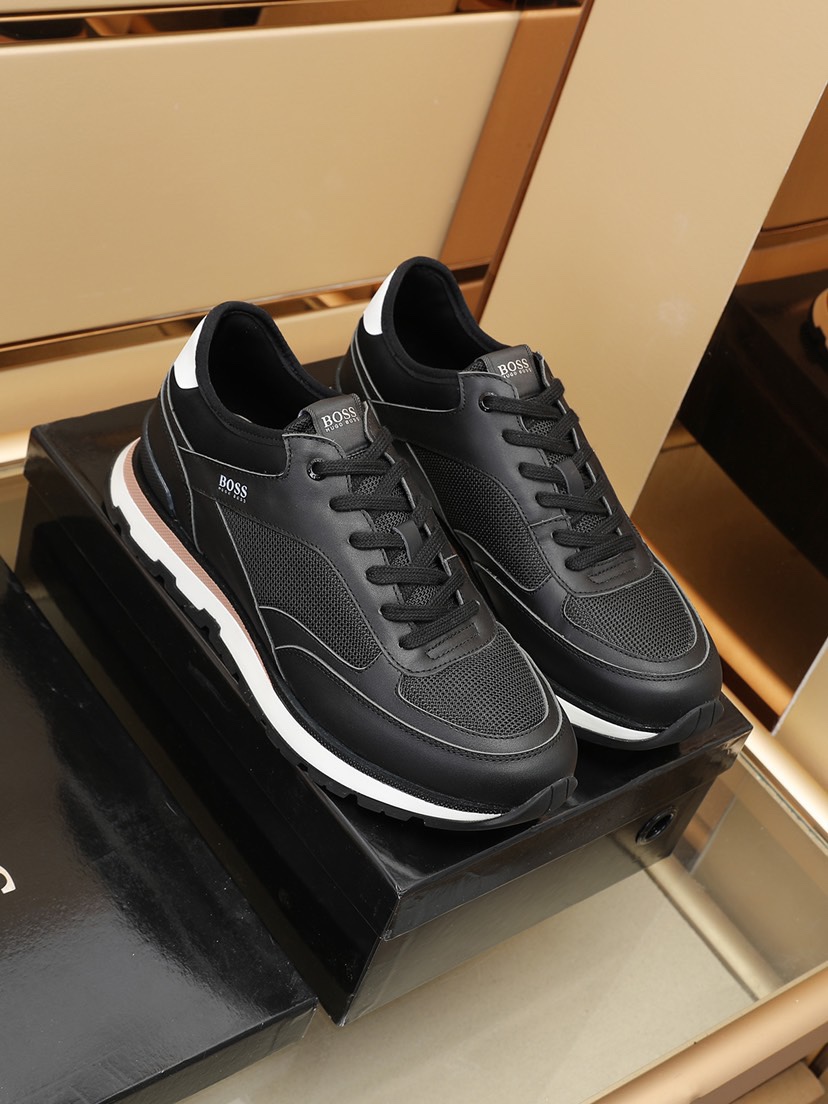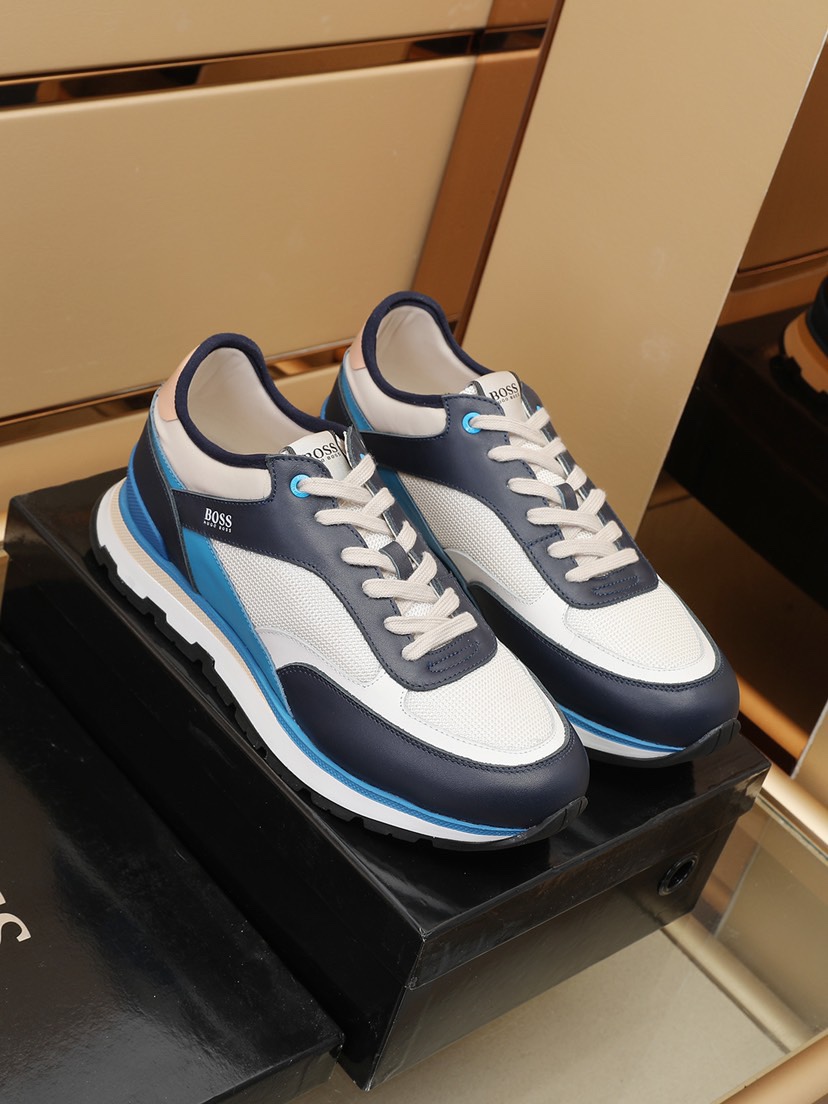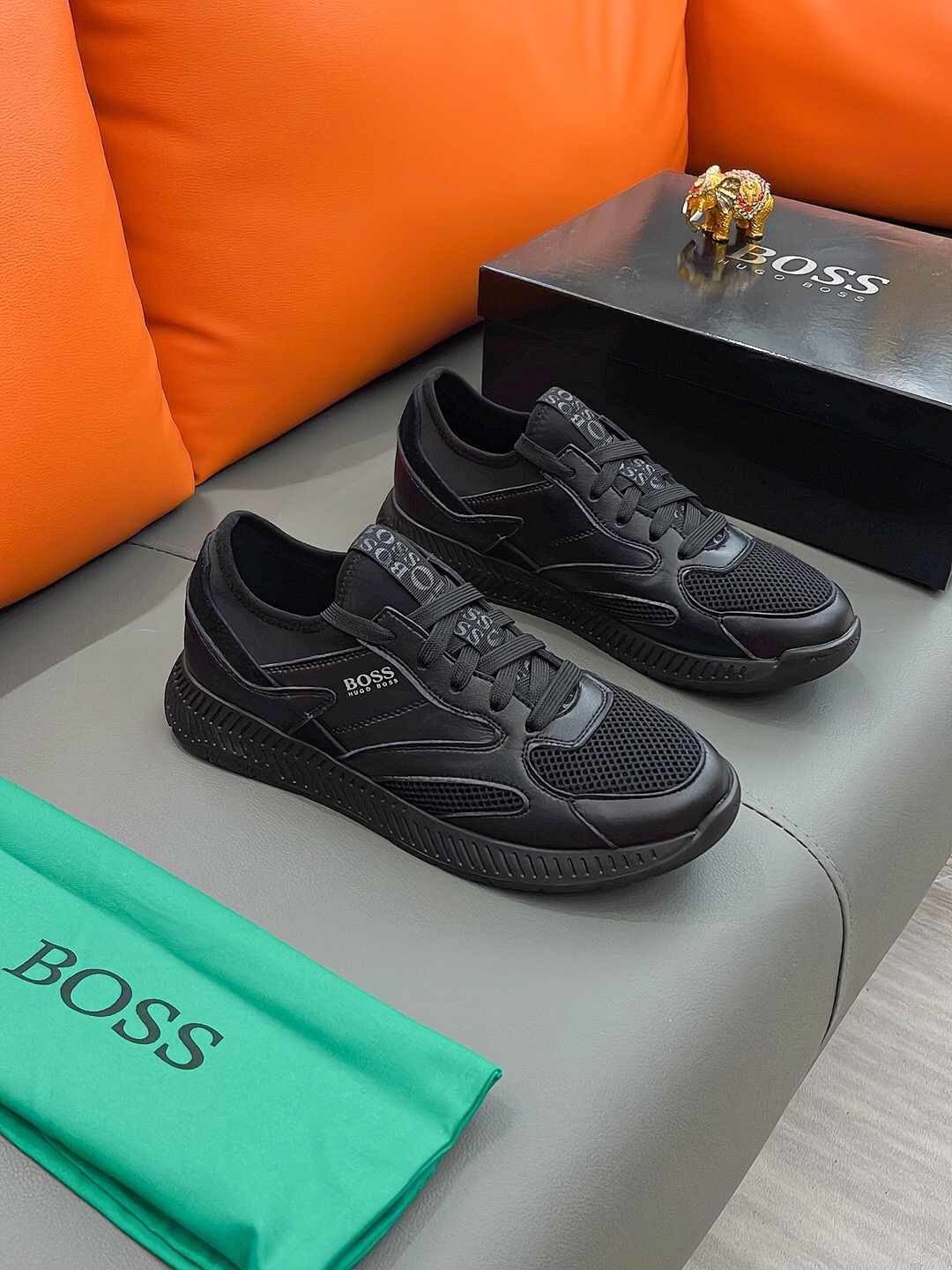
Boss shoes yupoo, particularly those marketed towards the US consumer, possess a set of features that appeal to a specific segment of the market. These features aren't solely about the physical attributes of the shoe but also encompass the brand's image and the overall buying experience. Analyzing these features requires understanding the US consumer's priorities and preferences regarding footwear.
I. Design and Aesthetics:
American buyers often prioritize a balance between classic sophistication and contemporary style. Boss shoes generally excel in this area. They avoid overly trendy designs that might quickly become dated, opting instead for timeless silhouettes with subtle, modern updates. This approach appeals to those seeking a versatile shoe that can be worn in various settings, from business meetings to casual outings. Specific design features that resonate with US buyers include:
Clean lines and minimalist details: Boss shoes often feature uncluttered designs, avoiding excessive embellishments or overly bold branding. This clean aesthetic aligns with the preference for understated elegance prevalent in US fashion.
High-quality materials: The use of premium leathers, suedes, and other materials is crucial. American consumers are willing to pay a premium for durability and a luxurious feel, and Boss generally delivers on this expectation. The visible quality of the materials contributes significantly to the perceived value.
Versatile color palettes: Boss's color palettes typically range from classic neutrals like black, brown, and navy to more subdued shades. This allows for easy integration into existing wardrobes, a key factor for many US buyers who value practicality and coordination. While bolder colors might be offered seasonally, the core collection remains anchored in versatile options.
Attention to detail: Subtle design elements, such as carefully crafted stitching, refined heel counters, and well-integrated branding, demonstrate craftsmanship and elevate the overall perception of quality. These details are often appreciated by discerning US consumers who value meticulous execution.
II. Functionality and Comfort:
While aesthetics are important, US buyers also consider functionality and comfort. Boss shoes aim to strike a balance between style and practicality:
Comfortable fit: While the exact fit varies by model and style, Boss generally prioritizes a comfortable fit that accommodates the foot without being overly loose or restrictive. This is particularly important for shoes intended for all-day wear. The use of supportive insoles and carefully constructed lasts contributes to comfort.
Durable construction: The use of high-quality materials translates to durability. US buyers expect their shoes to withstand regular wear and tear, and Boss shoes are generally designed to meet this expectation. This durability contributes to the perceived value and justifies the higher price point.
Appropriate sole technology: The choice of sole material and construction varies depending on the shoe's intended use (e.g., dress shoes vs. casual shoes). However, Boss generally selects soles that offer a good balance of traction, durability, and comfort.
III. Brand Image and Perception:
Beyond the physical features of the shoes, the Boss brand itself plays a significant role in its appeal to US buyers.
Association with sophistication and success: The Boss brand is often associated with a sophisticated and successful image. This resonates with US consumers who might view the purchase of Boss shoes as a reflection of their personal style and aspirations.
Premium pricing and exclusivity: The higher price point of Boss shoes contributes to their perceived exclusivity and desirability. This aligns with the American consumer's tendency to associate higher prices with higher quality and prestige.
Marketing and branding: Boss's marketing campaigns often emphasize the brand's heritage, craftsmanship, and commitment to quality. This carefully curated brand image reinforces the perception of value and exclusivity.
Retail experience: The in-store experience, whether in a dedicated Boss store or a high-end department store, contributes to the overall perception of the brand. The ambiance, customer service, and overall presentation reinforce the brand's premium image.
IV. Meeting Specific US Market Needs:
The US market is diverse, and Boss caters to different segments:
Business professionals: Classic dress shoes and loafers are popular choices for business professionals who value sophistication and comfort for long working hours.
Casual wearers: Boss yupoo also offers a range of casual shoes, such as sneakers and boots, that blend style and comfort for everyday wear. These cater to a broader audience seeking stylish yet practical footwear.
Specific occasions: Boss offers shoes suitable for various occasions, from formal events to weddings, ensuring its products meet diverse needs within the US market.
In conclusion, the appeal of Boss shoes to US buyers isn't solely about the physical attributes of the shoes themselves. It's a combination of design aesthetics reflecting a balance between classic and contemporary styles, a commitment to high-quality materials and construction, a focus on comfort and functionality, and a carefully cultivated brand yupoo image that resonates with the aspirations and preferences of the target market. The overall experience, from the purchase to the long-term wear, contributes to the perceived value and justifies the premium price point.
